Browse
By Subject: History: 20th Century to Present
View: By Date | Alphabetical | eBooks | Paperbacks
-
 Forthcoming September 2024
Forthcoming September 2024 Vanquished and Victorious
World War One Veterans in Austria and Czechoslovakia, 1918-1938
Šmidrkal, V., Cole, L., Leidinger, H., Kučera, R., Walleczek-Fritz, J., & Šustrová, R.
Innovatively providing a comparative investigation of Austria and Czechoslovakia as key ‘successor states’ of the Habsburg Empire, Vanquished and Victorious reviews the considerable gaps in our understanding of the role veterans played.
Subjects: History: World War I History: 20th Century to Present
-
 Forthcoming September 2024
Forthcoming September 2024 The Death in their Eyes
What Perpetrator Images Perpetrate
Sánchez-Biosca, V.
Perpetrator images — those that embody the point of view of the perpetrators or their accomplices during acts of violence — from Abu Ghraib, the Auschwitz Album, and of illegal prisoners captured during the fiercest dictatorships, are analyzed under a new methodology in The Death in their Eyes to account not only for the visible aspect of the image but to see what is concealed behind or beyond the frame limits.
Subjects: History: 20th Century to Present Media Studies Sociology
-
 Forthcoming August 2024
Forthcoming August 2024 A More Democratic Community
The Place of Democracy in the HIstory of European Integration
Lorenzini, S. & Tulli, U. (eds)
By addressing the “place” of democracy in the history of European integration, this book bridges the political history of postwar Europe with the history of European integration. It shows that European integration and the democratic stability of Western Europe were deeply connected, albeit in contradictory and non-linear ways.
Subject: History: 20th Century to Present
-
 Forthcoming August 2024
Forthcoming August 2024 Smoke and Mirrors
The Yenidze Cigarette Factory, Dresden
Nielsen, D.
Providing the first comprehensive account of the Yenidze Tobacco factory in Dresden, designed by the architect Martin Hammitzsch for the flamboyant Dresden tobacco personality Hugo Zietz, this unique addition to Dresden’s skyline was a formative addition to the development of the modernist aesthetic
Subjects: Cultural Studies (General) History: 20th Century to Present Urban Studies
-
 Forthcoming August 2024
Forthcoming August 2024 Science on Screen and Paper
Media Cultures and Knowledge Production in Cold War Europe
Ivanova, M. & Scholz, J. (eds)
Scientific discovery and discourse were central in the making of Cold War. Spanning various media, Science on Screen and Paper seeks to embrace the medial differences during the Cold War period through intersectional themes and strategies for the representation of science’s central role.
Subjects: Film and Television Studies Media Studies History: 20th Century to Present
-
 Forthcoming August 2024
Forthcoming August 2024 Documenting Socialism
East German Documentary Film
Allan, S. & Heiduschke, S. (eds)
More than 30 years after the collapse of the German Democratic Republic, its cinema continues to attract scholarly attention. Documenting Socialism brings a fresh introduction to the field of documentary cinema and the complexities of diversity under socialism in the GDR.
Subjects: Film and Television Studies History: 20th Century to Present
-
 Forthcoming August 2024
Forthcoming August 2024 Oscar Lewis in Cuba
La Partida Final
Rigdon, S. M.
The experience of Oscar Lewis’ Project Cuba offers lessons on the difficulties of doing social science research in any highly surveilled, politically controlled environment however sympathetic the principal investigator.
Subjects: Political and Economic Anthropology History: 20th Century to Present Theory and Methodology
-
 Forthcoming August 2024
Forthcoming August 2024 War and Genocide, Reconstruction and Change
The Global Pontificate of Pius XII, 1939-1958
Unger-Alvi, S. & Valbousquet, N. (eds)
Following Vatican archives opening up access to materials on the pontificate of Pius XII (1939-1958), the contributors to this volume were amongst the first to access these long-awaited records. They have analyzed them here to present a nuanced and revitalized approach to religious, modern post-war historiography.
Subjects: Genocide History History: 20th Century to Present Anthropology of Religion
-
 Forthcoming July 2024
Forthcoming July 2024 Migration, Dislocation and Movement on Screen
Trandafoiu, R. (ed)
Examining the way contemporary screen industries capture and reflect migration, movement and displacement, Migration, Dislocation and Movement on Screen offers case studies on screen media representations that engage with important emergences of transnational and cosmopolitan imaginaries.
Subjects: Film and Television Studies Refugee and Migration Studies History: 20th Century to Present
-
 Forthcoming July 2024
Forthcoming July 2024 The Soul of the Nation
Catholicism and Nationalization in Modern Spain
Alonso, G. & Hernández Burgos, C. (eds)
Religion and politics have historically clashed in modern Spain, particularly following the crisis of 1808 when the Catholica Monarchy put the role of the Church at the heart of political cultural Debates. The Soul of the Nation seeks to unravel this complex and oppositional history between Catholic values and modern political regimes.
Subjects: History: 20th Century to Present History: 18th/19th Century
-
 Forthcoming July 2024
Forthcoming July 2024 Istanbul at the Threshold of Nation State
Allied Occupation, National Resistance, and Political Conflict, 1918-1923
Ulker, E.
In 1920s and 30s Turkey, the rise of Christian exclusionary movements and policies were backed by nationalist labor and merchant federations. An Imperial Capital at the Threshold of Nation State traces these formations in political dissent and coalition to the faction split of Turkish national movement in the middle of 1922.
Subjects: History: 20th Century to Present History: World War I
-
 Forthcoming June 2024
Forthcoming June 2024 Shifting Paradigms in Contemporary German Politics and Policy
Langenbacher, E. (ed)
Shifting Paradigms in Contemporary German Politics and Policy presents the recent transformations across the European continent and the paradigm shifts in security and defense policy to investigate and predict the future of the altered state of German and European politics.
Subject: History: 20th Century to Present
-
 Forthcoming June 2024
Forthcoming June 2024 Russian Historiography from 1880 to 1905
Pavel N. Miliukov and the Moscow School
Bohn, T. M.
Russian Historiography from 1880 to 1905 develops and intervenes the historic record of Pavel Miliukov (1859-1943), the late leader of the Constitutional Democrats and foreign minister of the Provisional Government, who drove the Moscow School’s paradigm shift from political and legal history to social and economic history.
Subjects: History: 20th Century to Present History: 18th/19th Century
-
eBook available
 Forthcoming May 2024
Forthcoming May 2024 Enchanted by Cinema
Wilhelm Thiele between Vienna, Berlin, and Hollywood
Horak, J.-C. & Seyfert, A.-B. (eds)
Enchanted by Cinema explores the films of the European music film pioneer William Thiele, as well as his career as an exile in Hollywood. Examining a wide range of the director’s filmography, the contributors address a variety of political, aesthetic and cross-cultural issues.
Subjects: Film and Television Studies History: 20th Century to Present Jewish Studies
-
eBook available
 Forthcoming May 2024
Forthcoming May 2024 Social History of German Jews
A Short Introduction
Rürup, M.
Social History of German Jews traces the social history of modern German Jews from the end of the 18th century up to the aftermath of World War II, and focusses on the ascent of German Jews into the middle and upper-middle classes through both adversity and manifold forms of Jewish self-assertion.
Subjects: Jewish Studies History: 18th/19th Century History: 20th Century to Present
-
 Forthcoming May 2024
Forthcoming May 2024 Shaping Tomorrow's World
A Twentieth-Century History of West German, Cold War, and Global Futures Studies
Seefried, E.
Shaping Tomorrow’s World is an award-winning volume that documents the history of futures studies using extensive archival material and rich analysis of the debates surrounding the limits of fields growth.
Subjects: History: 20th Century to Present Sociology
-
eBook available
 Forthcoming May 2024
Forthcoming May 2024 The Trial of a Nazi Doctor
Franz Lucas as Defendant, Opportunist, and Deceiver
Wisely, A.
The Trial of a Nazi Doctor documents the career, crimes, and prosecution of Franz Bernhard Lucas (1911-1994), an SS camp doctor who tried to deflect his participation in the Nazi’s genocidal projects and juxtaposes them with a wide range of testimonials from witnesses including former camp inmates and Holocaust survivors.
Subjects: Genocide History History: 20th Century to Present
-
 Forthcoming May 2024
Forthcoming May 2024 Quotas
The “Jewish Question” and Higher Education in Central Europe, 1880-1945
Miller, M. L. & Szapor, J. (eds)
Quotas focuses on the ideologies and practices of quota regimes in Central and Eastern Europe from the late nineteenth century throughout the 20th century, covering their origins development, and impact particularly on limiting access to higher education.
Subjects: Jewish Studies History: 20th Century to Present History: 18th/19th Century
-
eBook available
 Published April 2024
Published April 2024 Intimate Histories
African Americans and Germany since 1933
Klopprogge, N.
Intimate Histories investigates the role and conceptualizations of intimacy between African American and German relations between 1933 through 1990. Reviewing issues surrounding anti-miscegenation laws, casual sexual encounters, and unique friendships, this book traces how intimacy became an important site of transnational racial history.
Subjects: History: 20th Century to Present Cultural Studies (General) Gender Studies and Sexuality
Hb -
eBook available
 Published March 2024
Published March 2024 Contested Femininities
Representations of Modern Women in the German Illustrated Press, 1920-1960
Lynn, J.
Contested Femininities for the first time contributes a long-view study of constructions of the Neue or Moderne Frau (New or Modern Woman) in the illustrated press providing an incredible scope of inquiry spanning the Weimar Republic, the Third Reich, post-war occupation, and a divided German.
Subjects: History: 20th Century to Present Gender Studies and Sexuality Media Studies
Hb -
eBook available
 Published February 2024
Published February 2024 Working Class Formation in Turkey, 1946-1962
Work, Culture, and the Politics of the Everyday
Alp Özden, B.
Working Class Formation in Turkey explores the everyday practices of workers in Turkey from the End of War II to until just after the military interventions of 1960. Drawing a wide range of historical sources and moving beyond generalizations, this volume examines the contextual dynamics of the lives of Turkish workers during these critical decades.
Subjects: History: 20th Century to Present Cultural Studies (General)
Hb -
eBook available
 Published February 2024
Published February 2024 Fascist Europe
From Italian Supremacy to Subservience to the Reich (1932-1943)
Fioravanzo, M.
Examining the unexplored project for a new European order developed by Italian intellectuals, Fascist Europe reconstructs the theoretical debates that shaped relationships between Fascist Italy, the Nazi Reich, and other Axis nations. In doing so it sheds light on how much the order may have prospectively united or divided the Fascist regime and the Nazi Reich in the post-war order.
Subjects: History: 20th Century to Present History: World War II
Hb -
eBook available
 Published February 2024
Published February 2024 Edges of Noir
Extreme Filmmaking in the 1960s
Mirabile, M.
Edges of Noir addresses film studies’ neglect of 1960s experimental noir films that have resisted easy classification against more popularly regarded late noir films and responds to the interpretive dilemmas and anxieties of the time to which the films provided expression.
Subjects: Film and Television Studies Cultural Studies (General) History: 20th Century to Present
Hb -
eBook available
 Published February 2024
Published February 2024 Gender History of German Jews
A Short Introduction
Schüler-Springorum, S.
Gender History of German Jews is a concise overview of German-Jewish gender agency and change against the “dawn of modernity” across both men and women who dealt with histories of status change, discrimination, persecution, and deportation.
Subjects: Jewish Studies History: 18th/19th Century History: 20th Century to Present
Hb -
eBook available
 Published January 2024
Published January 2024 The Legacy of Serbia's Great War
Politics and Remembrance
Tomić, A.
In an expertly researched, original case study on the memory of the traumatic retreat of the Serbian army in 1915, The Legacy of Serbia’s Great War cuts past contemporary canonization of the retreat and links narratives of the past to political choices in the present.
Subjects: History: 20th Century to Present Memory Studies
Hb -
eBook available
 Published January 2024
Published January 2024 Stories between Tears and Laughter
Popular Czech Cinema and Film Critics
Vojvoda, R.
Stories between Tears and Laughter strikes new ground in the history of Czech cinema focusing on the historically underrepresented post-socialist era following the 1960s to reveal the discourse of cultural value through which popular Czech films were being evaluated.
Subjects: Film and Television Studies Media Studies History: 20th Century to Present
Hb -
eBook available
 Published January 2024
Published January 2024 Centennial Fever
Transnational Hispanic Commemorations and Spanish Nationalism
Moreno-Luzón, J.
Hispanic commemorations that shaped the major elements of Spanish identity at the beginning of the 20th century, and their persistence to the present day, from the “discovery” of America to the publication of Don Quixote of la Mancha, are truly global and transnational events that have created a cultural community on which Spanish nationalism has become dependent.
Subjects: History: 20th Century to Present Cultural Studies (General)
Hb -
eBook available
 Published November 2023
Published November 2023 The Middle-Income Trap in Central and Eastern Europe
Causes, Consequences and Strategies in Post-Communist Countries
Kouli, Y. & Müller, U. (eds)
Reviewing the story of prosperity in Central and Eastern Europe up to current debates, The Middle-Income Trap in Central and Eastern Europe examines the reality of the diminishing marginal utility of further international investments alongside the pitfalls of higher national innovation.
Subject: History: 20th Century to Present
Hb -
eBook available
 Published November 2023
Published November 2023 John F. Kennedy’s Hidden Diary, Europe 1937
The Travel Journals of JFK and Kirk LeMoyne Billings
Kennedy, J. F., LeMoyne Billings, K., & Lubrich, O.
Presenting the 1937 diaries of John F. Kennedy's tour of Europe alongside the "Scrapbook" of his travel companion, Lem Billings, John F. Kennedy’s Hidden Diary, Europe 1937 offers insights into Kennedy's early experiences on a continent under the shadow of Nazism.
Subject: History: 20th Century to Present
Hb
Paperback available -
eBook available
 Published September 2023
Published September 2023 Love, Loyalty and Deceit
Rosemary Firth, a Life in the Shadow of Two Eminent Men
Firth, H. & Brown, L.
How much do we really know about our parents’ lives? What secrets lie in plain sight? This is the true story of hidden love within a small circle of some of the most acclaimed anthropologists of the 20th century.
Subjects: Anthropology (General) History: 20th Century to Present
Hb
Paperback available -
eBook available
 Published August 2023
Published August 2023 Weaponizing the Past
Collective Memory and Jews, Poles, and Communists in Twenty-First Century Poland
Korycki, K.
Theorizing and explaining the process of collective memory of Poland’s communist past, Weaponizing the Past explores contemporary politicizations of the past, national belonging and the production of anti-Semitism.
Subjects: Memory Studies History: 20th Century to Present
Hb -
eBook available
 Published August 2023
Published August 2023 Inside Party Headquarters
Organizational Culture and Practice of Rule in the Socialist Unity Party of Germany
Bergien, R.
As one of the first overviews of a central apparatus of a communist state party, Inside Party Headquarters focuses on the “inner life” of the party and its employees, and examines the changing relations of party and state over the course of four decades.
Subject: History: 20th Century to Present
Hb -
eBook available
 Published July 2023
Published July 2023 If Cars Could Walk
Postsocialist Streets in Transformation
Duijzings, G. & Tuvikene, T. (eds)
Addressing the transformation of street life in postsocialist cities against the backdrop of the explosive rise of car-mobility in the last 25 years, If Cars Could Walk consists of ethnographic case studies documenting changes in these cities as former socialist modes of mobility are replaced by a culture of privately owned cars.
Subjects: Transport Studies History: 20th Century to Present Cultural Studies (General)
Hb -
eBook available
 Published July 2023
Published July 2023 Sites of Modernity—Places of Risk
Risk and Security in Germany since the 1970s
Geyer, M. H. (ed)
Institutions with long traditions of calculating risk such as insurance firms, policing authorities, and prisons are at the center of debates surrounding the fields of security, risk, and emergencies. Starting with the 1970s, Sites of Modernity—Places of Risk innovates against these sprawling and changing debates and shows how attempts to manage and assess risk have shaped modernity.
Subject: History: 20th Century to Present
Hb -
eBook available
 Published July 2023
Published July 2023 Yugoslavia without Yugoslavs
The History of a National Idea
Jezernik, B.
Following the idea of Yugoslavism since its first public usage in 1849, Yugoslavia without Yugoslavs explains why the concept of Yugoslavia competed with Slavic, Serbian, and Croatian nationalistic ideas and failed just five years after its first nation state was established
Subjects: History: 20th Century to Present History: 18th/19th Century History: World War I
Hb -
eBook available
 Published June 2023
Published June 2023 Planting Seeds of Knowledge
Agriculture and Education in Rural Societies in the Twentieth Century
Hartmann, H. & Tischler, J. (eds)
In the late nineteenth and early twentieth centuries, agricultural practices and rural livelihoods were challenged by changes such as commercialization, intensified global trade, and rapid urbanization. Planting Seeds of Knowledge studies the relationship between these agricultural changes and knowledge-making through a transnational lens.
Subjects: History: 20th Century to Present Environmental Studies (General)
Hb -
eBook available
 Published June 2023
Published June 2023 White Eagle, Black Eagle
Ethnic Relations in the German-Polish Borderlands
Parkin, R.
Studying the German-Polish ethnic relations, this book analyses the people and region through their respective borderlands, migration, official cooperation and unofficial suspicions across the border.
Subjects: Anthropology (General) Political and Economic Anthropology History: 20th Century to Present
Hb -
eBook available
 Published June 2023
Published June 2023 Music and Postwar Transitions in the 19th and 20th Centuries
Fléchet, A., Guerpin, M., Gumplowicz, P. & Kelly, B. L. (eds)
Music and Postwar Transitions takes a groundbreaking and much anticipated dive into the concept of postwar transitions and how these affect and are affected by the world of music. Leading scholars in the field explore new approaches to create a novel understanding of music and postwar periods.
Subjects: History: 20th Century to Present History: 18th/19th Century Media Studies
Hb -
eBook available
 Published May 2023
Published May 2023 Coproducing Europe
An Ethnography of Film Markets, Creativity and Identity
Sideri, E.
By focusing on regional film markets in Thessasloniki, Sarajevo, and Tbilisi, Coproduction Europe uses comparative ethnography to look beyond the economic nature of film coproductions to explore their role in Europeanisation, memories of the Cold War, and preconstructed political agendas.
Subjects: Film and Television Studies Cultural Studies (General) History: 20th Century to Present
Hb -
eBook available
 Published May 2023
Published May 2023 Heirs of the Greek Catastrophe
The Social Life of Asia Minor Refugees in Piraeus
Hirschon, R.
Since its first publication in 1989, this classic study has remained in demand. The third edition of Heirs of the Greek Catastrophe includes updated material with a new Preface, Epilogue, and map of the study area.
Subjects: Anthropology (General) Refugee and Migration Studies History: 20th Century to Present
Hb
Paperback available -
eBook available
 Published May 2023
Published May 2023 Chicanery
Senior Academic Appointments in Antipodean Anthropology, 1920–1960
Gray, G., Munro, D. & Winter, C.
Academic appointments can bring forth unexpected and unforeseen contests and tensions, cause humiliation and embarrassment for unsuccessful applicants and reveal unexpected allies and enemies. Chicanery deals with how the founding Chairs at Sydney, the Australian National University, Auckland and Western Australia dealt with this process.
Subjects: Anthropology (General) History: 20th Century to Present Theory and Methodology
Hb -
 Published April 2023
Published April 2023 Citizens into Dishonored Felons
Felony Disenfranchisement, Honor, and Rehabilitation in Germany, 1806-1933
de Groot, T.
Throughout the long nineteenth century felony disenfranchisement affected the moral fabric of German society and coincided with a history of honor in German legal thought. Citizens into Dishonored Felons uses uncommonly extensive archival materials to address the emotional and symbolic impact of punishment as both an enforcement of societal hierarchies and a platform for reform.
Subjects: History: 18th/19th Century History: 20th Century to Present
-
eBook available
 Published April 2023
Published April 2023 The Burden of German History
A Transatlantic Life
Jarausch, K. H.
The Burden of Germany History is Konrad H Jarausch’s much anticipated transatlantic autobiography set against the development and transformation of German studies over the past half-century. Using his life story, Jarausch’s concurrent life in the US and Germany brings us a self-critical historiography of a twentieth-century Germany that was wrestling with the responsibility for war and genocide.
Subjects: History: 20th Century to Present Genocide History History: World War II
Hb -
eBook available
 Published April 2023
Published April 2023 The Rich and the Poor in Modern Europe, 1890-2020
A Historian’s Response to Recent Debates among Economists
Kaelble, H.
While it is easy to accept that modern capitalism is the perpetrator of sociality inequality’s growth today, The Rich and the Poor reconsiders the constructs and facts that led to dramatic rises and crashes in the twentieth century European economic history.
Subject: History: 20th Century to Present
Hb -
eBook available
 Published March 2023
Published March 2023 The History of Thyssen
Family, Industry and Culture in the 20th Century
Schulz, G. & Szöllösi-Janze, M.
The History of Thyssenprovides a summary of a research project funded by the Thyssen Foundations. It is both an explanation of how the project was conceptualized and executed and a detailed case study of a family and business during the late-nineteenth and twentieth centuries.
Subjects: History: 20th Century to Present History: 18th/19th Century
Hb
Paperback available -
eBook available
 Published February 2023
Published February 2023 The Right to Memory
History, Media, Law, and Ethics
Tirosh, N. & Reading, A. (eds)
The Right to Memory looks beyond everyday memory and commemoration practices, focusing instead on how memory relates to human rights and socio-legal constructs in order to legitimize and protect groups and individuals.
Subjects: History: 20th Century to Present Memory Studies Media Studies
Hb -
eBook available
 Published February 2023
Published February 2023 Red America
Greek Communists in the United States, 1920-1950
Karpozilos, K.
Socialism, Communism, and Anarchism were integral components of 19th and 20th century immigrant life. Red America explores the relationship between the immigrant experience in the United States and political radicalism, especially as it relates to the lesser explored Greek American experience in the 20th century.
Subject: History: 20th Century to Present
Hb -
eBook available
 Published January 2023
Published January 2023 The Marseille Mosaic
A Mediterranean City at the Crossroads of Cultures
Ingram, M. & Kleppinger, K. (eds)
Moving across disciplines, The Marseille Mosaic integrates a diverse range of sources and methods to reveal France’s second city in the national imagination as a critical site for postcolonial memory and urban transformation as they crucially interact with debates in contemporary French society.
Subjects: Cultural Studies (General) History: 20th Century to Present Sociology Urban Studies
Hb -
eBook available
 Published January 2023
Published January 2023 Reparative Citizenship for Sephardi Descendants
Returning to the Jewish Past in Spain and Portugal
Kandiyoti, D. & Benmayor, R. (eds)
In 2015, both Portugal and Spain passed laws enabling descendants of Sephardi Jews to obtain citizenship, an historic offer of reconciliation. Drawing from scholarly and first-person essays, Reparative Citizenship for Sephardi Descendants analyzes the memory and afterlives of those who were wronged, and how reconciliatory rights impact the lives of those affected.
Subjects: History (General) Cultural Studies (General) History: 20th Century to Present
Hb -
eBook available
 Published January 2023
Published January 2023 The Guardians of Concepts
Political Languages of Conservatism in Britain and West Germany, 1945-1980
Steber, M.
Since 1945, German and British intellectuals and politicians have struggled to define the term “conservative” throughout its complicated history. The Guardians of Concepts rigorously uncovers the changes in the idea of conservatism and its national and transnational political language history.
Subject: History: 20th Century to Present
Hb -
eBook available
 Published December 2022
Published December 2022 End Game
The 1989 Revolution in East Germany
Kowalczuk, I.-S.
Focusing on major shifts in East Germany leading to the fall of the Berlin Wall, End Game accounts for everyday life from the autumn of 1989 to the first free elections in March of 1990. With an understanding of the events of 1989 as a citizens’ movement as a whole, the volume contextualizes the societal reactions to a nation’s large scale political changes.
Subject: History: 20th Century to Present
Hb -
eBook available
 Published December 2022
Published December 2022 The Servants of Empire
Sponsored German Women’s Colonization in Southwest Africa, 1896-1945
ODonnell, K. M.
In the late 1890s through the 1940s, Germany enacted race-based population policies in Southwest Africa which instrumentalized German women as colonists. The Servants of Empire engages the history of these colonial operatives, mostly comprised of poor, white women, as they became an unsettling force in colonial settlements and contributed to the rise of the German embrace of genocide, National Socialism, and apartheid.
Subjects: Colonial History History: 20th Century to Present
Hb -
eBook available
 Published November 2022
Published November 2022 Different from the Others
German and Dutch Discourses of Queer Femininity and Female Desire, 1918–1940
Sturgess, C.
Presenting for the first time a comparative and socio-cultural history of queer femininities in Germany and the Netherlands for an English-speaking audience, Different from the Others highlights this submerged history and engages queer authors and activists from the Netherlands to challenge and redress conceptualizations of queer femininity in the interwar period.
Subjects: Gender Studies and Sexuality History: World War I History: 20th Century to Present
Hb -
eBook available
 Published November 2022
Published November 2022 Invested Narratives
German Responses to Economic Crisis
Twark, J. (ed)
Narratives of how nations survive, restructure or even fail during economic crisis not only inform future responses to crisis but also strengthen national theoretical, empirical, and analytical financial discourse. Invested Narratives brings together an interdisciplinary set of scholars to address the history of German responses to crisis over the past 200 years.
Subjects: History: 20th Century to Present History: 18th/19th Century
Hb -
eBook available
 Published November 2022
Published November 2022 The Diary of Lt. Melvin J. Lasky
Into Germany at the End of World War II
Lerg, C. A. (ed.)
The Diary of Lt. Melvin J. Lasky reproduces and critically examines Melvin J. Lasky’s diary, which expounds intense and insightful notes on German realities following the aftermath of World War Two and the ideological conflicts between the East and West.
Subjects: History: World War II History: 20th Century to Present Literary Studies
Hb
Paperback available -
 Published October 2022
Published October 2022 Thinking Europe
A History of the European Idea since 1800
Andrén, M.
This title assesses the idea of Europe through its intellectual history. Exploring the concept of integration and the relationship between this and arguments for division and borders it reveals their interplay in the composition of the contemporary European identity.
Subjects: History: 20th Century to Present History: 18th/19th Century
Paperback available -
eBook available
 Published October 2022
Published October 2022 Beyond 'Hellenes' and 'Barbarians'
Asymmetrical Concepts in European Discourse
Postoutenko, K. (ed)
Surveying a variety of significant asymmetrical conceptualizations, Beyond 'Hellenes' and 'Barbarians' extends our current breadth of understanding of how ascriptive terms such as ‘civilization’ vs. ‘barbarity,’ or ‘order’ vs. ‘chaos’ functioned and continue to function in political, scientific, and fictional discourses.
Subjects: History: 20th Century to Present History: 18th/19th Century History: Medieval/Early Modern
Hb -
eBook available
 Published October 2022
Published October 2022 Football Nation
The Playing Fields of German Culture, History, and Society
Dawson, R., Heinsohn, B., Knabe, O., & McDougall, A. (eds)
Germany’s football culture has a historically rich background full of transnational entanglements, German identity formation, and fan cultures. Football Nation constructs new insights surrounding the multifaceted landscapes of German historical and contemporary football debates as it investigates football’s role in discourses on culture, history, and politics.
Subjects: History: 20th Century to Present Cultural Studies (General)
Hb -
eBook available
 Published October 2022
Published October 2022 Brewing Socialism
Coffee, East Germans, and Twentieth-Century Globalization
Kloiber, A.
Taking an uncommonly focused lens against the deep and active role coffee had in connecting East Germans to a global market, Brewing Socialism uncovers the significance of East German efforts to democratize coffee and how that focus on material cultural informed the everyday life of the Social Unity Party’s conceptualization of a modern social utopia.
Subjects: History: 20th Century to Present Cultural Studies (General)
Hb -
eBook available
 Published October 2022
Published October 2022 German–Jewish Studies
Next Generations
Wallach, K. & Elyada. A. (eds)
Applying current and evolving interdisciplinary scholarship to bring an original and comprehensive assessment of why German-Jewish studies as a field is vital to further our understanding of antisemitism, racism, and coloniality, German-Jewish Studies: Next Generations grounds the field’s necessity to the future of scholarship in the twenty-first century.
Subjects: History: 20th Century to Present Jewish Studies
Hb -
eBook available
 Published September 2022
Published September 2022 Humboldt Revisited
The Impact of the German University on American Higher Education
Brandser, G. C.
Humboldt Revisited offers a fresh perspective on the contemporary discourse surrounding reform of European universities. Drawing from a rich selection of historical sources, this volume challenges the conventional historical narratives on the Humboldt University, providing new insight into the American reception of the German ideas.
Subjects: Educational Studies History: 20th Century to Present Sociology
Hb -
eBook available
 Published September 2022
Published September 2022 The Chernobyl Effect
Antinuclear Protests and the Molding of Polish Democracy, 1986–1990
Szulecki, K., Waluszko, J., & Borewicz, T.
Empirically rich, The Chernobyl Effect shows how the Chernobyl catastrophe sparked a new kind of protest against the communist authorities of Poland. Drawing on samizdat, archival sources, and open-ended interviews with participants the authors show how a qualitatively new phenomenon was created on the opposition scene and challenge the dominant narrative of the Cold War’s end.
Subject: History: 20th Century to Present
Hb -
eBook available
 Published September 2022
Published September 2022 Borders in East and West
Transnational and Comparative Perspectives
Berger, S. & Hashimoto, N. (eds)
The different ways of understanding borders, through culture, politics, or even religion, is transforming and requires multi-disciplinary approaches the complexity of interactions and tensions that may arise. Borders in East and West focuses on the relationships between Europe and East Asia through comparative case studies to challenge discourses and build new perspectives.
Subjects: History: 20th Century to Present History: 18th/19th Century Colonial History
Hb -
eBook available
 Published September 2022
Published September 2022 Pacific Automobilism
Adventure, Status and the Carnival of Mobility, 1970–2015
Mom, G.
In this expansive volume, historian Gijs Mom explores how contemporary mobility has been impacted by social, political, and economic forces on a global scale, as in light of local mobility cultures, the car as an ‘adventure machine’ seems to lose cultural influence in favor of the car’s status character.
Subjects: Transport Studies History: 20th Century to Present Mobility Studies
Hb -
eBook available
 Published August 2022
Published August 2022 Towards a Collaborative Memory
German Memory Work in a Transnational Context
Jones, S.
For the first time, this volume creates a sustained study that positions together transnational memory and relational sociology to consider the memory of the GDR. Towards a Collaborative Memory advances the field of transnational memory studies and develops new theoretical approaches that re-evaluate our understanding of actor-driven European memory.
Subjects: Memory Studies Colonial History History: 20th Century to Present
Hb -
eBook available
 Published August 2022
Published August 2022 Dynamics of Emigration
Émigré Scholars and the Production of Historical Knowledge in the 20th Century
Berger, S. & Müller, P. (eds)
In the dictatorships of the twentieth century, historians have frequently been exiled from both fascist and communist regimes. This book discusses the experience of exile and asks why some of them were successful in establishing themselves in their new host countries while others failed.
Subjects: History: 20th Century to Present Refugee and Migration Studies
Hb -
eBook available
 Published August 2022
Published August 2022 200 Years of Peace
New Perspectives on Modern Swedish Foreign Policy
Biltekin, N., Müller, L., & Petersson, M. (eds)
In the wake of Sweden’s anniversary of 200 years of peace in 2014, this volume brings for the first time a targeted approach to the concept of claimed Swedish exceptionality. Taking on the nation’s policies of neutrality, 200 Years of Peace centers discussion around what it means for a nation to endure a uniquely long period of time without any pronounced conflict.
Subjects: History: 20th Century to Present Peace and Conflict Studies
Hb -
eBook available
 Published July 2022
Published July 2022 Rethinking Social Movements after '68
Selves and Solidarities in West Germany and Beyond
Davis, B., Brühöfener, F., & Milder, S. (eds)
With a focus on West Germany and Europe, Social Movements after ’68 bridges the 1970s and 1980s as a vital period of European political development and social change. Looking past the known ruptures and changes in the history of European social movements, this volume brings together interconnected social movements including environmental, women’s and gay rights movements.
Subjects: History: 20th Century to Present Cultural Studies (General)
Hb -
eBook available
 Published July 2022
Published July 2022 Oswald Spengler and the Politics of Decline
Lewis, B.
Re-evaluating the evolution Oswald Spengler’s political activities and his work, Oswald Spengler and the Politics of Decline explains the outcome of Spengler’s meta-historical considerations on world history and the practical demands of Realpolitik. This volume takes a novel approach to one of the most important thinkers of the Weimar Republic and his contributions to the complex discourse of German national renewal.
Subject: History: 20th Century to Present
Hb
Paperback available -
eBook available
 Published June 2022
Published June 2022 Spanish Laughter
Humor and Its Sense in Modern Spain
Calvo Maturana, A. (ed)
Exploring various forms of humor in Modern Spain since their entry into the eighteenth-century public sphere, Spanish Laughter takes on the comforting, transgressive, conservative, rebellious, and other dynamic forms of humor as they have changed and contributed to the building of Spain’s cultural framework and historiographical panorama.
Subjects: History: 18th/19th Century History: 20th Century to Present Media Studies
Hb -
eBook available
 Published June 2022
Published June 2022 What Remains
Responses to the Legacy of Christa Wolf
Fetz, G. A. & Herminghouse, P. (eds)
In response to the legacy of Christa Wolf, What Remains addresses arguably the most important German writer in the period of since World War II until her death in 2011. Scholars across the U.S. and Europe address both the importance of her role in contributing to the cultural life of East Germany and the controversies surrounding her life and works in the aftermath of the collapse of East Germany and the process of German unification.
Subjects: History: 20th Century to Present Literary Studies
Hb -
eBook available
 Published May 2022
Published May 2022 Continental Transfers
Cultural and Political Exchange among Spain, Italy and Argentina, 1914-1945
Fuentes Codera, M. & Dogliani, P. (eds)
The cultural and political connections between Spain, Italy and Argentina developed complex transnational transfers over the course of two World Wars. Bringing together scholars from all three nations, Continental Transfers configures a multidirectional approach to the nations’ reciprocal exchange using new theoretical ground to understand the development links to the construction of national and supranational identities, such as Latinism and Hispanism.
Subjects: History: 20th Century to Present History: World War I History: World War II
Hb -
eBook available
 Published May 2022
Published May 2022 Hotbeds of Licentiousness
The British Glamour Film and the Permissive Society
Halligan, B.
By focusing on a series of colorful filmmakers whose work, while omnipresent during the 1970s, now remains critically ignored, Hotbeds of Licentiousness explores pornography as a lens through which to view radical changes in British society.
Subjects: Film and Television Studies History: 20th Century to Present Cultural Studies (General)
Hb
Paperback available -
eBook available
 Published May 2022
Published May 2022 The Walls of Santiago
Social Revolution and Political Aesthetics in Contemporary Chile
Gordon-Zolov, T. & Zolov, E.
The response in Chile to Santiago’s metro’s fare hike in October of 2019 has grown into a strong and multi-faceted resistance movement. Through incisive and topical analysis, the authors offer a beautiful catalog of photographs of the murals, graffiti, and other forms of political art, reflecting on these aesthetic traditions and their relationship to the broader context of global protest movements and the long shadow cast by memories of the Pinochet regime.
Subjects: Media Studies History: 20th Century to Present
Hb
Paperback available -
 Published April 2022
Published April 2022 Environing Empire
Nature, Infrastructure and the Making of German Southwest Africa
Kalb, M.
Between the infamous Benguela Current and the Namib Desert, nature significantly effected the progression of German imperialism and the creation of German Southwest Africa. Environing Empire reveals the environmental infrastructures that defined not only the culture of German colonial entanglements, but the fantasy that drove Lebensraum during the Second Reich.
Subjects: History: 20th Century to Present Environmental Studies (General)
Paperback available -
eBook available
 Published April 2022
Published April 2022 Anglo-American Relations and the Transmission of Ideas
A Shared Political Tradition?
Dobson, A. & Marsh, S. (eds)
With a central objective to interrogate the notion of a shared Anglo-American political tradition, Anglo-American Relations and the Transmission of Ideas opens up new debate on the nature of the ‘first principles’ that were to frame the development of Anglo-American ideas embedded in our everyday institutions and organizations.
Subjects: History: 20th Century to Present Cultural Studies (General)
Hb -
eBook available
 Published April 2022
Published April 2022 Minority Discourses in Germany since 1990
Gezen, E., Layne, P., & Skolnik, J. (eds)
Minorities and Minority Discourse in Germany since 1990 opens the question of why ethnic minorities in Germany are often discussed in isolation. Whereas most studies examine Black Germans, Jews in Germany, or Turkish Germans on their own terms vis-à-vis the majority German society, this volume takes on unique and comparative perspectives on an increasingly complex German society.
Subjects: History: 20th Century to Present Refugee and Migration Studies
Hb -
eBook available
 Published March 2022
Published March 2022 The World beyond the West
Perspectives from Eastern Europe
Kałczewiak, M. & Kozłowska, M. (eds)
Exploring the evolution of Eastern European discourses in Asia, Africa and Latin America in nineteenth and twentieth century, this volume locates the mechanisms and strategies that diverse Eastern European social actors adopted when discussing the non-European world. The Eastern European perspective is not only an important addition to the study of orientalism and post coloniality, but the transnational links in-between Eastern Europe show the region’s importance to a global history.
Subjects: History: 20th Century to Present History: 18th/19th Century Colonial History
Hb -
eBook available
 Published March 2022
Published March 2022 Nationalism and Internationalism Intertwined
A European History of Concepts Beyond the Nation State
Ihalainen, P. & Holmila, A. (eds)
Understanding the dynamics between nationalisms and internationalisms allows evaluating ongoing processes and intervening in current debates. Nationalism and Internationalism Intertwined, uses a multidisciplinary approach to a long term and macro-level history of international projects since the eighteenth century to assess how spaces of politics have been debated and redefined in different European political cultures.
Subjects: History: 20th Century to Present History: 18th/19th Century
Hb -
eBook available
 Published March 2022
Published March 2022 The Aesthetics of Rule and Resistance
Analyzing Political Street Art in Latin America
Bogerts, L.
Through illuminating case studies of street art in Buenos Aires, Bogotá, Caracas, and Mexico City, The Aesthetics of Rule and Resistance explores the visual strategies of persuasion and meaning-making employed by both rulers and resisters to foster self-legitimization, identification, and mobilization.
Subjects: History: 20th Century to Present Urban Studies Cultural Studies (General)
Hb
Paperback available -
eBook available
 Published February 2022
Published February 2022 Moving Frames
Photographs in German Cinema
Collenberg-González, C. & Sheehan, M. P. (eds)
Through an intermedial approach combining studies on cinema and photography, Moving Frames addresses precise historical moments uniquely in a German context. Across films both in and outside the canon, this volume tackles those specific historical moments experienced in media forms to gauge the cultural, political, and transnational trends in humanity’s desire for agency and how that agency is represented.
Subjects: Film and Television Studies Cultural Studies (General) History: 20th Century to Present
Hb -
eBook available
 Published January 2022
Published January 2022 France, Germany, and Nuclear Deterrence
Quarrels and Convergences during the Cold War and Beyond
Badalassi, N. & Gloriant, F. (eds)
France, Germany, and the Nuclear Deterrence employs a multi-archival approach to the legacy of World War II and the bipolar division of Europe. The volume longitudinally covers the post-war, Cold War and post-Cold War eras and leads into the present day to focus on the history of Franco-German strategic and nuclear relations within an evolving Euro-Atlantic security architecture.
Subject: History: 20th Century to Present
Hb -
eBook available
 Published December 2021
Published December 2021 Germany and the Confessional Divide
Religious Tensions and Political Culture, 1871-1989
Ruff, M. E. & Großbölting, T. (eds)
Germany confessional identities developed against cultural, religious, and political tensions in the 19th and early 20th centuries. Unpacking the conflicted religious history, this collection focuses on defining traumatic events, tracing their origins across division between Catholics and Protestants, hinderance of German unification, and transforming religious identities, allegiances, and practices
Subjects: History: 18th/19th Century History: 20th Century to Present
Hb -
eBook available
 Published December 2021
Published December 2021 Repressed, Remitted, Rejected
German Reparations Debts to Poland and Greece
Roth, K. H. & Rübner, H.
Greece and Poland have recently reignited debates on minimally settled reparations demands resulting from suffering under the terror of Nazi occupation during the Second World War. Using an international law perspective, this expansive volume reconstructs the German occupation of Poland and Greece and confronts German aversions to reparations debt.
Subjects: History: World War II History: 20th Century to Present
Hb -
eBook available
 Published November 2021
Published November 2021 The Paradoxical Republic
Austria 1945–2020
Rathkolb, O.
Written by one of the nation’s leading historians, this account of postwar Austria explores the tensions that have defined it for over seven decades. This newly revised edition also addresses the major developments since 2005, including a resurgent far right, economic instability, and the potential fracturing of the European Union.
Subject: History: 20th Century to Present
Hb
Paperback available -
eBook available
 Published November 2021
Published November 2021 Defeating Impunity
Attempts at International Justice in Europe since 1914
Rovetta, O. & Lagrou, P. (eds)
Over the course of the long and violent twentieth century, only a minority of the perpetrators of international crimes ever stood trial. In analyzing and documenting the challenge addressing that status of international justice and its realization, this collection uses an international perspective to take the reader through both little known and prominent trials.
Subjects: History: 20th Century to Present Genocide History
Hb -
eBook available
 Published October 2021
Published October 2021 Heritage under Socialism
Preservation in Eastern and Central Europe, 1945–1991
Gantner, E. B., Geering, C., & Vickers, P. (ed)
Heritage under Socialism enriches the conceptual, methodological and empirical scope of heritage studies. Its transnational approach highlights the socialist world’s diverse interpretations of heritage and its trajectories in post-socialist preservation practices, thus providing new perspectives on the way heritage has been shaped in the recent past.
Subjects: History: 20th Century to Present Heritage Studies Memory Studies
Hb
Paperback available -
 Published October 2021
Published October 2021 Transcending the Nostalgic
Landscapes of Postindustrial Europe beyond Representation
Jaramillo, G. S. & Tomann, J. (eds)
This collection explores the affective and “more-than-representational” dimensions of post-industrial landscapes, analyzing narratives, practices, social formations, and other phenomena. Focusing on case studies from across Europe, it examines both the objective and the subjective aspects of societies that produce fewer things and employ fewer workers.
Subjects: History: 20th Century to Present Heritage Studies
Paperback available -
eBook available
 Published October 2021
Published October 2021 Guido Goldman
Transatlantic Bridge Builder
Klingst, M.
Guido Goldman was one of the most distinguished protagonists of the reintegration of Germany into the international community after the defeat of Nazism in 1945. This biography looks at his remarkable life from his establishment of the German Marshall Fund to establishing the Center for European Studies at Harvard University.
Subjects: History: 20th Century to Present Peace and Conflict Studies
Hb
Paperback available -
eBook available
 Published September 2021
Published September 2021 Israel-Palestine
Lands and Peoples
Bartov, O. (ed)
The conflict between Israel and Palestine has raised a plethora of unanswered questions, generated seemingly unreconcilable narratives, and profoundly transformed the land’s physical and political geography. This volume seeks to provide a deeper understanding of the links between the region that is now known as Israel and Palestine and its peoples—both those that live there as well as those who relate to it as a mental, mythical, or religious landscape.
Subjects: Peace and Conflict Studies History: 18th/19th Century History: 20th Century to Present
Hb
Paperback available -
eBook available
 Published September 2021
Published September 2021 The Greek Military Dictatorship
Revisiting a Troubled Past, 1967–1974
Anastasakis, O. & Lagos, K. (eds)
From 1967 to 1974, the military junta ruling Greece attempted a dramatic reshaping of the nation, implementing ideas and policies that, for better or for worse, left an indelible mark on both domestic affairs and international relations. Bringing together leading scholars from a range of disciplines, The Greek Military Dictatorship provides a fresh and nuanced reassessment of this era.
Subject: History: 20th Century to Present
Hb
Paperback available -
eBook available
 Published September 2021
Published September 2021 Traumatic Pasts in Asia
History, Psychiatry, and Trauma from the 1930s to the Present
Micale, M. S. & Pols, H. (eds)
Traumatic Pasts in Asia extends Euro-American paradigms of traumatic experience to new sites of world-historical suffering and, in the process, explores how these new terrains of investigation inform and enrich earlier understandings.
Subjects: History: 20th Century to Present Memory Studies Medical Anthropology
Hb
Paperback available -
eBook available
 Published August 2021
Published August 2021 International Organizations Revisited
Agency and Pathology in a Multipolar World
Dijkzeul, D. & Salomons, D. (eds)
Thoroughly revised and based on current management research, this follow-up to Rethinking International Organizations provides a wealth of both empirical and theoretical insights to the management of the United Nations and international NGOs, along with practical recommendations for how these organizations can function more effectively.
Subject: History: 20th Century to Present
Hb -
eBook available
 Published August 2021
Published August 2021 Iron Landscapes
National Space and the Railways in Interwar Czechoslovakia
Jeschke, F.
Throughout the 1920s and 1930s, the newly formed country of Czechoslovakia built an ambitious national rail network out of what remained of the obsolete Habsburg system. Drawing on evidence ranging from government documents to newsreels to train timetables, Iron Landscapes gives a nuanced account of how planners and authorities knitted together the young nation-state and articulated a Czechoslovak cosmopolitanism.
Subjects: History: 20th Century to Present Transport Studies
Hb -
eBook available
 Published August 2021
Published August 2021 Territory, State and Nation
The Geopolitics of Rudolf Kjellén
Björk, R. & Lundén, T. (eds)
Rudolf Kjellén, regularly referred to as “the father of geopolitics”, developed in the first decade of the twentieth century an analytical model for calculating the capabilities of great-power states and promoting their interests in the international arena. Territory, State and Nation explores his century-long international scholarly impact, his analytical model, and his analyses of contemporary history.
Subject: History: 20th Century to Present
Hb -
eBook available
 Published August 2021
Published August 2021 The Russian Cold
Histories of Ice, Frost, and Snow
Herzberg, J., Renner, A., & Schierle, I. (eds)
Cold has long been a fixture of Russian identity both within and beyond the nation, even as the ongoing effects of climate change complicate its meaning and cultural salience. The Russian Cold assembles fascinating new contributions from a variety of scholarly traditions, offering new perspectives on how to understand this mainstay of Russian culture and history.
Subjects: History: 18th/19th Century History: 20th Century to Present Environmental Studies (General)
Hb
Paperback available -
eBook available
 Published June 2021
Published June 2021 The Age of Capitalism and Bureaucracy
Perspectives on the Political Sociology of Max Weber
Mommsen, W. J.
In this new edition of Wolfgang Mommsen’s illuminating study, Max Weber is presented in terms of the major questions that preoccupied him as one of the towering social scientists of his time, with insights that are persistently relevant as we deal with the structures and dynamics of modern industrial societies.
Subjects: Sociology History: 20th Century to Present
Hb
Paperback available -
eBook available
 Published June 2021
Published June 2021 German Rule, African Subjects
State Aspirations and the Reality of Power in Colonial Namibia
Zimmerer, J.
This classic study, now available for the first time in English, explains how German colonial ambitions foundered in present-day Namibia. As it shows, the highly rationalized planning of Wilhelmine authorities could not accommodate the practical, lived realities of both colonizer and colonized.
Subjects: Colonial History History: 20th Century to Present
Hb -
eBook available
 Published May 2021
Published May 2021 Echoes of Surrealism
Challenging Socialist Realism in East German Literature, 1945–1990
Berendse, G.-J.
Echoes of Surrealism surveys areas of surrealist art throughout the entire lifespan of the GDR and explores analyses of the interaction and reciprocal influences of various art forms. Focusing on individual authors, visual artists, film directors and musicians who have taken a surrealist perspective in their work, this study reveals how the surrealist perspective offered an alternative to the rigid government cultural policies by questioning and confronting the status quo.
Subjects: Literary Studies History: 20th Century to Present
Hb
Paperback available -
eBook available
 Published May 2021
Published May 2021 When They Came for Me
The Hidden Diary of an Apartheid Prisoner
Schlapobersky, J. R.
Whilst a student in South Africa, John Schlapobersky was arrested for opposing apartheid and tortured, detained and deported. In this volume, apartheid and its resistance come to life in personal stories that make this a vital historical document - one of its time and one for our own.
Subjects: History: 20th Century to Present
Hb
Paperback available -
eBook available
 Published May 2021
Published May 2021 Legal Entanglements
Law, Rights and the Battle for Legitimacy in Divided Germany, 1945-1989
Gehrig, S.
Drawing on wide-ranging archival research and recently declassified documents, Legal Entanglements follows the politicians, intellectuals, and other historical actors on both sides of the Berlin Wall who helped their nation to navigate volatile and uncertain legal circumstances.
Subject: History: 20th Century to Present
Hb -
eBook available
 Published April 2021
Published April 2021 East German Film and the Holocaust
Ward, E.
By combining close analyses of five films made between 1947 and 1988 with extensive archival research, this book unravels the complex status of films dealing with Jewish persecution produced in a country that consistently privileged narratives of political persecution above racial victimhood.
Subjects: Film and Television Studies Genocide History History: 20th Century to Present
Hb
Paperback available -
eBook available
 Published April 2021
Published April 2021 Bestsellers of the Third Reich
Readers, Writers and the Politics of Literature
Adam, C.
Christian Adam examines how books came into being under the Nazis, how they became bestsellers—sometimes against the will of the rulers—and which books were actually read. He writes the history of the bestsellers in the darkest epoch of the German past, thus opening a new perspective on the mentality of the Germans between 1933 and 1945.
Subjects: History: 20th Century to Present Literary Studies
Hb -
eBook available
 Published April 2021
Published April 2021 The Herero Genocide
War, Emotion, and Extreme Violence in Colonial Namibia
Häussler, M.
Drawing on previously inaccessible and overlooked archival sources, The Herero Genocide undertakes a groundbreaking investigation into the war between colonizer and colonized in what was formerly German South West Africa and is today the nation of Namibia. The result is an indispensable account of a genocide that has been neglected for too long.
Subjects: History: 20th Century to Present Genocide History
Hb
Paperback available -
eBook available
 Published March 2021
Published March 2021 At the Edge of the Wall
Public and Private Spheres in Divided Berlin
Hochmuth, H.
The neighboring boroughs of Friedrichschain and Kreuzberg shared a history and identity until their fortunes diverged dramatically following the construction of the Berlin Wall, which placed them within opposing political systems. This revealing account of the two towns during and after the Cold War takes a microhistorical approach to illuminate the broader historical trajectories of East and West Berlin.
Subjects: History: 20th Century to Present Urban Studies
Hb -
 Published March 2021
Published March 2021 Peripheries at the Centre
Borderland Schooling in Interwar Europe
Venken, M.
Peripheries at the Centre reveals how Prussia, and later the German Empire, used educational policy to promote national identity along its geographical margins. It shows how policymakers sought to cultivate ideal German students who, it was hoped, would help to usher in a new, peaceful era in European history while reinforcing their status as German citizens.
Subjects: History: 20th Century to Present Educational Studies
Paperback available -
eBook available
 Published February 2021
Published February 2021 Political Graffiti in Critical Times
The Aesthetics of Street Politics
Campos, R., Pavoni, A., & Zaimakis, Y. (eds)
With a particular eye to the demographic, ecological, and economic crises of today, this volume provides a wide-ranging exploration of urban space and visual protest during periods of social and political upheaval. Assembling case studies that cover topics such as gentrification in Cyprus and the convulsions of post-independence East Timor, it reveals the ways in which street artists challenge existing social orders and reimagine urban landscapes.
Subjects: History: 20th Century to Present Urban Studies Cultural Studies (General)
Hb
Paperback available -
eBook available
 Published February 2021
Published February 2021 Nordic War Stories
World War II as History, Fiction, Media, and Memory
Stecher-Hansen, M. (ed)
Nordic War Stories explores the commonalities and divergences among the five Nordic countries, examining formal and informal national historiographies alongside representations of the second world war in canonical literary works, memoirs, and films. Together, they comprise a valuable companion that challenges the myth of Scandinavian homogeneity while demonstrating the powerful influence that the war continues to exert on national self-conceptions.
Subjects: History: 20th Century to Present Media Studies
Hb
Paperback available -
eBook available
 Published February 2021
Published February 2021 Four-Color Communism
Comic Books and Contested Power in the German Democratic Republic
Eedy, S.
As with all other forms of popular culture, comics in East Germany were tightly controlled by the state. Comics were employed as extensions of the regime’s educational system, delivering state ideology to develop the socialist personality among youth. The East German children who avidly read these comics, however, found their own meanings and projected their own desires in them.
Subjects: History: 20th Century to Present Media Studies
Hb
Paperback available -
eBook available
 Published January 2021
Published January 2021 Risk on the Table
Food Production, Health, and the Environment
Creager, A. N. H. & Gaudilière, J.-P. (eds)
From the proliferation of synthetic additives to the threat posed by antibiotic-resistant bacteria, the chapters in Risk on the Table zero in on key historical cases in North America and Europe that illuminate the history of food safety, highlighting the powerful tension that exists between policymakers’ decisions and cultural notions of “pure” food.
Subjects: Environmental Studies (General) History: 20th Century to Present Food & Nutrition
Hb
Paperback available -
eBook available
 Published January 2021
Published January 2021 After Auschwitz
The Difficult Legacies of the GDR
Heitzer, E., Jander, M., Kahane, A., & Poutrus, P. G. (eds)
This provocative collection reflects on the heretofore ignored or repressed aspects of German mainstream society—including right-wing extremism, anti-Semitism and racism—to call for an ambitious renewal of historical research and political education to place East Germany in its proper historical context.
Subject: History: 20th Century to Present
Hb
Paperback available -
eBook available
 Published January 2021
Published January 2021 In the Shadow of the Great War
Physical Violence in East-Central Europe, 1917–1923
Böhler, J., Konrád, O., Kučera, R. (eds)
Whether victorious or not, Central European states faced fundamental challenges after the First World War as they struggled to contain ongoing violence and forge peaceful societies. This collection explores the various forms of violence these nations confronted during this period, which effectively transformed the region into a laboratory for state-building.
Subjects: History: World War I History: 20th Century to Present Peace and Conflict Studies
Hb
Paperback available -
eBook available
 Published December 2020
Published December 2020 Recognizing the Past in the Present
New Studies on Medicine before, during, and after the Holocaust
Hildebrandt, S., Offer, M., & Grodin, M. A. (eds)
This interdisciplinary collection assembles a chain of documentation on the critical role of medicine in realizing the policies of Hitler’s regime. It traces the historical legacies of National Socialist medicine from their roots in the racial theories of the 1920s, through their manifestation in the Nazi period, and on to legacies and continuities from the postwar years to the present.
Subjects: History: 20th Century to Present Genocide History Jewish Studies
Hb
Paperback available -
eBook available
 Published December 2020
Published December 2020 The Politics of Personal Information
Surveillance, Privacy, and Power in West Germany
Frohman, L.
This book gives a definitive account of the politics of personal information in West Germany during the 1970s and 1980s, highlighting the growing role of personal information as a tool for social governance.
Subject: History: 20th Century to Present
Hb
Paperback available -
eBook available
 Published December 2020
Published December 2020 The Meanings of a Disaster
Chernobyl and Its Afterlives in Britain and France
Kalmbach, K.
Focusing on the cases of Great Britain and France, this innovative study explores the discourses and narratives that arose in the wake of the incident among both state and nonstate actors. It gives a thorough account of the strategies that shaped Western European responses to the disaster as well as nuclear policy up to the present day.
Subjects: History: 20th Century to Present Environmental Studies (General) Media Studies
Hb -
eBook available
 Published November 2020
Published November 2020 Rethinking Jewishness in Weimar Cinema
Hales, B. & Weinstein, V. (eds)
The film industry in the Weimar Republic was a major site for German-Jewish experience that provided a sphere for Jewish "outsiders" to shape mainstream culture. The essays in Rethinking Jewishness in Weimar Cinema offer new historical, theoretical, and methodological approaches to the significant involvement of Jewish people in Weimar cinema.
Subjects: Film and Television Studies Jewish Studies History: 20th Century to Present
Hb
Paperback available -
 Published November 2020
Published November 2020 Writing the Great War
The Historiography of World War I from 1918 to the Present
Cornelissen, C. & Weinrich, A. (eds)
The history of the First World War has been continually written and rewritten, producing a rich historiography shaped by the social and cultural circumstances of its creation. Writing the Great War provides a groundbreaking survey of this vast body of work, assembling contributions on a variety of national and regional historiographies from some of the most prominent scholars in the field.
Subjects: History: World War I History: 20th Century to Present
Paperback available -
eBook available
 Published November 2020
Published November 2020 Sounds German
Popular Music in Postwar Germany at the Crossroads of the National and Transnational
Fulk, K. A. (ed)
Sounds German surveys the sociopolitical impact of music on German national identity, gender and sexuality, and transnational cultural production and consumption, expanding on the ways in which sounds, technologies, media practices, and exchanges of popular music provide a unique glimpse into the cultural dynamics of postwar Germany.
Subjects: History: 20th Century to Present Cultural Studies (General) Media Studies
Hb
Paperback available -
eBook available
 Published September 2020
Published September 2020 Reconciliation Road
Willy Brandt, Ostpolitik and the Quest for European Peace
Schoenborn, B.
Based on extensive research in Brandt’s personal archives, additional studies in international archives, and interviews with contemporary witnesses, this book traces Brandt’s nearly lifelong efforts towards the full reintegration of a united Germany into the community of European countries.
Subjects: History (General) History: 20th Century to Present Peace and Conflict Studies
Hb -
eBook available
 Published August 2020
Published August 2020 Globalizing Automobilism
Exuberance and the Emergence of Layered Mobility, 1900–1980
Mom, G.
Why has “car society” proven so durable, even in the face of mounting environmental and economic crises? In this follow-up to his magisterial Atlantic Automobilism, Gijs Mom traces the global spread of the automobile in the postwar era and investigates why adopting more sustainable forms of mobility has proven so difficult.
Subjects: Transport Studies History: 20th Century to Present Cultural Studies (General) Mobility Studies
Hb -
eBook available
 Published July 2020
Published July 2020 Working in Greece and Turkey
A Comparative Labour History from Empires to Nation-States, 1840–1940
Papastefanaki, L. & Kabadayı, M. E. (eds)
The studies in Working in Greece and Turkey provide an overdue exploration of labour history on both sides of the Aegean, before as well as after the fall of the Ottoman Empire. Deploying the approaches of global labour history as a framework, this volume presents transnational, transcontinental, and diachronic comparisons that illuminate the shared history of Greece and Turkey.
Subjects: History: 18th/19th Century History: 20th Century to Present Sociology
Hb -
eBook available
 Published July 2020
Published July 2020 Modern Lusts
Ernest Borneman: Jazz Critic, Filmmaker, Sexologist
Siegfried, D.
Detlef Siegfried’s long-awaited English translation chronicles Ernest Borneman’s journey from his days as a young Jewish Communist in Berlin to his ventures in England and Canada, and ultimately, to his endeavors as the most prominent sexologist spearheading the sexual revolution in West Germany and Austria in the twentieth century.
Subjects: History: 20th Century to Present Cultural Studies (General) Film and Television Studies Media Studies
Hb -
eBook available
 Published June 2020
Published June 2020 Resisting Persecution
Jews and Their Petitions during the Holocaust
Pegelow Kaplan, T. & Gruner, W. (eds)
This volume offers the first extensive analysis of entreaties from persecuted Jews in the Nazi era, demonstrating their largely unappreciated value as a historical source and as an attempt to reclaim agency in increasingly desperate political circumstances.
Subjects: History: 20th Century to Present Jewish Studies Genocide History
Hb
Paperback available -
eBook available
 Published June 2020
Published June 2020 Don't Need No Thought Control
Western Culture in East Germany and the Fall of the Berlin Wall
Horten, G.
Don't Need No Thought Control explores the dynamic interplay between popular demands, intensifying economic crises, and cultural policy decisions during the Erich Honecker era in a comprehensive and comparative analysis.
Subjects: History: 20th Century to Present Media Studies Cultural Studies (General) Film and Television Studies
Hb
Paperback available -
eBook available
 Published May 2020
Published May 2020 Bureaucracy, Work and Violence
The Reich Ministry of Labour in Nazi Germany, 1933–1945
Nützenadel, A. (ed)
In Bureaucracy, Work and Violence, the Reich Ministry of Labor is for the first time systematically illuminated as the bureaucratic arm responsible for the implementation of the National Socialist work doctrine. Historians reveal through pioneering research that the classical administrative apparatuses were far more involved in the Nazi regime and its crimes than has long been suspected.
Subjects: History: 20th Century to Present Genocide History
Hb -
eBook available
 Published April 2020
Published April 2020 A Dramatic Reinvention
German Television and Moral Renewal after National Socialism, 1956–1970
Anderson, S.
A Dramatic Revinvention sheds new light on how Germans rebuilt their moral and intellectual world after the Nazi catastrophe. The book argues that television emerged as one of the most important mediums for presenting, discussing, and working through the question of how to re-moralize Germany.
Subjects: History: 20th Century to Present Film and Television Studies Media Studies
Hb -
eBook available
 Published April 2020
Published April 2020 Resettlers and Survivors
Bukovina and the Politics of Belonging in West Germany and Israel, 1945–1989
Fisher, G.
Resettlers and Survivors focuses on two groups of Bukovinians—ethnic Germans and German-speaking Jews—who navigated dramatically changed political and social circumstances in 1945. This study gives a nuanced account of how they dealt with the difficult legacies of World War II, while exploring Bukovina’s significance for them as both a geographical location and a “place of memory.”
Subjects: History: 20th Century to Present Jewish Studies Refugee and Migration Studies Memory Studies
Hb -
eBook available
 Published April 2020
Published April 2020 Revisiting Austria
Tourism, Space, and National Identity, 1945 to the Present
Graml, G.
Revisiting Austria draws on a rich selection of films, marketing materials, literature, and first-person accounts to explore the ways in which tourism has shaped both international and domestic perceptions of Austrian identity even as it has failed to confront the nation’s often violent and troubled history.
Subjects: Travel and Tourism History: 20th Century to Present Media Studies
Hb -
eBook available
 Published March 2020
Published March 2020 Not Even Past
How the United States Ends Wars
Fitzgerald, D., Ryan, D., & Thompson, J. M. (eds)
This volume brings together international experts on American history and foreign affairs to assess the cumulative impact of the United States’ efforts to end wars. It offers essential perspectives on both the Cold War and post-9/11 eras and demonstrates just how high the stakes are as the US confronts the possibility of war without end.
Subjects: Peace and Conflict Studies History: 20th Century to Present History (General)
Hb
Paperback available -
eBook available
 Published March 2020
Published March 2020 Postwar Soldiers
Historical Controversies and West German Democratization, 1945–1955
Echternkamp, J.
In Postwar Soldiers, Jörg Echternkamp analyzes three themes in the early history of West Germany: interpretations of the war during its conclusion and the occupation period; military veteran communities’ self-perceptions; and the public rehabilitation of the image of the German soldier.
Subjects: History: 20th Century to Present Sociology
Hb -
 Published February 2020
Published February 2020 Comrades in Arms
Military Masculinities in East German Culture
Smith, T.
Without question, the East German National People’s Army sought to exemplify traditional masculine ideals of stoicism, sacrifice, and physical courage. Yet depictions of the military in East German film and literature were far more nuanced and ambivalent. Comrades in Arms shows how cultural works have portrayed violence, vulnerability, military theatricality, and a range of masculinities.
Subjects: Cultural Studies (General) Gender Studies and Sexuality History: 20th Century to Present
Paperback available -
eBook available
 Published February 2020
Published February 2020 Velvet Retro
Postsocialist Nostalgia and the Politics of Heroism in Czech Popular Culture
Pehe, V.
This innovative study develops the concept of “retro” to describe the nuanced and ironic depiction of the past as seen in Czech popular culture. It locates a distinctively retro aesthetic in Czech literature, film, and other cultural forms, enriching our understanding of not only the nation’s memory culture, but also the ways in which popular culture can structure collective memory.
Subjects: Cultural Studies (General) History: 20th Century to Present Film and Television Studies Memory Studies
Hb
Paperback available -
eBook available
 Published February 2020
Published February 2020 Colonial Seeds in African Soil
A Critical History of Forest Conservation in Sierra Leone
Munro, P.
Drawing upon the fields of environmental history and political ecology, Colonial Seeds in African Soil unravels the complex forest conservation history of Sierra Leone during the 20th century. It grounds a broader trans-national history of Empire Forestry with a case study focused on Sierra Leone, examining how colonial ideas shaped forest conservation in West Africa.
Subjects: Environmental Studies (General) Colonial History History: 20th Century to Present
Hb -
eBook available
 Published February 2020
Published February 2020 Beyond Posthumanism
The German Humanist Tradition and the Future of the Humanities
Mathäs, A.
Against the background of debates about a revival of humanist values, this volume seeks to recast the question of the viability of the humanities by analyzing their long-disputed premises in German literature and philosophy. It emphasizes the importance of the humanities’ original mission of establishing a universal ethics by contextualizing disciplinary knowledge and making human experiences, bodily sensations, and emotions comprehensible through literary imagination.
Subjects: History: 18th/19th Century History: 20th Century to Present Educational Studies
Hb -
eBook available
 Published December 2019
Published December 2019 Teaching Modernization
Spanish and Latin American Educational Reform in the Cold War
Martín García, Ó. J. & Gómez-Escalonilla, L. D. (eds)
Amid the Cold War and global student protests, transnational forces significantly shaped the modernization of educational systems in Spain and Latin America during the 1960s and 1970s. Each study sheds new light on the transnational circulation of modernization discourses, practices, and ideology within the sphere of education.
Subjects: History: 20th Century to Present Educational Studies
Hb -
eBook available
 Published December 2019
Published December 2019 A Human Garden
French Policy and the Transatlantic Legacies of Eugenic Experimentation
Rosental, P.-A.
A Human Garden explains the longevity of the Ungemach Gardens, an experimental eugenic city that survived on the outskirts of Strasbourg from the 1920s to the 1980s. He reveals the inheritance of eugenics, examining ways in which eugenics have come to influence social, health, and educational policymaking in the post-war era.
Subjects: History: 20th Century to Present Sociology
Hb -
eBook available
 Published November 2019
Published November 2019 Fame Amid the Ruins
Italian Film Stardom in the Age of Neorealism
Gundle, S.
Italian cinema gave rise to some of the best-known films of the postwar years, and its stars were beloved by both the public and producers. This book explores the many conflicts over stars and stardom that arose during Italian cinema’s postwar rebirth, shedding new light on the close relationship forged between cinema and society.
Subjects: Film and Television Studies History: 20th Century to Present
Hb
Paperback available -
 Published October 2019
Published October 2019 Germany On Their Minds
German Jewish Refugees in the United States and Their Relationships with Germany, 1938–1988
Schenderlein, A. C.
Throughout the 1930s and early 1940s, the United States granted asylum to approximately ninety thousand German Jews fleeing the horrors of the Third Reich. Author Anne C. Schenderlein gives a fascinating account of these entangled histories on both sides of the Atlantic and demonstrates the remarkable extent to which German Jewish refugees helped shape the course of West German democratization.
Subjects: Jewish Studies Refugee and Migration Studies History: 20th Century to Present
Paperback available -
eBook available
 Published October 2019
Published October 2019 Cinema of Collaboration
DEFA Coproductions and International Exchange in Cold War Europe
Ivanova, M.
Almost from their very inception, European cinemas frequently undertook collaborative ventures in an attempt to cultivate a transnational “Film-Europe.” And despite the significant obstacles that the East/West divide presented to achieving that ideal, in the postwar era it was DEFA, the state cinema of the newly created East Germany, that emerged as one of the primary sites where these practices persisted.
Subjects: Film and Television Studies History: 20th Century to Present
Hb
Paperback available -
eBook available
 Published September 2019
Published September 2019 Constructing Industrial Pasts
Heritage, Historical Culture and Identity in Regions Undergoing Structural Economic Transformation
Berger, S. (ed)
The contributions in this volume demonstrate that even as forms of industrial heritage provide anchors of identity for local populations, their meanings remain deeply contested, as both radical and conservative varieties of nostalgia intermingle with critical approaches as well as straightforward apologias for a past that was often full of pain, exploitation and struggle.
Subject: History: 20th Century to Present Cultural Studies (General) Heritage Studies
Hb -
 Published September 2019
Published September 2019 Entangled Entertainers
Jews and Popular Culture in Fin-de-Siècle Vienna
Hödl, K.
Viennese popular culture at the turn of the twentieth century was shaped jointly by Jews and non-Jews alike, though their relationship was not immune to bouts of anti-Semitism. The case studies in this book provide new findings in understanding what it meant to be Jewish among artists, performers and impresarios at the turn of the twentieth century.
Subjects: Jewish Studies History: 20th Century to Present Cultural Studies (General)
Paperback available -
eBook available
 Published September 2019
Published September 2019 A Sad Fiasco
Colonial Concentration Camps in Southern Africa, 1900–1908
Kreienbaum, J.
Comparative studies on concentration camps have tended to neglect the African colonial experience at the turn of the twentieth century. A Sad Fiasco delves deeper into the daily lives led in the colonial concentration camps in southern Africa and the motives behind the mass extinction of thousands of internees.
Subjects: Genocide History Colonial History History: 20th Century to Present
Hb -
eBook available
 Published August 2019
Published August 2019 Perestroika and the Party
National and Transnational Perspectives on European Communist Parties in the Era of Soviet Reform
Di Palma, F. (ed)
While studies of the impact of Gorbachev-era reforms have overwhelmingly focused on the Soviet Union and Eastern bloc nations, this ambitious collection assesses their historical trajectories on both sides of the Iron Curtain. It moves beyond domestic politics and narrowly defined foreign relations to examine the reforms’ collective impact.
Subject: History: 20th Century to Present
Hb
Paperback available -
eBook available
 Published August 2019
Published August 2019 Hazardous Chemicals
Agents of Risk and Change, 1800-2000
Homburg, E. & Vaupel, E. (eds)
Covering a host of both notorious and little-known substances, the chapters in this collection investigate the emergence of specific toxic, pathogenic, carcinogenic, and ecologically harmful chemicals as well as the scientific, cultural and legislative responses they have prompted over the past two hundred years.
Subjects: Environmental Studies (General) History: 18th/19th Century History: 20th Century to Present
Hb
Paperback available -
eBook available
 Published July 2019
Published July 2019 Ambiguous Transitions
Gender, the State, and Everyday Life in Socialist and Postsocialist Romania
Massino, J.
Ambiguous Transitions provides an accessible, intimate exploration of gender and citizenship in socialist Romania. Author Jill M. Massino connects women’s everyday lives to larger political, economic, and social processes, challenging conventional understandings of life in socialist Romania as uniformly oppressive.
Subjects: History: 20th Century to Present Gender Studies and Sexuality
Hb -
eBook available
 Published July 2019
Published July 2019 Twilight of the Merkel Era
Power and Politics in Germany after the 2017 Bundestag Election
Langenbacher, E. (ed)
Elections always have consequences, but the 2017 Bundestag election in Germany proved particularly consequential. With political upheaval across the globe—notably in Britain and the USA—it was vital to European and global order that Germany remain stable.
Subject: History: 20th Century to Present
Hb
Paperback available -
eBook available
 Published July 2019
Published July 2019 France and the German Question, 1945–1990
Bozo, F. & Wenkel, C. (eds)
This book revisits France’s attitude towards the German question as it existed and evolved during the post-World War Two and the Cold War eras in order to shed light on previously neglected aspect of the history of the Cold War, of Germany, and of Europe in the second half of the twentieth century.
Subject: History: 20th Century to Present
Hb
Paperback available -
eBook available
 Published July 2019
Published July 2019 Planning for the Planet
Environmental Expertise and the International Union for Conservation of Nature and Natural Resources, 1960–1980
Schleper, S.
In the 1960s and 1970s, rapidly growing environmental awareness and concern not only led to widespread calls for new policies, but also created unprecedented demand for ecological expertise by the likes of the International Union for the Conservation of Nature. This book explores how conservation experts confronted new challenges tied to rival scientific approaches, Cold War politics, decolonization, and more.
Subjects: Environmental Studies (General) History: 20th Century to Present
Hb -
eBook available
 Published July 2019
Published July 2019 Peace at All Costs
Catholic Intellectuals, Journalists, and Media in Postwar Polish–German Reconciliation
Frieberg, A. E.
Peace at All Costs reconsiders postwar Polish-German relations as an interdisciplinary case study of reconciliation and follows an influential network of non-state peace activists, major players in print and audiovisual media, as they attempted to establish dialogue in the 1950s and 1960s.
Subjects: History: 20th Century to Present Peace and Conflict Studies Media Studies
Hb
Paperback available -
eBook available
 Published June 2019
Published June 2019 The Configuration of the Spanish Public Sphere
From the Enlightenment to the Indignados
Jiménez Torres, D. & Villamediana González, L. (eds)
This volume brings together leading scholars in Spanish and Latin American studies to explore the concept of the Spanish “public sphere” and its relation to society and political power over time. It offers a long-term, panoramic view—spanning from the Enlightenment to current developments in the EU—on one of the most urgent issues for contemporary European societies.
Subjects: History: 18th/19th Century History: 20th Century to Present Sociology
Hb -
eBook available
 Published June 2019
Published June 2019 German Division as Shared Experience
Interdisciplinary Perspectives on the Postwar Everyday
Carter, E., Palmowski, J., & Schreiter, K. (eds)
German Division as Shared Experience shows the extent to which the story of East and West Germany was one of mutual entanglement after 1945. By subsuming political considerations into the historical domain of the social and cultural, each of the innovative studies presented here analyzes moments of connection at the level of lived experience across the East-West divide.
Subjects: History: 20th Century to Present Cultural Studies (General)
Hb
Paperback available -
eBook available
 Published May 2019
Published May 2019 One Sound, Two Worlds
The Blues in a Divided Germany, 1945-1990
Rauhut, M.
Through extensive archival research and conversations with renowned publicists, musicians and insiders, author Michael Rauhut examines more than fifty texts to give an in-depth overview of the historical development of blues music in East and West Germany during the postwar period.
Subjects: History: 20th Century to Present Performance Studies Cultural Studies (General)
Hb -
eBook available
 Published May 2019
Published May 2019 Gustav Stresemann
The Crossover Artist
Pohl, K. H.
Gustav Stresemann has become a steadfast icon and key figure in understanding contemporary German and European history. Renowned historian Karl Heinrich Pohl draws on new archival material and extensive research to supplement our previous knowledge of Stresmann’s life and work.
Subjects: History: 18th/19th Century History: 20th Century to Present History (General)
Hb -
eBook available
 Published May 2019
Published May 2019 José Antonio Primo de Rivera
The Reality and Myth of a Spanish Fascist Leader
Thomàs, J. M.
A leading figure in the Spanish Civil War, José Antonio Primo de Rivera was elevated to martyr status following his death and the victory of the Falangists. In this long-awaited translation, Joan Maria Thomàs cuts through the mythos surrounding Primo de Rivera’s life to give a measured, exhaustively researched study of his personality, beliefs, and political activity.
Subject: History: 20th Century to Present
Hb -
eBook available
 Published April 2019
Published April 2019 Concentrationary Art
Jean Cayrol, the Lazarean and the Everyday in Post-war Film, Literature, Music and the Visual Arts
Pollock, G. & Silverman, M. (eds)
The seminal work of Jean Cayrol has experienced a revival in the French-speaking world since his death in 2005. Concentrationary Art represents the first translation into English of Cayrol’s two essays on concentrationary art, as well as the first book-length study of his theory.
Subjects: Literary Studies Film and Television Studies History: 20th Century to Present Memory Studies
Hb -
eBook available
 Published April 2019
Published April 2019 Luso-Tropicalism and Its Discontents
The Making and Unmaking of Racial Exceptionalism
Anderson, W., Roque, R., & Ventura Santos, R. (eds)
The Portuguese-speaking Global South, especially Brazil, often envisions itself as exceptional in its racial conceptions and politics. Luso-Tropicalism and Its Discontents reassesses Gilberto Freyre’s influential claims that Portuguese colonialism produced what came to be called “racial democracy,” and explores racialization beyond the common trope of “race-mixing.”
Subjects: Colonial History History: 20th Century to Present Sociology
Hb
Paperback available -
eBook available
 Published April 2019
Published April 2019 Planning Labour
Time and the Foundations of Industrial Socialism in Romania
Cucu, A.-S.
Planning Labour explores the early socialist industrialization and the implementation of central economic planning in Romania between 1945 and 1955. Centered on the city of Cluj, an ethnically mixed city in the northwestern part of Romania, this volume examines the deeply contradictory process required for achieving socialist accumulation.
Subjects: History: 20th Century to Present Political and Economic Anthropology
Hb -
eBook available
 Published April 2019
Published April 2019 Gendering Post-1945 German History
Entanglements
Hagemann, K., & Harsch, D., & Brühöfner, F. (eds)
Gendering Post-1945 German History: Entanglements offers new and critical insight into the state of the research on post-war German history from a gender perspective. Using the concept of “entanglement,” this volume investigates the ways in which East and West German gender relations were socially and politically intertwined.
Subjects: History: 20th Century to Present Gender Studies and Sexuality Sociology
Hb
Paperback available -
eBook available
 Published March 2019
Published March 2019 Beyond the Border
Young Minorities in the Danish-German Borderlands, 1955-1971
Wung-Sung, T. H.
Beyond the Border reconstructs the experiences of minority youths living in the Danish-German borderlands from the 1950s to the 1970s. Drawing on a remarkable variety of archival and oral sources, author Tobias Haimin Wung-Sung provides a rich and fine-grained analysis that encompasses political issues from the NATO alliance and European integration to everyday life and popular culture.
Subjects: History: 20th Century to Present Sociology
Hb -
eBook available
 Published March 2019
Published March 2019 Negotiating the Secular and the Religious in the German Empire
Transnational Approaches
Habermas, R. (ed)
Negotiating the Secular and the Religious in the German Empire sheds light on the multitude of worldviews, belief systems, and rituals that defined the borders between the secular and the religious in the German imperial era.
Subjects: History: 18th/19th Century History: 20th Century to Present Cultural Studies (General)
Hb -
eBook available
 Published March 2019
Published March 2019 Rampart Nations
Bulwark Myths of East European Multiconfessional Societies in the Age of Nationalism
Berezhnaya, L. & Hein-Kircher, H. (eds)
Rampart Nations delves deeper into the bulwark (antemurale) myth and uncovers the stories that have helped to spread it within Eastern Europe. Through perspectives that range from Eastern European art history to theology, with a concentration on the nexus of political, social, and religious history, this volume explores historical narratives that have shaped contemporary Eastern European national identities.
Subjects: History: 18th/19th Century History: 20th Century to Present Cultural Studies (General)
Hb
Paperback available -
eBook available
 Published March 2019
Published March 2019 The Indoctrination of the Wehrmacht
Nazi Ideology and the War Crimes of the German Military
Sait, B.
Far from the image of an apolitical, “clean” Wehrmacht that persists in popular memory, German soldiers regularly cooperated with organizations like the SS in the abuse and murder of countless individuals. This in-depth study reveals that military indoctrination was but one piece of the larger effort at the socialization of young men during the Nazi era.
Subjects: History: World War II Genocide History History: 20th Century to Present
Hb
Paperback available -
eBook available
 Published February 2019
Published February 2019 Screening Art
Modernist Aesthetics and the Socialist Imaginary in East German Cinema
Allan, S.
Screening Art represents the first full-length study of films about art and artists produced by the state-owned Eastern German film studio DEFA. It investigates the essential role that these “art films” played in the development of new paradigms of socialist art in post-war Europe.
Subjects: Film and Television Studies History: 20th Century to Present Cultural Studies (General)
Hb
Paperback available -
eBook available
 Published January 2019
Published January 2019 The Changing Meanings of the Welfare State
Histories of a Key Concept in the Nordic Countries
Edling, N. (ed)
The Nordic concept of “the welfare state” is a well-worn analytical idea that has yet to receive much exploration beyond its postwar emergence. This volume chronicles “the welfare state” from its historical origins to its interpretations, values, and challenges over time in Denmark, Finland, Sweden, Norway, and Iceland.
Subjects: History (General) History: 20th Century to Present Political and Economic Anthropology Sociology
Hb
Paperback available -
eBook available
 Published December 2018
Published December 2018 Humanitarianism and Media
1900 to the Present
Paulmann, J. (ed)
Humanitarianism & Media brings together scholars from a variety of backgrounds to offer an unprecedented exploration of the history behind humanitarian efforts and the media, spanning from the late nineteenth century to the present day.
Subjects: Media Studies History: 20th Century to Present
Hb
Paperback available -
eBook available
 Published December 2018
Published December 2018 Germany and the Middle East
From Kaiser Wilhelm II to Angela Merkel
Steininger, R.
For more than a hundred years, persistent conflict in the Middle East has led global superpowers like Germany to become involved. Germany and the Middle East encounters in detail how the nation came to accept its historical responsibility towards newer states in the Middle East, and how major developments of the twentieth century shaped its approach to the region.
Subject: History: 20th Century to Present
Hb -
eBook available
 Published December 2018
Published December 2018 Law, History, and Justice
Debating German State Crimes in the Long Twentieth Century
Weinke, A.
Law, History, and Justice investigates the changing nature of international humanitarian law and explores the entanglements between historical experience, historiography, and law and (moral) politics by focusing on the effects of international law violations during the First World War, the National Socialist mass crimes, the Holocaust, as well as the systematic wrongdoings of the GDR.
Subjects: Peace and Conflict Studies History: 20th Century to Present
Hb
Paperback available -
eBook available
 Published November 2018
Published November 2018 Probing the Limits of Categorization
The Bystander in Holocaust History
Morina, C. & Thijs, K. (eds)
This volume discusses a number of case studies addressing the history of bystanding during and after the Nazi era. Combining historiographical, conceptual and empirical contributions, Probing the Limits of Categorization explores the roles and experiences of individuals caught up in the dynamics of state-sponsored genocidal violence.
Subjects: Genocide History Jewish Studies History: 20th Century to Present
Hb
Paperback available -
eBook available
 Published November 2018
Published November 2018 Embers of Empire
Continuity and Rupture in the Habsburg Successor States after 1918
Miller, P. & Morelon, C. (eds)
The end of World War I and the collapse of the Habsburg Monarchy radically reshaped the political structures and national identity of East-Central Europe. Embers of Empire focuses on this complex and disruptive transition and sheds new light on the efficacity of imperial institutions, as well as the sources for instability in the newly formed nations.
Subject: History: 20th Century to Present
Hb
Paperback available -
eBook available
 Published November 2018
Published November 2018 Beyond Inclusion and Exclusion
Jewish Experiences of the First World War in Central Europe
Crouthamel, J., Geheran, M., Grady, T., & Köhne, J. B. (eds)
Beyond Inclusion and Exclusion recaptures the multifariousness of Central European Jewish life through the experiences of both soldiers and civilians during World War I. This collection explores rare sources and employs novel interdisciplinary methods to illuminate four interconnected themes: minorities and the meaning of military service, Jewish-Gentile relations, the cultural legacy of the war, and memory politics.
Subjects: Jewish Studies History: World War I History: 20th Century to Present
Hb
Paperback available -
eBook available
 Published November 2018
Published November 2018 From Weimar to Hitler
Studies in the Dissolution of the Weimar Republic and the Establishment of the Third Reich, 1932-1934
Beck, H. & Jones, L. E. (eds)
From Weimar to Hitler examines the crisis of Weimar democracy, the establishment of the Nazi dictatorship, and the Nazi consolidation of power, drawing from multiple perspectives to discover whether the transition from Weimar to Hitler was historically predetermined or the product of human miscalculation and intent.
Subject: History: 20th Century to Present
Hb
Paperback available -
eBook available
 Published November 2018
Published November 2018 Explorations and Entanglements
Germans in Pacific Worlds from the Early Modern Period to World War I
Berghoff, H., Biess, F., & Strasser, U. (eds)
Explorations and Entanglements reconstructs the German elements in the overlapping cultural circuits and complex oceanic transits of the “Pacific Worlds.” It concentrates on the pre-1914 period and encompasses scientific, cultural, religious and commercial exchanges. It opens a gate to a fascinating and hitherto much neglected arena of transnational encounters.
Subjects: History: 18th/19th Century History: 20th Century to Present Colonial History
Hb
Paperback available -
eBook available
 Published November 2018
Published November 2018 The CSCE and the End of the Cold War
Diplomacy, Societies and Human Rights, 1972-1990
Badalassi, N. & Snyder, S. B. (eds)
Since its inception over forty years ago, the Conference on Security and Cooperation in Europe has been met with political and historical controversies. While it’s known today as a significant contributor to the end of the Cold War, The CSCE and the End of the Cold War revisits some of the most fascinating questions in Cold War historiography.
Subjects: History: 20th Century to Present Peace and Conflict Studies
Hb
Paperback available -
eBook available
 Published October 2018
Published October 2018 Ice and Snow in the Cold War
Histories of Extreme Climatic Environments
Herzberg, J., Kehrt, C., & Torma, F. (eds)
This fascinating volume demonstrates that regions such as Alaska, the polar landscapes, and the cold areas of the Soviet periphery were of no small importance during the Cold War. Through histories of these extremely cold environments, this volume makes a novel intervention in Cold War historiography, one whose global and transnational approach undermines the simple opposition of “East” and “West.”
Subjects: History: 20th Century to Present Environmental Studies (General)
Hb -
eBook available
 Published October 2018
Published October 2018 The Art of Resistance
Cultural Protest against the Austrian Far Right in the Early Twenty-First Century
Fiddler, A.
The 1999 Austrian election results produced an uprising against a turn to the political right. The Art of Resistance examines artworks created in responses to the Freedom Party of Austria and analyses the styles and strategies deployed by a large range of artists who clashed against increased normalization of far-right thinking.
Subjects: History: 20th Century to Present Cultural Studies (General)
Hb -
eBook available
 Published October 2018
Published October 2018 Polish Cinema
A History
Haltof, M.
This thoroughly revised and updated edition of Marek Haltof’s seminal survey takes stock of dramatic shifts in Polish society and to provide an essential account of the nation’s cinema from the nineteenth century to today. It covers such renowned figures as Kieślowski and Wajda along with vastly expanded coverage of documentaries, animation, and television.
Subjects: Film and Television Studies Cultural Studies (General) History: 20th Century to Present
Hb
Paperback available -
eBook available
 Published October 2018
Published October 2018 The Politics of Authenticity
Countercultures and Radical Movements across the Iron Curtain, 1968-1989
Häberlen, J. C., Keck-Szajbel, M., & Mahoney, K. (eds)
The Politics of Authentic Subjectivity explores how the politics of authenticity manifested itself among Italian leftists, East German lesbian activists, and punks on both sides of the Iron Curtain. This volume shows not only how authenticity came to define a variety of social contexts, but also how it helped to lay the groundwork for the neoliberalism of a subsequent era.
Subjects: History: 20th Century to Present Sociology History: 20th Century to Present
Hb
Paperback available -
eBook available
 Published October 2018
Published October 2018 The Decisionist Imagination
Sovereignty, Social Science and Democracy in the 20th Century
Bessner, D. & Guilhot, N. (eds)
The Decisionist Imagination explores the relationship between the key concept of “decisionism,” as it emerged from 1920s political theory, and the postwar development of formal decision theory when sovereign decision-making became an object of scientific inquiry in a new cultural, institutional, and international landscape.
Subject: History: 20th Century to Present
Hb
Paperback available -
eBook available
 Published September 2018
Published September 2018 Screened Encounters
The Leipzig Documentary Film Festival, 1955-1990
Moine, C.
Established in 1955, the Leipzig Film Festival’s location in the GDR deeply implicated it in the cultural and political competition between East and West Germany. Screened Encounters offers a comprehensive study of the festival’s history, as well as its influence on international relations during the Cold War.
Subjects: Film and Television Studies History: 20th Century to Present
Hb -
eBook available
 Published September 2018
Published September 2018 Gulag Memories
The Rediscovery and Commemoration of Russia's Repressive Past
Bogumił, Z.
Gulag Memories explores the impact of the Gulag on collective memory as it applies to the language of commemoration in Russia, focusing on four regions particularly affected by the Gulag: Solovetsky Islands, the Komi Republic, the Perm region, and Kolyma.
Subjects: History: 20th Century to Present Memory Studies
Hb
Paperback available -
eBook available
 Published September 2018
Published September 2018 A History Shared and Divided
East and West Germany since the 1970s
Bösch, F. (ed)
Divided History uniquely explores how East and West Germany responded to the new challenges and crises of the 1970s, and reunification. Topics range from political, labor, and business issues to migration and environmental issues, showing how the two German states remained inextricably connected in the 1970s and 1980s.
Subject: History: 20th Century to Present
Hb -
eBook available
 Published August 2018
Published August 2018 Nation Branding in Modern History
Viktorin, C., Gienow-Hecht, J. C. E., Estner, A., & Will, M. K. (eds)
Branding in Modern History draws from a variety of international case studies, ranging from Austria and Switzerland to Chile, the US, China, Spain, Suriname, and Poland to investigate the nexus between cultural marketing, self-representation and political power by looking at current nation branding campaigns as well as its historical predecessors.
Subjects: History: 20th Century to Present Political and Economic Anthropology Media Studies
Hb
Paperback available -
eBook available
 Published June 2018
Published June 2018 Democracy in Modern Europe
A Conceptual History
Kurunmäki, J., Nevers, J., & te Velde, H. (eds)
As one of the most influential ideas in modern European history, democracy has reshaped not only the landscape of government, but also fundamental social and political thought on a global level. Democracy in Modern Europe covers the history of democracy in modern Europe.
Subjects: History: 18th/19th Century History: 20th Century to Present
Hb -
eBook available
 Published June 2018
Published June 2018 History and Belonging
Representations of the Past in Contemporary European Politics
Berger, S. & Tekin, C. (eds)
One of the EU’s primary strategies in European unification has been to construct a common representation of European history, yet the question remains: is there an uncontested history of Europe? History and Belonging addresses this question along with many others related to the EU’s post-national identity policies.
Subject: History: 20th Century to Present
Hb -
eBook available
 Published June 2018
Published June 2018 Frontiers of Civil Society
Government and Hegemony in Serbia
Mikuš, M.
Frontiers of Civil Society is a historical anthropological analysis of the roles of ‘civil society’ in Serbia’s postsocialist and postauthoritarian transformation, focusing mainly on a set of interventions through which various civil society forces supported neoliberalization and transnational integration as part of a hegemonic project of social transformation after the rule of Slobodan Milošević.
Subjects: Anthropology (General) Political and Economic Anthropology History: 20th Century to Present
Hb -
eBook available
 Published May 2018
Published May 2018 Memorializing the GDR
Monuments and Memory after 1989
Saunders, A.
Since unification, eastern Germany has witnessed a rapidly changing memorial landscape. Memorializing the GDR provides the first in-depth study of this key topic, investigating the individuals and groups involved in the creation or destruction of memorials while addressing the subject’s complex aesthetic, political, and historical dimensions.
Subjects: History: 20th Century to Present Urban Studies Heritage Studies
Hb
Paperback available -
eBook available
 Published May 2018
Published May 2018 Taking on Technocracy
Nuclear Power in Germany, 1945 to the Present
Augustine, D. L.
Taking on Technocracy addresses changing attitudes towards nuclear energy in the age of global warming. The German decision to abandon nuclear power is placed in a historical context, including popularization of science, new social movements, media, policing, gender, and the history of emotions.
Subjects: History: 20th Century to Present Environmental Studies (General)
Hb
Paperback available -
 Published April 2018
Published April 2018 Basic and Applied Research
The Language of Science Policy in the Twentieth Century
Kaldewey, D. & Schauz, D. (eds)
Basic and Applied Research traces the conceptual history of the distinction between basic and applied research to its origins in nineteenth-century Europe, explores its role in different ideological contexts after World War II, and ultimately provides valuable insights into present-day EU research policy.
Subjects: History: 20th Century to Present Sociology
Paperback available -
eBook available
 Published April 2018
Published April 2018 The Virago Story
Assessing the Impact of a Feminist Publishing Phenomenon
Riley, C.
The Virago Story provides a comprehensive history of classic feminist publisher Virago, along with an up-to-date analysis of the four waves of feminism, new strands of feminist analysis and praxis, and publishing trends.
Subjects: Gender Studies and Sexuality Cultural Studies (General) History: 20th Century to Present
Hb
Paperback available -
eBook available
 Published April 2018
Published April 2018 Oil and Sovereignty
Petro-Knowledge and Energy Policy in the United States and Western Europe in the 1970s
Graf, R.
Oil and Sovereignty explores the national and international strategies formulated to deal with the first oil crises in 1973-1974, as steadily increasing prices and reduced production raised the specter of an uncertain future for many.
Subjects: History: 20th Century to Present Political and Economic Anthropology
Hb -
eBook available
 Published February 2018
Published February 2018 A Living Past
Environmental Histories of Modern Latin America
Soluri, J., Leal, C., & Pádua, J. A. (eds)
Though still a relatively young field, the study of Latin American environmental history is no longer in its infancy. Bringing together thirteen leading experts on the region, A Living Past gives a transnational and thematically diverse survey of historical developments since the nineteenth century.
Subjects: Environmental Studies (General) History: 18th/19th Century History: 20th Century to Present
Hb
Paperback available -
 Published January 2018
Published January 2018 The Witness as Object
Video Testimony in Memorial Museums
Jong, S. de
Today more than ever before, the historical witness is now a “museum object” in the form of video interviews. With a focus on Holocaust museums, this study scrutinizes this new global phenomenon of the “musealisation” of testimony, exploring the processes, prerequisites, and consequences of video testimonies as exhibits.
Subjects: Museum Studies History: 20th Century to Present Media Studies Memory Studies
Paperback available -
eBook available
 Published January 2018
Published January 2018 Communist Parties Revisited
Sociocultural Approaches to Party Rule in the Soviet Bloc, 1956-1991
Bergien, R. & Gieseke, J. (eds)
Drawing from perspectives from within the everyday life of basic organizations and the practices of the party apparatuses, Communist Parties Revisited sheds light on the inner workings the Eastern Bloc, and the effects of state socialist policy on a micro historical level.
Subject: History: 20th Century to Present
Hb
Paperback available -
eBook available
 Published January 2018
Published January 2018 Parallel Lives Revisited
Mediterranean Guest Workers and their Families at Work and in the Neighbourhood, 1960-1980
Bock, J. De
In 2001, the term ‘parallel lives’ was coined in the UK to describe the relationship between immigrants and white Britons. Yet segregation among postwar immigrants was not new. Parallel Lives Revisited explores the lives of immigrants from six Mediterranean countries in the Belgian city of Ghent, concentrating on their experiences at the workplace and neighbourhood.
Subjects: Refugee and Migration Studies History: 20th Century to Present Sociology
Hb -
eBook available
 Published January 2018
Published January 2018 The Wars of Yesterday
The Balkan Wars and the Emergence of Modern Military Conflict, 1912-13
Boeckh, K. & Rutar, S. (eds)
Together comprising one of the first modern conflicts of the twentieth century, the Balkan Wars (1912–13) served as precursors of the bloody wars to follow. This volume offers a fascinating exploration of the wars’ history, with a central focus on the experiences of both combatants and civilians.
Subject: History: 20th Century to Present
Hb
Paperback available -
eBook available
 Published January 2018
Published January 2018 The Ethics of Seeing
Photography and Twentieth-Century German History
Evans, J., Betts P., & Hoffmann, S.-L. (eds)
The Ethics of Seeing brings together an international group of scholars to explore the complex relationship between the visual and the historic in German history. These revealing case studies illustrate photography’s multilayered role as a new form of representation, a means to subjective experience, and a fresh mode of narrating the past.
Subjects: History: 20th Century to Present Media Studies
Hb
Paperback available -
eBook available
 Published December 2017
Published December 2017 Rethinking Holocaust Justice
Essays across Disciplines
Goda, N. J. W. (ed)
In the past two decades, the subject of post-Holocaust justice has experienced a surge of interest among historians and legal scholars. Rethinking Holocaust Justice offers a multifaceted approach to post-Holocaust justice, bringing together leading scholars from a variety of disciplines to explore the complexity of these issues.
Subjects: Genocide History History: 20th Century to Present Jewish Studies
Hb
Paperback available -
 Published December 2017
Published December 2017 The Great Reform That Never Was
Chiaramonte, A. & Wilson, A. (eds)
In Italy, 2016 was meant to be the year of the “great reform,” a constitutional revision that would have concluded the never-ending transition from “First” to “Second” Republic, a long process involving several transformations in the electoral system and party system since the 1990s. It did not turn out this way.
Subject: History: 20th Century to Present
Pb -
eBook available
 Published November 2017
Published November 2017 Cultural Topographies of the New Berlin
Bauer, K. & Hosek, J. R. (eds)
Transformed by the Wall's opening in 1989 and the concomitant shift in global relations of power, Berlin continues to shape historical and contemporary images of Germanness. This interdisciplinary anthology explores Berlin's unique cultural topographies in literature, film, architecture, urban planning, and city marketing.
Subjects: Urban Studies Cultural Studies (General) History: 20th Century to Present
Hb
Paperback available -
eBook available
 Published November 2017
Published November 2017 Subjects, Citizens, and Others
Administering Ethnic Heterogeneity in the British and Habsburg Empires, 1867-1918
Gammerl, B.
Exploring racism, migration, and citizenship, Subjects, Citizens and Others offers a pioneering analysis of how the British and the Austro-Hungarian Empire governed their ethnically diverse populations. Author Benno Gammerl rejects common assumptions about ethnic exclusivity in Eastern and Western Europe, analyzing the legal and political conditions that help to foster ethnic heterogeneity.
Subjects: History: 18th/19th Century Colonial History History: 20th Century to Present
Hb
Paperback available -
eBook available
 Published October 2017
Published October 2017 The Persistence of Race
Continuity and Change in Germany from the Wilhelmine Empire to National Socialism
Day, L. & Haag, O. (eds)
In histories of the Third Reich, race is a ubiquitous topic, but German society produced a much more complex variety of racial representations over the first part of the twentieth century. This volume explores the hateful depictions of the Nazi era alongside Wilhelmine images of indigenous peoples, revealing race as on object of fascination for Germans across several eras.
Subjects: History: 20th Century to Present Sociology
Hb
Paperback available -
eBook available
 Published October 2017
Published October 2017 From Eastern Bloc to European Union
Comparative Processes of Transformation since 1990
Heydemann, G. & Vodička, K. (eds)
This volume assembles detailed, empirically grounded studies of eleven former Soviet states and current EU members. Each chapter analyzes the political, economic, and social transformation processes that have taken place in a given nation, identifying structural similarities and assessing outcomes compared to one another as well as the rest of Europe.
Subjects: History: 20th Century to Present Political and Economic Anthropology
Hb
Paperback available -
eBook available
 Published October 2017
Published October 2017 Global Exchanges
Scholarships and Transnational Circulations in the Modern World
Tournès, L. & Scott-Smith, G. (eds)
Exchanges between different cultures and institutions of learning have taken place for centuries, yet formal exchange programs did not exist until the 20th century. The essays in Global Exchanges examine the most important scholarship programs, exploring the essential contributions of organized exchange.
Subjects: Mobility Studies History: 20th Century to Present Educational Studies
Hb
Paperback available -
eBook available
 Published October 2017
Published October 2017 Modern Germany in Transatlantic Perspective
Meng, M. & Seipp, A. R. (eds)
Modern Germany in Transatlantic Perspective celebrates the extraordinary life and scholarly career of Konrad H. Jarausch, whose monumental work as a teacher, mentor, and builder of scholarly institutions, helped to inspire conversations about everything from the rise of Nazism to the history of the two Germanys.
Subjects: History: 20th Century to Present History: World War II
Hb -
eBook available
 Published October 2017
Published October 2017 Eastern Europe Unmapped
Beyond Borders and Peripheries
Kacandes, I. & Komska, Y. (eds)
Arguably more than any other world regions, the area known as Eastern Europe has been defined by its location on the map. Rather than expound on borders and neighbors, Eastern Europe Unmapped raises questions about the meaning and relevance of the area’s non-contiguous, frequently global or extraterritorial, entanglements.
Subjects: History: 20th Century to Present Cultural Studies (General) Literary Studies
Hb
Paperback available -
eBook available
 Published October 2017
Published October 2017 Silenced Communities
Legacies of Militarization and Militarism in a Rural Guatemalan Town
Esparza, M.
Silenced Communities offers an ethnographic account of the failed demilitarization of the rural militia in the town of Santo Tomás Chichicastenango following the Guatemalan Civil War. Author Marcia Esparza explores how legacies of grassroots militarization affect indigenous communities exploited by the internal colonialism prevalent in Latin American societies.
Subjects: Peace and Conflict Studies History: 20th Century to Present
Hb -
eBook available
 Published September 2017
Published September 2017 Making Nordic Historiography
Connections, Tensions and Methodology, 1850-1970
Haapala, P., Jalava, M., & Larsson, S. (eds)
Is there a “Nordic history”? If so, what are its origins, its scope, and its defining features? In this definitive volume, scholars from all five Nordic nations tackle a notoriously problematic historical concept. Each contribution takes a deliberately transnational approach while grounding itself in careful research, yielding rich, nuanced perspectives on shifting and contested historical terrain.
Subjects: History: 18th/19th Century History: 20th Century to Present
Hb -
eBook available
 Published September 2017
Published September 2017 Compensation in Practice
The Foundation 'Remembrance, Responsibility and Future' and the Legacy of Forced Labour during the Third Reich
Goschler, C. (ed)
The German Foundation “Remembrance, Responsibility and Future” is one of the largest transitional justice initiatives in history. This volume provides an unparalleled look at its creation, operations, and future prospects, bringing together the work of historians who were granted unrestricted access to its records, and offering nuanced, clear-eyed analysis of its successes and missteps.
Subjects: History: 20th Century to Present History: World War II
Hb -
eBook available
 Published September 2017
Published September 2017 Laborers and Enslaved Workers
Experiences in Common in the Making of Rio de Janeiro's Working Class, 1850-1920
Badaró Mattos, M.
In the nineteenth century, Rio de Janeiro was not only home to the largest population of enslaved laborers in the Americas, but it was also the site of an incipient working-class consciousness across seemingly distinct social categories. This volume analyzes the diverse labor arrangements and associative life of Rio’s working class, from which emerged the strategies that workers free and unfree pursued against oppression.
Subjects: History: 18th/19th Century History: 20th Century to Present Sociology Political and Economic Anthropology
Hb -
eBook available
 Published September 2017
Published September 2017 Contesting Deregulation
Debates, Practices and Developments in the West since the 1970s
Andresen, K. and Müller, S. (eds)
Across thirteen case studies, this volume investigates the 1970s/80s “deregulatory moment” from a variety of historical perspectives, including transnational, comparative, pan-European, and national approaches. Collectively, they challenge an interpretive framework that treats individual decades in isolation and ignores broader trends that extend to the end of the Second World War.
Subjects: History (General) Political and Economic Anthropology History: 20th Century to Present
Hb -
eBook available
 Published August 2017
Published August 2017 The Nanking Atrocity, 1937-1938
Complicating the Picture
Wakabayashi, B. T. (ed)
First published in 2007, The Nanking Atrocity remains an essential resource for understanding the massacre. This second edition includes an extensive new introduction reflecting on the historiographical developments of the last decade, making this even more relevant as we approach the 80th anniversary of the Nanking massacre.
Subjects: Genocide History History: 20th Century to Present
Hb
Paperback available -
eBook available
 Published July 2017
Published July 2017 Ruptures in the Everyday
Views of Modern Germany from the Ground
Bergerson, A. S. & Schmieding, L.
Throughout the twentieth century, Germans underwent constant disruptions in their lives, and many struggled to integrate their experiences into coherent narratives. Ruptures in the Everyday brings together twenty-six interdisciplinary researchers in an innovative, collectively authored work of scholarship that investigates Alltag—everyday life—through such fragmentary experiences.
Subject: History: 20th Century to Present
Hb
Paperback available -
eBook available
 Published July 2017
Published July 2017 The Women's Liberation Movement
Impacts and Outcomes
Schulz, K. (ed)
This collection represents the first systematic reflection on the impact and outcomes of the women’s liberation movement in different areas and topics of Western societies. It systematically investigates movement outcomes in one country in the light of a reflective social movement theory and compares them to developments in other countries.
Subjects: Gender Studies and Sexuality History: 20th Century to Present
Hb
Paperback available -
eBook available
 Published July 2017
Published July 2017 Managing Ambiguity
How Clientelism, Citizenship, and Power Shape Personhood in Bosnia and Herzegovina
Brković, Č.
Why do people turn to personal connections to get things done? Challenging widespread views of favors as means of survival in transitioning contexts, this volume demonstrates that these contemporary globalized forms of flexible governance are not contradictory to one another, but often mutually constitutive.
Subjects: Anthropology (General) Peace and Conflict Studies History: 20th Century to Present
Hb
Paperback available -
eBook available
 Published June 2017
Published June 2017 Poland Daily
Economy, Work, Consumption and Social Class in Polish Cinema
Mazierska, E.
Polish cinema has inescapably been shaped by the nation’s succession of different economic and ideological regimes over the last century. This volume is the first to analyze the entirety of the nation’s film history—from independence in 1918 to today—through the lenses of political economy and social class.
Subjects: Film and Television Studies History: 20th Century to Present
Hb
Paperback available -
eBook available
 Published June 2017
Published June 2017 Space and Spatiality in Modern German-Jewish History
Lässig, S. & Rürup, M. (eds)
This wide-ranging volume revisits both literal and metaphorical spaces in modern German history, working from an expansive concept of “the spatial” to examine the ways in which Jewishness has been attributed to them, and what the implications have been in different eras and social contexts.
Subjects: Jewish Studies History: 20th Century to Present History: 18th/19th Century
Hb
Paperback available -
eBook available
 Published May 2017
Published May 2017 Fascism without Borders
Transnational Connections and Cooperation between Movements and Regimes in Europe from 1918 to 1945
Bauerkämper, A. & Rossolińki-Liebe, G. (eds)
Despite its reputation for ultra-nationalism, Fascism understood itself as a transnational political movement. Through a series of fascinating case studies, this expansive collection examines fascism’s transational dimension, from the movements inspired by the early example of Fascist Italy to the international antifascist organizations that emerged in subsequent years.
Subject: History: 20th Century to Present
Hb
Paperback available -
eBook available
 Published May 2017
Published May 2017 Hairy Hippies and Bloody Butchers
The Greenpeace Anti-Whaling Campaign in Norway
Riese, J.
This book provides an inside look at Greenpeace’s decades-long campaign against the Norwegian whaling industry. Combining historical narrative with sophisticated systems-theory analysis, it examines the organization’s failure to end Norwegian whaling, providing valuable lessons for other protest movements.
Subjects: Environmental Studies (General) History: 20th Century to Present Sociology
Hb -
eBook available
 Published May 2017
Published May 2017 Let Them Not Return
Sayfo – The Genocide Against the Assyrian, Syriac, and Chaldean Christians in the Ottoman Empire
Gaunt, D., Atto, N., & Barthoma, S. O. (eds)
While the Armenian genocide is today widely recognized, the broader context of Ottoman violence against minority groups—including the indigenous, largely Christian Assyrians—are less well known. This volume is the first scholarly edited collection focused on the Assyrian genocide, or “sayfo.”
Subjects: Genocide History History: 20th Century to Present
Hb
Paperback available -
eBook available
 Published May 2017
Published May 2017 Sisters in Arms
Militant Feminisms in the Federal Republic of Germany since 1968
Karcher, K.
Drawing on a wealth of new source material, Sisters in Arms gives a bracing account of how radical feminism was enacted by key German leftist organizations, such as the infamous Red Army Faction and June 2 Movement. These groups often diverged ideologically and tactically, but all demonstrated the potency of militant feminism within postwar protest movements.
Subjects: History: 20th Century to Present Gender Studies and Sexuality Sociology
Hb
Paperback available -
eBook available
 Published May 2017
Published May 2017 Between Empire and Continent
British Foreign Policy before the First World War
Rose, A.
Historians have commonly interpreted Britain’s attempts to break through older alliances of European states before World War I as a reaction to aggressive German foreign policy. This groundbreaking political history demonstrates that British strategy instead arose from the complex interplay of national, continental and imperial considerations.
Subjects: History: 20th Century to Present History: World War I
Hb
Paperback available -
 Published April 2017
Published April 2017 Driving Modernity
Technology, Experts, Politics, and Fascist Motorways, 1922-1943
Moraglio, M.
Driving Modernity recounts the history of the first Italian motorway, which—alongside railways and aviation—Italian authorities hoped would spread an ideology of technological nationalism. It explains how Italy ultimately failed to realize its mammoth infrastructural vision, addressing the political and social conditions that made a coherent plan of development impossible.
Subjects: History: 20th Century to Present Mobility Studies Transport Studies
Paperback available -
eBook available
 Published April 2017
Published April 2017 The Greek Exodus from Egypt
Diaspora Politics and Emigration, 1937-1962
Dalachanis, A.
This painstakingly researched book explains how Egypt’s once-robust Greek population dwindled to virtually nothing, beginning with the abolition of foreigners’ privileges in 1937 and culminating in the nationalist revolution of 1952. It reconstructs the delicate sociopolitical circumstances that Greeks had to navigate during this period, tracing the complex causes of demographic decline.
Subjects: History: 20th Century to Present Refugee and Migration Studies
Hb
Paperback available -
eBook available
 Published February 2017
Published February 2017 Genocide in the Ottoman Empire
Armenians, Assyrians, and Greeks, 1913-1923
Shirinian, G. N. (ed)
From 1913 to 1923, the Ottoman Empire deported or killed staggering numbers of non-Turkish, non-Muslim citizens in an attempt to preserve “Turkey for the Turks,” setting a modern precedent for how a regime can commit genocide while largely escaping accountability. This definitive volume is the first to comprehensively examine the genocides of the Armenians, Assyrians, and Greeks in comparative fashion.
Subjects: Genocide History History: 20th Century to Present
Hb -
eBook available
 Published February 2017
Published February 2017 Metaphors of Spain
Representations of Spanish National Identity in the Twentieth Century
Moreno-Luzón, J. & Núñez Seixas, X. M. (eds)
Despite the undeniably political character of the history of Spanish nationalism, a cultural approach can also provide essential insights into the subject. Metaphors of Spain brings together leading historians to examine Spanish nationalism through its diverse and complementary cultural artifacts, from “formal” representations such as the flag to music, bullfighting, and other more diffuse examples.
Subject: History: 20th Century to Present
Hb
Paperback available -
eBook available
 Published February 2017
Published February 2017 Reluctant Skeptic
Siegfried Kracauer and the Crises of Weimar Culture
Craver, H. T.
Best remembered for investigations of film and other media, journalist and critic Siegfried Kracauer offered a seismographic reading of the Weimar-era confrontation between religion and secular modernity. This discerning study analyzes and contextualizes Kracauer’s early output, showing how he identified the quasi-theological roots of the era’s cultural ferment.
Subjects: History: 20th Century to Present Cultural Studies (General) Media Studies
Hb
Paperback available -
eBook available
 Published December 2016
Published December 2016 International Organizations and Environmental Protection
Conservation and Globalization in the Twentieth Century
Kaiser, W. & Meyer, J.-H. (eds)
Environmental issues transcend national boundaries, and thus they have been a particular focus for international organizations for over a century. This volume is the first to comprehensively explore the environmental activities of regional bodies, professional communities, the United Nations, NGOs, and other international organizations during the twentieth century.
Subjects: Environmental Studies (General) History: 20th Century to Present
Hb
Paperback available -
eBook available
 Published December 2016
Published December 2016 A Fragmented Landscape
Abortion Governance and Protest Logics in Europe
De Zordo, S., Mishtal, J., & Anton. J. (eds)
Since 1945, European states’ social policy landscapes have proven remarkably varied, especially when it comes to contentious issues such as abortion, which is governed by a wide range of policy regimes. This volume provides a comprehensive, interdisciplinary survey of the struggles over abortion rights in Europe from the immediate postwar era to the present era.
Subjects: Medical Anthropology History: 20th Century to Present
Hb
Paperback available -
 Published December 2016
Published December 2016 Legacies of Violence
Rendering the Unspeakable Past in Modern Australia
Mason, R. (ed)
Whether in the form of warfare, forced migration, or social prejudice, Australia’s sense of nationhood was born from experiences of violence. Legacies of Violence probes this brutal legacy through case studies that range from the colonial frontier to modern domestic spaces, exploring empathy, isolation, and Australians’ imagined place in the world.
Subjects: History: 20th Century to Present History: 18th/19th Century Colonial History
Hb -
eBook available
 Published December 2016
Published December 2016 Different Germans, Many Germanies
New Transatlantic Perspectives
Jarausch, K. H., Wenzel, H., & Goihl, K. (eds)
For Anglo-American observers in particular, the legacies of two world wars still powerfully define twentieth-century German history. This volume collects insightful studies from leading scholars that suggest new ways for understanding Germany from a transatlantic perspective, arguing above all for a more nuanced, self-reflective, and holistic German Studies.
Subject: History: 20th Century to Present
Hb
Paperback available -
 Published December 2016
Published December 2016 Governing Under Constraint
Carbone, M. & Piattoni, S. (eds)
In 2015, Matteo Renzi’s government continued to elicit contrasting reactions while dealing with both internal and external constraints. Although the success of the 2015 Universal Exposition in Milan helped to bolster the image of the country, Italy continued to play a marginal role in key international areas, such as migration, European austerity policies, and the fight against terrorism.
Subject: History: 20th Century to Present
Pb -
eBook available
 Published November 2016
Published November 2016 The Making of the Greek Genocide
Contested Memories of the Ottoman Greek Catastrophe
Sjöberg, E.
After World War I, over one million Ottoman Greeks were expelled from Turkey, resulting in hundreds of thousands of deaths. This study analyzes the fight for international recognition of the Greek genocide narrative, showing how its memory developed as a cultural trauma with both nationalist and cosmopolitan dimensions.
Subjects: Genocide History History: 20th Century to Present
Hb
Paperback available -
 Published November 2016
Published November 2016 Migration, Memory, and Diversity
Germany from 1945 to the Present
Wilhelm, C. (ed)
German attitudes toward migrants have been profoundly shaped by the legacies of the Second World War. This volume explores the history of migration and diversity in Germany from 1945 onward, showing how conceptions of “otherness” developed while memories of Nazism were still fresh, and identifying the continuities and transformations they have exhibited up until today.
Subjects: History: 20th Century to Present Refugee and Migration Studies Memory Studies
Hb
Paperback available -
eBook available
 Published November 2016
Published November 2016 Ambassadors of Realpolitik
Sweden, the CSCE and the Cold War
Makko, A.
This groundbreaking study looks at the tension between realism and idealism in Swedish diplomacy during the Conference on Security and Cooperation in Europe and 1975 Helsinki Accords. It offers a compelling counternarrative of this period, showing that Sweden strategically ignored human rights violations in Eastern Europe in its pursuit of national interests.
Subject: History: 20th Century to Present
Hb
Paperback available -
eBook available
 Published November 2016
Published November 2016 Narratives in the Making
Writing the East German Past in the Democratic Present
Gallinat, A.
This ethnography studies two very different institutions in one eastern German state taking divergent approaches to the past. While government organizations reliably depict the GDR as a dictatorship, one major regional newspaper focuses on the experiences and concerns of its readers—“memory work” that inevitably shapes citizenship and democracy.
Subjects: History: 20th Century to Present Anthropology (General) Memory Studies
Hb
Paperback available -
 Published November 2016
Published November 2016 Transnational Struggles for Recognition
New Perspectives on Civil Society since the 20th Century
Gosewinkel, D. & Rucht, D. (eds)
“Recognition” is a critical concept for social movements, and while its theoretical and empirical dimensions have usually been studied separately, this collection focuses on both against a transnational backdrop. With special emphasis on the efforts of women’s and Jewish organizations in 20th-century Europe, it demonstrates exemplary historical-analytical approaches to the subject.
Subjects: History: 20th Century to Present Sociology
Hb -
eBook available
 Published October 2016
Published October 2016 Incarceration and Regime Change
European Prisons during and after the Second World War
De Vito, C. G., Futselaar, R., & Grevers, H. (eds)
During the “long” Second World War, military mobilization, social disorder, and political changes swelled the ranks of the imprisoned and broadened the carceral reach of the state. This volume brings together theoretically sophisticated, empirically rich studies of key transitional moments that transformed European prisons during and after the war.
Subjects: History: World War II History: 20th Century to Present
Hb -
eBook available
 Published October 2016
Published October 2016 The Nuclear Crisis
The Arms Race, Cold War Anxiety, and the German Peace Movement of the 1980s
Becker-Schaum, C., Gassert, P., Mausbach, W., Klimke, M., and Zepp, M. (eds)
In 1983, more than one million Germans joined to protest NATO’s deployment of nuclear missiles in Europe. This volume survey of the “Euromissiles” crisis as experienced by its various protagonists in Germany, including NATO’s strategic maneuvering and the contours of the German protest movement.
Subjects: History: 20th Century to Present Sociology
Hb
Paperback available -
eBook available
 Published October 2016
Published October 2016 Losing Heaven
Religion in Germany since 1945
Großbölting, T.
The religious landscape of modern Germany is one that would scarcely be recognizable to earlier generations. This groundbreaking survey of German postwar religious life depicts a profoundly changed society that has almost entirely shed its Christian character despite a booming market for syncretistic, individualistic forms of “popular religion.”
Subjects: History: 20th Century to Present Anthropology of Religion
Hb -
eBook available
 Published September 2016
Published September 2016 From Craftsmen to Capitalists
German Artisans from the Third Reich to the Federal Republic, 1939-1953
McKitrick, F. L.
As Hitler consolidated power, German artisans emerged as an important Nazi constituency, drawn by the party’s rejection of both capitalism and Bolshevism. Yet, after 1945, they became one of the pillars of postwar stability. This volume gives the first account of this astonishing transformation, exploring how tradesmen helped to realize German democratization and recovery.
Subjects: History: 20th Century to Present Political and Economic Anthropology Sociology
Hb
Paperback available -
eBook available
 Published September 2016
Published September 2016 In the Name of the Great Work
Stalin's Plan for the Transformation of Nature and its Impact in Eastern Europe
Olšáková, D. (ed)
Following Stalin’s lead, the newly communist states of Eastern Europe pursued a total “transformation of nature” in the 1940s and 1950s intended to improve agricultural outputs. This richly detailed volume follows the history of such projects in Poland, Hungary, and Czechoslovakia, exploring their varied, but largely disastrous, consequences.
Subjects: History: 20th Century to Present Environmental Studies (General)
Hb
Paperback available -
eBook available
 Published September 2016
Published September 2016 Re-Imagining DEFA
East German Cinema in its National and Transnational Contexts
Allan, S. & Heiduschke, S. (eds)
Since the fall of the Berlin Wall, interest in East German cinema has exploded, inspiring innumerable festivals, books, and exhibits. In this stimulating collection, leading international experts assess this vibrant landscape and plot an ambitious course for future research that considers other cinematic traditions, genre works, and DEFA’s post-unification “afterlife.”
Subjects: Film and Television Studies History: 20th Century to Present
Hb
Paperback available -
eBook available
 Published August 2016
Published August 2016 Wartime Captivity in the 20th Century
Archives, Stories, Memories
Pathé, A.-M. & Théofilakis, F. (eds)
In recent years, wartime captivity has taken on new urgency as a historical topic. This wide-ranging volume brings together an international selection of scholars to trace the contours of this evolving research agenda, offering fascinating new perspectives on historical moments ranging from the Great War to Guantanamo Bay.
Subject: History: 20th Century to Present
Hb -
eBook available
 Published August 2016
Published August 2016 The Devil's Wheels
Men and Motorcycling in the Weimar Republic
Disko, S.
During the unprecedented modernization of Germany’s Weimar Republic, motorcycle culture instantiated the new link between consumption and identity. Motorcycles became symbols of masculinity and freedom that exposed the problems and allures of mass-consumption and modern values. The Devil’s Wheels analyzes motorcycle culture, and reassesses mechanized life in Weimar Germany.
Subjects: History: 20th Century to Present Gender Studies and Sexuality Transport Studies
Hb
Paperback available -
eBook available
 Published August 2016
Published August 2016 French Foreign Policy since 1945
An Introduction
Bozo, F.
This compact and engaging history recounts France’s efforts to reconcile its proud history and global ambitions with a realistic appraisal of its capabilities following World War II. It provides insightful analysis of decolonization, the Cold War, and European unification, always attentive to the challenges posed by an increasingly multipolar, interconnected world.
Subject: History: 20th Century to Present
Hb
Paperback available -
eBook available
 Published July 2016
Published July 2016 National Policy, Global Memory
The Commemoration of the “Righteous” from Jerusalem to Paris, 1942-2007
Gensburger, S.
Starting in the late 1990s, European governments began developing national incarnations of the “Righteous among Nations,” the most prominent of which was the “Righteous of France,” honoring those who protected Jews during the Vichy regime. This book uses this instance of appropriation to illuminate debates over memory and nationhood.
Subjects: History: 20th Century to Present Genocide History Memory Studies
Hb -
eBook available
 Published June 2016
Published June 2016 Rethinking Antifascism
History, Memory and Politics, 1922 to the Present
García, H., Yusta, M., Tabet, X., & Climaco, C. (eds)
Rethinking Antifascism surveys recent research on the anti-fascist movement between 1922 and 1945. It first challenges the revisionist view of anti-fascism as a tool of Stalinism, then discusses the post-War memories and political uses of anti-fascism. These essays historicize anti-fascism as a transnational movement that shaped contemporary democracies.
Subjects: History: 20th Century to Present Memory Studies
Hb
Paperback available -
eBook available
 Published June 2016
Published June 2016 Narratives in Motion
Journalism and Modernist Events in 1920s Portugal
Trindade, L.
A fascinating study of newspapers in 1920s Portugal, Narratives in Motion explores how the new “modernist reportage” embodied the spirit of its era while mediating some of its most spectacular episodes. In the process, it shows how that journalism epitomized a distinctively modern entanglement of narrative and event.
Subjects: Media Studies History: 20th Century to Present
Hb
Paperback available -
 Published June 2016
Published June 2016 Sweden after Nazism
Politics and Culture in the Wake of the Second World War
Östling, J.
World War II—and particularly the specter of Nazism—changed Swedish society profoundly. This definitive study follows Swedish culture from its affinity for Germany to a framing of Nazism as a discredited, distinctively German phenomenon rooted in militarism and Romanticism.
Subject: History: 20th Century to Present
-
 Published June 2016
Published June 2016 Designing Worlds
National Design Histories in an Age of Globalization
Fallan, K. & Lees-Maffei, G. (eds)
In design history, globalization is deeply intertwined with a long-held bias towards Western, industrialized nations. By reassessing the role of regional and national design histories and challenging the claim that nation states are obsolete in identity construction, Designing Worlds reflects on new national narratives from around the world.
Subjects: Cultural Studies (General) History: 20th Century to Present Media Studies
Paperback available -
eBook available
 Published May 2016
Published May 2016 Fascist Interactions
Proposals for a New Approach to Fascism and Its Era, 1919-1945
Roberts, D. D.
Increasingly, scholars of fascism have called for a new agenda with research beyond Italy and Germany, less preoccupation with classification, and sustained attention to the relationships among different fascist formations. Starting from a critical assessment of these imperatives, this volume charts a path that deemphasizes rigid distinctions while still deploying reasonably rigorous criteria of differentiation.
Subject: History: 20th Century to Present
Hb
Paperback available -
 Published May 2016
Published May 2016 Coming of Age
Constructing and Controlling Youth in Munich, 1942-1973
Kalb, M.
In the years following World War II, Munich society became obsessed with the hypothetical threat that youths posed to postwar stability. This fascinating study shows that constructs like the rowdy young male and the sexually deviant girl served as proxies for the anxieties of adult society, while allowing authorities to expand social control.
Subjects: History: 20th Century to Present Sociology
Paperback available -
eBook available
 Published May 2016
Published May 2016 Tropics of Vienna
Colonial Utopias of the Habsburg Empire
Bach, U. E.
Though not a conventional colonial power, the Austrian Empire had a metropole-periphery structure that shaped its cultural and intellectual life. This book illuminates colonial utopian writing in the work of Roth, Herzl, and others, revealing a shared longing for alternative social and spatial configurations.
Subjects: Cultural Studies (General) History: 18th/19th Century History: 20th Century to Present
Hb
Paperback available -
eBook available
 Published April 2016
Published April 2016 Whose Memory? Which Future?
Remembering Ethnic Cleansing and Lost Cultural Diversity in Eastern, Central and Southeastern Europe
Törnquist-Plewa, B. (ed)
Scholars have devoted considerable energy to understanding ethnic cleansing in Europe, yet much less attention has been given to how these incidents persist in collective memory today. This volume brings together case studies exploring how modern inhabitants “remember” instances of ethnic cleansing, and how they understand the heritage of groups that vanished in their wake.
Subjects: History: 20th Century to Present Genocide History Memory Studies
Hb
Paperback available -
eBook available
 Published April 2016
Published April 2016 The Revolution before the Revolution
Late Authoritarianism and Student Protest in Portugal
Accornero, G.
Portugal’s 1974 “Carnation Revolution” was in many ways the culmination of a much longer history of resistance originating in universities and other sectors of society. Combining careful research with insights from social movement theory, this book traces these convulsions in Portuguese society over the course of the “long 1960s.”
Subjects: History: 20th Century to Present Sociology
Hb
Paperback available -
eBook available
 Published March 2016
Published March 2016 Protest Cultures
A Companion
Fahlenbrach, K., Klimke, M., & Scharloth, J. (eds)
Protest is a ubiquitous and richly varied cultural domain whose symbolic content is regularly deployed by media and advertisers, among others. Yet within social movement scholarship, culture has been comparatively neglected. This definitive research companion dramatically expands the analytical perspective on subject by covering a remarkable array of protest cultures.
Subjects: Sociology History: 20th Century to Present
Hb
Paperback available -
eBook available
 Published March 2016
Published March 2016 Social Movement Studies in Europe
The State of the Art
Fillieule, O. & Accornero, G. (eds)
This landmark volume is the first to comprehensively examine the field of social movement studies in a specifically European context. Combining comparative studies of significant issues and movements with focused national studies, this is a bold and uncommonly unified survey that will be essential for scholars and students of European social movements.
Subjects: History: 20th Century to Present Sociology
Hb
Paperback available -
eBook available
 Published March 2016
Published March 2016 Disrupted Landscapes
State, Peasants and the Politics of Land in Postsocialist Romania
Dorondel, S.
The fall of the Soviet Union led not only to new regimes of ownership and development but to dramatic changes in the landscape itself. This study focuses on the emblematic case of postsocialist Romania, in which the transition from collectivization to privatization profoundly reshaped the nation’s forests, farmlands, and rivers.
Subjects: Environmental Studies (General) History: 20th Century to Present
Hb
Paperback available -
eBook available
 Published March 2016
Published March 2016 The Decolonial Mandela
Peace, Justice and the Politics of Life
Ndlovu-Gatsheni, S.
This concise, forcefully argued volume lays out a groundbreaking interpretation of the “Mandela phenomenon.” Contrary to a neoliberal social model that privileges adversarial criminal justice and a rationalistic approach to warmaking, Sabelo J. Ndlovu-Gatsheni elevates transformative political justice and a pluriversal vision of society as key features of Nelson Mandela’s legacy.
Subject: History: 20th Century to Present
Hb
Paperback available -
eBook available
 Published February 2016
Published February 2016 Desires for Reality
Radicalism and Revolution in Western European Film
Halligan, B.
This is a fresh and groundbreaking account of the innovations and provocations of the “cinema of 1968,” and its social and aesthetic contexts. Benjamin Halligan offers a genuinely fresh analysis of films reflecting the cultural upheaval of youth in revolt—cinema that did not merely entertain, but was made the barricades.
Subjects: Film and Television Studies History: 20th Century to Present
Hb
Paperback available -
eBook available
 Published January 2016
Published January 2016 Trust Us
Reproducing the Nation and the Scandinavian Nationalist Populist Parties
Hellström, A.
In order to affect domestic politics, Scandinavian populist parties must cross the threshold to the national parliament while earning the nation’s trust. While the Progress Party in Norway and the Danish People’s Party have, the Sweden Democrats has not. The fissures in public opinion lead to a polarized public debate that raises the question of national identity, of what we are.
Subjects: Sociology History: 20th Century to Present
Hb -
eBook available
 Published January 2016
Published January 2016 Lobbying Hitler
Industrial Associations between Democracy and Dictatorship
Bera, M.
From 1933-45, Nazi Germany undertook massive industrial integration, submitting an entire economic sector to direct state oversight. This innovative study explores how German professionals navigated this complex landscape through the divergent careers of business managers in two of the era’s most important trade organizations.
Subject: History: 20th Century to Present
Hb
Paperback available -
eBook available
 Published January 2016
Published January 2016 Sacrifice and Rebirth
The Legacy of the Last Habsburg War
Cornwall, M. & Newman, J. P. (eds)
When Austria-Hungary broke up at the end of the First World War, six “successor states” tried to make sense of the last Habsburg war while preparing for life in a new Europe. This book is the first of its kind to analyze how the Great War was interpreted, commemorated, or forgotten across all the ex-Habsburg territories.
Subject: History: 20th Century to Present
Hb
Paperback available -
eBook available
 Published January 2016
Published January 2016 Shadowlands
Memory and History in Post-Soviet Estonia
Wulf, M.
The Baltic state of Estonia has been profoundly shaped by the conflicts and shifting political fortunes of the last century. This innovative study traces the interaction of historical memory and national identity in a sweeping analysis that foregrounds the country’s intellectuals, who until recently could not openly grapple with their nation’s complex, difficult past.
Subjects: History: 20th Century to Present Memory Studies
Hb
Paperback available -
eBook available
 Published December 2015
Published December 2015 Protest in Hitler's “National Community”
Popular Unrest and the Nazi Response
Stoltzfus, N. & Maier-Katkin, B. (eds)
That Hitler’s Gestapo harshly suppressed any signs of opposition inside the Third Reich is a common misperception. This book presents studies of public dissent that examine circumstances under which “racial” Germans were motivated to protest, as well as the conditions determining the regime’s response.
Subject: History: 20th Century to Present
Hb
Paperback available -
 Published December 2015
Published December 2015 Comrades of Color
East Germany in the Cold War World
Slobodian, Q. (ed)
The political culture of the German Democratic Republic strongly emphasized solidarity with the non-white world, from contributions to relief efforts in Vietnam to public memorials for Ho Chi Minh and Martin Luther King, Jr. Through a series of illuminating historical investigations, this volume traces the contours of East German internationalism.
Subject: History: 20th Century to Present
Hb
Paperback available -
 Published December 2015
Published December 2015 The Long Aftermath
Cultural Legacies of Europe at War, 1936-2016
Bragança, M. & Tame, P. (eds)
The hostilities in Europe from 1936 to 1945 have exerted enormous influence over the cultural life of Europe. Bringing together over twenty leading scholars across disciplines, this interdisciplinary volume investigates the intertwining dynamics of Europeans’ individual and collective memories and the ways in which they have shaped cultural forms.
Subjects: History: 20th Century to Present Cultural Studies (General)
Hb
Paperback available -
 Published December 2015
Published December 2015 Cinema in Service of the State
Perspectives on Film Culture in the GDR and Czechoslovakia, 1945-1960
Karl, L. & Skopal, P. (eds)
Despite being two key sites for filmmaking in the Soviet bloc, the national cinemas of Czechoslovakia and East Germany have received comparatively little attention from scholars. This volume comprehensively explores these film cultures using a “stereoscopic” approach that traces their similarities and divergences to form a multifaceted, richly contextualized portrait.
Subjects: Film and Television Studies History: 20th Century to Present
Hb
Paperback available -
eBook available
 Published December 2015
Published December 2015 Empire of Pictures
Global Media and the 1960s Remaking of American Foreign Policy
Kunkel, S.
The 1960s were a period of global media revolution: communication satellites compressed time and space, television spread around the world, and images circulated through print media in expanding ways. This book examines how U.S. policymakers exploited these changes.
Subjects: Media Studies History: 20th Century to Present
Hb
Paperback available -
 Published December 2015
Published December 2015 The Second Generation
Émigrés from Nazi Germany as Historians
With a Biobibliographic GuideDaum, A. W., Lehmann, H., & Sheehan, J. J. (eds)
Of the thousands of young people who fled Nazi Germany before World War II, a remarkable number became trained historians. By placing autobiographical testimonies alongside historical and professional analysis, this richly varied collection comprises the first sustained effort to illuminate the role these men and women played in modern historiography.
Subjects: History: 20th Century to Present
Hb
Paperback available -
 Published November 2015
Published November 2015 The Germans and the Holocaust
Popular Responses to the Persecution and Murder of the Jews
Schrafstetter, S. & Steinweis, A. E. (eds)
For decades, historians have debated how and to what extent the Holocaust penetrated the German national consciousness between 1933 and 1945. This compact volume brings together six historical investigations into the subject from leading scholars, employing newly accessible and previously underexploited evidence.
Subjects: History: 20th Century to Present Jewish Studies Genocide History
Hb
Paperback available -
 Published November 2015
Published November 2015 The Year of the Bulldozer
Hanretty, C. & Profeti, S. (eds)
Subject: History: 20th Century to Present
Pb -
 Published October 2015
Published October 2015 Recovered Territory
A German-Polish Conflict over Land and Culture, 1919-1989
Polak-Springer, P.
From 1919 to 1989, the German-Polish borderland, one of Central Europe’s important industrial regions, was at the center of a conflict between Germany and Poland. In their interaction with — and mutual influence on — one another, both nations developed a transnational culture, giving the borderland a “Polish” / “German” face.
Subjects: History: 20th Century to Present Cultural Studies (General)
Hb
Paperback available -
eBook available
 Published October 2015
Published October 2015 Viktor Frankl's Search for Meaning
An Emblematic 20th-Century Life
Pytell, T.
Viktor Frankl was a psychiatrist and philosopher who survived the Holocaust and went on to found the third school of Viennese psychotherapy. By critically examining the details of his intellectual life, including some previously unknown biographical details, we can begin to see the fascinating ambiguities and contradictions in Frankl’s thought.
Subject: History: 20th Century to Present
Hb
Paperback available -
 Published October 2015
Published October 2015 Beyond the Divide
Entangled Histories of Cold War Europe
Mikkonen, S. & Koivunen, P. (eds)
Cold War history has emphasized the division of Europe into two warring camps with separate ideologies and little in common. This volume presents an alternative perspective by suggesting that there were transnational networks bridging the gap and connecting like-minded people on both sides of the divide.
Subject: History: 20th Century to Present
Hb
Paperback available -
eBook available
 Published September 2015
Published September 2015 The Merkel Republic
An Appraisal
Langenbacher, E. (ed)
Bringing together German politics experts from both sides of the Atlantic, this volume addresses the campaign, results, and consequences of the 2013 Bundestag election. Chapters delve into a diverse array of themes, including immigrant-origin and women candidates, the fate of the small parties, and the prospects for the SPD, as well as more general structural trends like the Europeanization and cosmopolitanization of German politics.
Subjects: History: 20th Century to Present Sociology
Pb -
 Published August 2015
Published August 2015 Germans Against Nazism
Nonconformity, Opposition and Resistance in the Third Reich: Essays in Honour of Peter Hoffmann
Nicosia, F. R. & Stokes, L. D. (eds)
Rather than being accepted by all of German society, the Nazi regime was resisted in both passive and active forms. This volume examines opposition to National Socialism by Germans during the Third Reich in its broadest sense.
Subject: History: 20th Century to Present
Pb -
eBook available
 Published August 2015
Published August 2015 Final Sale in Berlin
The Destruction of Jewish Commercial Activity, 1930-1945
Kreutzmüller, C.
Reconstructing the fate of more than 8,000 companies, this book offers the first comprehensive analysis of Jewish economic activity and its destruction in Nazi Berlin
Subjects: Genocide History History: 20th Century to Present
Hb
Paperback available -
eBook available
 Published July 2015
Published July 2015 The Rhythm of Eternity
The German Youth Movement and the Experience of the Past, 1900-1933
Adriaansen, R.-J.
The Weimar era in Germany is often characterized as a time of significant change. Such periods of rupture transform the way people envision the past, present, and future. This book traces the conceptions of time and history during the German youth movement of the early 20th century.
Subjects: History: 20th Century to Present Sociology
Hb
Paperback available -
 Published July 2015
Published July 2015 Strike Action and Nation Building
Labor Unrest in Palestine/Israel, 1899-1951
De Vries, D.
Strike-action has long been a notable phenomenon in Israeli society, despite forces that have weakened its recurrence, such as the Arab-Jewish conflict, the decline of organized labor, and the increase of precarious workers. This book unravels the trajectory of the strikes in the first half of the twentieth century as a rich source for the social-historical analysis of an otherwise nation-oriented and highly politicized history.
Subjects: History: 20th Century to Present Sociology
Hb -
 Published July 2015
Published July 2015 Television's Moment
Sitcom Audiences and the Sixties Cultural Revolution
Hodenberg, C. von
Television was one of the forces shaping the cultural revolution of the 1960s and 1970s, when a blockbuster TV series could reach up to a third of a country’s population. This book explores television’s impact on social change by comparing three sitcoms and their audiences.
Subjects: History: 20th Century to Present Media Studies Film and Television Studies
Hb
Paperback available -
eBook available
 Published May 2015
Published May 2015 Militant Around the Clock?
Left-Wing Youth Politics, Leisure, and Sexuality in Post-Dictatorship Greece, 1974-1981
Papadogiannis, N.
During the 1970s left-wing youth militancy in Greece intensified, especially after the collapse of the military dictatorship in 1974. This book is the first study of the impact of that political activism on the leisure pursuits and sexual behavior of Greek youth.
Subjects: History: 20th Century to Present Sociology
Hb
Paperback available -
eBook available
 Published May 2015
Published May 2015 The Respectable Career of Fritz K.
The Making and Remaking of a Provincial Nazi Leader
Berghoff, H. & Rauh, C.
Entrepreneur and Nazi functionary Fritz Kiehn lived through almost 100 years of German history, from the Bismarck era to the late Bonn Republic. Kiehn's biography provides a key to understanding the political upheavals of the 20th century, especially the workings of the corrupt Nazi system as well as the "coming to terms" with National Socialism in the Federal Republic.
Subject: History: 20th Century to Present
Hb
Paperback available -
 Published May 2015
Published May 2015 Fellow Tribesmen
The Image of Native Americans, National Identity, and Nazi Ideology in Germany
Usbeck, F.
Throughout the 19th and 20th centuries, Germans exhibited a widespread cultural passion for tales and representations of Native Americans. Pervasive and adaptable, imagery of Native Americans was appropriated by Nazi propaganda and merged with exceptionalist notions of German tribalism, oxymoronically promoting the Nazis' racial ideology.
Subjects: History: 18th/19th Century History: 20th Century to Present Cultural Studies (General) Literary Studies
Hb -
eBook available
 Published May 2015
Published May 2015 Marking Evil
Holocaust Memory in the Global Age
Goldberg, A. & Hazan, H. (eds)
Talking about the Holocaust has provided an international language for ethics, victimization, political claims, and constructions of collective identity. This volume addresses manifestations of Holocaust-engendered global discourse by critically examining their function and inherent dilemmas, and the ways in which Holocaust related matters still instigate public debate and academic deliberation.
Subjects: History: 20th Century to Present Genocide History Memory Studies
Hb
Paperback available -
eBook available
 Published May 2015
Published May 2015 Fault Lines
Earthquakes and Urbanism in Modern Italy
Parrinello, G.
Although earthquakes can have disastrous effects on human lives and environments, they can also significantly influence urban development. This book follows the history of two Italian seismic disasters — the 1908 Messina earthquake and the 1968 earthquake in the Belice Valley, Sicily — exploring plans preceding the destruction and the urbanism that emerged from the ruins.
Subjects: Environmental Studies (General) History: 20th Century to Present
Hb
Paperback available -
 Published April 2015
Published April 2015 Germany and 'The West'
The History of a Modern Concept
Bavaj, R. & Steber, M. (eds)
In the nineteenth century “the West” became associated with notions of progress, liberty, civilization, and modernity. Examining the shifting meanings, political uses, and transnational circulations of the idea of “the West” sheds new light on German intellectual history from the post-Napoleonic era to the Cold War.
Subjects: History: 18th/19th Century History: 20th Century to Present
Hb
Paperback available -
 Published April 2015
Published April 2015 The History of Labour Intermediation
Institutions and Finding Employment in the Nineteenth and Early Twentieth Centuries
Wadauer, S., Buchner, T., & Mejstrik, A. (eds)
Searching for a job has been an everyday affair in both modern and past societies, and employment a concern for both individuals and institutions. The case studies in this volume investigate job search and placement practices in European countries, Australia, and India in the nineteenth and twentieth centuries.
Subjects: History: 18th/19th Century History: 20th Century to Present Sociology Political and Economic Anthropology
Hb -
eBook available
 Published April 2015
Published April 2015 Music and International History in the Twentieth Century
Gienow-Hecht, J. C. E. (ed)
Bringing together scholars from the fields of musicology and international history, this book investigates the significance of music to foreign relations, and how it affected the interaction of nations since the late 19th century.
Subjects: History: 20th Century to Present Media Studies Performance Studies
Hb
Paperback available -
 Published March 2015
Published March 2015 At Home in Postwar France
Modern Mass Housing and the Right to Comfort
Rudolph, N. C.
After World War II, France embarked on a national project of modernization, which included the development of mass housing. At Home in Postwar France reveals how modernizers saw the home as a site for social engineering and nation-building, and identifies the emergence of a “right to comfort” that shaped new expectations for well-being.
Subjects: History: 20th Century to Present Urban Studies
Hb
Paperback available -
 Published February 2015
Published February 2015 Helmut Kohl's Quest for Normality
His Representation of the German Nation and Himself
Wicke, C.
During his political career, Helmut Kohl used his own life story to promote a normalization of German nationalism and to overcome the stigma of the Nazi period. In the context of the cold war and the memory of the fascist past, he was able to exploit the combination of his religious, generational, regional, and educational (PhD in History) experiences by connecting nationalist ideas to particular biographical narratives.
Subject: History: 20th Century to Present
Hb
Paperback available -
 Published January 2015
Published January 2015 France After 2012
Goodliffe, G. & Brizzi, R. (eds)
In May 2012, French voters rejected the liberalizing policies of Nicolas Sarkozy and elected his opponent, the Socialist François Hollande, president. This book analyzes the context and results of the French 2012 presidential and parliamentary elections and sets out the principal challenges facing the new administration and government in their wake.
Subject: History: 20th Century to Present
Hb -
 Published January 2015
Published January 2015 Tailoring Truth
Politicizing the Past and Negotiating Memory in East Germany, 1945-1990
Olsen, J. B.
By looking at state-sponsored memory projects, such as memorials, commemorations, and historical museums, this book reveals that the East German communist regime obsessively monitored and attempted to control public representations of the past to legitimize its rule.
Subject: History: 20th Century to Present
Hb
Paperback available -
 Published December 2014
Published December 2014 Anti-liberal Europe
A Neglected Story of Europeanization
Gosewinkel, D. (ed)
The history of modern Europe is often presented with the hindsight of present-day European integration, which was a genuinely liberal project based on political and economic freedom. Many other visions for Europe developed in the 20th century, however, were based on an idea of community rooted in pre-modern religious ideas, cultural or ethnic homogeneity, or even in coercion and violence. Anti-liberal Europe examines these visions, including those of anti-modernist Catholics, conservatives, extreme rightists as well as communists, arguing that antiliberal concepts in 20th century Europe were not the counterpart to, but instead part of the process of European integration.
Subject: History: 20th Century to Present
Hb -
 Published December 2014
Published December 2014 Atlantic Automobilism
Emergence and Persistence of the Car, 1895-1940
Mom, G.
Offering a sweeping transatlantic perspective, this book explains the current obsession with automobiles by delving deep into the motives of early car users. It provides a synthesis of our knowledge about the emergence and persistence of the car, using a broad range of material including novels, poems, films, and songs to unearth the desires that shaped our present “car society.”
Subjects: Mobility Studies History: 20th Century to Present Transport Studies
Hb -
 Published December 2014
Published December 2014 Shaping the Transnational Sphere
Experts, Networks and Issues from the 1840s to the 1930s
Rodogno, D., Struck, B. & Vogel, J. (eds)
In the second half of the nineteenth century a new kind of social and cultural actor came to the fore: the expert. During this period complex processes of modernization, industrialization, urbanization, and nation-building gained pace, particularly in Western Europe and North America. These processes created new forms of specialized expertise that grew in demand and became indispensible in fields like sanitation, incarceration, urban planning, and education.
Subjects: History: 18th/19th Century History: 20th Century to Present
Hb -
 Published November 2014
Published November 2014 Still Waiting for the Transformation
Fusaro, C. & Kreppel, A. (eds)
Subject: History: 20th Century to Present
Pb -
 Published November 2014
Published November 2014 Property in East Central Europe
Notions, Institutions, and Practices of Landownership in the Twentieth Century
Siegrist, H. & Müller, D. (eds)
The national appropriation of property in the interwar period and the communist era represent an onerous legacy for the postcommunist (re)construction of a liberal-individualist property regime. However, as the scholars in the this collection show, after the demise of communism in Eastern Europe property is again a major factor in shaping individual identity and in providing the political order and culture with a foundational institution.
Subject: History: 20th Century to Present
Hb -
eBook available
 Published September 2014
Published September 2014 Sounds of Modern History
Auditory Cultures in 19th- and 20th-Century Europe
Morat, D. (ed)
Since the late 19th century, there has been a paradigmatic shift in auditory cultures and practices in European societies. This change was brought about by modern phenomena such as urbanization, industrialization and mechanization, the rise of modern sciences, and of course the emergence of new sound recording and transmission media. This book contributes to our understanding of modern European history through the lens of sound by examining diverse subjects such as performed and recorded music, auditory technologies like the telephone and stethoscope, and the ambient noise of the city.
Subjects: History: 18th/19th Century History: 20th Century to Present Media Studies
Hb
Paperback available -
 Published September 2014
Published September 2014 A World of Populations
Transnational Perspectives on Demography in the Twentieth Century
Hartmann, H. & Unger, C. R. (eds)
Demographics were transformed into public policies that shaped family planning, population growth, medical practice, and environmental conservation. While covering a variety of regions and time periods, the essays in this book share an interest in the transnational dynamics of emerging demographic discourses and practices. Together, they present a global picture of the history of demographic knowledge.
Subjects: History: 20th Century to Present Sociology
Hb
Paperback available -
 Published August 2014
Published August 2014 A Revolution of Perception?
Consequences and Echoes of 1968
Gilcher-Holtey, I. (ed)
Exploring the effects the protest movement of 1968 had on the political, social, and symbolic order of the societies they called into question, this volume focuses on the consequences and echoes of 1968 from different perspectives, including history, sociology, and linguistics.
Subjects: History: 20th Century to Present Cultural Studies (General)
Hb -
eBook available
 Published July 2014
Published July 2014 The German Right in the Weimar Republic
Studies in the History of German Conservatism, Nationalism, and Antisemitism
Jones, L. E. (ed)
“The individual chapters range in quality from good to excellent....[and offer] a judicious mix of work from prominent academics and younger scholars. The weighing up of continuities and discontinuities between the Right and Nazism is well considered and offers refreshingly new insights into the history of inter-war Germany.” · Conan Fischer, University of St. Andrews
Subject: History: 20th Century to Present
Hb
Paperback available -
 Published July 2014
Published July 2014 Beyond Alterity
German Encounters with Modern East Asia
Shen, Q. & Rosenstock, M. (eds)
This collection of essays examines German-language cultural production pertaining to modern China and Japan, and explicitly challenges orientalist notions by proposing a conception of East and West not as opposites, but as complementary elements of global culture, thereby urging a move beyond national paradigms in cultural studies. Essays focus on the mid-century German-Japanese alliance, Chinese-German Leftist collaborations, global capitalism, travel, identity, and cultural hybridity. The authors include historians and scholars of film and literature, and employ a wide array of approaches from postcolonial, globalization, media, and gender studies. The collection sheds new light on a complex and ambivalentset of international relationships, while also testifying to the potential of Asian German Studies.
Subjects: Cultural Studies (General) History: 20th Century to Present
Hb -
eBook available
 Published July 2014
Published July 2014 Nationalism and the Cinema in France
Political Mythologies and Film Events, 1945-1995
Frey, H.
What are the nuances, insider codes, and hidden history of the alignment between cinema and nationalism? Hugo Frey suggests that the concepts of the ‘political myth’ and ‘the film event’ are the essential theoretical reference points for unlocking film history. Nationalism and the Cinema in France offers new arguments regarding those connections in the French case.
Subjects: Film and Television Studies History: 20th Century to Present
Hb
Paperback available -
 Published July 2014
Published July 2014 Creating Wilderness
A Transnational History of the Swiss National Park
Kupper, P.
The history of the Swiss National Park, from its creation in the years before the Great War to the present, is told for the first time in this book. The Swiss park became the prime example of a “scientific national park,” thereby influencing the course of national parks worldwide. Creating Wilderness consequently situates the park’s fascinating history within a transnational conservation framework.
“This is environmental history of the first order, ranging widely across geographical scales and historical periods to trace the changing discourses and manifestations of the national park model.” · Andrew Denning, Western Washington University
Subjects: History: 20th Century to Present Environmental Studies (General)
Hb -
 Published June 2014
Published June 2014 Encounters with Modernity
The Catholic Church in West Germany, 1945-1975
Ziemann, B.
“This is a fascinating study of the interrelatedness of processes of secularization and the increased adoption of social science methods and theories by the Catholic Church (…). Ziemann has written a case study of an important institution, the Catholic Church, and its attempts to modernize its institution and outlook within a rapidly modernizing society in the postwar Federal Republic. It will be read with great interest by anyone interested in such processes of modernization.” · German History
Subject: History: 20th Century to Present
Hb -
 Published May 2014
Published May 2014 Crime and Criminal Justice in Modern Germany
Wetzell, R. F. (ed)
Subjects: History: 20th Century to Present Sociology
Paperback available -
eBook available
 Published April 2014
Published April 2014 On the Path to Genocide
Armenia and Rwanda Reexamined
Mayersen, D.
“This is an excellent book. The combination of theory and context works well…The prose is sharp and the author has set up the problem in a logical way that is easy to follow. It also benefits from an interdisciplinary approach. Her grasp of detail is superior to many theorists…It reads very fluently, the author is clearly a gifted prose writer. The thread of argument runs through the book in a compelling way…The conclusion is full of intriguing ties to other case studies and the author summarizes her argument well.” · Cathie Carmichael, University of East Anglia
Subjects: Genocide History History: 20th Century to Present
Hb
Paperback available -
 Published April 2014
Published April 2014 The Path to the Berlin Wall
Critical Stages in the History of Divided Germany
WIlke, M.
The long path to the Berlin Wall began in 1945, when Joseph Stalin instructed the Communist Party to take power in the Soviet occupation zone while the three Western Allies secured their areas of influence. When Germany was split into separate states in 1949, Berlin remained divided into four sectors, with West Berlin surrounded by the GDR but lingering as a captivating showcase for Western values and goods. Following a failed Soviet attempt to expel the allies from West Berlin with a blockade in 1948–49, a second crisis ensued from 1958–61, during which the Soviet Union demanded once and for all the withdrawal of the Western powers and the transition of West Berlin to a “Free City.” Ultimately Nikita Khrushchev decided to close the border in hopes of halting the overwhelming exodus of East Germans to the West.
Tracing this path from a German perspective, Manfred Wilke draws on recently published conversations between Khrushchev and Walter Ulbricht, head of the East German state, in order to reconstruct the coordination process between these two leaders and the events that led to building the Berlin Wall.
Subject: History: 20th Century to Present
Hb -
 Published March 2014
Published March 2014 Understanding Multiculturalism
The Habsburg Central European Experience
Feichtinger, J. & Cohen, G. B. (eds)
The essays in this collection offer a nuanced analysis of the multifaceted cultural experience of Central Europe under the late Habsburg monarchy and beyond. The authors examine how culturally coded social spaces can be described and understood historically without adopting categories formerly employed to justify the definition and separation of groups into nations, ethnicities, or homogeneous cultures. As we consider the issues of multiculturalism today, this volume offers new approaches to understanding multiculturalism in Central Europe freed of the effects of politically exploited concepts of social spaces.
Subjects: History: 18th/19th Century History: 20th Century to Present
Hb
Paperback available -
eBook available
 Published February 2014
Published February 2014 Media and Revolt
Strategies and Performances from the 1960s to the Present
Fahlenbrach, K., Sivertsen, E. & Werenskjold, R. (eds)
Subjects: History: 20th Century to Present Media Studies
Hb
Paperback available -
eBook available
 Published January 2014
Published January 2014 The French Right Between the Wars
Political and Intellectual Movements from Conservatism to Fascism
Kalman, S. & Kennedy, S. (eds)
Subject: History: 20th Century to Present
Hb
Paperback available -
eBook available
 Published January 2014
Published January 2014 The History of the Stasi
East Germany's Secret Police, 1945-1990
Gieseke, J.
Subject: History: 20th Century to Present
Hb
Paperback available -
 Published December 2013
Published December 2013 The Armenian Genocide
Evidence from the German Foreign Office Archives, 1915-1916
Gust, W. (ed)
The 1915-1916 annihilation of the Armenians was the archetype of modern genocide, in which a state adopts a specific scheme geared to the destruction of an identifiable group of its own citizens. Official German diplomatic documents are of great importance in understanding the genocide, as only Germany had the right to report day-by-day in secret code about the ongoing genocide. The motives, methods, and after-effects of the Armenian Genocide echoed strongly in subsequent cases of state-sponsored genocide. Studying the factors that went into the Armenian Genocide not only gives us an understanding of historical genocide, but also provides us with crucial information for the anticipation and possible prevention of future genocides.
Subjects: Genocide History History: 20th Century to Present
Hb -
 Published December 2013
Published December 2013 Technocrats in Office
Virgilio, A. di & Radaelli, C. M. (eds)
Subject: History: 20th Century to Present
Pb -
 Published November 2013
Published November 2013 Alienating Labour
Workers on the Road from Socialism to Capitalism in East Germany and Hungary
Bartha, E.
Subjects: History (General) History: 20th Century to Present Sociology
Paperback available -
eBook available
 Published November 2013
Published November 2013 Children of the Dictatorship
Student Resistance, Cultural Politics and the 'Long 1960s' in Greece
Kornetis, K.
Subjects: History: 20th Century to Present Cultural Studies (General) Sociology
Hb
Paperback available -
 Published October 2013
Published October 2013 Against the Grain
Jewish Intellectuals in Hard Times
Mendelsohn, E., Hoffman, S., & Cohen, R. (eds)
Subjects: Jewish Studies History: 20th Century to Present
Hb -
eBook available
 Published October 2013
Published October 2013 Between Yesterday and Tomorrow
German Visions of Europe, 1926-1950
Bailey, C.
Subject: History: 20th Century to Present
Hb
Paperback available -
eBook available
 Published September 2013
Published September 2013 Fragmented Fatherland
Immigration and Cold War Conflict in the Federal Republic of Germany, 1945-1980
Clarkson, A.
Subjects: History: 20th Century to Present Refugee and Migration Studies
Hb
Paperback available -
 Published September 2013
Published September 2013 Trieglaff
Balancing Church and Politics in a Pomeranian World, 1807-1948
Thadden, R. von
“The story [the author] tells is rich and fascinating…[He] traces very effectively the economic evolution of Junker agriculture across the generations…I learned a lot from the book.” · Jonathan Steinberg, author of Bismarck. A Life
Subjects: History: 18th/19th Century History: 20th Century to Present
Hb -
 Published September 2013
Published September 2013 Death in East Germany, 1945-1990
Schulz, F. R.
“Felix Robin Schulz’s insightful and thoroughly researched book makes a significant contribution to the growing scholarship on the history of East Germany. It is, to my knowledge, the most comprehensive study of sepulchral culture in the GDR. Schulz is to be strongly commended for his extensive archival research in Berlin and in a number of city archives. He also visited numerous sites personally, which lends him a further layer of authority over his subject matter and allows him to make observations on how quickly certain spatial elements of socialist sepulchral culture are disappearing.” · Heléna Tóth, Ludwig Maximilians Universität, Munich
Subject: History: 20th Century to Present
Hb -
eBook available
 Published September 2013
Published September 2013 General de Gaulle's Cold War
Challenging American Hegemony, 1963-68
Martin, G. J.
“While there is a lot of information for readers to take in, the subject is inherently complex, spanning different aspects of French foreign policy and the politics of other countries and institutions. In spite of this complexity, Martin displays a good grasp of the material. The book is the product of archival research in England, France, and the United States, as well as engagement with published collections and the relevant secondary literature on the topic. Martin has thus covered most of his bases.” · H-France Review
“[The book] is extremely well researched, well written, and Martin accomplishes his stated objective: namely, to provide a more balanced account of de Gaulle that goes beyond views of him as either a visionary, or an irresponsible and anti-American nationalist…Martin’s analysis makes a unique contribution in that it examines the linkages between the General's economic, political and security policy in order to understand how the three came together to shape his overall policy toward the US.” · Erin Mahan, Chief Historian, Office of the Secretary of Defense
Subject: History: 20th Century to Present
Hb
Paperback available -
eBook available
 Published September 2013
Published September 2013 The Legacies of a Hawaiian Generation
From Territorial Subject to American Citizen
Schachter, J.
“Schachter has produced a powerful and moving account of Native Hawaiian elders who have now passed physically but continue to live on in spirit in the prose that she has assembled from the writings gifted to her. This work represents the best that anthropology has to offer Indigenous peoples seeking to remain Native in a decidedly anti-Native world—a document that gives voice to the truths they know and which connects generations in a lineage of discourse.” · Ty Tengan, University of Hawaii
Subjects: Anthropology (General) History: 20th Century to Present
Hb
Paperback available -
eBook available
 Published September 2013
Published September 2013 Becoming East German
Socialist Structures and Sensibilities after Hitler
Fulbrook, M. & Port, A. I. (eds)
“This is an excellent edited collection. It provides a range of methodological approaches and is right up to date: it introduces a number of new academics onto the scene while also providing some old favourites. The volume significantly adds to our understanding of East Germany and its population. It provides a reassessment of antifascism and memory... Port’s introduction and Fulbrook’s chapter on memory are masterful.” · Mark Fenemore, Manchester Metropolitan University
Subject: History: 20th Century to Present
Hb
Paperback available -
 Published August 2013
Published August 2013 Bittersweet Europe
Albanian and Georgian Discourses on Europe, 1878-2008
Brisku, A.
Subjects: History: 18th/19th Century History: 20th Century to Present
Hb -
eBook available
 Published August 2013
Published August 2013 The Mind of the Nation
Völkerpsychologie in Germany, 1851-1955
Klautke, E.
“This is a very careful and meticulous study of the history of a forgotten science, namely Völkerpsychologie, a scholarly attempt to study the psychological structure of nations. We can now understand not just its complex origins reaching back to the German intellectual history of the early 19th century, but also the intellectual intricacies in the works of its main protagonists.” · Uffa Jensen, Max Planck Institute for Human Development
Subjects: History: 18th/19th Century History: 20th Century to Present Sociology
Hb
Paperback available -
eBook available
 Published July 2013
Published July 2013 United Germany
Debating Processes and Prospects
Jarausch, K. H. (ed)
Subject: History: 20th Century to Present
Hb
Paperback available -
 Published June 2013
Published June 2013 Routes Into the Abyss
Coping with Crises in the 1930s
Konrad, H. & Maderthaner, W. (eds)
Subject: History: 20th Century to Present
Hb -
 Published June 2013
Published June 2013 Tax Justice and the Political Economy of Global Capitalism, 1945 to the Present
Leaman, J. & Waris, A. (eds)
Subject: History: 20th Century to Present
Hb -
eBook available
 Published May 2013
Published May 2013 Postwall German Cinema
History, Film History and Cinephilia
Frey, M.
Subjects: Film and Television Studies History: 20th Century to Present
Hb
Paperback available -
 Published May 2013
Published May 2013 Homemade Men in Postwar Austrian Cinema
Nationhood, Genre and Masculinity
Fritsche, M.
Subjects: Film and Television Studies History: 20th Century to Present Gender Studies and Sexuality
Hb -
 Published May 2013
Published May 2013 From Berlusconi to Monti
Bosco, A. & McDonnell, D. (eds)
Subject: History: 20th Century to Present
Pb -
 Published April 2013
Published April 2013 From Fidelity to History
Film Adaptations as Cultural Events in the Twentieth Century
Scholz, A.-M.
Subjects: Cultural Studies (General) History: 20th Century to Present Film and Television Studies
Hb
Paperback available -
eBook available
 Published March 2013
Published March 2013 The Law in Nazi Germany
Ideology, Opportunism, and the Perversion of Justice
Steinweis, A. E. & Rachlin, R. D. (eds)
Subjects: History: World War II History: 20th Century to Present
Hb
Paperback available -
 Published March 2013
Published March 2013 Samizdat, Tamizdat, and Beyond
Transnational Media During and After Socialism
Kind-Kovács, F. & Labov, J. (eds)
Subjects: History: 20th Century to Present Cultural Studies (General) Media Studies
Hb
Paperback available -
eBook available
 Published March 2013
Published March 2013 Socialist Escapes
Breaking Away from Ideology and Everyday Routine in Eastern Europe, 1945-1989
Giustino, C. M., Plum, C. J., & Vari, A. (eds)
Subjects: History: 20th Century to Present Cultural Studies (General)
Hb
Paperback available -
eBook available
 Published March 2013
Published March 2013 Dynamics of Memory and Identity in Contemporary Europe
Langenbacher, E., Niven, B., & Wittlinger, R. (eds)
Subjects: History: 20th Century to Present Memory Studies
Hb
Paperback available -
 Published February 2013
Published February 2013 The German Student Movement and the Literary Imagination
Transnational Memories of Protest and Dissent
Rinner, S.
Subjects: Literary Studies History: 20th Century to Present Sociology
Hb -
 Published January 2013
Published January 2013 A Social History of Europe, 1945-2000
Recovery and Transformation after Two World Wars
Kaelble, H.
Subject: History: 20th Century to Present
Hb
Paperback available -
eBook available
 Published December 2012
Published December 2012 Territorial Revisionism and the Allies of Germany in the Second World War
Goals, Expectations, Practices
Cattaruzza, M., Dyroff, S. & Langewiesche, D. (eds)
Subjects: History: World War II History: 20th Century to Present
Hb
Paperback available -
 Published December 2012
Published December 2012 Culture in Dark Times
Nazi Fascism, Inner Emigration, and Exile
Hermand, J.
Subjects: History: 20th Century to Present Cultural Studies (General)
Hb
Paperback available -
eBook available
 Published November 2012
Published November 2012 The Third World in the Global 1960s
Christiansen, S. & Scarlett, Z. (eds)
Subjects: History: 20th Century to Present Sociology History (General)
Hb
Paperback available -
 Published August 2012
Published August 2012 Charismatic Leadership and Social Movements
The Revolutionary Power of Ordinary Men and Women
Stutje, J. W. (ed)
Subjects: History: 20th Century to Present Sociology
Hb -
eBook available
 Published August 2012
Published August 2012 Journey Through America
Koeppen, W.
Subjects: Literary Studies History: 20th Century to Present
Hb -
 a July 2012
a July 2012 Hitler's Volksgemeinschaft and the Dynamics of Racial Exclusion
Violence against Jews in Provincial Germany, 1919–1939
Wildt, M.
Subjects: History: 20th Century to Present Genocide History
Paperback available -
eBook available
 Published July 2012
Published July 2012 Building a European Identity
France, the United States, and the Oil Shock, 1973-74
Gfeller, A. E.
Subject: History: 20th Century to Present
Hb
Paperback available -
 Published July 2012
Published July 2012 Changing Perceptions of the Public Sphere
Emden, C. J. & Midgley, D. (eds)
Subjects: History: 20th Century to Present Cultural Studies (General) Political and Economic Anthropology
Hb -
eBook available
 Published June 2012
Published June 2012 Investigating Srebrenica
Institutions, Facts, Responsibilities
Delpla, I., Bougarel, X., & Fournel, J.-F. (eds)
Subjects: Genocide History History: 20th Century to Present
Hb
Paperback available -
eBook available
 Published June 2012
Published June 2012 Journeys Into Madness
Mapping Mental Illness in the Austro-Hungarian Empire
Blackshaw, G. & Wieber, S. (eds)
Subjects: History: 20th Century to Present Cultural Studies (General) Sociology
Hb -
 Published April 2012
Published April 2012 Myth and Modernity
Barlach's Drawings on the Nibelungen
Paret, P. & Thieme, H.
Subjects: History: 20th Century to Present Cultural Studies (General) Literary Studies
Hb -
eBook available
 Published April 2012
Published April 2012 Maternalism Reconsidered
Motherhood, Welfare and Social Policy in the Twentieth Century
Klein, M. van der, Plant, R. J., Sanders, Nichole, & Weintrob L. R. (eds)
Subjects: History: 20th Century to Present Gender Studies and Sexuality Sociology
Hb
Paperback available -
eBook available
 Published March 2012
Published March 2012 Cold War Cultures
Perspectives on Eastern and Western European Societies
Vowinckel, A., Payk, M. M., & Lindenberger, T. (eds)
Subject: History: 20th Century to Present
Hb
Paperback available -
eBook available
 Published March 2012
Published March 2012 Visions of the End of the Cold War in Europe, 1945-1990
Bozo, F., Rey, M.-P., Ludlow, N. P., & Rother, B. (eds)
Subject: History: 20th Century to Present
Hb
Paperback available -
eBook available
 Published February 2012
Published February 2012 Peter Lorre: Face Maker
Constructing Stardom and Performance in Hollywood and Europe
Thomas, S.
Subjects: Film and Television Studies History: 20th Century to Present
Hb
Paperback available -
eBook available
 Published February 2012
Published February 2012 Sexual Knowledge
Feeling, Fact, and Social Reform in Vienna, 1900-1934
McEwen, B.
Subjects: History: 20th Century to Present Cultural Studies (General) Sociology
Hb
Paperback available -
 a December 2011
a December 2011 Much Ado About Nothing?
Gualmini, E. & Pasotti, E. (eds)
Subject: History: 20th Century to Present
-
 Published December 2011
Published December 2011 A State of Peace in Europe
West Germany and the CSCE, 1966-1975
Hakkarainen, P.
Subject: History: 20th Century to Present
Paperback available -
eBook available
 Published October 2011
Published October 2011 Vienna Is Different
Jewish Writers in Austria from the Fin-de-Siècle to the Present
Herzog, H. H.
Subjects: Jewish Studies History: 20th Century to Present Literary Studies
Hb
Paperback available -
eBook available
 Published August 2011
Published August 2011 The Legacies of Two World Wars
European Societies in the Twentieth Century
Kettenacker, L. & Riotte, T. (eds)
Subjects: History: 20th Century to Present History: World War I History: World War II
Hb
Paperback available -
eBook available
 Published August 2011
Published August 2011 State and Minorities in Communist East Germany
Dennis, M. & LaPorte, N.
Subject: History: 20th Century to Present
Hb
Paperback available -
 Published July 2011
Published July 2011 Between the Avant-garde and the Everyday
Subversive Politics in Europe from 1957 to the Present
Brown, T. & Anton, L. (eds)
Subject: History: 20th Century to Present
Hb -
eBook available
 Published June 2011
Published June 2011 Between Prague Spring and French May
Opposition and Revolt in Europe, 1960-1980
Klimke, M., Pekelder, J. & Scharloth, J. (eds)
Subject: History: 20th Century to Present
Hb
Paperback available -
eBook available
 Published June 2011
Published June 2011 France in the Age of Organization
Factory, Home and Nation from the 1920s to Vichy
Clarke, J.
Subjects: History: 20th Century to Present Sociology
Hb
Paperback available -
eBook available
 Published May 2011
Published May 2011 Screening the East
Heimat, Memory and Nostalgia in German Film since 1989
Hodgin, N.
Subjects: Film and Television Studies History: 20th Century to Present
Hb
Paperback available -
 Published April 2011
Published April 2011 The Masculine Woman in Weimar Germany
Sutton, K.
Subjects: Gender Studies and Sexuality History: 20th Century to Present
Hb
Paperback available -
eBook available
 Published March 2011
Published March 2011 Protest Beyond Borders
Contentious Politics in Europe since 1945
Kouki, H. & Romanos, E. (eds)
Subject: History: 20th Century to Present
Hb
Paperback available -
eBook available
 Published December 2010
Published December 2010 Popular Historiographies in the 19th and 20th Centuries
Cultural Meanings, Social Practices
Paletschek, S. (ed)
Subjects: History: 18th/19th Century History: 20th Century to Present Cultural Studies (General)
Hb
Paperback available -
 Published December 2010
Published December 2010 The Economic Diplomacy of Ostpolitik
Origins of NATO's Energy Dilemma
Lippert, W. D.
Subject: History: 20th Century to Present
Hb -
eBook available
 Published December 2010
Published December 2010 Divided, But Not Disconnected
German Experiences of the Cold War
Hochscherf, T., Laucht, C. & Plowman, A. (eds)
Subject: History: 20th Century to Present
Hb
Paperback available -
eBook available
 Published November 2010
Published November 2010 Between Left and Right
The 2009 Bundestag Elections and the Transformation of the German Party System
Langenbacher, E. (ed)
Subject: History: 20th Century to Present
Pb -
eBook available
 Published November 2010
Published November 2010 From the Bonn to the Berlin Republic
Germany at the Twentieth Anniversary of Unification
Anderson, J. & Langenbacher, E. (eds)
Subject: History: 20th Century to Present
Pb -
 Published November 2010
Published November 2010 Managing Uncertainty
Giuliani, M. & Jones, E. (eds)
Subject: History: 20th Century to Present
Pb -
 Published October 2010
Published October 2010 The East German State and the Catholic Church, 1945-1989
Schaefer, B.
Subject: History: 20th Century to Present
Hb -
 Published October 2010
Published October 2010 New Dangerous Liaisons
Discourses on Europe and Love in the Twentieth Century
Passerini, L., Ellena, L., & Geppert, A. (eds)
Subjects: History: 20th Century to Present Cultural Studies (General) Literary Studies
Hb -
 Published October 2010
Published October 2010 Hitler's Slaves
Life Stories of Forced Labourers in Nazi-Occupied Europe
Plato, A., Leh, A. & Thonfeld, C. (eds)
Subjects: History (General) History: 20th Century to Present
Hb -
eBook available
 Published October 2010
Published October 2010 Latin America Facing China
South-South Relations beyond the Washington Consensus
Fernández Jilberto, A. E. & Hogenboom, B. (eds)
Subject: History: 20th Century to Present
Hb
Paperback available -
eBook available
 Published September 2010
Published September 2010 Raising Citizens in the 'Century of the Child'
The United States and German Central Europe in Comparative Perspective
Schumann, D. (ed)
Subjects: History: 20th Century to Present Educational Studies
Hb
Paperback available -
 Published September 2010
Published September 2010 The Plans That Failed
An Economic History of the GDR
Steiner, A.
Subjects: History (General) History: 20th Century to Present
Hb
Paperback available -
 Published September 2010
Published September 2010 The Transnational Condition
Protest Dynamics in an Entangled Europe
Teune, S. (ed)
Subject: History: 20th Century to Present
Hb -
eBook available
 Published September 2010
Published September 2010 Berlin Divided City, 1945-1989
Broadbent, P. & Hake, S. (eds)
Subjects: Urban Studies History: 20th Century to Present
Hb
Paperback available -
eBook available
 Published August 2010
Published August 2010 Weimar Publics/Weimar Subjects
Rethinking the Political Culture of Germany in the 1920s
Canning, K., Barndt, K. & McGuire, K. (eds)
Subjects: History: 20th Century to Present Gender Studies and Sexuality
Hb
Paperback available -
eBook available
 Published June 2010
Published June 2010 Post-communist Nostalgia
Todorova, M. & Gille, Z. (eds)
Subjects: History: 20th Century to Present Memory Studies
Hb
Paperback available -
eBook available
 Published June 2010
Published June 2010 Terror From the Sky
The Bombing of German Cities in World War II
Primoratz, I. (ed)
Subjects: History: World War II History: 20th Century to Present
Hb
Paperback available -
eBook available
 Published May 2010
Published May 2010 Friendly Enemies
Britain and the GDR, 1949-1990
Berger, S. & LaPorte, N.
Subject: History: 20th Century to Present
Hb
Paperback available -
 Published April 2010
Published April 2010 Diamonds and War
State, Capital, and Labor in British-Ruled Palestine
De Vries, D.
Subjects: History (General) History: 20th Century to Present
Paperback available -
 Published April 2010
Published April 2010 Forging Political Identity
Silk and Metal Workers in Lyon, France 1900-1939
Mann, K.
Subjects: History (General) History: 20th Century to Present Sociology Political and Economic Anthropology
Hb -
eBook available
 Published March 2010
Published March 2010 Changing the World, Changing Oneself
Political Protest and Collective Identities in West Germany and the U.S. in the 1960s and 1970s
Davis, B., Mausbach, W., Klimke, M. & MacDougall, C. (eds)
Subjects: History: 20th Century to Present Sociology
Hb
Paperback available -
eBook available
 Published March 2010
Published March 2010 Comparative and Transnational History
Central European Approaches and New Perspectives
Haupt, H. & Kocka, J. (eds)
Subject: History: 20th Century to Present
Hb
Paperback available -
eBook available
 Published February 2010
Published February 2010 Rhodes Scholars, Oxford, and the Creation of an American Elite
Schaeper, T. & Schaeper, K.
Subjects: Educational Studies History: 20th Century to Present Cultural Studies (General)
Pb -
 Published January 2010
Published January 2010 Governing Fear
Baldini, G. & Cento Bull, A. (eds)
Subject: History: 20th Century to Present
Pb -
eBook available
 Published November 2009
Published November 2009 Immigration Policy in the Federal Republic of Germany
Negotiating Membership and Remaking the Nation
Klusmeyer, D. & Papademetriou, D.
Subjects: History: 20th Century to Present Refugee and Migration Studies
Hb
Paperback available -
 Published October 2009
Published October 2009 Mitterrand, the End of the Cold War, and German Unification
Bozo, F.
Subject: History: 20th Century to Present
Hb
Paperback available -
 Published September 2009
Published September 2009 The Radical Right in Switzerland
Continuity and Change, 1945-2000
Skenderovic, D.
Subject: History: 20th Century to Present
Hb -
 Published August 2009
Published August 2009 Supervision and Authority in Industry
Western European Experiences, 1830-1939
Eeckhout, P. Van den (ed)
Subjects: History (General) History: 18th/19th Century History: 20th Century to Present
Hb -
eBook available
 Published August 2009
Published August 2009 Voyage Through the Twentieth Century
A Historian's Recollections and Reflections
Klemperer, K. von
Subject: History: 20th Century to Present
Hb
Paperback available -
 Published July 2009
Published July 2009 Learning Democracy
Education Reform in West Germany, 1945-1965
Puaca, B. M.
Subjects: Educational Studies History: 20th Century to Present
Hb -
eBook available
 Published July 2009
Published July 2009 The Political Economy of Germany under Chancellors Kohl and Schröder
Decline of the German Model?
Leaman, J.
Subjects: History: 20th Century to Present Media Studies
Hb -
eBook available
 Published May 2009
Published May 2009 Power and Society in the GDR, 1961-1979
The 'Normalisation of Rule'?
Fulbrook, M. (ed)
Subject: History: 20th Century to Present
Hb
Paperback available -
 Published April 2009
Published April 2009 The Reluctant Revolutionary
Dietrich Bonhoeffer's Collision with Prusso-German History
Moses, J. A.
Subject: History: 20th Century to Present
Hb
Paperback available -
 Published April 2009
Published April 2009 Crime Stories
Criminalistic Fantasy and the Culture of Crisis in Weimar Germany
Herzog, T.
Subjects: History: 20th Century to Present Literary Studies Film and Television Studies Sociology
Hb -
eBook available
 Published April 2009
Published April 2009 Weimar Radicals
Nazis and Communists between Authenticity and Performance
Brown, T. S.
Subject: History: 20th Century to Present
Hb
Paperback available -
 Published March 2009
Published March 2009 Political Violence in the Weimar Republic, 1918-1933
Fight for the Streets and Fear of Civil War
Schumann, D.
Subject: History: 20th Century to Present
Hb
Paperback available -
 Published March 2009
Published March 2009 Bringing Culture to the Masses
Control, Compromise and Participation in the GDR
Richthofen, E. von
Subjects: History: 20th Century to Present Cultural Studies (General)
Hb -
 Published March 2009
Published March 2009 After the 'Socialist Spring'
Collectivisation and Economic Transformation in the GDR
Last, G.
Subjects: History (General) History: 20th Century to Present
Paperback available -
 Published March 2009
Published March 2009 The Return of Jazz
Joachim-Ernst Berendt and West German Cultural Change
Wright Hurley, A.
Subjects: Cultural Studies (General) Performance Studies History: 20th Century to Present
Hb
Paperback available -
 Published February 2009
Published February 2009 Frustrated Aspirations for Change
Donovan, M. & Onofri, P. (eds)
Subject: History: 20th Century to Present
Pb -
eBook available
 Published December 2008
Published December 2008 Crises in European Integration
Challenges and Responses, 1945-2005
Kuehnhardt, L. (ed)
Subject: History: 20th Century to Present
Hb
Paperback available -
 Published October 2008
Published October 2008 German Literature in a New Century
Trends, Traditions, Transitions, Transformations
Gerstenberger, K. & Herminghouse, P. (eds)
Subjects: History: 20th Century to Present Cultural Studies (General) Literary Studies
Hb
Paperback available -
 Published October 2008
Published October 2008 Transformations and Crises
The Left and the Nation in Denmark and Sweden, 1956-1980
Jørgensen, T. E.
Subject: History: 20th Century to Present
Hb -
 Published September 2008
Published September 2008 Playing Politics with History
The Bundestag Inquiries into East Germany
Beattie, A. H.
Subject: History: 20th Century to Present
Hb -
eBook available
 Published August 2008
Published August 2008 Destination London
German-Speaking Emigrés and British Cinema, 1925-1950
Bergfelder, T. & Cargnelli, C. (eds)
Subjects: Film and Television Studies Refugee and Migration Studies History: 20th Century to Present
Hb
Paperback available -
eBook available
 Published August 2008
Published August 2008 Environmental Organizations in Modern Germany
Hardy Survivors in the Twentieth Century and Beyond
Markham, W. T.
Subjects: Environmental Studies (General) History: 20th Century to Present
Hb
Paperback available -
 Published July 2008
Published July 2008 Helsinki 1975 and the Transformation of Europe
Bange, O. & Niedhart, G. (eds)
Subject: History: 20th Century to Present
Hb -
eBook available
 Published July 2008
Published July 2008 Between Mass Death and Individual Loss
The Place of the Dead in Twentieth-Century Germany
Confino, A., Betts, P. & Schumann, D. (eds)
Subjects: History: 20th Century to Present Cultural Studies (General) Sociology
Hb
Paperback available -
eBook available
 Published May 2008
Published May 2008 Nature of the Miracle Years
Conservation in West Germany, 1945-1975
Chaney, S.
Subjects: Environmental Studies (General) History: 20th Century to Present
Hb
Paperback available -
 Published May 2008
Published May 2008 The Center-Left's Poisoned Victory
Briquet, J.-L., & Mastropaolo, A. (eds)
Subject: History: 20th Century to Present
Pb -
eBook available
 Published April 2008
Published April 2008 The Fateful Alliance
German Conservatives and Nazis in 1933: The Machtergreifung in a New Light
Beck, H.
Subject: History: 20th Century to Present
Hb
Paperback available -
 Published March 2008
Published March 2008 The Politics of German Defence and Security
Policy Leadership and Military Reform in the post-Cold War Era
Dyson, T.
Subject: History: 20th Century to Present
Hb -
 Published March 2008
Published March 2008 Austria, Germany, and the Cold War
From the Anschluss to the State Treaty, 1938-1955
Steininger, R.
Subject: History: 20th Century to Present
Hb
Paperback available -
 Published February 2008
Published February 2008 Practicing Public Diplomacy
A Cold War Odyssey
Richmond, Y.
Subject: History: 20th Century to Present
Hb -
eBook available
 Published February 2008
Published February 2008 Stardom in Postwar France
Gaffney, J. & Holmes, D. (eds)
Subjects: History: 20th Century to Present Film and Television Studies Cultural Studies (General)
Hb
Paperback available -
 Published January 2008
Published January 2008 Italian Neofascism
The Strategy of Tension and the Politics of Nonreconciliation
Bull, A. Cento
Subject: History: 20th Century to Present
Hb
Paperback available -
 Published January 2008
Published January 2008 A Social History of Spanish Labour
New Perspectives on Class, Politics, and Gender
Piqueras, J., & Sanz Rozalén, V. (eds)
Subjects: History (General) History: 18th/19th Century History: 20th Century to Present Sociology
Hb -
eBook available
 Published December 2007
Published December 2007 Hannah Arendt and the Uses of History
Imperialism, Nation, Race, and Genocide
King, R. H. & Stone, D. (eds)
Subjects: Genocide History Colonial History History: 20th Century to Present
hb -
 Published December 2007
Published December 2007 Changing Cultural Tastes
Writers and the Popular in Modern Germany
Waine, A.
Subjects: Literary Studies History: 20th Century to Present
Hb -
eBook available
 Published December 2007
Published December 2007 France and the Construction of Europe, 1944-2007
The Geopolitical Imperative
Sutton, M.
Subjects: History (General) History: 20th Century to Present
Hb
Paperback available -
 Published December 2007
Published December 2007 Sex, Thugs & Rock 'n' Roll
Teenage Rebels in Cold-War East Germany
Fenemore, M.
Subjects: History: 20th Century to Present Gender Studies and Sexuality Cultural Studies (General)
Hb
Paperback available -
 Published December 2007
Published December 2007 Cultures of Abortion in Weimar Germany
Usborne, C.
Subjects: History: 20th Century to Present Gender Studies and Sexuality Medical Anthropology
Hb
Paperback available -
 Published December 2007
Published December 2007 Between Tradition and Modernity
Aby Warburg and the Public Purposes of Art in Hamburg
Russell, M. A.
Subjects: History: 20th Century to Present Cultural Studies (General)
Hb -
eBook available
 Published November 2007
Published November 2007 Women Migrants From East to West
Gender, Mobility and Belonging in Contemporary Europe
Passerini, L., Lyon, D., Capussotti, E. & Laliotou, I. (eds)
Subjects: Refugee and Migration Studies Gender Studies and Sexuality Mobility Studies History: 20th Century to Present
Hb
Paperback available -
 Published November 2007
Published November 2007 Journeys Through Fascism
Italian Travel-Writing between the Wars
Burdett, C.
Subject: History: 20th Century to Present
Hb
Paperback available -
eBook available
 Published November 2007
Published November 2007 The Limits of Loyalty
Imperial Symbolism, Popular Allegiances, and State Patriotism in the Late Habsburg Monarchy
Cole, L. & Unowsky, D. (eds)
Subjects: History: 18th/19th Century History: 20th Century to Present Cultural Studies (General)
hb -
eBook available
 Published August 2007
Published August 2007 Gendering Modern German History
Rewriting Historiography
Hagemann, K. & Quataert, J. H. (eds)
Subjects: Gender Studies and Sexuality History: 20th Century to Present
Hb
Paperback available -
 Published August 2007
Published August 2007 Selling the Economic Miracle
Economic Reconstruction and Politics in West Germany, 1949-1957
Spicka, M. E.
Subjects: History (General) History: 20th Century to Present
Paperback available -
 Published July 2007
Published July 2007 Conflict, Catastrophe and Continuity
Essays on Modern German History
Biess, F., Roseman, M. & Schissler, H. (eds)
Subject: History: 20th Century to Present
Hb -
eBook available
 Published July 2007
Published July 2007 Framing the Fifties
Cinema in a Divided Germany
Davidson, J. & Hake, S. (eds)
Subjects: Film and Television Studies History: 20th Century to Present
hb -
 Published June 2007
Published June 2007 Portraits of Hope
Armenians in the Contemporary World
Voss, Huberta von (ed)
Subjects: History: 20th Century to Present Cultural Studies (General)
Hb -
eBook available
 Published May 2007
Published May 2007 Conflicted Memories
Europeanizing Contemporary Histories
Jarausch, K. H. & Lindenberger, T. (eds)
Subjects: History: 20th Century to Present Memory Studies
Hb
Paperback available -
 Published May 2007
Published May 2007 Demonstrating Reconciliation
State and Society in West German Foreign Policy toward Israel, 1952-1965
Hindenburg, H. von
Subject: History: 20th Century to Present
Hb -
 Published April 2007
Published April 2007 Restitution and Memory
Material Restoration in Europe
Diner, D. & Wunberg, G. (eds)
Subjects: History: 20th Century to Present Memory Studies
Hb -
 Published April 2007
Published April 2007 The Pleasure of a Surplus Income
Part-Time Work, Gender Politics, and Social Change in West Germany, 1955-1969
Oertzen, C. von
Subjects: History (General) History: 20th Century to Present Gender Studies and Sexuality
Hb -
 Published March 2007
Published March 2007 Continental Britons
German-Jewish Refugees from Nazi Germany
Berghahn, M.
Subjects: Jewish Studies Refugee and Migration Studies History: 20th Century to Present Sociology
Pb -
 Published February 2007
Published February 2007 Driving Germany
The Landscape of the German Autobahn, 1930-1970
Zeller, T.
Subjects: Transport Studies History: 20th Century to Present Mobility Studies Environmental Studies (General)
Hb
Paperback available -
 Published January 2007
Published January 2007 The Power of Entrepreneurs
Politics and Economy in Contemporary Spain
Cabrera, M. & del Rey, F.
Subjects: History: 20th Century to Present Sociology
Hb -
eBook available
 Published January 2007
Published January 2007 Launching the Grand Coalition
The 2005 Bundestag Election and the Future of German Politics
Langenbacher, E. (ed.)
Subject: History: 20th Century to Present
Pb -
 Published January 2007
Published January 2007 Anarchism, Revolution and Reaction
Catalan Labor and the Crisis of the Spanish State, 1898-1923
Smith, A.
Subjects: History: 20th Century to Present Sociology Political and Economic Anthropology
Hb -
 Published January 2007
Published January 2007 The End of the Berlusconi Era?
Amyot, G., & Verzichelli, L. (eds)
Subject: History: 20th Century to Present
Pb -
eBook available
 Published October 2006
Published October 2006 Coping with the Nazi Past
West German Debates on Nazism and Generational Conflict, 1955-1975
Gassert, P. & Steinweis, A. E. (eds)
Subject: History: 20th Century to Present
Hb
Paperback available -
eBook available
 Published October 2006
Published October 2006 Two Lives in Uncertain Times
Facing the Challenges of the 20th Century as Scholars and Citizens
Iggers, W., & Iggers, G.
Subject: History: 20th Century to Present
Hb
Paperback available -
 Published August 2006
Published August 2006 The Price of Exclusion
Ethnicity, National Identity, and the Decline of German Liberalism, 1898-1933
Kurlander, E.
Subject: History: 20th Century to Present
Hb -
eBook available
 Published June 2006
Published June 2006 The Environment and Sustainable Development in the New Central Europe
Bochniarz, Z. & Cohen G. (eds)
Subjects: Environmental Studies (General) History: 20th Century to Present
Hb
Paperback available -
 Published May 2006
Published May 2006 Between Bombs and Good Intentions
The International Committee of the Red Cross (ICRC) and the Italo-Ethiopian war, 1935-1936
Baudendistel, R.
Subjects: History: 20th Century to Present Peace and Conflict Studies
Hb -
 Published March 2006
Published March 2006 Germans No More
Accounts of Jewish Everyday Life, 1933-1938
Limberg, M. & Rübsaat, H. (eds)
Subjects: History: 20th Century to Present Jewish Studies
Hb
Paperback available -
 Published March 2006
Published March 2006 Modernizing Bavaria
The Politics of Franz Josef Strauss and the CSU, 1949-1969
Milosch, M.
Subjects: History (General) History: 20th Century to Present
hb -
 Published February 2006
Published February 2006 Miners and the State in the Ottoman Empire
The Zonguldak Coalfield, 1822-1920
Quataert, D.
Subjects: History (General) History: 18th/19th Century History: 20th Century to Present Sociology
Hb
Paperback available -
 Published January 2006
Published January 2006 A Stranger in Paris
Germany's Role in Republican France, 1870-1940
Mitchell, A.
Subjects: History: 18th/19th Century History: 20th Century to Present
Pb -
eBook available
 Published December 2005
Published December 2005 Between Marx and Coca-Cola
Youth Cultures in Changing European Societies, 1960-1980
Schildt, A. & Siegfried, D. (eds)
Subjects: History: 20th Century to Present Cultural Studies (General) Media Studies Sociology
Hb
Paperback available -
eBook available
 Published December 2005
Published December 2005 The Americanization of Europe
Culture, Diplomacy, and Anti-Americanism after 1945
Stephan, A (ed)
Subjects: History: 20th Century to Present Cultural Studies (General)
Hb
Paperback available -
eBook available
 Published October 2005
Published October 2005 Remaking France
Americanization, Public Diplomacy, and the Marshall Plan
McKenzie, B.
Subject: History: 20th Century to Present
Hb
Paperback available -
 Published October 2005
Published October 2005 The Dynamics of German Industry
Germany's Path toward the New Economy and the American Challenge
Abelshauser, W.
Subjects: History (General) History: 20th Century to Present
Hb -
 Published July 2005
Published July 2005 Thinking Utopia
Steps into Other Worlds
Rüsen, J., Fehr, M. & Rieger, T. W. (eds)
Subjects: History: 20th Century to Present Cultural Studies (General)
Hb
Paperback available -
 Published May 2005
Published May 2005 Critical Junctions
Anthropology and History beyond the Cultural Turn
Kalb, D. & Tak, H. (eds)
Subjects: Theory and Methodology History: 20th Century to Present
Hb
Paperback available -
 Published April 2005
Published April 2005 The Nation, Europe, and the World
Textbooks and Curricula in Transition
Schissler, H. & Soysal, Y.N. (eds)
Subjects: Educational Studies History: 20th Century to Present
Hb
Paperback available -
 Published April 2005
Published April 2005 Revolution and Counterrevolution
Class Struggle in a Moscow Metal Factory
Murphy, K.
Subjects: History (General) History: 20th Century to Present Sociology Political and Economic Anthropology
Hb -
 Published March 2005
Published March 2005 Holocaust Monuments and National Memory
France and Germany since 1989
Carrier, P.
Subjects: History: 20th Century to Present Genocide History Heritage Studies
Hb
Paperback available -
eBook available
 Published January 2005
Published January 2005 German Scholars and Ethnic Cleansing, 1919-1945
Haar, I. & Fahlbusch, M. (eds)
Subjects: Genocide History History: 20th Century to Present
Hb
Paperback available -
 Published January 2005
Published January 2005 The Crisis of the German Left
The PDS, Stalinism and the Global Economy
Thompson, P.
Subject: History: 20th Century to Present
Hb
Paperback available -
 Published January 2005
Published January 2005 Quo Vadis?
Guarnieri, C. & Newell, J. (eds)
Subject: History: 20th Century to Present
Hb -
 Published December 2004
Published December 2004 A Precarious Victory
Schroeder and the German Elections of 2002
Conradt, D., Kleinfeld, G. R. & Søe, C. (eds)
Subject: History: 20th Century to Present
Hb
Paperback available -
 Published November 2004
Published November 2004 Working for the Enemy
Ford, General Motors, and Forced Labor in Germany during the Second World War
Billstein, R., Fings, K., Kugler, A. & Levis, N.
Subjects: History (General) History: 20th Century to Present
Pb -
 Published November 2004
Published November 2004 Americanization and Anti-americanism
The German Encounter with American Culture after 1945
Stephan, A. (ed)
Subjects: History: 20th Century to Present Cultural Studies (General)
Hb
Paperback available -
 Published November 2004
Published November 2004 Between Utopia and Disillusionment
A Narrative of the Political Transformation in Eastern Europe
Vogt, H.
Subject: History: 20th Century to Present
Hb -
 Published November 2004
Published November 2004 The Inverted Mirror
Mythologizing the Enemy in France and Germany, 1898-1914
Nolan, M. E.
Subject: History: 20th Century to Present
Hb
Paperback available -
 Published November 2004
Published November 2004 Constructing Nationalities in East Central Europe
Judson, P. & Rozenblit, M. (eds)
Subjects: History: 18th/19th Century History: 20th Century to Present
Hb
Paperback available -
 Published November 2004
Published November 2004 The Creation of the Modern German Army
General Walther Reinhardt and the Weimar Republic, 1914-1930
Mulligan, W.
Subject: History: 20th Century to Present
Hb -
 Published October 2004
Published October 2004 The 'Conservative Revolutionaries'
The Protestant and Catholic Churches in Germany after Radical Political Change in the 1990s
Thériault, B.
Subject: History: 20th Century to Present
Hb -
 Published August 2004
Published August 2004 European Business, Dictatorship, and Political Risk, 1920-1945
Kobrak, C. & Hansen, P. (eds)
Subjects: History (General) History: 20th Century to Present
Hb -
eBook available
 Published July 2004
Published July 2004 The Imaginary Revolution
Parisian Students and Workers in 1968
Seidman, M.
Subject: History: 20th Century to Present
Hb
Paperback available -
 Published June 2004
Published June 2004 Race in France
Interdisciplinary Perspectives on the Politics of Difference
Chapman, H. & Frader, L.L. (eds)
Subjects: History: 20th Century to Present Sociology
Hb
Paperback available -
 Published June 2004
Published June 2004 French Intellectuals Against the Left
The Antitotalitarian Moment of the 1970s
Christofferson, M. S.
Subject: History: 20th Century to Present
Hb
Paperback available -
 Published June 2004
Published June 2004 Sartre Against Stalinism
Birchall, I. H.
Subjects: History: 20th Century to Present Cultural Studies (General)
Hb
Paperback available -
 Published May 2004
Published May 2004 The European Way
European Societies in the 19th and 20th Centuries
Kaelble, H. (ed)
Subjects: History: 18th/19th Century History: 20th Century to Present
Hb
Paperback available -
 Published April 2004
Published April 2004 The Many Faces of Germany
McCarthy, J. A., Grûnzweig, W. & Koebner, T. (eds)
Subjects: Cultural Studies (General) History: 20th Century to Present
Hb -
 Published March 2004
Published March 2004 United and Divided
Germany since 1990
Dennis M. & Kolinsky, E. (eds)
Subject: History: 20th Century to Present
Hb -
 Published March 2004
Published March 2004 Business and Industry in Nazi Germany
Nicosia, F.R. & Huener, J. (eds)
Subjects: History (General) History: 20th Century to Present Genocide History
Hb
Paperback available -
 Published February 2004
Published February 2004 Remembering Karelia
A Family's Story of Displacement during and after the Finnish Wars
Armstrong, K.
Subjects: Anthropology (General) History: 20th Century to Present
Hb -
 Published February 2004
Published February 2004 International Adventures
German Popular Cinema and European Co-Productions in the 1960s
Bergfelder, T.
Subjects: Film and Television Studies History: 20th Century to Present
Hb
Paperback available -
 Published February 2004
Published February 2004 Italy Between Europeanization and Domestic Politics
Fabbrini, S. & Sala, V. Della (eds)
Subject: History: 20th Century to Present
Hb -
 Published January 2004
Published January 2004 The Second Berlusconi Government
Blondel, J. (ed)
Subject: History: 20th Century to Present
Hb -
eBook available
 Published December 2003
Published December 2003 Death of the Father
An Anthropology of the End in Political Authority
Borneman, J. (ed)
Subjects: Anthropology (General) History: 20th Century to Present Memory Studies
Hb
Paperback available -
 Published November 2003
Published November 2003 The Social Construction of Diversity
Recasting the Master Narrative of Industrial Nations
Harzig, C. & Juteau, D. (eds)
Subjects: History: 20th Century to Present Anthropology (General) Sociology
Hb
Paperback available -
 Published November 2003
Published November 2003 Remembering and Forgetting Nazism
Education, National Identity, and the Victim Myth in Postwar Austria
Utgaard, P.
Subjects: Educational Studies History: 20th Century to Present
Hb -
 Published November 2003
Published November 2003 Recasting West German Elites
Higher Civil Servants, Business Leaders, and Physicians in Hesse between Nazism and Democracy, 1945-1955
Hayse, M.
Subject: History: 20th Century to Present
Hb -
 Published October 2003
Published October 2003 German Public Policy and Federalism
Current Debates on Political, Legal, and Social Issues
Gunlicks, A. B. (ed)
Subject: History: 20th Century to Present
Hb
Paperback available -
 Published August 2003
Published August 2003 An Ordinary Country
Issues in the Transition from Apartheid to Democracy in South Africa
Alexander, N.
Subjects: History: 20th Century to Present Cultural Studies (General)
Hb -
 Published June 2003
Published June 2003 The Spirit of the Berlin Republic
Dettke, D. (ed)
Subject: History: 20th Century to Present
Hb -
 Published May 2003
Published May 2003 Crossing the Aegean
An Appraisal of the 1923 Compulsory Population Exchange between Greece and Turkey
Hirschon, R. (ed)
Subjects: Refugee and Migration Studies History: 20th Century to Present
Hb
Paperback available -
 Published February 2003
Published February 2003 The Journalism of Milena Jesenská
A Critical Voice in Interwar Central Europe
Hayes, K. (ed)
Subjects: Gender Studies and Sexuality Literary Studies Jewish Studies History: 20th Century to Present
Hb -
 Published January 2003
Published January 2003 The Ambivalent Alliance
Konrad Adenauer, the CDU/CSU, and the West, 1949-1966
Granieri, R.
Subject: History: 20th Century to Present
Hb
Paperback available -
 Published January 2003
Published January 2003 The Return of Berlusconi
Bellucci, P. & Bull, M. (eds)
Subject: History: 20th Century to Present
Hb -
 Published December 2002
Published December 2002 Rethinking International Organizations
Pathology and Promise
Dijkzeul, D. & Beigbeder, Y. (ed)
Subject: History: 20th Century to Present
Hb
Paperback available -
 Published December 2002
Published December 2002 Culture and Crisis
The Case of Germany and Sweden
Witoszek, N. & Trägårdh, L. (eds)
Subjects: Cultural Studies (General) History: 20th Century to Present
Hb
Paperback available -
 Published December 2002
Published December 2002 Cultural Encounters
European Travel Writing in the 1930s
Burdett, C. & Duncan, D. (eds)
Subjects: Literary Studies History: 20th Century to Present
Hb
Paperback available -
 Published December 2002
Published December 2002 Rebellious Families
Household Strategies and Collective Action in the 19th and 20th Centuries
Kok, J. (ed)
Subjects: History (General) History: 18th/19th Century History: 20th Century to Present Sociology
Hb
Paperback available -
 Published August 2002
Published August 2002 Memory and Amnesia
The Role of the Spanish Civil War in the Transition to Democracy
Aguilar, P.
Subjects: History: 20th Century to Present Memory Studies
Hb
Paperback available -
 Published July 2002
Published July 2002 The Politics of Education
Teachers and School Reform in Weimar Germany
Lamberti, M.
Subjects: Educational Studies History: 20th Century to Present
Hb
Paperback available -
 Published June 2002
Published June 2002 Class and Other Identities
Gender, Religion, and Ethnicity in the Writing of European Labour History
Voss, L. Heerma van & Linden, M. van der (eds)
Subjects: History (General) History: 20th Century to Present Gender Studies and Sexuality
Hb
Paperback available -
 Published June 2002
Published June 2002 Coming Home to Germany?
The Integration of Ethnic Germans from Central and Eastern Europe in the Federal Republic since 1945
Rock, D. & Wolff, S. (eds)
Subjects: Refugee and Migration Studies History: 20th Century to Present
Hb
Paperback available -
 Published May 2002
Published May 2002 Becoming a Subject
Political Prisoners during the Greek Civil War, 1945-1950
Voglis, P.
Subject: History: 20th Century to Present
Hb
Paperback available -
 Published March 2002
Published March 2002 Emerging Themes and Institutional Responses
Caciagli, M. & Zuckerman, A.S. (eds)
Subject: History: 20th Century to Present
Hb -
 Published February 2002
Published February 2002 Crisis and Renewal in France, 1918-1962
Mouré, K. & Alexander, M. S. (eds)
Subject: History: 20th Century to Present
Hb
Paperback available -
 Published February 2002
Published February 2002 Plural Identities - Singular Narratives
The Case of Northern Ireland
Nic Craith, M.
Subjects: Cultural Studies (General) History: 20th Century to Present
Hb
Paperback available -
 Published February 2002
Published February 2002 Policy Concertation and Social Partnership in Western Europe
Lessons for the Twenty-first Century
Berger, S. & Compston, H. (eds)
Subject: History: 20th Century to Present
Hb
Paperback available -
 Published January 2002
Published January 2002 Federalism Doomed?
European Federalism between Integration and Separation
Heinemann-Grüder, A. (ed)
Subject: History: 20th Century to Present
Hb
Paperback available -
 Published December 2001
Published December 2001 Social Democracy and Monetary Union
Notermans, T. (ed)
Subject: History: 20th Century to Present
Hb -
 Published December 2001
Published December 2001 Celebrating Ethnicity and Nation
American Festive Culture from the Revolution to the Early 20th Century
Heideking, J., Fabre, G. & Dreisbach, K. (eds)
Subjects: History: 20th Century to Present Sociology
Hb
Paperback available -
 Published December 2001
Published December 2001 Recollections of France
Memories, Identities and Heritage in Contemporary France
Blowen, S., Demossier, M. & Picard, J. (eds)
Subjects: History: 20th Century to Present Heritage Studies Memory Studies
Hb
Paperback available -
 Published October 2001
Published October 2001 Remembering a Vanished World
A Jewish Childhood in Interwar Poland
Hamerow, T.
Subjects: Jewish Studies History: 20th Century to Present Memory Studies
Hb
Paperback available -
 Published October 2001
Published October 2001 Rethinking Vienna 1900
Beller, S. (ed)
Subject: History: 20th Century to Present
Hb
Paperback available -
 Published August 2001
Published August 2001 Europe in Exile
European Exile Communities in Britain 1940-45
Conway, M. & Gotovitch, J. (eds)
Subjects: History: World War II History: 20th Century to Present
Hb
Paperback available -
 Published February 2001
Published February 2001 Alien Policy in Belgium, 1840-1940
The Creation of Guest Workers, Refugees and Illegal Aliens
Caestecker, F.
Subjects: History: 18th/19th Century History: 20th Century to Present Refugee and Migration Studies
Hb -
 Published January 2001
Published January 2001 Ethnic Conflict and Indoctrination
Altruism and Identity in Evolutionary Perspectives
Eibl-Eibesfeldt, I. & Salter, F. (eds)
Subject: History: 20th Century to Present
Pb -
 Published January 2001
Published January 2001 Poems in Steel
National Socialism and the Politics of Inventing from Weimar to Bonn
Gispen, K.
Subjects: History (General) History: 20th Century to Present Cultural Studies (General)
Hb
Paperback available -
 Published January 2001
Published January 2001 The Faltering Transition
Gilbert, M. & Pasquino, G. (eds)
Subject: History: 20th Century to Present
Hb -
 Published November 2000
Published November 2000 Preserving Order Amid Chaos
The Survival of Schools in Uganda, 1971-1986
Paige, J.
Subjects: Educational Studies History: 20th Century to Present
Hb -
 Published November 2000
Published November 2000 France At War in the Twentieth Century
Propaganda, Myth, and Metaphor
Holman, V. & Kelly, D. (eds)
Subjects: History: 20th Century to Present History: World War I History: World War II Media Studies
Hb
Paperback available -
 Published October 2000
Published October 2000 The Struggle for a Democratic Austria
Bruno Kreisky on Peace and Social Justice
Berg, M. P. (ed)
Subject: History: 20th Century to Present
Hb -
 Published October 2000
Published October 2000 Patterns of Provocation
Police and Public Disorder
Bessel, R. & Emsley, C. (eds)
Subjects: History: 20th Century to Present Sociology
Hb
Paperback available -
 Published September 2000
Published September 2000 The Great Train Race
Railways and the Franco-German Rivalry, 1815-1914
Mitchell, A.
Subjects: History: 18th/19th Century History: 20th Century to Present Transport Studies
Hb
Paperback available -
 Published September 2000
Published September 2000 Voices in Times of Change
The Role of Writers, Opposition Movements, and the Churches in the Transformation of East Germany
Rock, D. (ed)
Subjects: Literary Studies History: 20th Century to Present Sociology
Hb -
 Published September 2000
Published September 2000 Power Shift in Germany
The 1998 Election and the End of the Kohl Era
Conradt, D. P., Kleinfeld G. R. & Søe, C. (eds)
Subject: History: 20th Century to Present
Hb
Paperback available -
 Published May 2000
Published May 2000 A Reversal of Fortunes?
Women, Work, and Change in East Germany
Alsop, R.
Subjects: Gender Studies and Sexuality History: 20th Century to Present Cultural Studies (General)
Hb
Paperback available -
 Published March 2000
Published March 2000 Rural Property and Economy in Post-communist Albania
Lemel. H. W. (ed)
Subjects: History (General) History: 20th Century to Present Sociology Political and Economic Anthropology
Hb -
 Published March 2000
Published March 2000 Common Destiny
A Comparative History of the Dutch, French, and German Social Democratic Parties, 1945-1969
Orlow, D.
Subject: History: 20th Century to Present
Hb
Paperback available -
 Published December 1999
Published December 1999 Transactions, Transgressions, Transformation
American Culture in Western Europe and Japan
Fehrenbach, H. & Poiger, U. (eds)
Subject: History: 20th Century to Present
Hb
Paperback available -
 Published 1999
Published 1999 The Return of Politics
Hine, D. & Vassallo, S. (eds)
Subject: History: 20th Century to Present
Pb -
eBook available
 Published October 1999
Published October 1999 Dictatorship as Experience
Towards a Socio-Cultural History of the GDR
Jarausch, K. (ed)
Subject: History: 20th Century to Present
Hb
Paperback available -
 Published October 1999
Published October 1999 Transformation of the German Political Party System
Institutional Crisis or Democratic Renewal
Allen, C. S. (ed)
Subject: History: 20th Century to Present
Hb
Paperback available -
 Published October 1999
Published October 1999 Germany's Difficult Passage to Modernity
Breakdown, Breakup, Breakthrough
Lankowski, C. (ed)
Subject: History: 20th Century to Present
Hb
Paperback available -
 Published August 1999
Published August 1999 DEFA
East German Cinema 1946-1992
Allan, S. & Sandford, J. (eds)
Subjects: Film and Television Studies History: 20th Century to Present
Hb
Paperback available -
 Published March 1999
Published March 1999 The Chameleon State
Global Culture and Policy Shifts in Britain and Germany, 1914-1933
Liu, T-L.
Subject: History: 20th Century to Present
Hb -
 Published December 1998
Published December 1998 Reconstructing Education
East German Schools after Unification
Pritchard, R. M. O.
Subjects: Educational Studies History: 20th Century to Present
Hb -
 Published December 1998
Published December 1998 The Challenge of Globalization for Germany's Social Democracy
A Policy Agenda for the 21st Century
Dettke, D. (ed)
Subject: History: 20th Century to Present
Hb -
 Published October 1998
Published October 1998 Democracy in Europe
Legitimising Politics in a Non-State Polity
Abromeit, H.
Subject: History: 20th Century to Present
Hb -
 Published October 1998
Published October 1998 Indoctrinability, Ideology and Warfare
Evolutionary Perspectives
Eibl-Eibesfeldt, I. & Salter, F.K. (eds)
Subject: History: 20th Century to Present
Hb -
 Published September 1998
Published September 1998 From Recovery to Catastrophe
Municipal Stabilization and Political Crisis
Lieberman, B.
Subjects: History (General) History: 20th Century to Present
Hb -
 Published April 1998
Published April 1998 The Political Economy of German Unification
Lange, T. & Shackleton, J. (eds)
Subject: History: 20th Century to Present
Hb -
 Published January 1998
Published January 1998 Enemy Images in American History
Fiebig-von Hase, R. & Lehmkuhl, U. (eds)
Subjects: History: 20th Century to Present Cultural Studies (General)
Hb -
 Published January 1998
Published January 1998 Women and Socialism - Socialism and Women
Europe Between the World Wars
Gruber, H. & Graves, P. (eds)
Subjects: Gender Studies and Sexuality History: 20th Century to Present
Hb
Paperback available -
 Published January 1998
Published January 1998 Mitteleuropa
Between Europe and Germany
Katzenstein, P. (ed)
Subject: History: 20th Century to Present
Hb -
 Published September 1997
Published September 1997 After Unity
Reconfiguring German Identities
Jarausch, K. H. (ed)
Subject: History: 20th Century to Present
Hb
Paperback available -
 Published September 1997
Published September 1997 Beyond 1989
Re-reading German literature since 1945
Bullivant, K. (ed)
Subjects: History: 20th Century to Present Literary Studies
Hb
Paperback available -
 Published June 1997
Published June 1997 Osthandel and Ostpolitik
German Foreign Trade Policies in Eastern Europe from Bismarck to Adenauer
Spaulding, R. M.
Subject: History: 20th Century to Present
Hb -
 Published March 1997
Published March 1997 Regime Changes
Macroeconomic Policy and Financial Regulation in Europe from the 1930s to the 1990s
Forsyth, D. & Notermans, T. (eds)
Subject: History: 20th Century to Present
Hb -
 Published March 1997
Published March 1997 The Policing of Politics in the Twentieth Century
Historical Perspectives
Mazower, M. (ed)
Subjects: Cultural Studies (General) History: 20th Century to Present
Hb -
 Published January 1997
Published January 1997 Humanity's Soldier
France and International Security, 1919-2001
Chuter, D.
Subject: History: 20th Century to Present
Hb -
 Published December 1996
Published December 1996 From Caligari to California
Eric Pommer's Life in the International Film Wars
Hardt, U.
Subjects: Film and Television Studies History: 20th Century to Present Cultural Studies (General)
Hb
Paperback available -
 Published November 1996
Published November 1996 The Rise of National Socialism and the Working Classes in Weimar Germany
Fischer, C. (ed)
Subject: History: 20th Century to Present
Hb -
 Published November 1996
Published November 1996 A Question of Priorities
Democratic Reform and Economic Recovery in Postwar Germany
Boehling, R.
Subject: History: 20th Century to Present
Hb
Paperback available -
 Published May 1996
Published May 1996 Conservative Radicalism
A Sociology of Conservative Party Youth Structures and Libertarianism 1970-1992
Evans, T.
Subject: History: 20th Century to Present
Hb -
 Published April 1996
Published April 1996 Futurism and Politics
Between Anarchist Rebellion and Fascist Reaction, 1909-1944
Berghaus, G.
Subjects: History: 20th Century to Present Cultural Studies (General)
Hb -
 Published March 1996
Published March 1996 The Quest for Economic Empire
Berghahn, V. R. (ed)
Subjects: History (General) History: 20th Century to Present
Hb
Paperback available -
 Published January 1996
Published January 1996 Two Armies and One Fatherland
The End of the Nationale Volksarmee
Schönbohm, J.
Subject: History: 20th Century to Present
Hb -
 Published November 1995
Published November 1995 Japan and Germany in the Modern World
Martin, B.
Subjects: History: 18th/19th Century History: 20th Century to Present
Hb
Paperback available -
 Published July 1995
Published July 1995 Politics and Government in Germany, 1944-1994
Basic Documents
Schweitzer, C-C., Karsten, D., Spencer, R., Taylor Cole, R., Kommers, D. P., & Nicholls, A. J. (eds)
Subject: History: 20th Century to Present
Hb
Paperback available -
 Published January 1995
Published January 1995 The American Impact on Postwar Germany
Pommerin, R. (ed)
Subjects: History: 20th Century to Present Cultural Studies (General)
Hb
Paperback available -
 Published January 1995
Published January 1995 Germany's New Politics
Parties and Issues in the 1990s
Conradt, D., Kleinfeld, G. R., Romoser, G. K. & Søe, C. (eds)
Subject: History: 20th Century to Present
Hb
Paperback available -
 Published December 1994
Published December 1994 Europe After Maastricht
American and European Perspectives
Lützeler, P. M. (ed)
Subject: History: 20th Century to Present
Hb -
 Published November 1994
Published November 1994 The Council on Foreign Relations and American Policy in the Early Cold War
Wala, M
Subject: History: 20th Century to Present
Hb -
 Published August 1994
Published August 1994 Uniting Germany
Documents and Debates
Jarausch, K. & Gransow, V.
Subject: History: 20th Century to Present
Hb
Paperback available

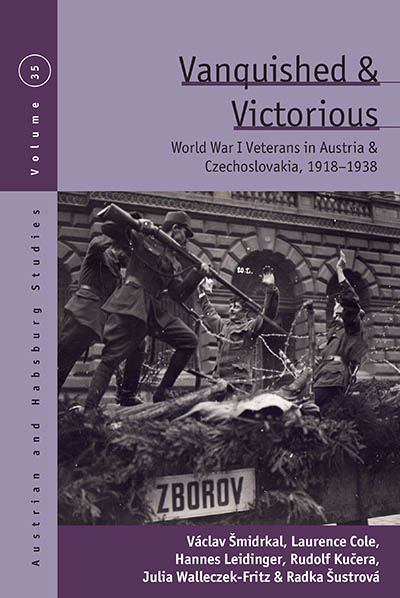 Forthcoming September 2024
Forthcoming September 2024  Forthcoming September 2024
Forthcoming September 2024 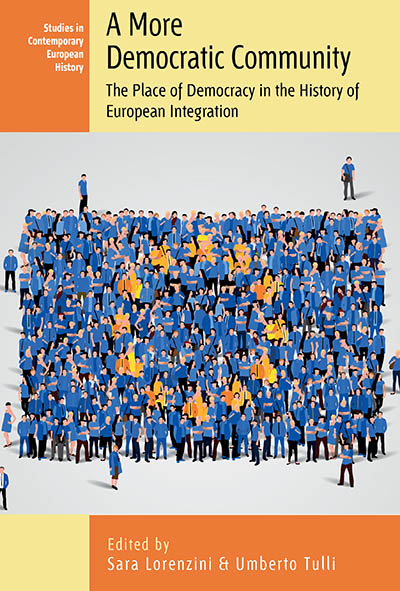 Forthcoming August 2024
Forthcoming August 2024 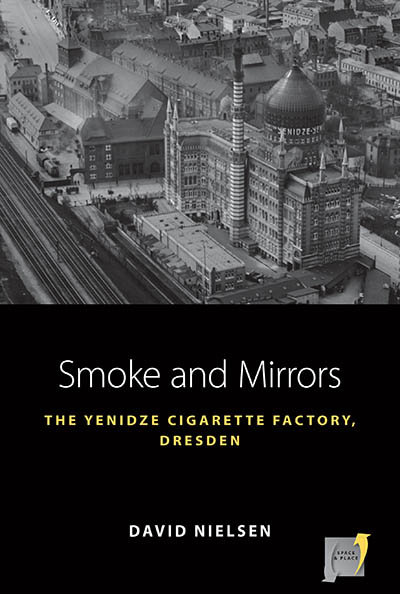 Forthcoming August 2024
Forthcoming August 2024 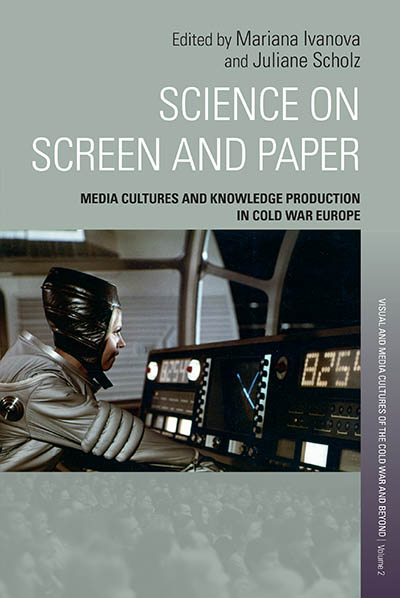 Forthcoming August 2024
Forthcoming August 2024  Forthcoming August 2024
Forthcoming August 2024  Forthcoming August 2024
Forthcoming August 2024  Forthcoming August 2024
Forthcoming August 2024 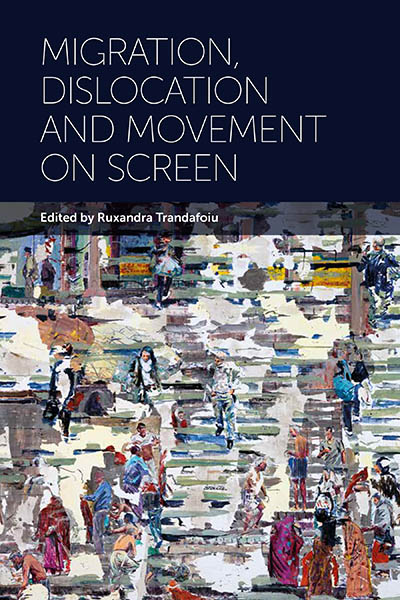 Forthcoming July 2024
Forthcoming July 2024 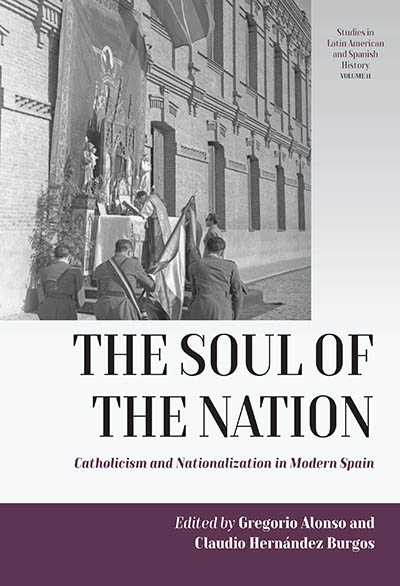 Forthcoming July 2024
Forthcoming July 2024 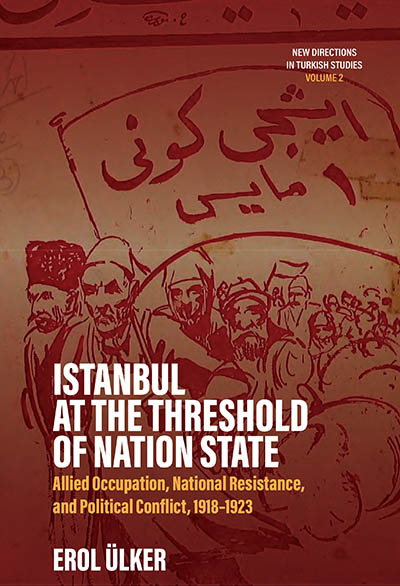 Forthcoming July 2024
Forthcoming July 2024 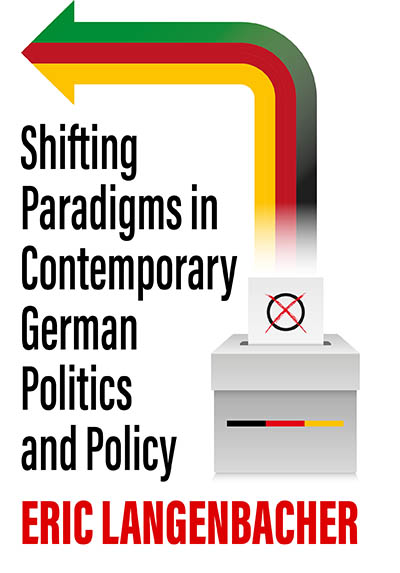 Forthcoming June 2024
Forthcoming June 2024 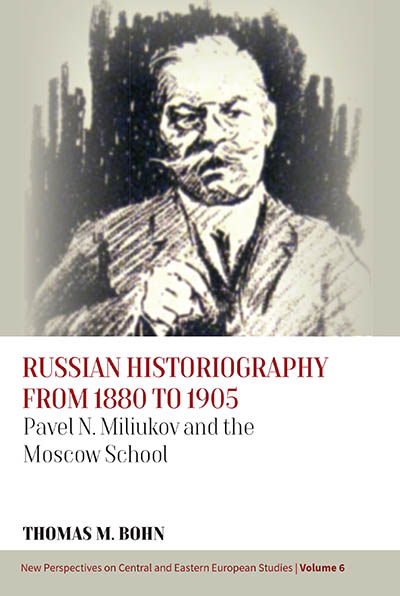 Forthcoming June 2024
Forthcoming June 2024 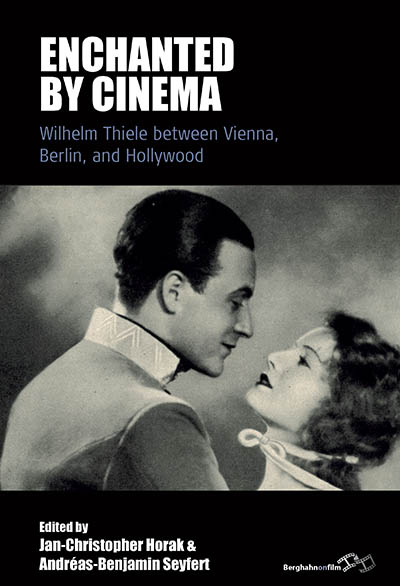 Forthcoming May 2024
Forthcoming May 2024 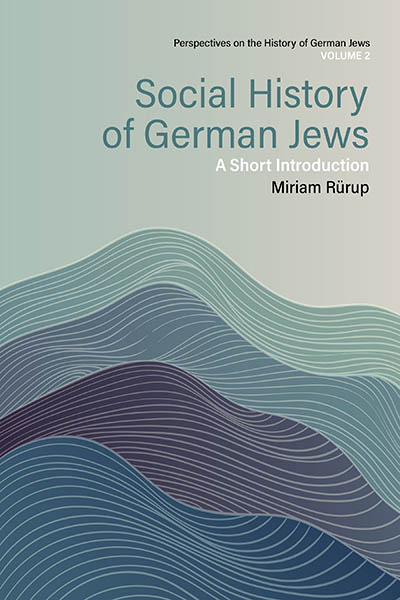 Forthcoming May 2024
Forthcoming May 2024 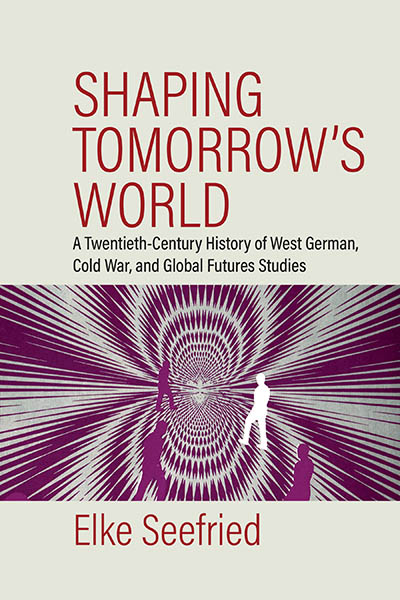 Forthcoming May 2024
Forthcoming May 2024 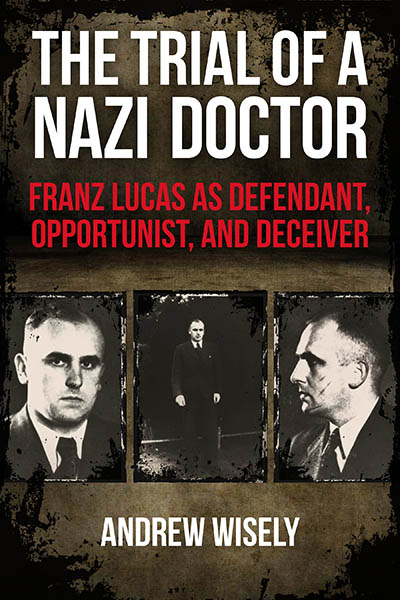 Forthcoming May 2024
Forthcoming May 2024 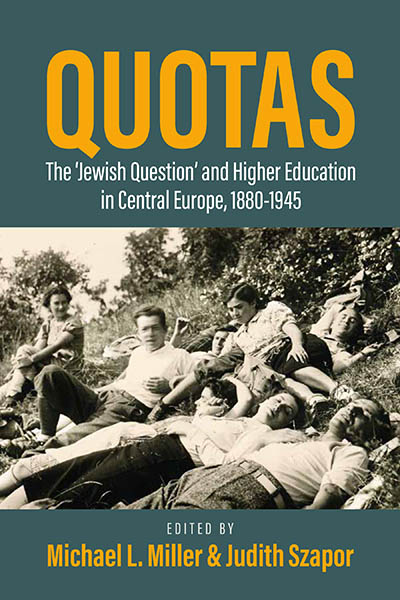 Forthcoming May 2024
Forthcoming May 2024 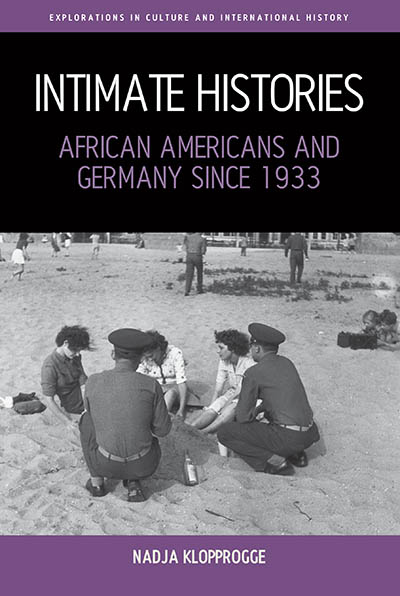 Published April 2024
Published April 2024 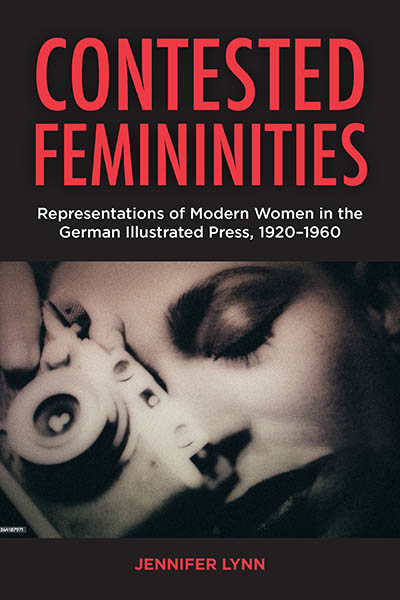 Published March 2024
Published March 2024 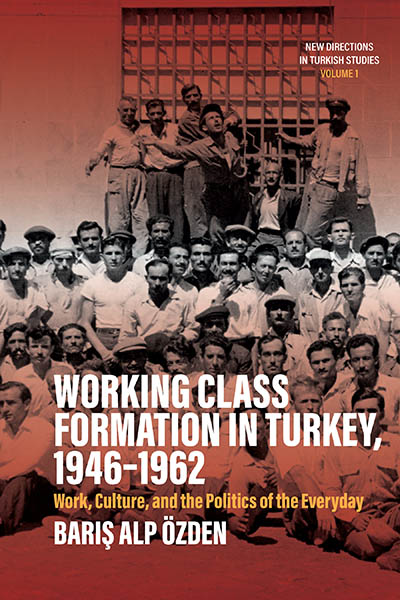 Published February 2024
Published February 2024 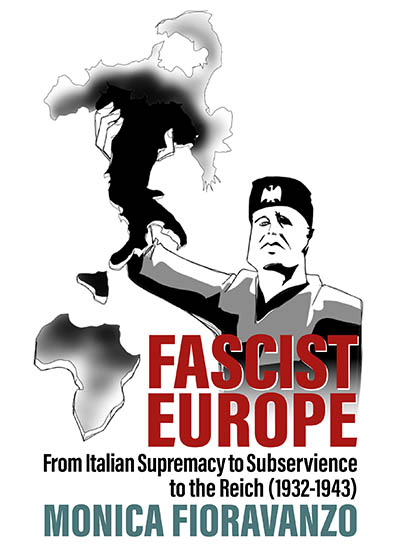 Published February 2024
Published February 2024 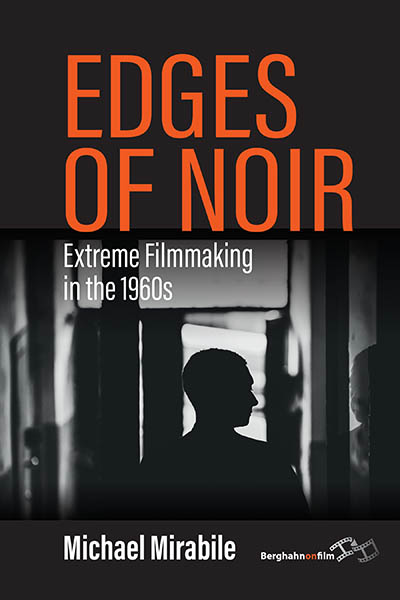 Published February 2024
Published February 2024 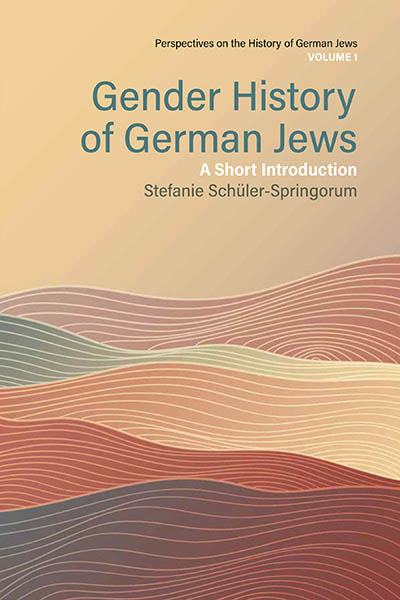 Published February 2024
Published February 2024 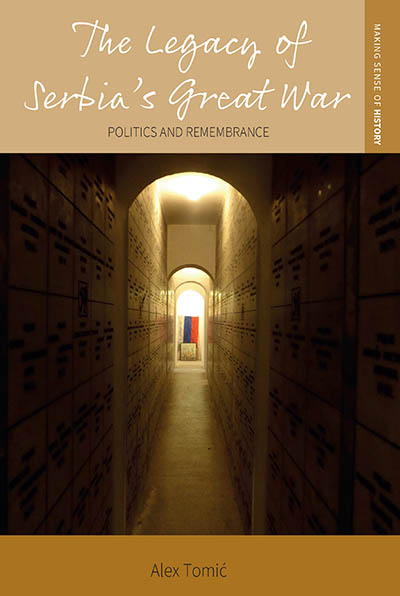 Published January 2024
Published January 2024 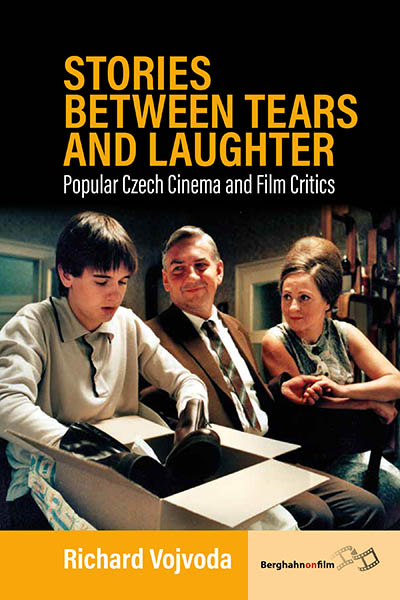 Published January 2024
Published January 2024 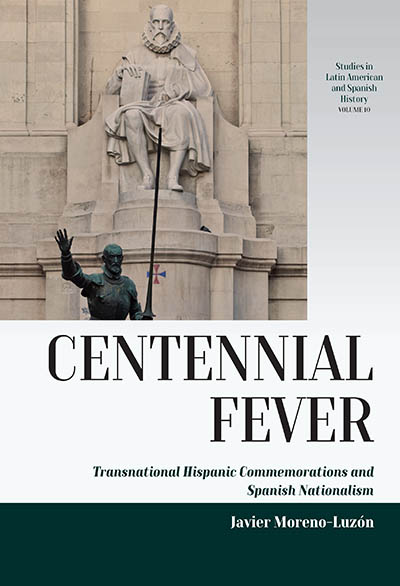 Published January 2024
Published January 2024 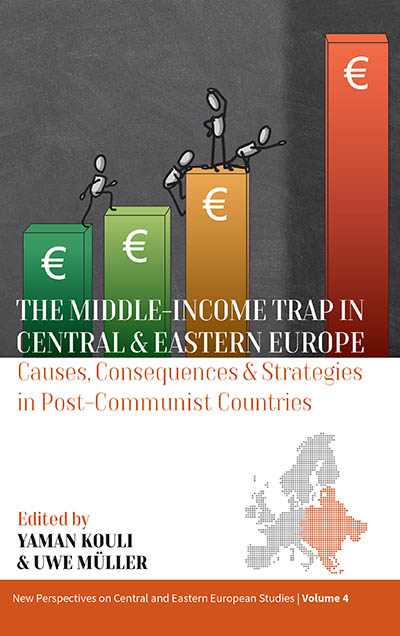 Published November 2023
Published November 2023 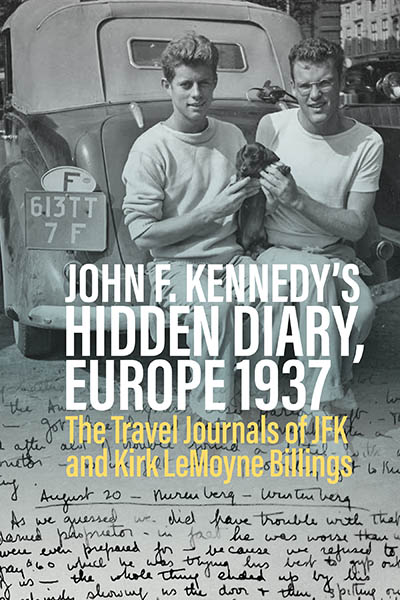 Published November 2023
Published November 2023  Published September 2023
Published September 2023 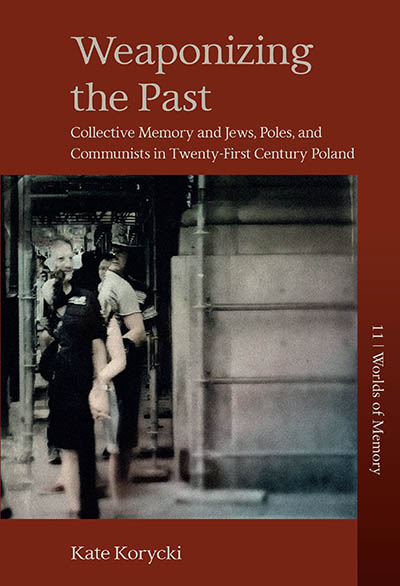 Published August 2023
Published August 2023 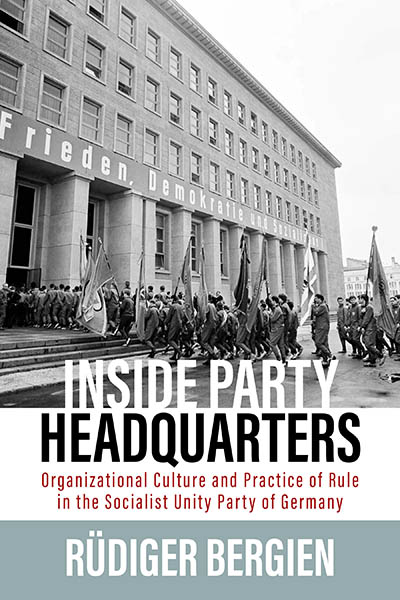 Published August 2023
Published August 2023 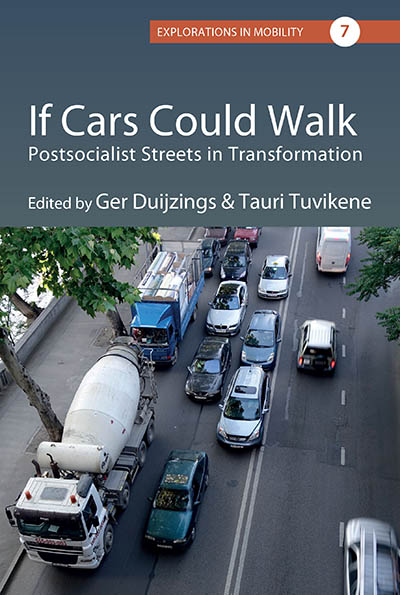 Published July 2023
Published July 2023 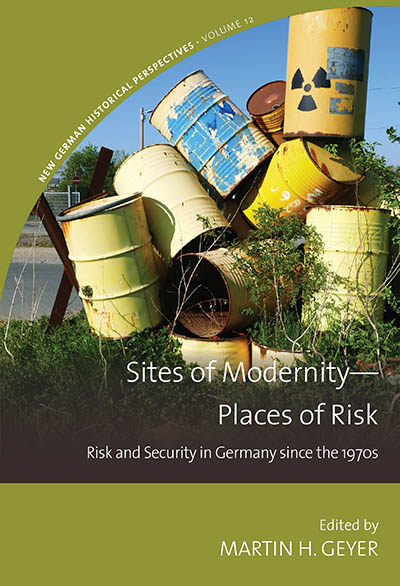 Published July 2023
Published July 2023 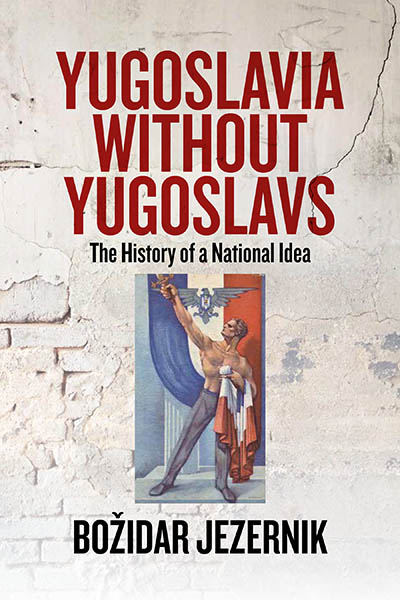 Published July 2023
Published July 2023 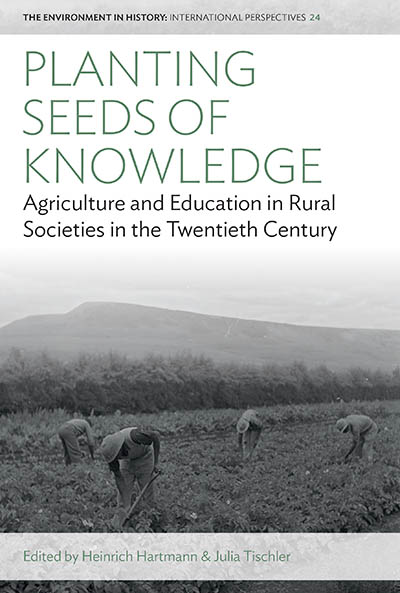 Published June 2023
Published June 2023  Published June 2023
Published June 2023 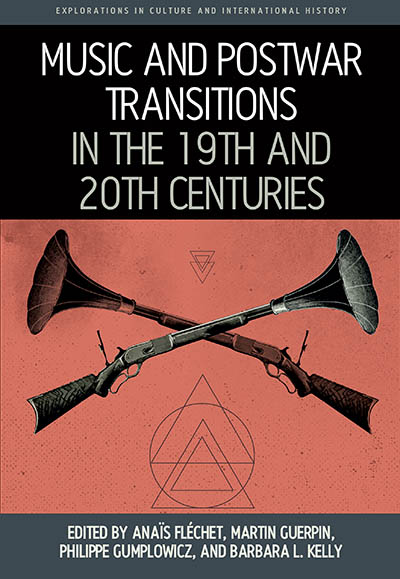 Published June 2023
Published June 2023 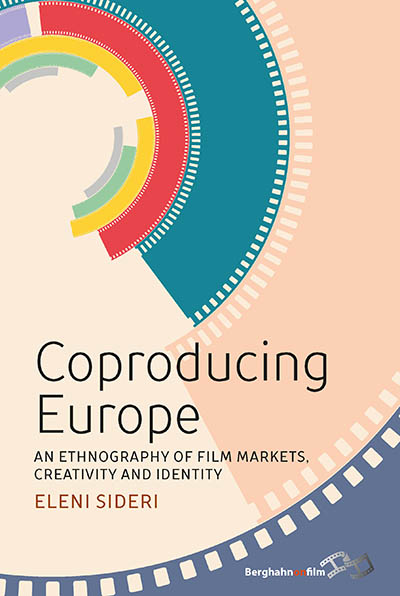 Published May 2023
Published May 2023 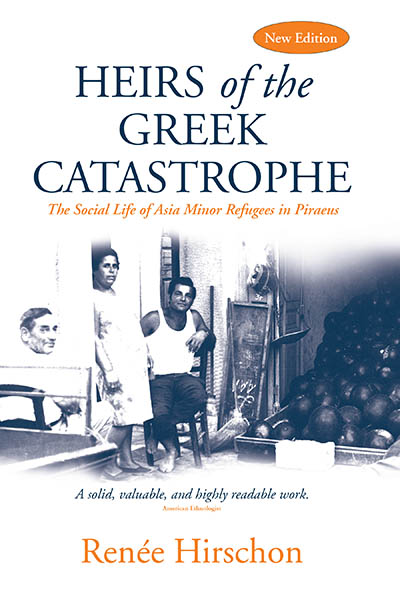 Published May 2023
Published May 2023 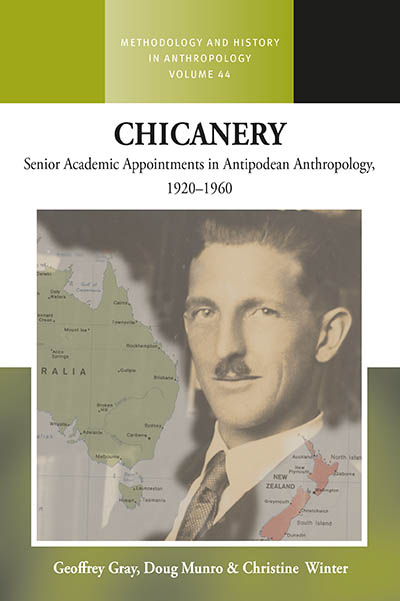 Published May 2023
Published May 2023 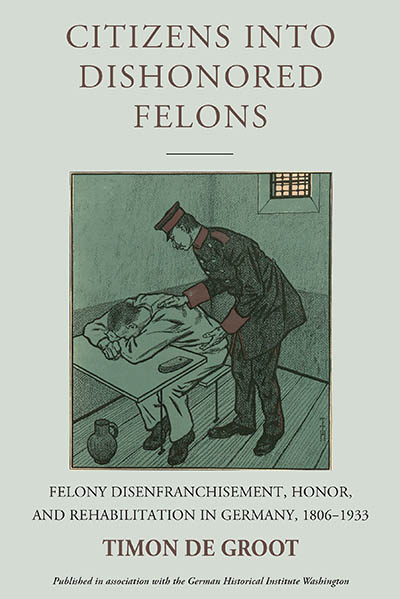 Published April 2023
Published April 2023 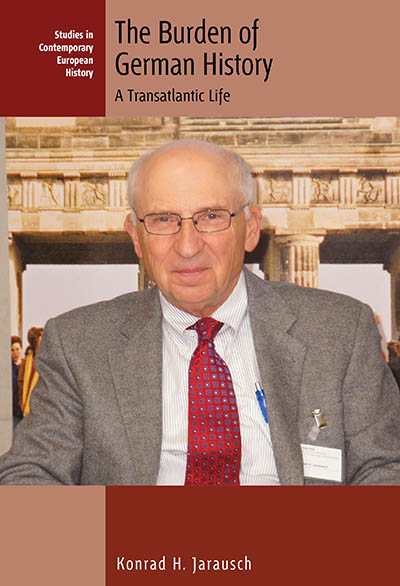 Published April 2023
Published April 2023 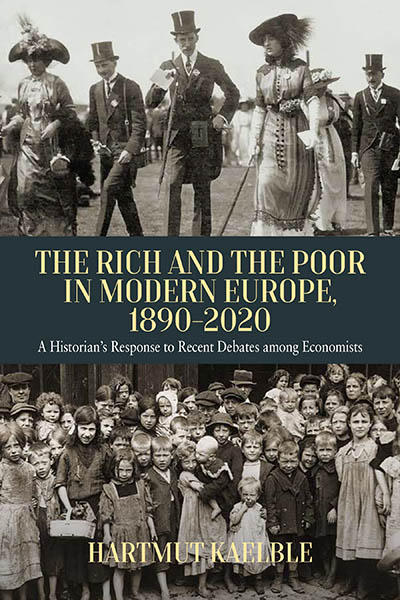 Published April 2023
Published April 2023 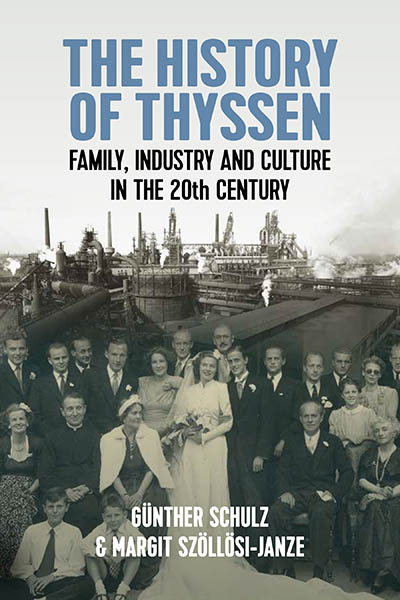 Published March 2023
Published March 2023 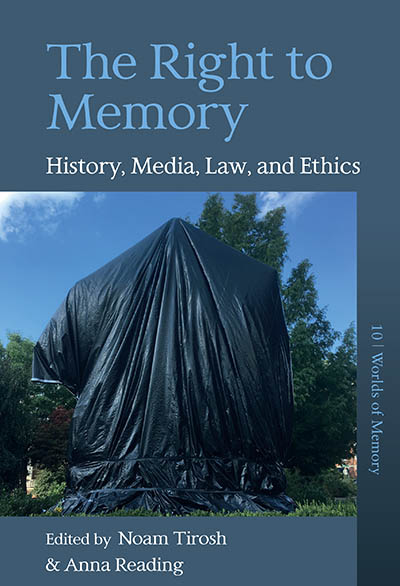 Published February 2023
Published February 2023 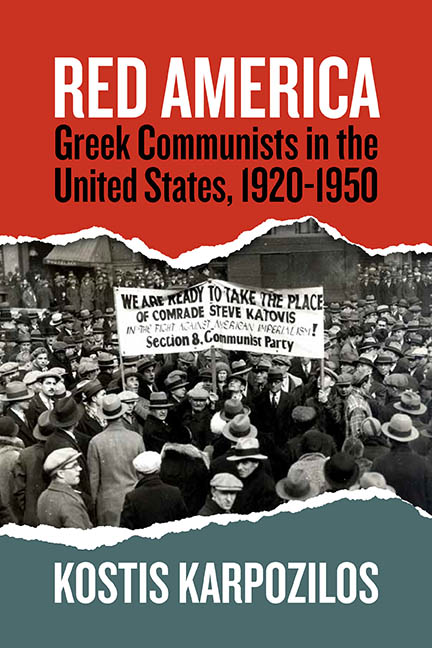 Published February 2023
Published February 2023 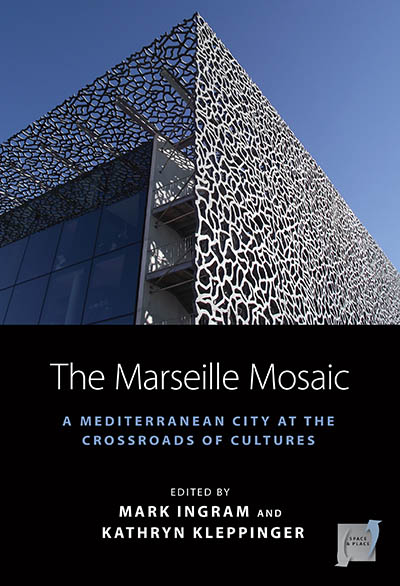 Published January 2023
Published January 2023 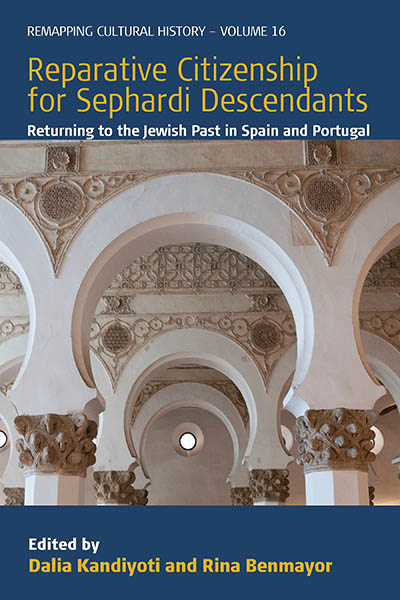 Published January 2023
Published January 2023 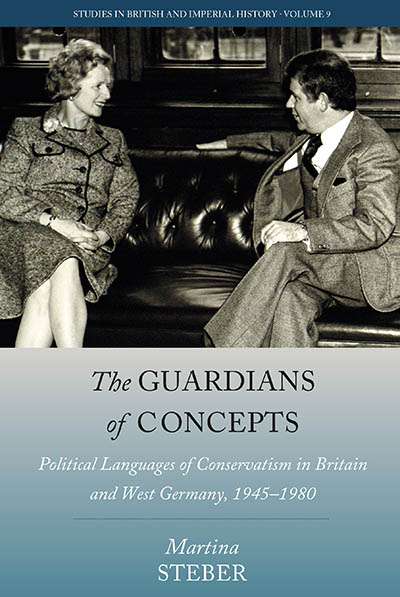 Published January 2023
Published January 2023 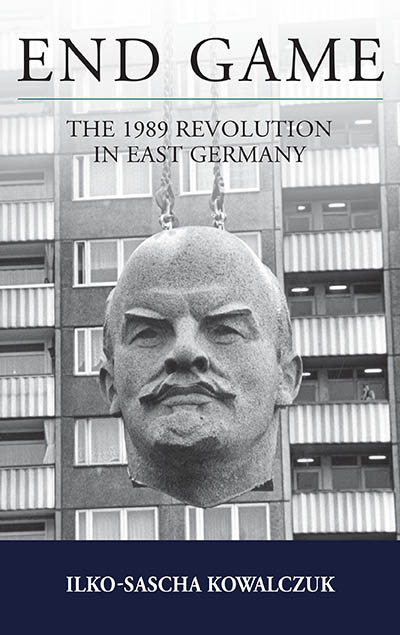 Published December 2022
Published December 2022 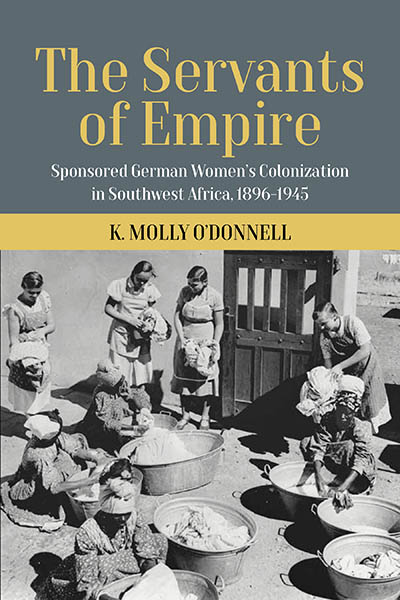 Published December 2022
Published December 2022 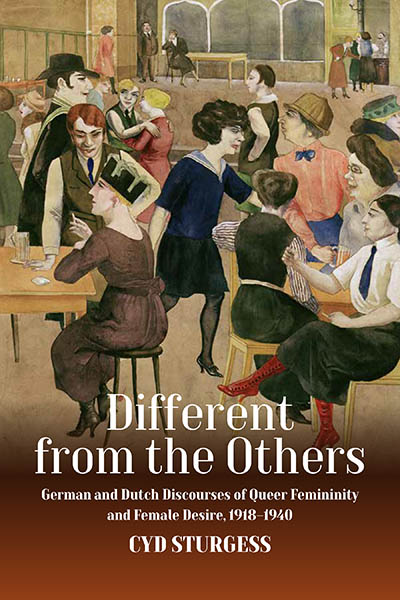 Published November 2022
Published November 2022 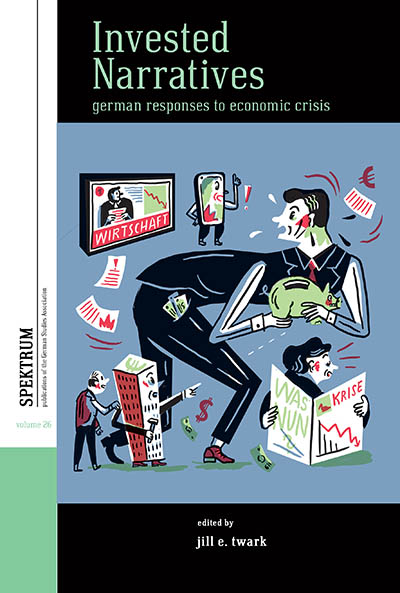 Published November 2022
Published November 2022 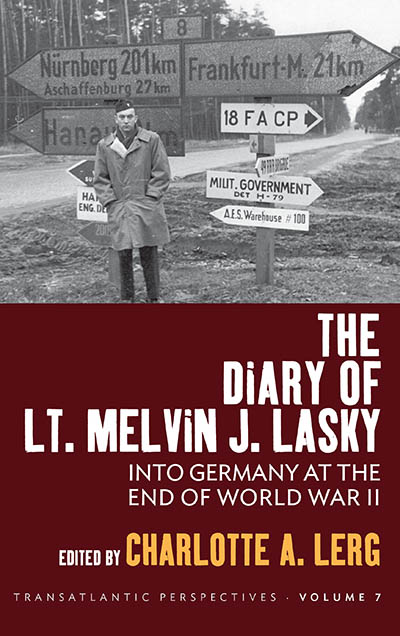 Published November 2022
Published November 2022 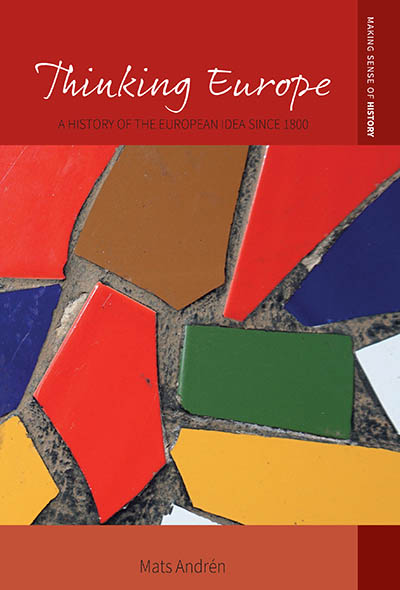 Published October 2022
Published October 2022 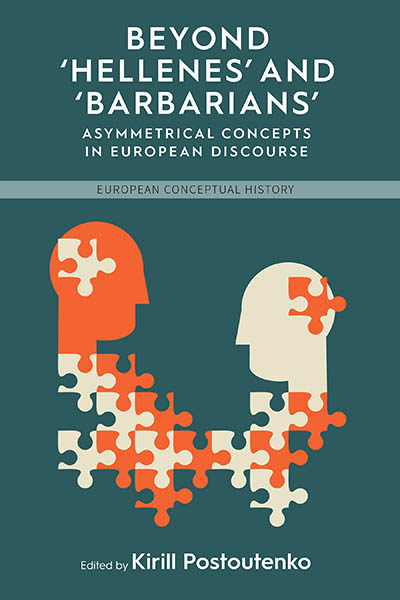 Published October 2022
Published October 2022 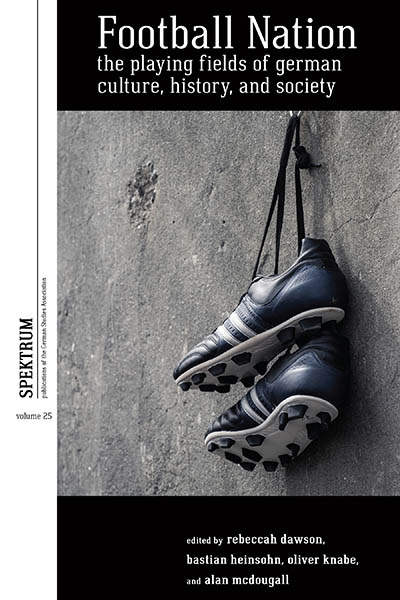 Published October 2022
Published October 2022 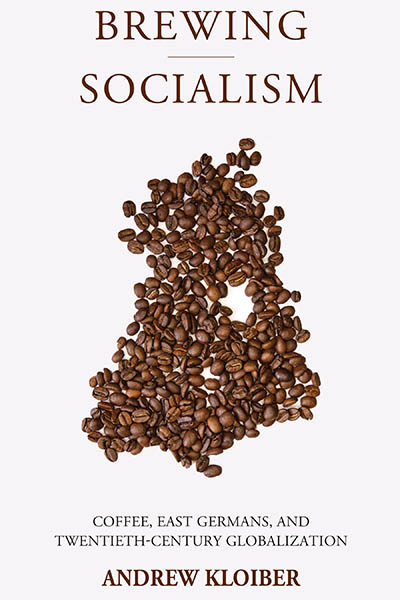 Published October 2022
Published October 2022 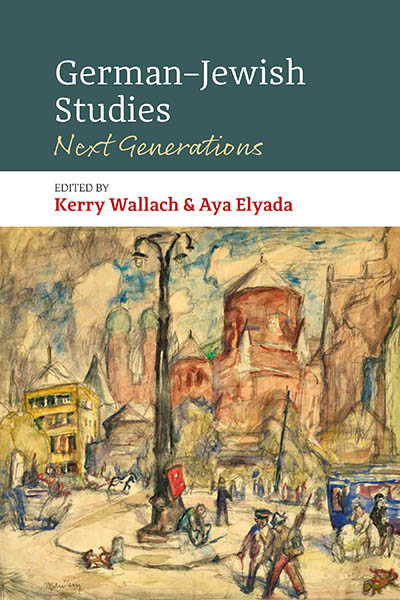 Published October 2022
Published October 2022 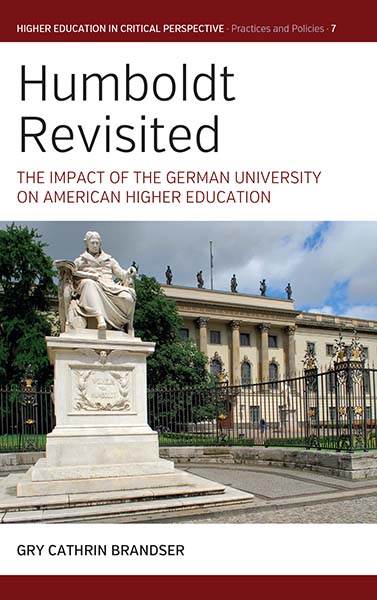 Published September 2022
Published September 2022 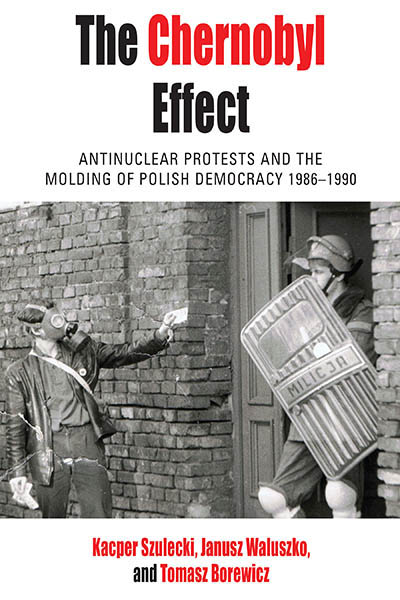 Published September 2022
Published September 2022 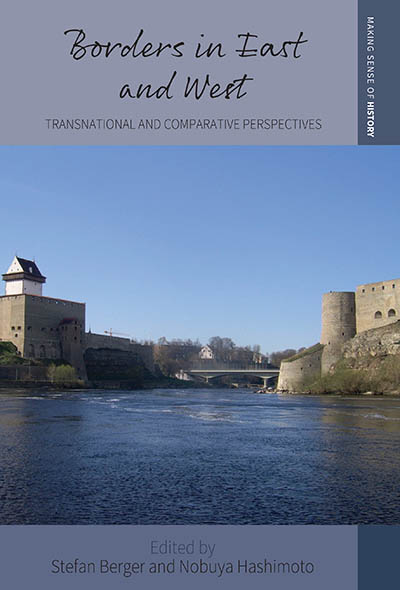 Published September 2022
Published September 2022 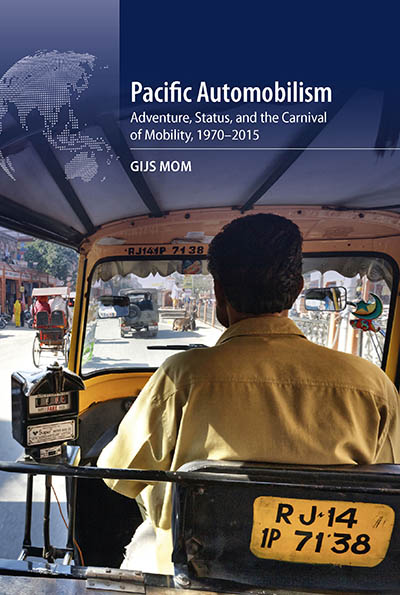 Published September 2022
Published September 2022 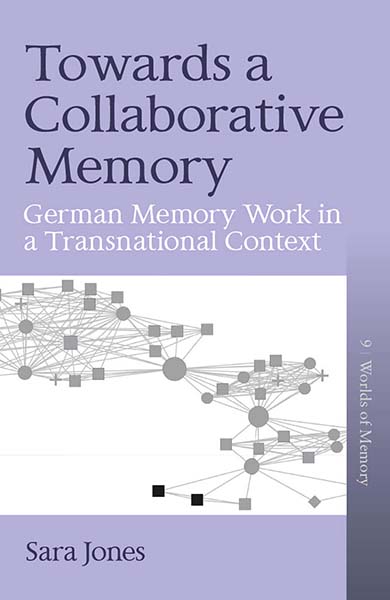 Published August 2022
Published August 2022 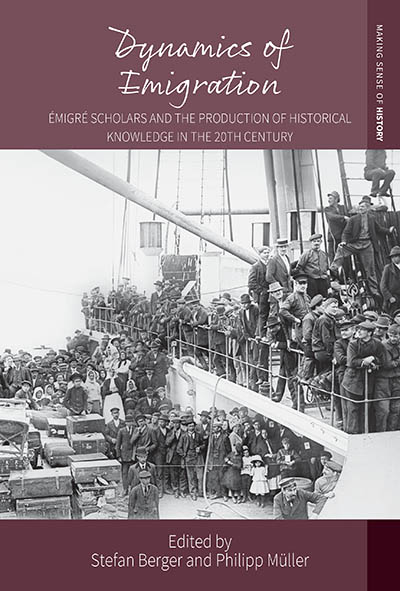 Published August 2022
Published August 2022 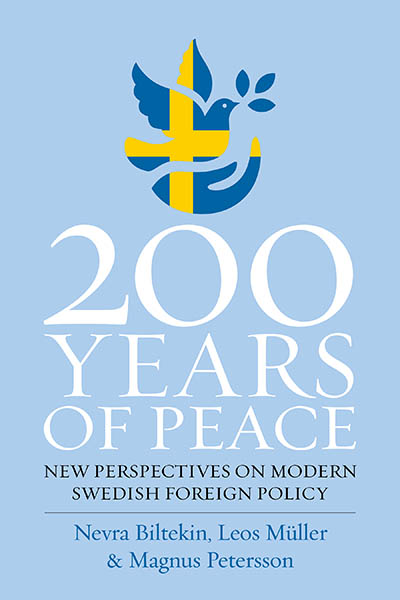 Published August 2022
Published August 2022 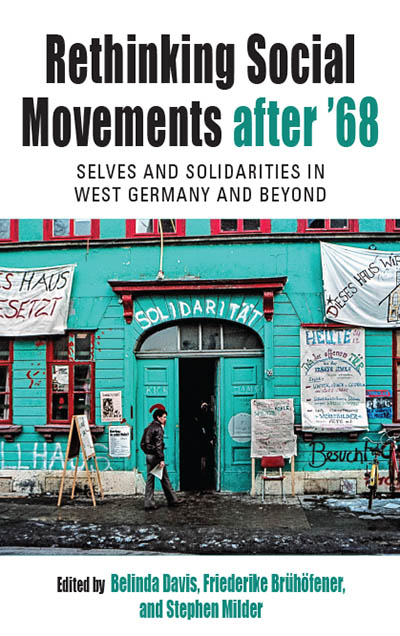 Published July 2022
Published July 2022 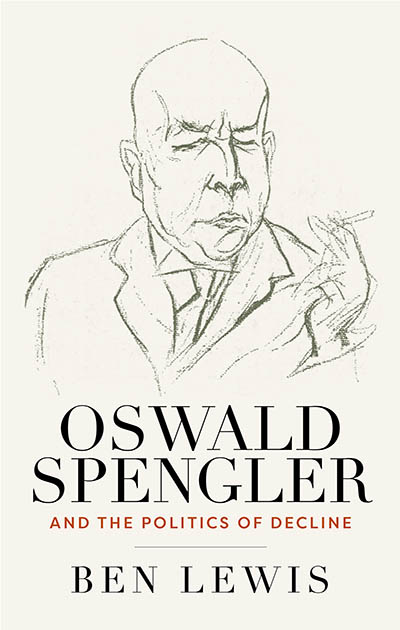 Published July 2022
Published July 2022 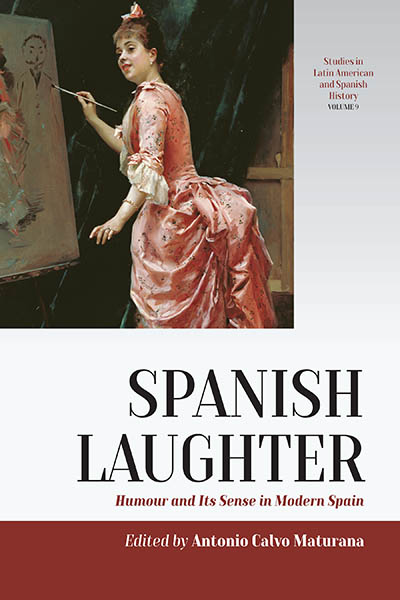 Published June 2022
Published June 2022 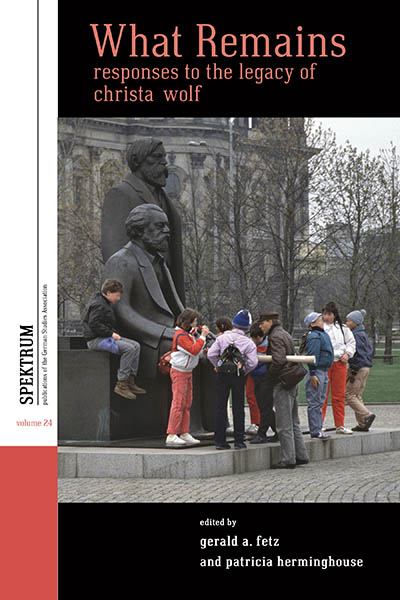 Published June 2022
Published June 2022 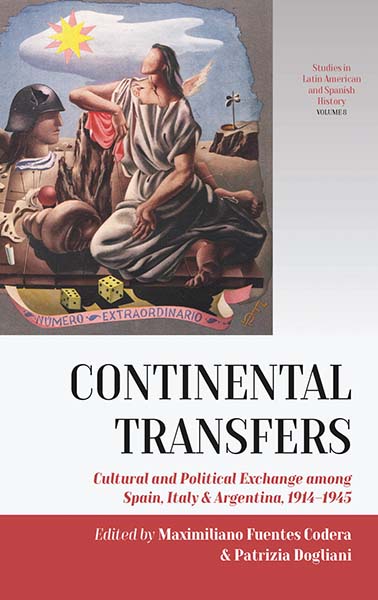 Published May 2022
Published May 2022 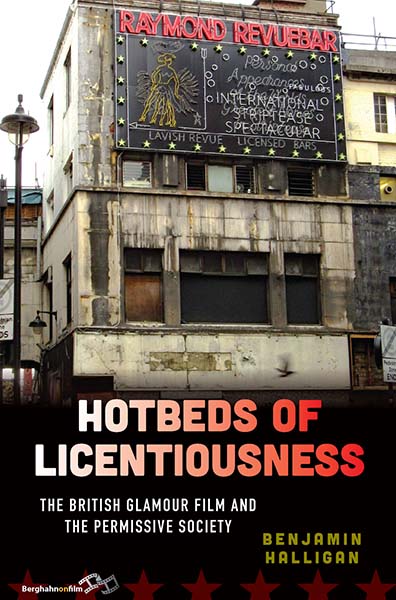 Published May 2022
Published May 2022 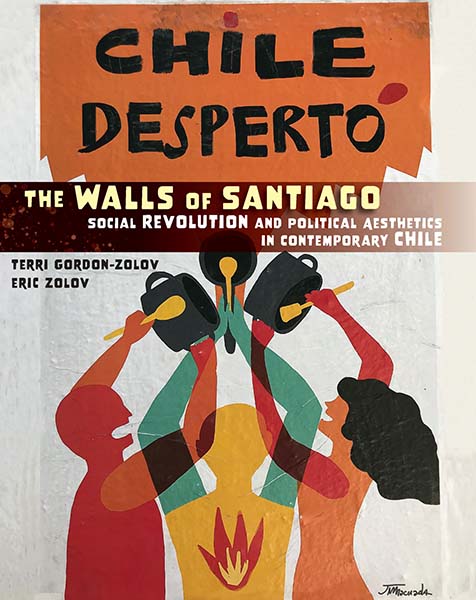 Published May 2022
Published May 2022 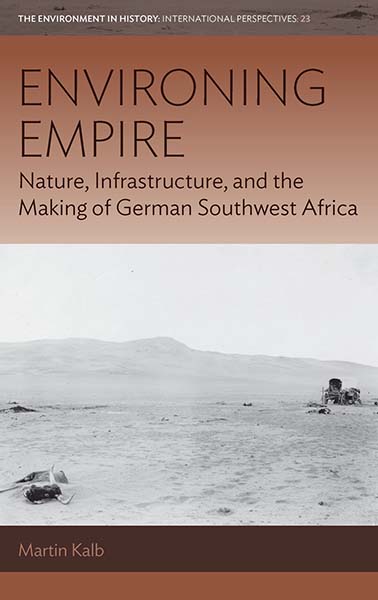 Published April 2022
Published April 2022 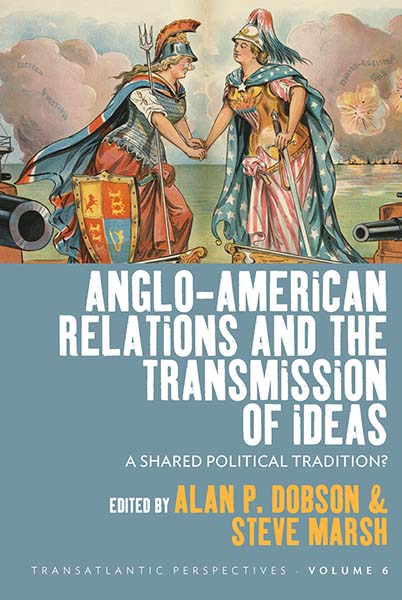 Published April 2022
Published April 2022 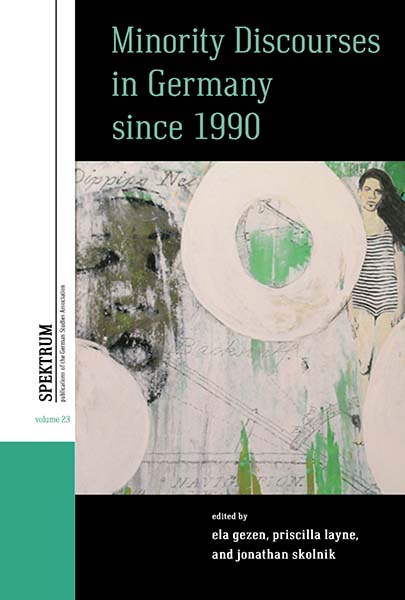 Published April 2022
Published April 2022 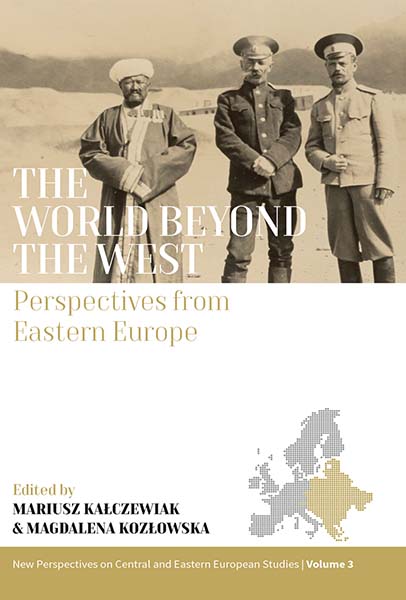 Published March 2022
Published March 2022 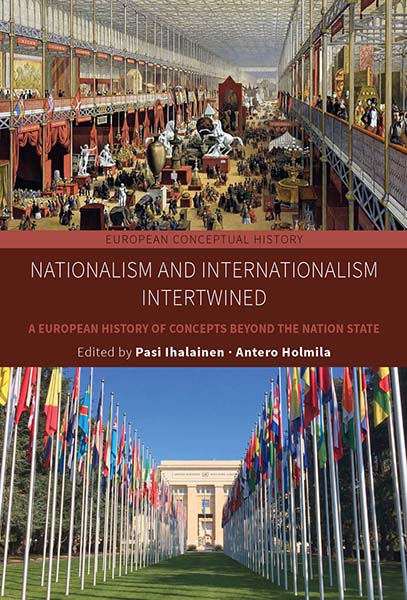 Published March 2022
Published March 2022 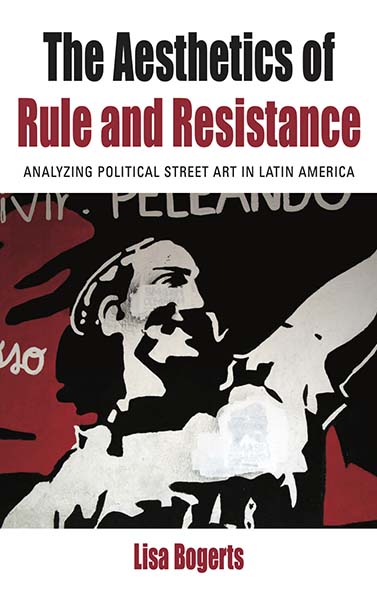 Published March 2022
Published March 2022 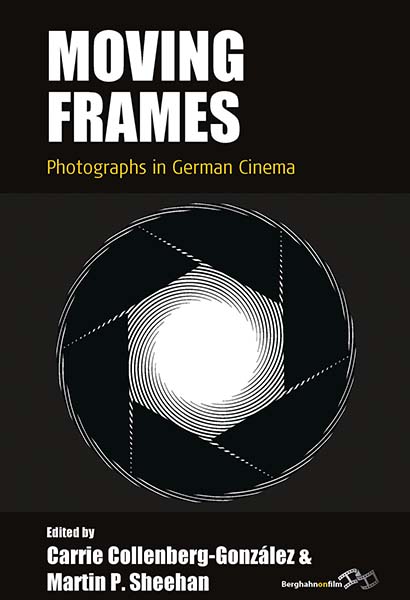 Published February 2022
Published February 2022 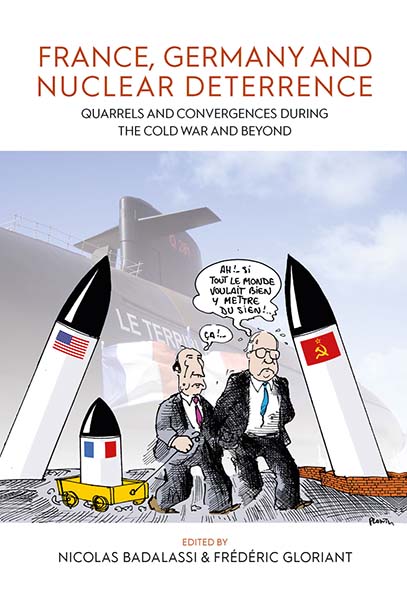 Published January 2022
Published January 2022 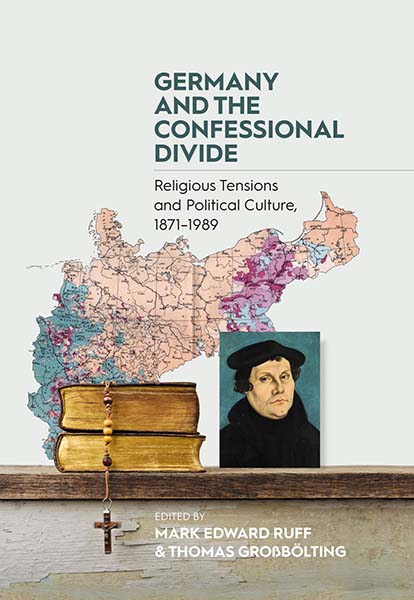 Published December 2021
Published December 2021 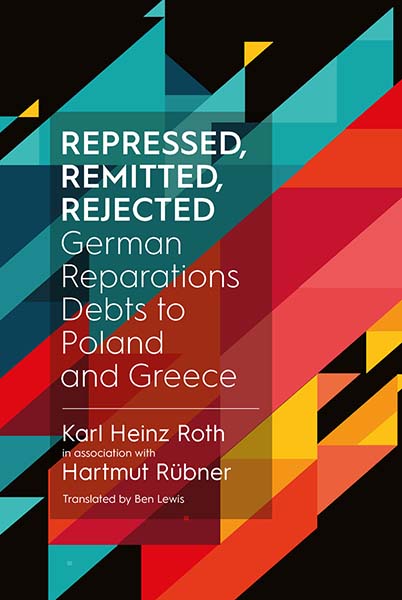 Published December 2021
Published December 2021 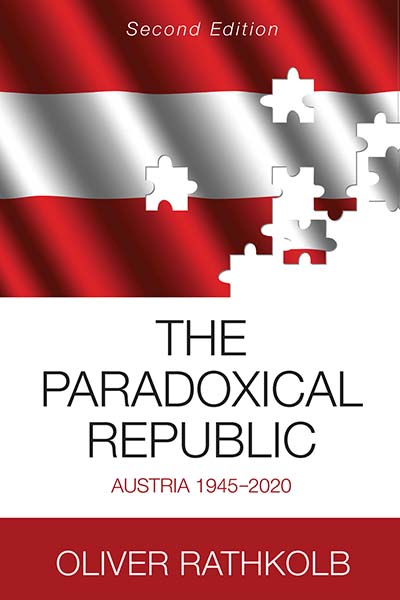 Published November 2021
Published November 2021 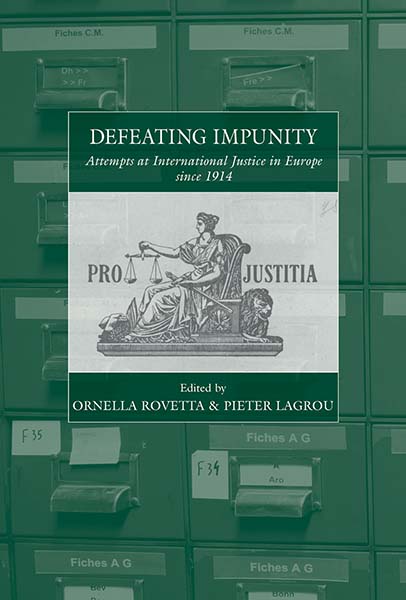 Published November 2021
Published November 2021 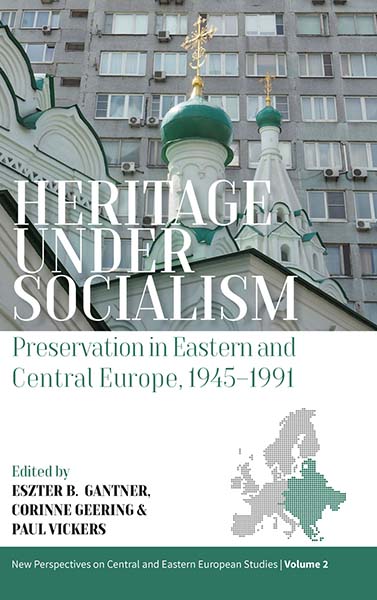 Published October 2021
Published October 2021 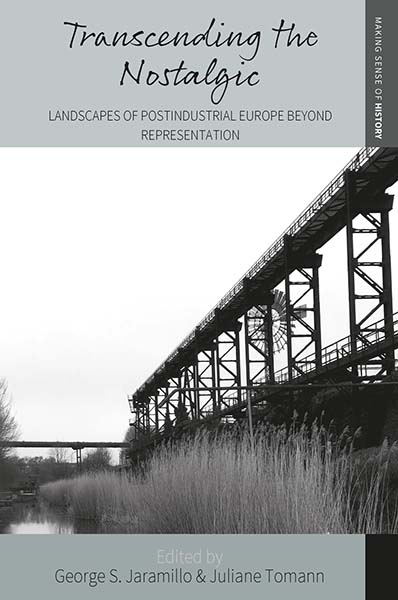 Published October 2021
Published October 2021 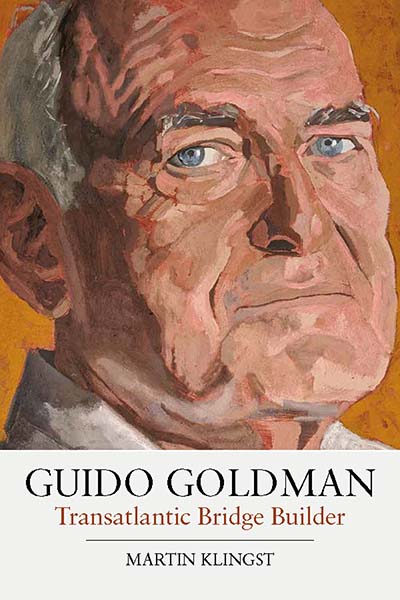 Published October 2021
Published October 2021 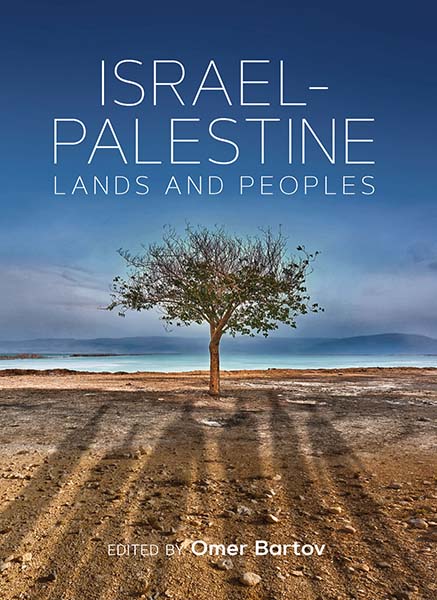 Published September 2021
Published September 2021 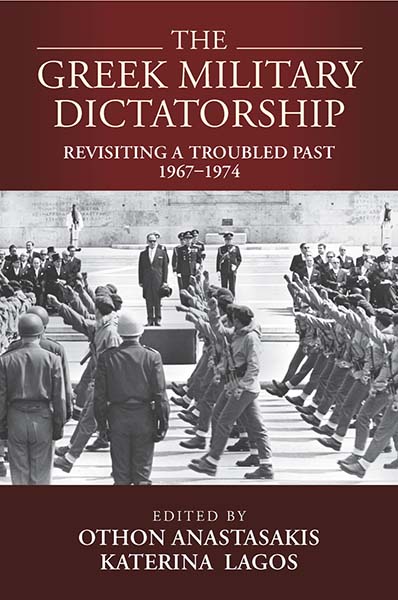 Published September 2021
Published September 2021 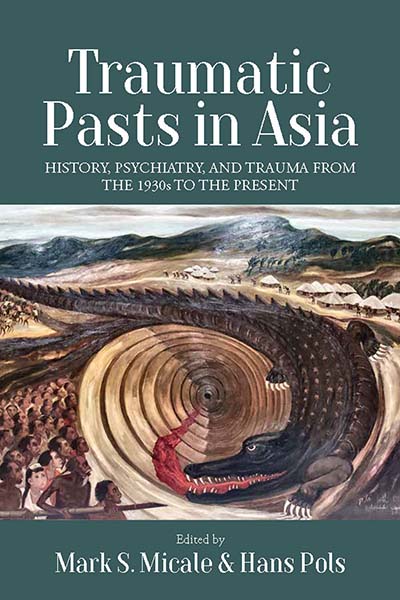 Published September 2021
Published September 2021 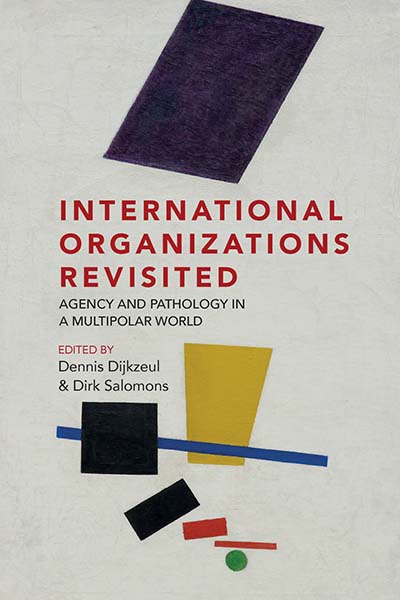 Published August 2021
Published August 2021 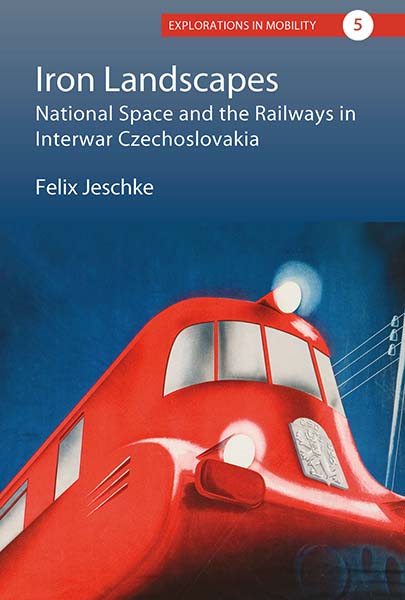 Published August 2021
Published August 2021 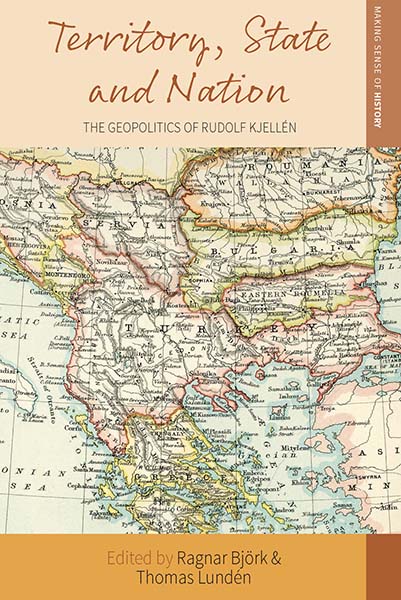 Published August 2021
Published August 2021 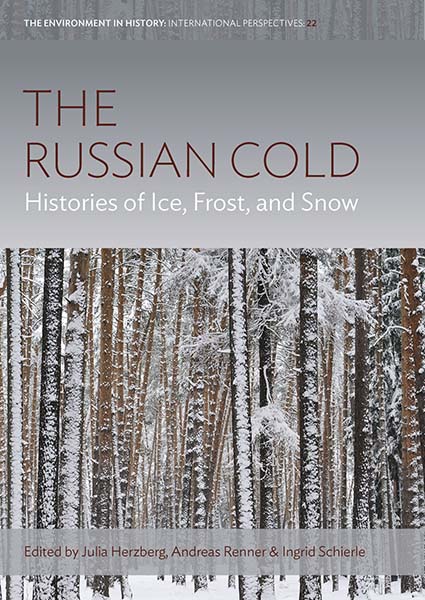 Published August 2021
Published August 2021 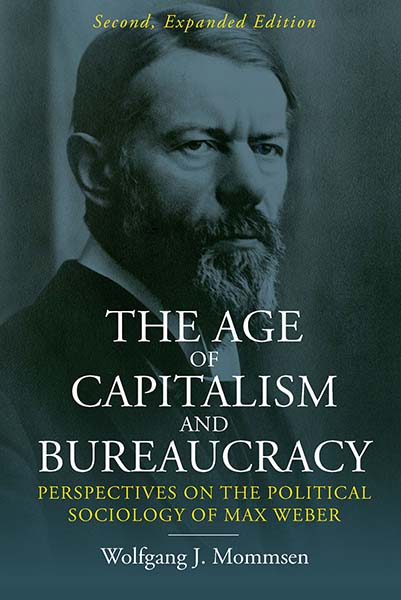 Published June 2021
Published June 2021 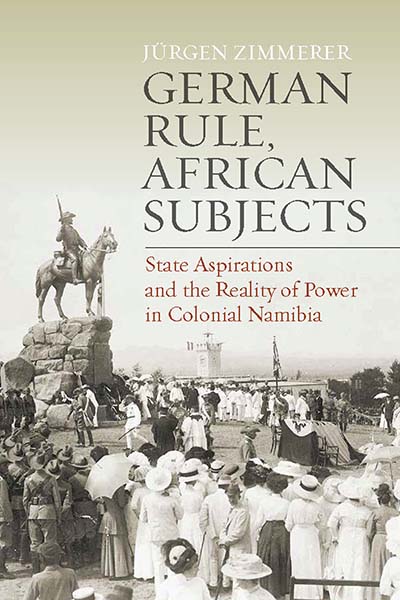 Published June 2021
Published June 2021 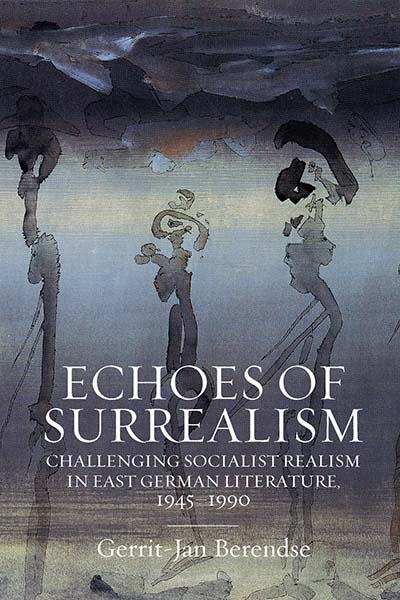 Published May 2021
Published May 2021 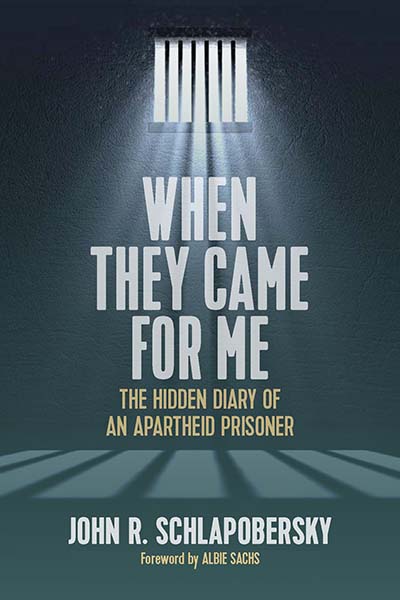 Published May 2021
Published May 2021 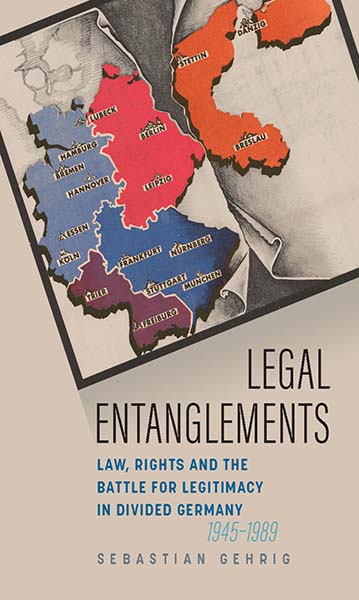 Published May 2021
Published May 2021 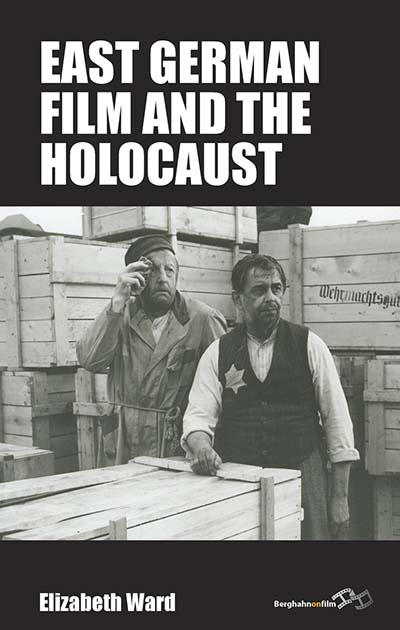 Published April 2021
Published April 2021 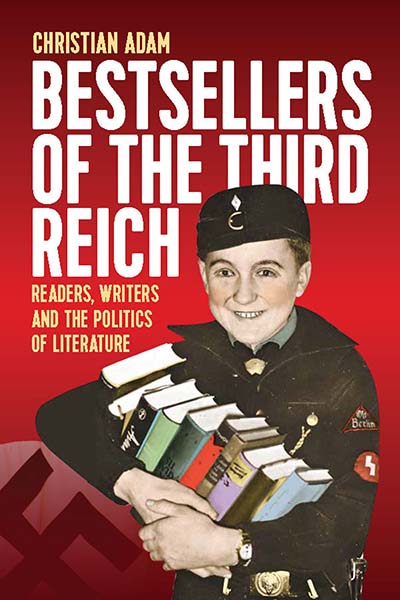 Published April 2021
Published April 2021 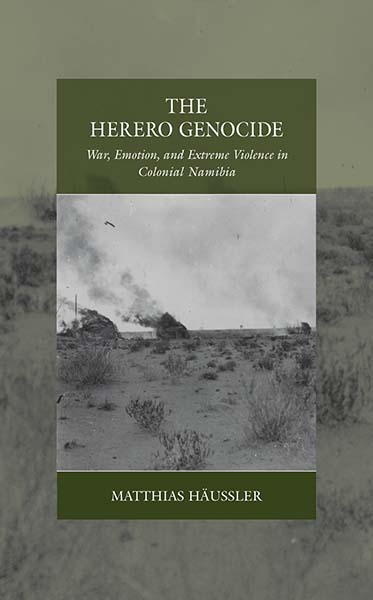 Published April 2021
Published April 2021  Published March 2021
Published March 2021 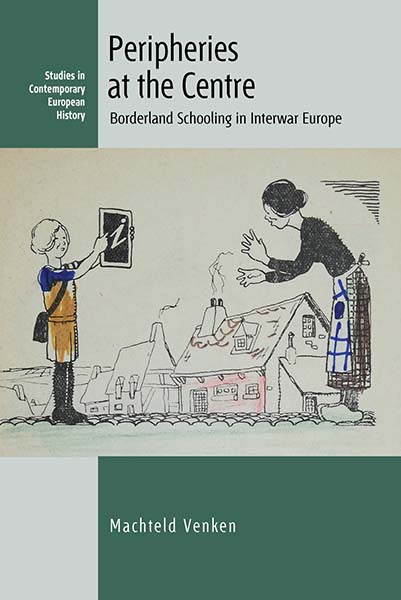 Published March 2021
Published March 2021 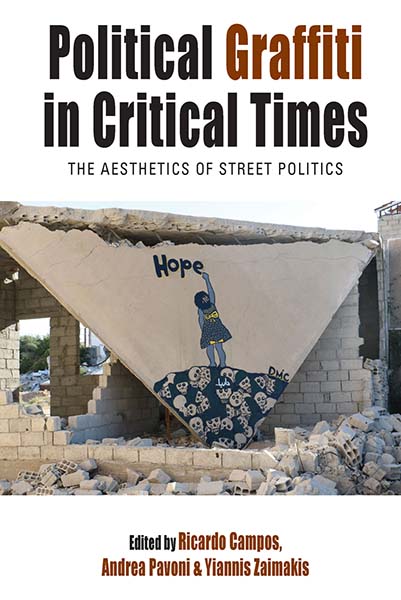 Published February 2021
Published February 2021 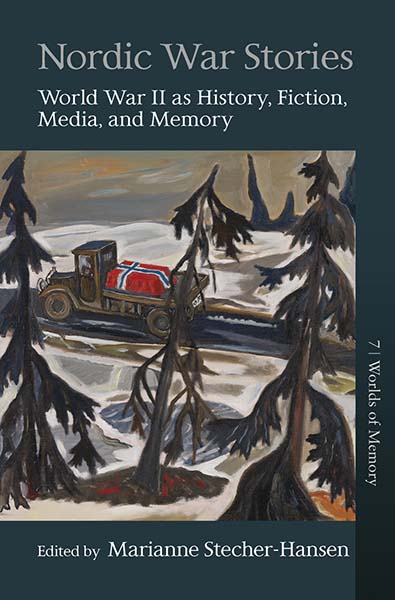 Published February 2021
Published February 2021 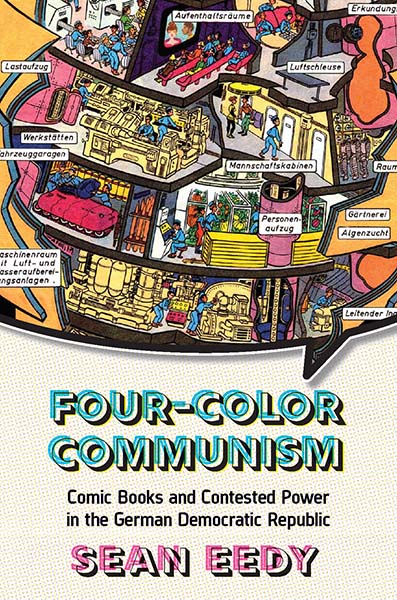 Published February 2021
Published February 2021 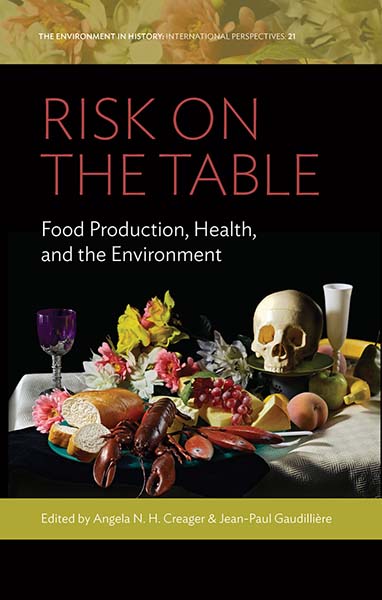 Published January 2021
Published January 2021 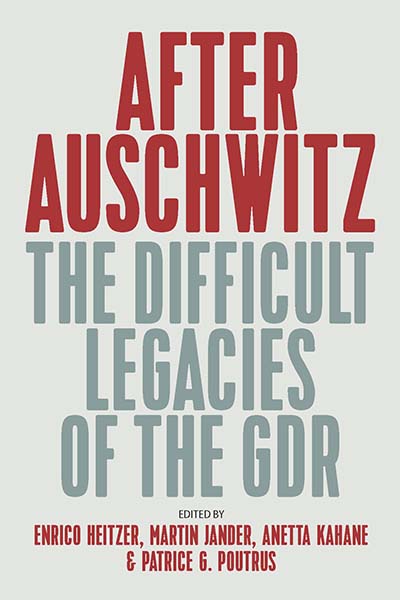 Published January 2021
Published January 2021 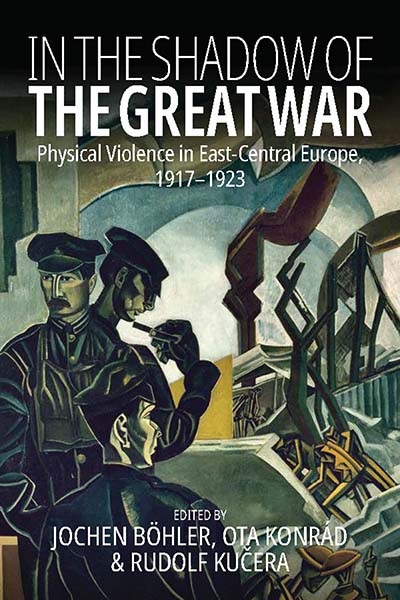 Published January 2021
Published January 2021 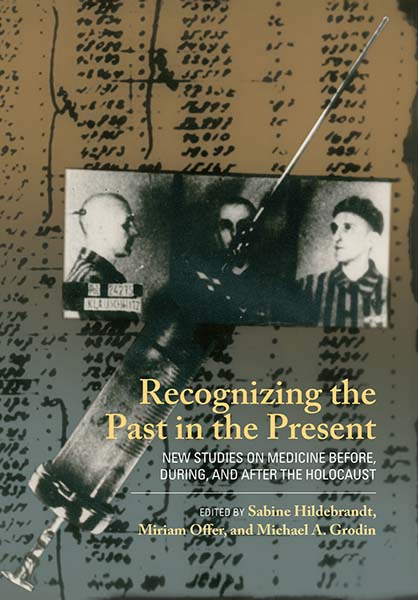 Published December 2020
Published December 2020 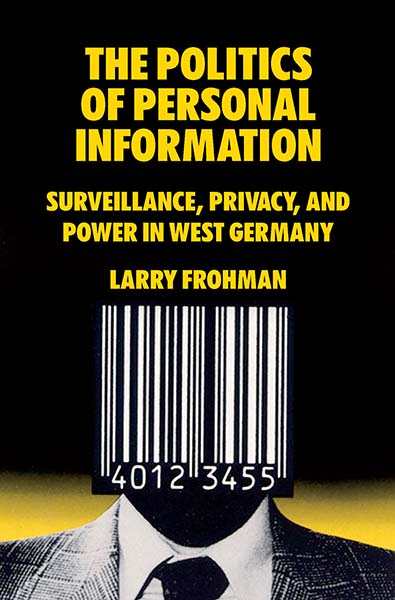 Published December 2020
Published December 2020 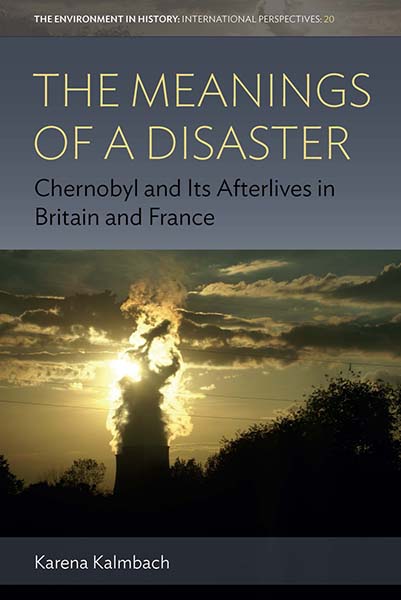 Published December 2020
Published December 2020 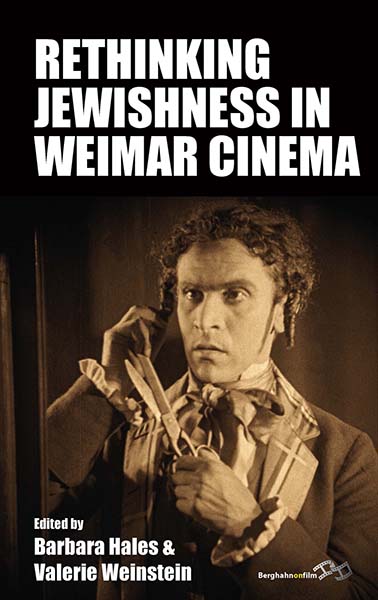 Published November 2020
Published November 2020 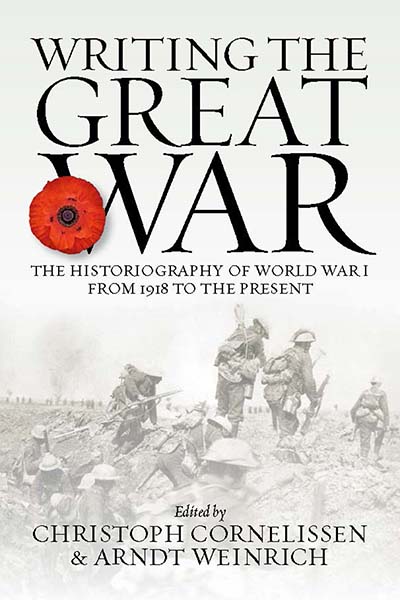 Published November 2020
Published November 2020  Published November 2020
Published November 2020 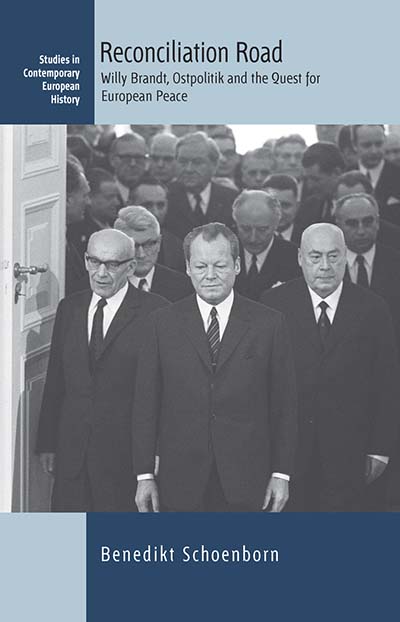 Published September 2020
Published September 2020 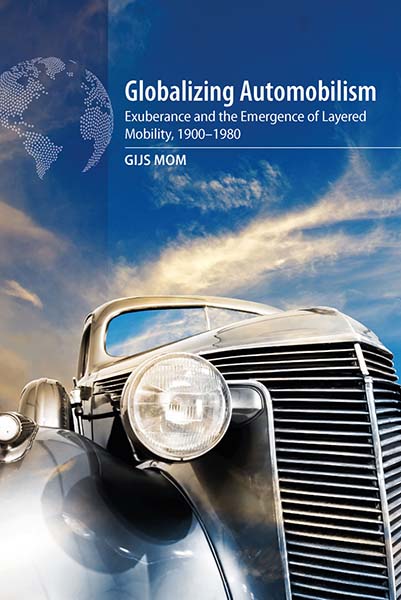 Published August 2020
Published August 2020 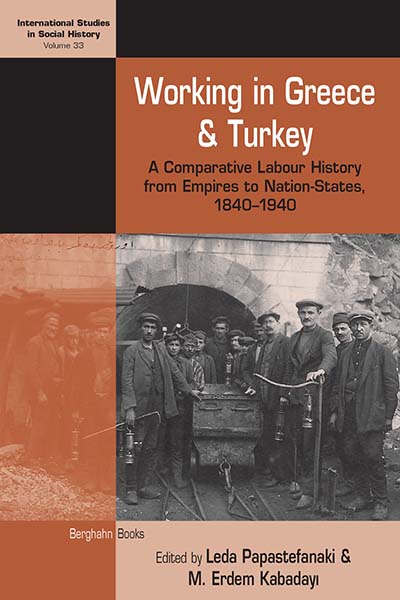 Published July 2020
Published July 2020 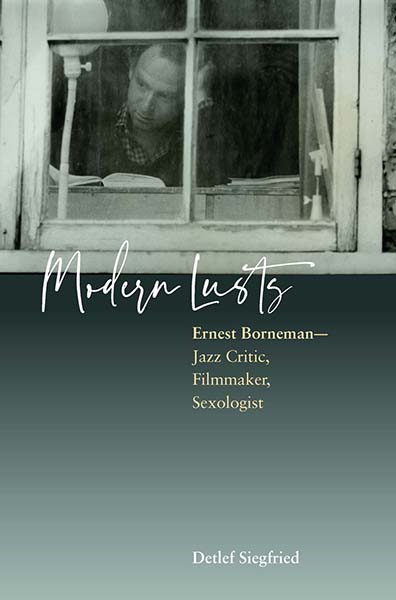 Published July 2020
Published July 2020 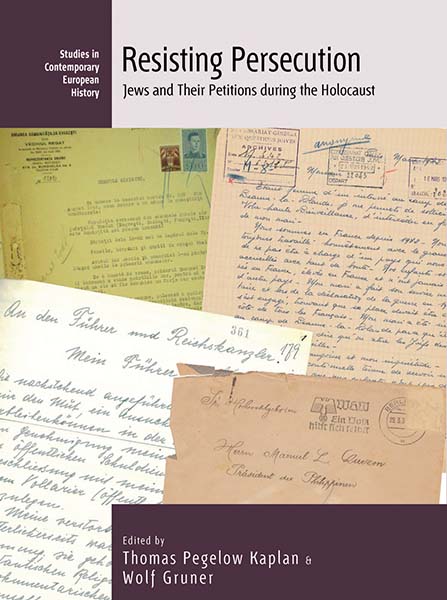 Published June 2020
Published June 2020  Published June 2020
Published June 2020 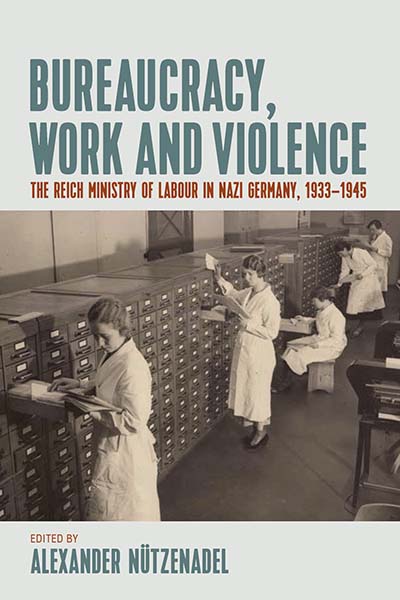 Published May 2020
Published May 2020 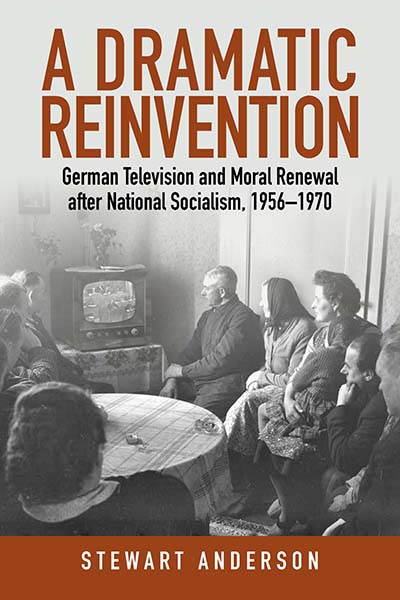 Published April 2020
Published April 2020 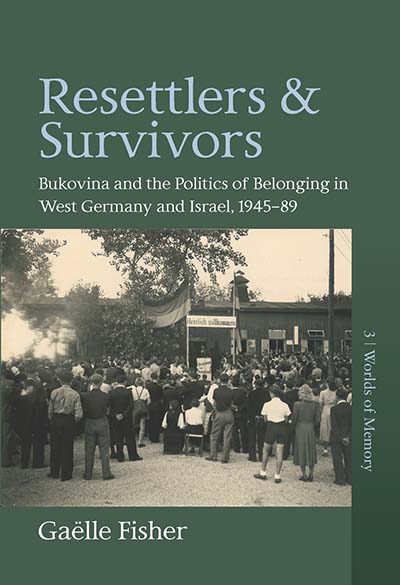 Published April 2020
Published April 2020 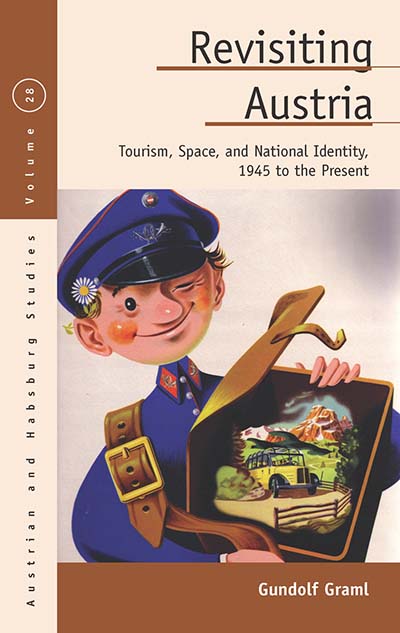 Published April 2020
Published April 2020 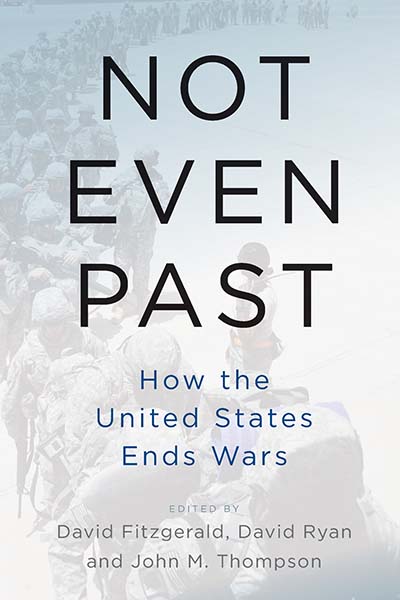 Published March 2020
Published March 2020 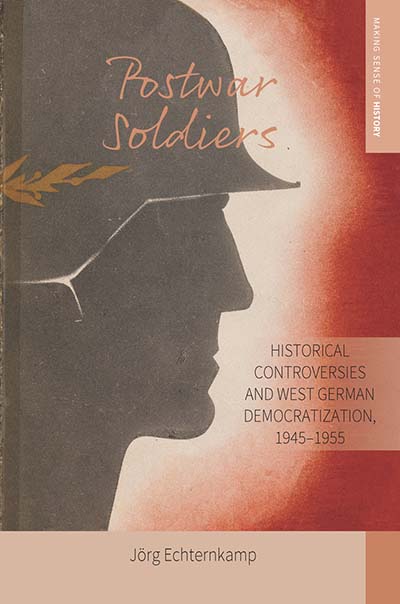 Published March 2020
Published March 2020 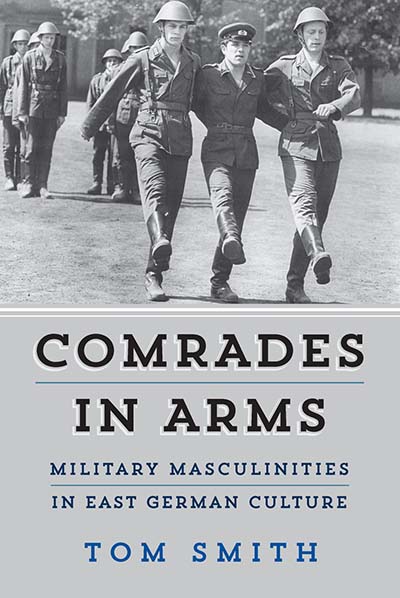 Published February 2020
Published February 2020 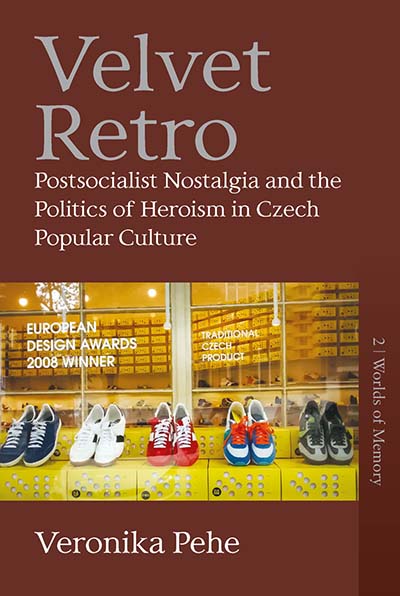 Published February 2020
Published February 2020  Published February 2020
Published February 2020 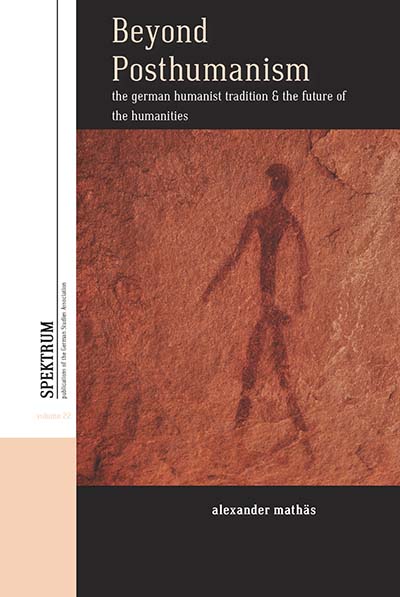 Published February 2020
Published February 2020  Published December 2019
Published December 2019 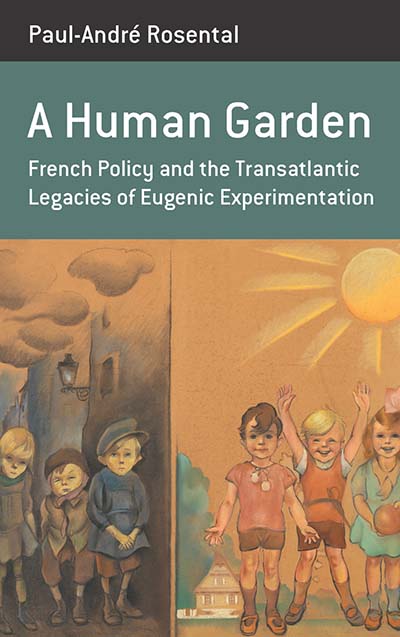 Published December 2019
Published December 2019 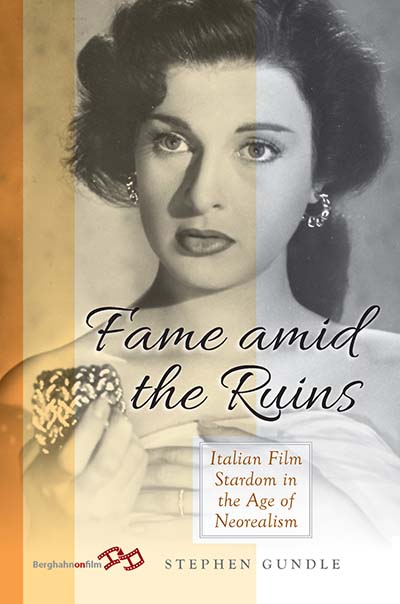 Published November 2019
Published November 2019 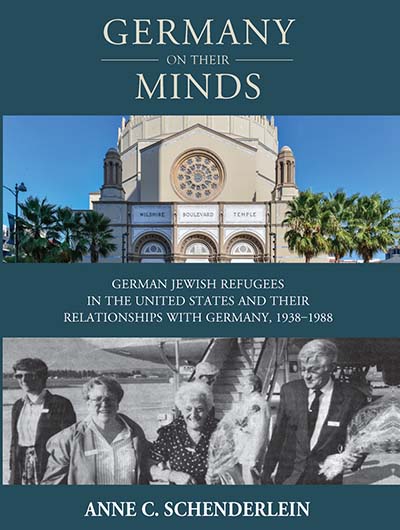 Published October 2019
Published October 2019 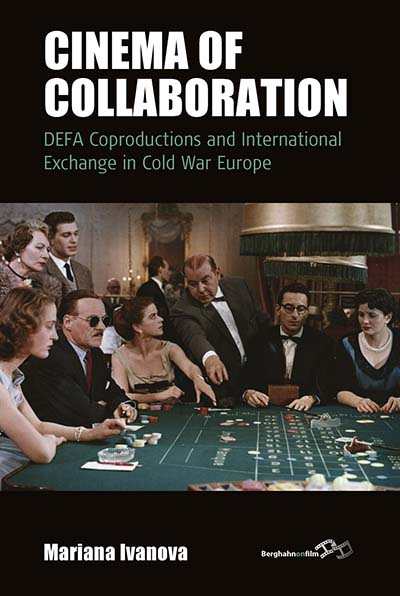 Published October 2019
Published October 2019 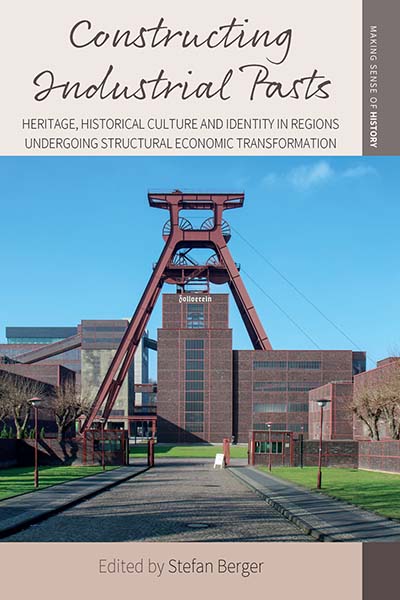 Published September 2019
Published September 2019 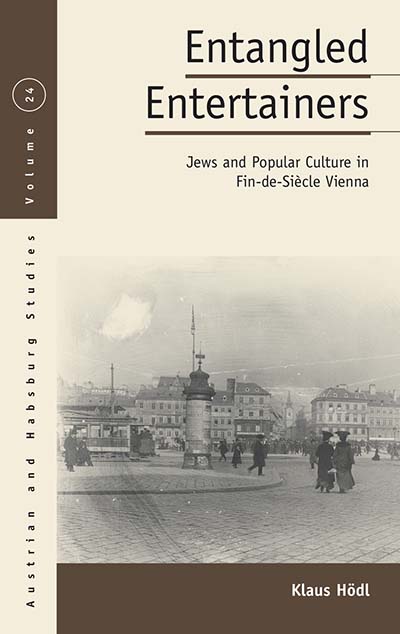 Published September 2019
Published September 2019 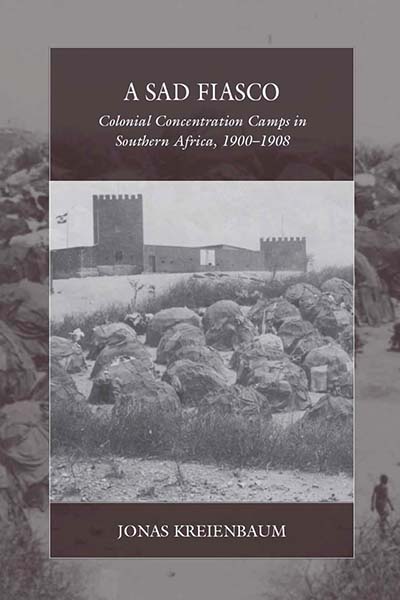 Published September 2019
Published September 2019 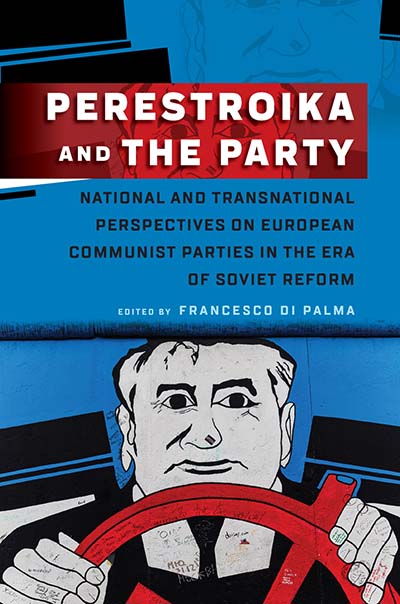 Published August 2019
Published August 2019 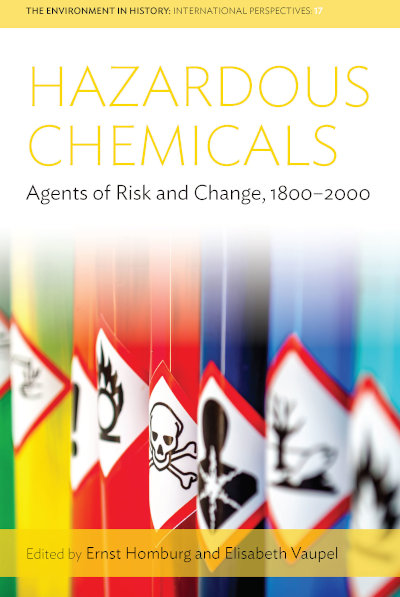 Published August 2019
Published August 2019 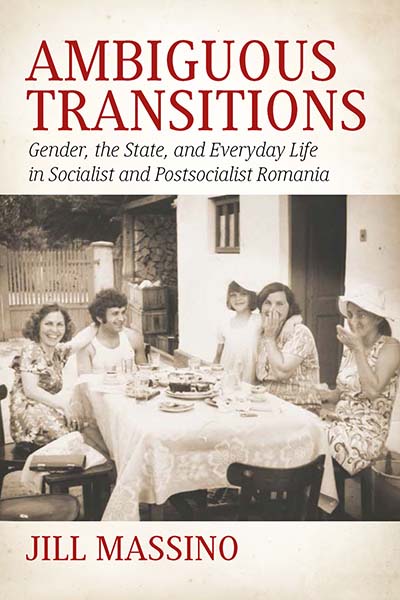 Published July 2019
Published July 2019 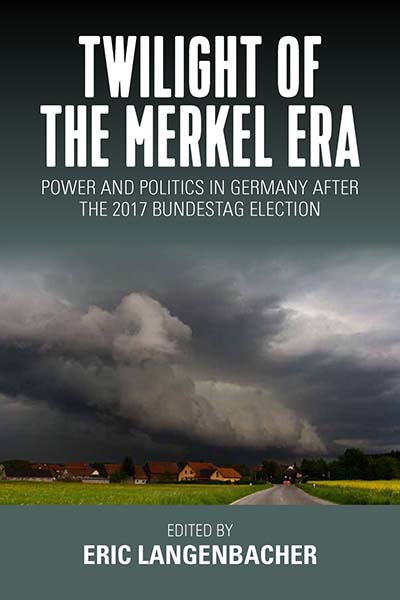 Published July 2019
Published July 2019 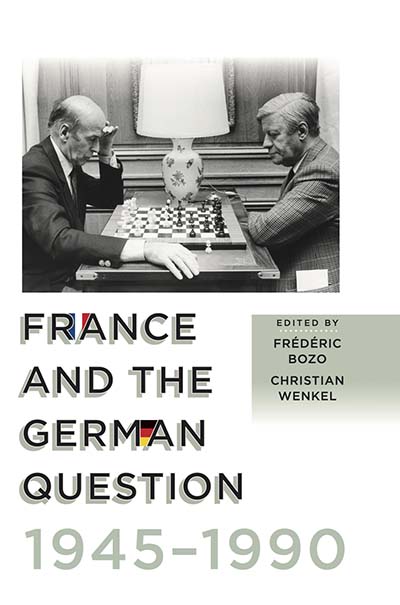 Published July 2019
Published July 2019  Published July 2019
Published July 2019 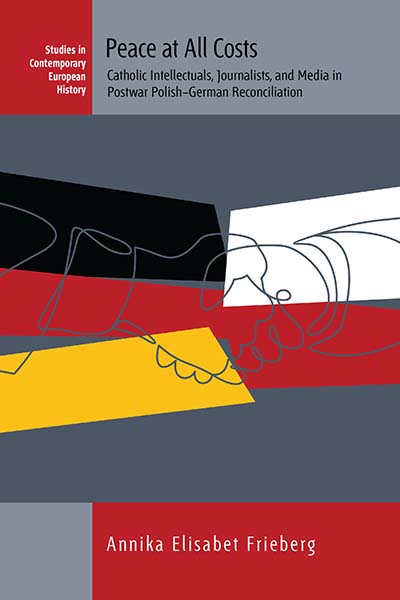 Published July 2019
Published July 2019 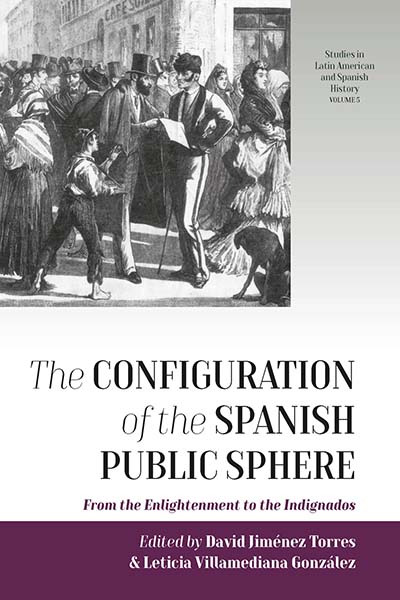 Published June 2019
Published June 2019 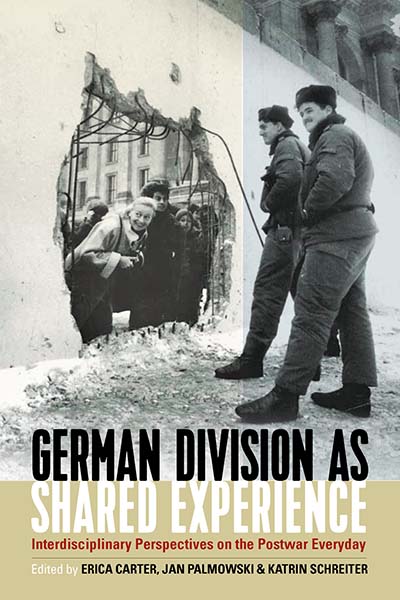 Published June 2019
Published June 2019  Published May 2019
Published May 2019 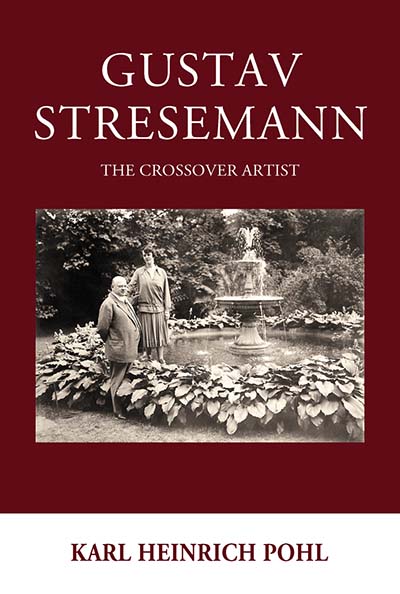 Published May 2019
Published May 2019 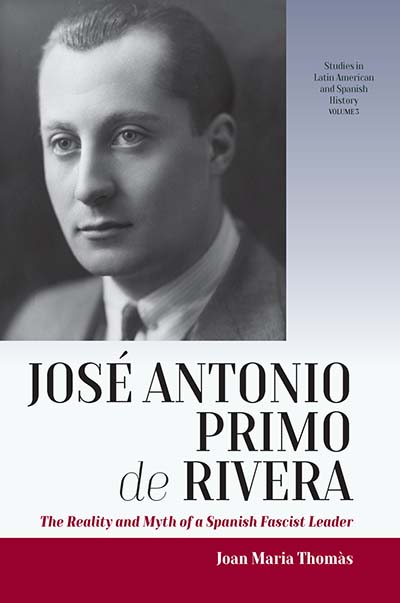 Published May 2019
Published May 2019 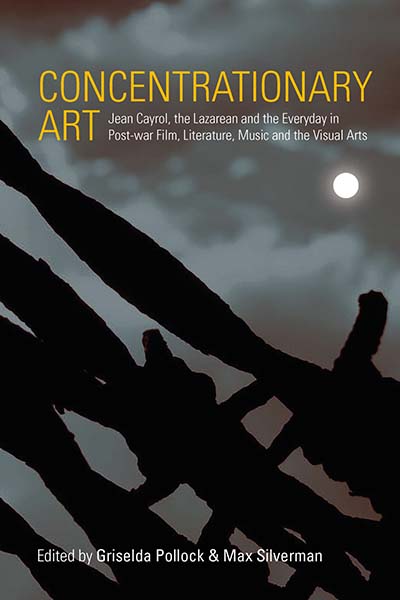 Published April 2019
Published April 2019 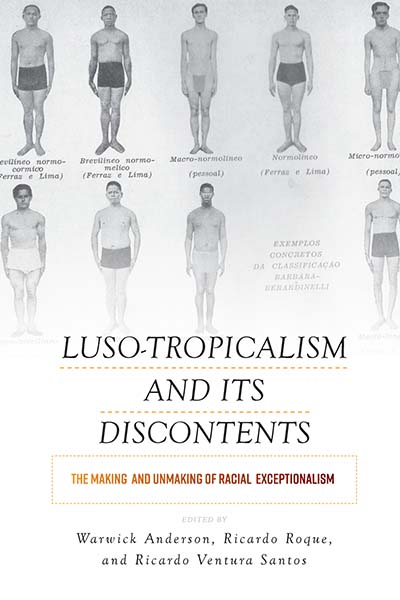 Published April 2019
Published April 2019  Published April 2019
Published April 2019 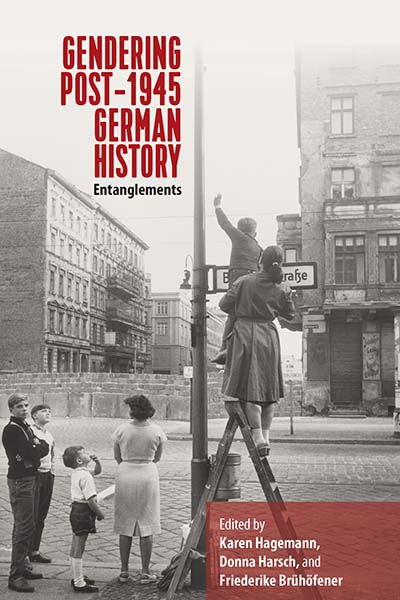 Published April 2019
Published April 2019 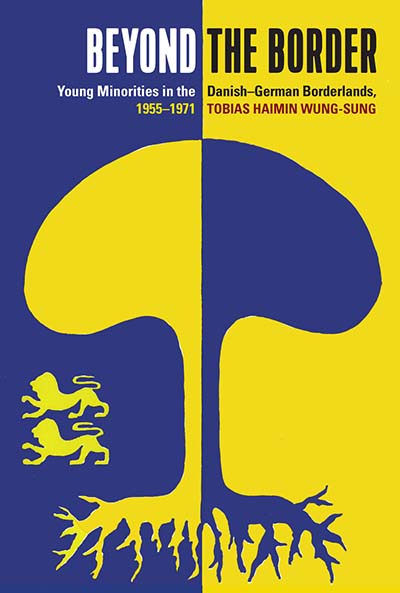 Published March 2019
Published March 2019 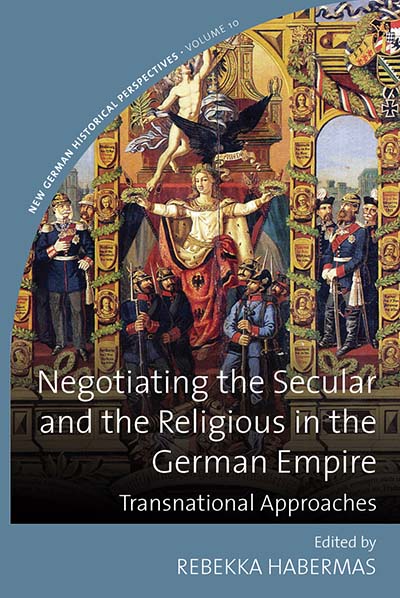 Published March 2019
Published March 2019 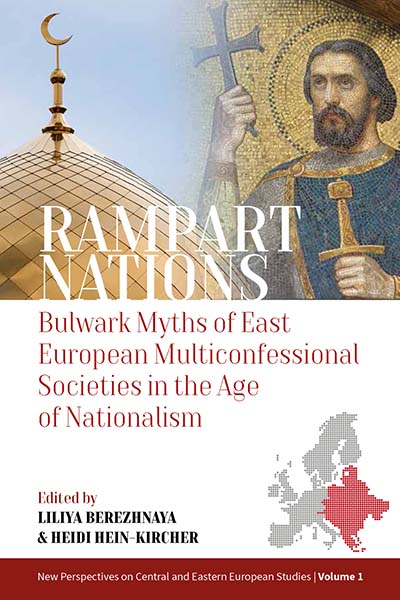 Published March 2019
Published March 2019 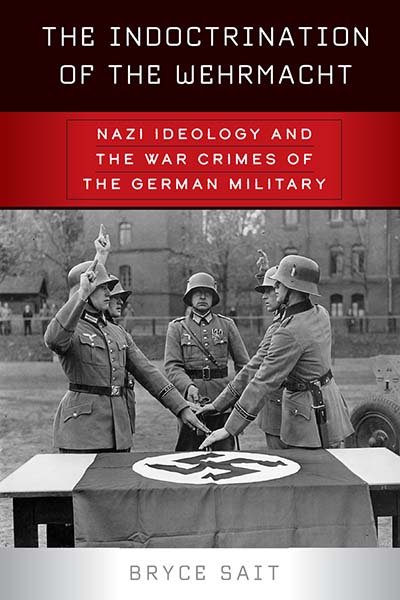 Published March 2019
Published March 2019 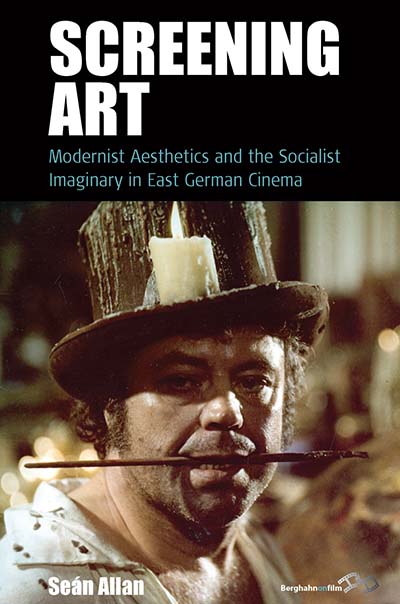 Published February 2019
Published February 2019 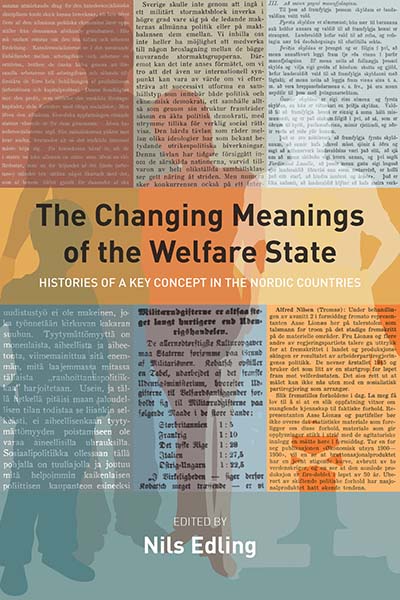 Published January 2019
Published January 2019 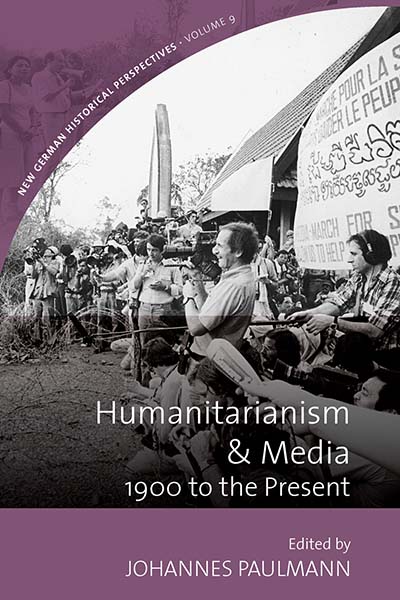 Published December 2018
Published December 2018 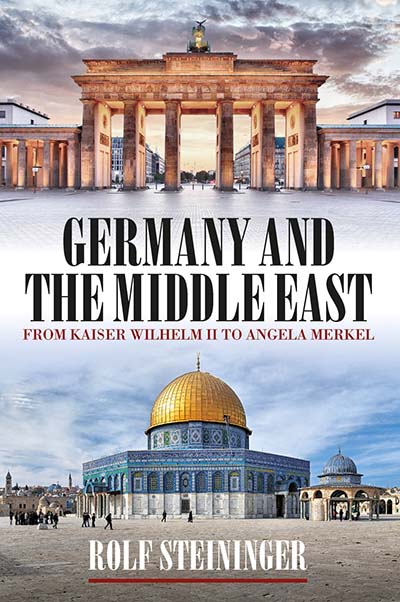 Published December 2018
Published December 2018 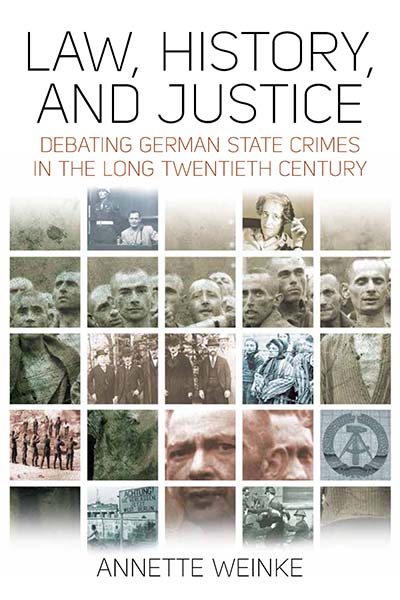 Published December 2018
Published December 2018 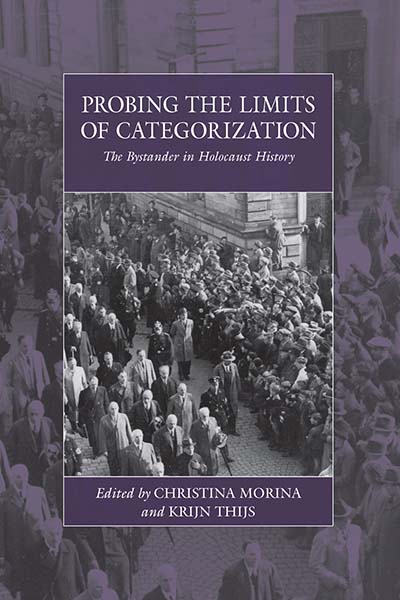 Published November 2018
Published November 2018 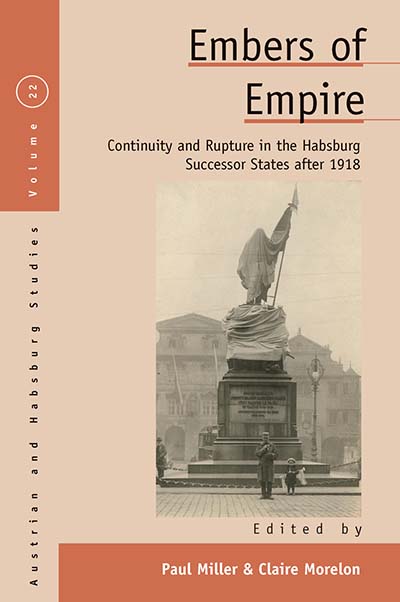 Published November 2018
Published November 2018 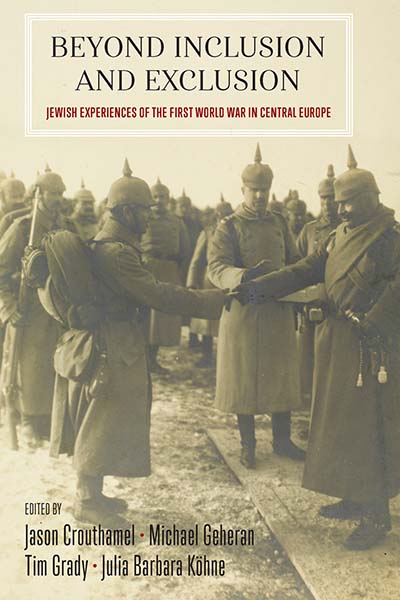 Published November 2018
Published November 2018 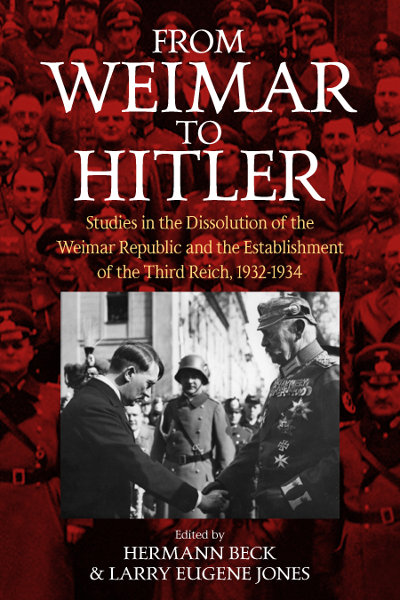 Published November 2018
Published November 2018 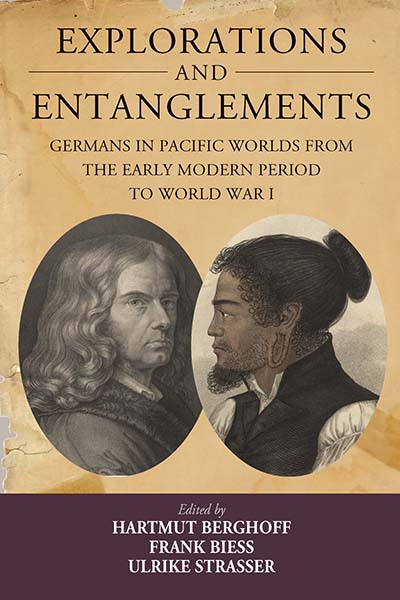 Published November 2018
Published November 2018 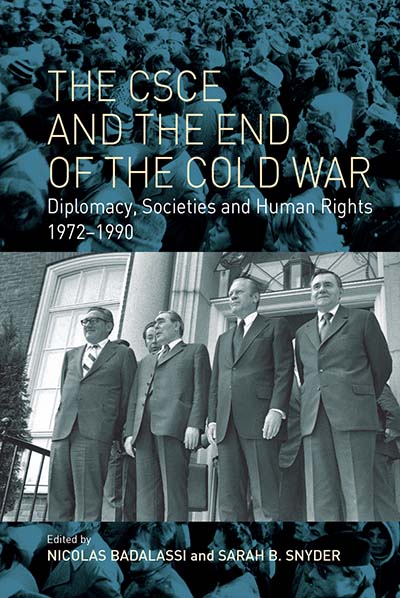 Published November 2018
Published November 2018 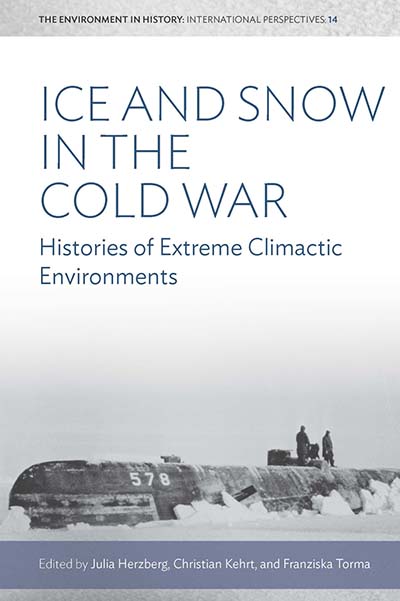 Published October 2018
Published October 2018 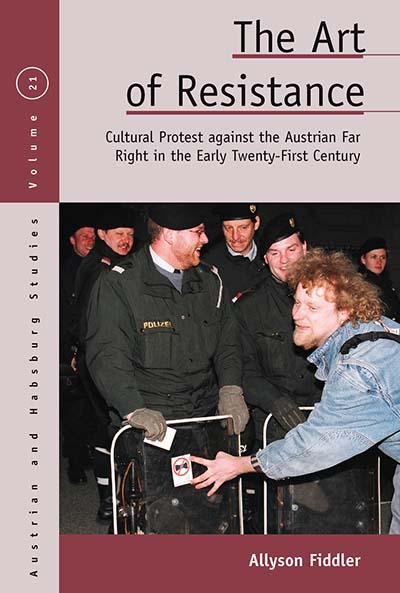 Published October 2018
Published October 2018 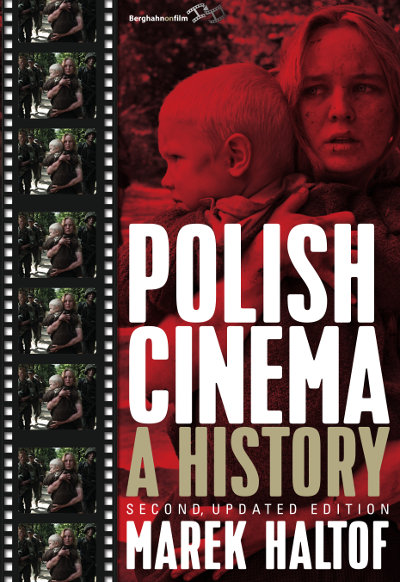 Published October 2018
Published October 2018 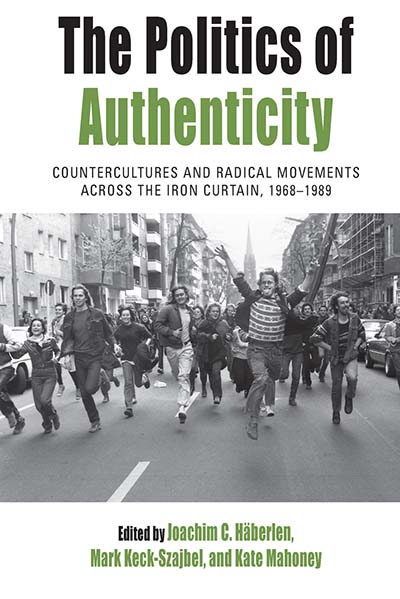 Published October 2018
Published October 2018 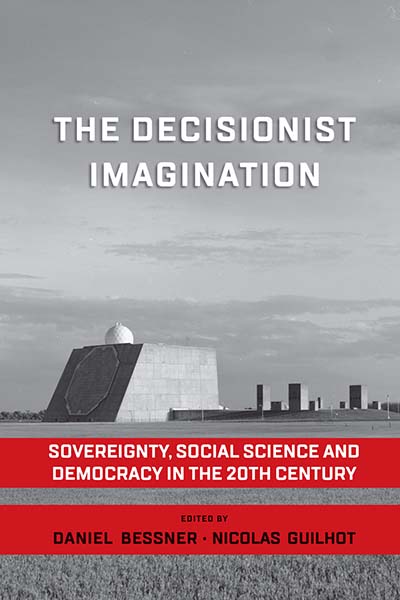 Published October 2018
Published October 2018 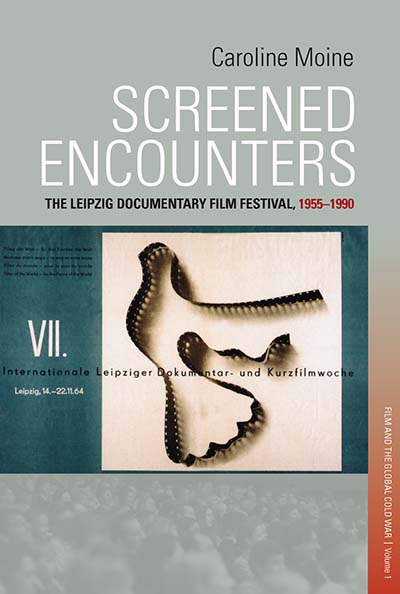 Published September 2018
Published September 2018 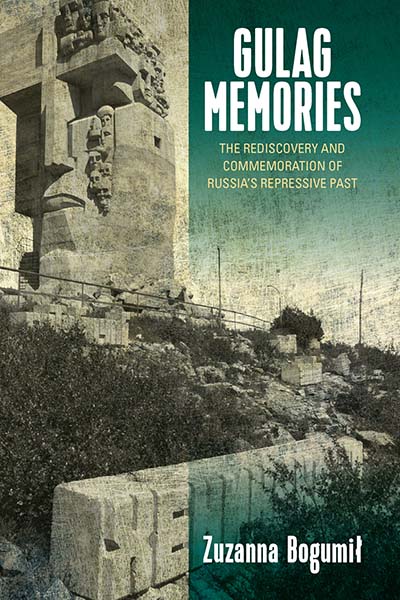 Published September 2018
Published September 2018 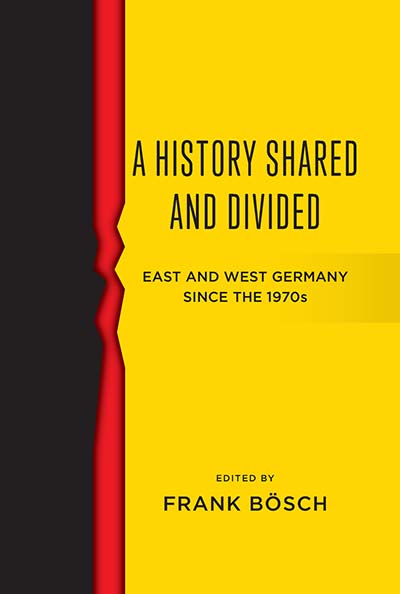 Published September 2018
Published September 2018 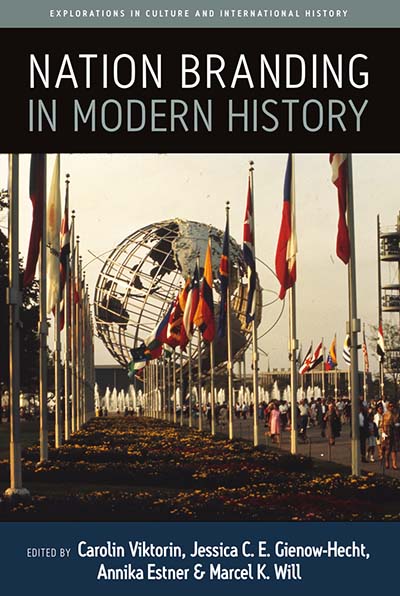 Published August 2018
Published August 2018 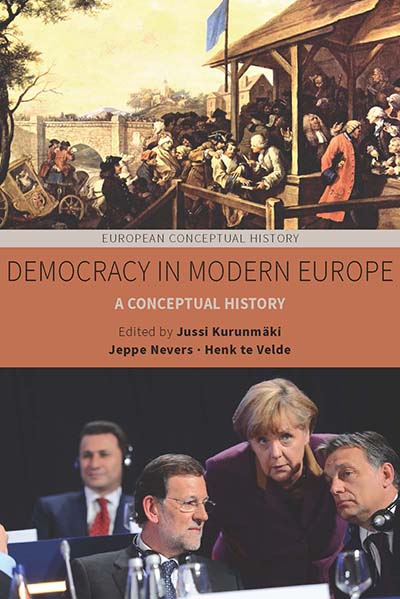 Published June 2018
Published June 2018 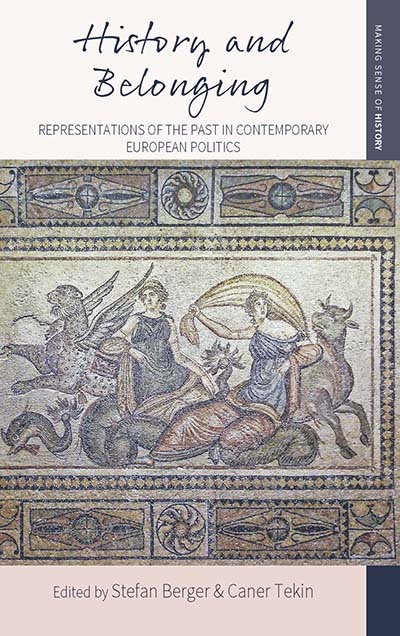 Published June 2018
Published June 2018 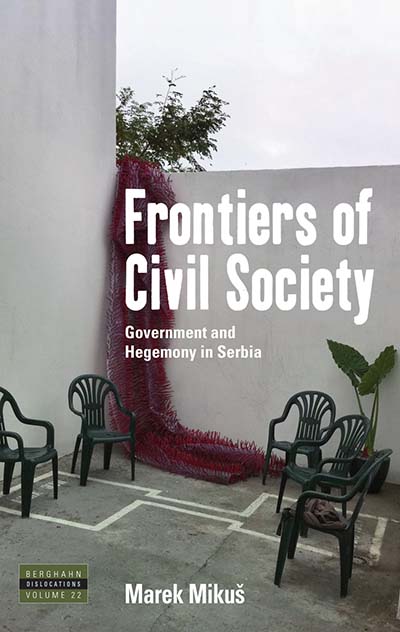 Published June 2018
Published June 2018 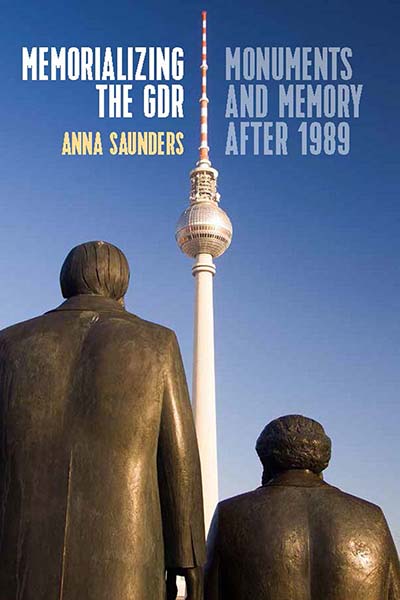 Published May 2018
Published May 2018 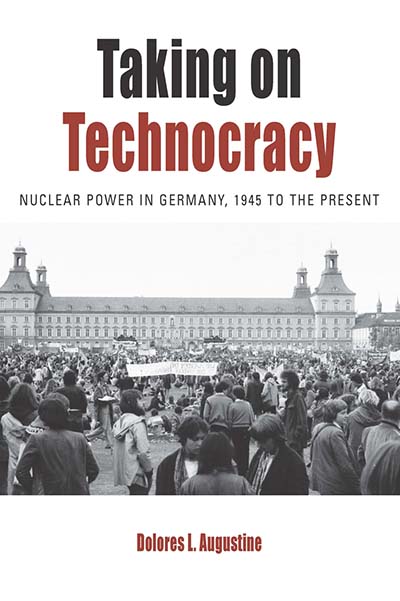 Published May 2018
Published May 2018 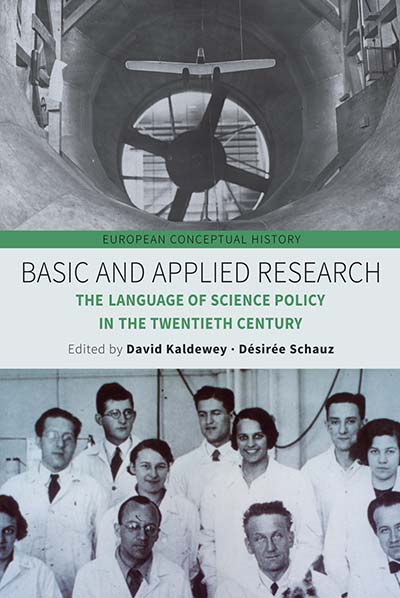 Published April 2018
Published April 2018 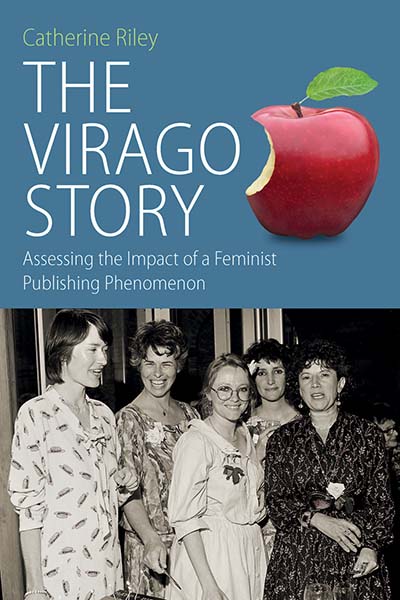 Published April 2018
Published April 2018 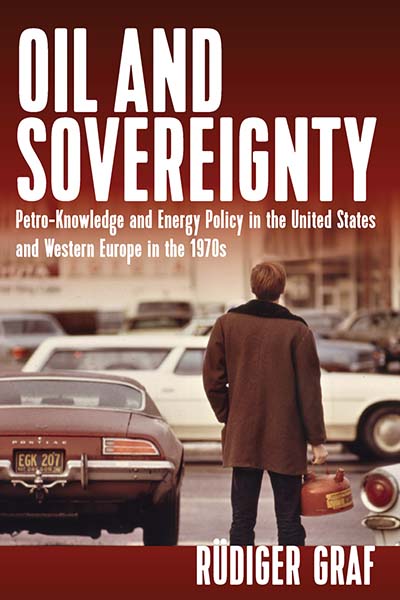 Published April 2018
Published April 2018 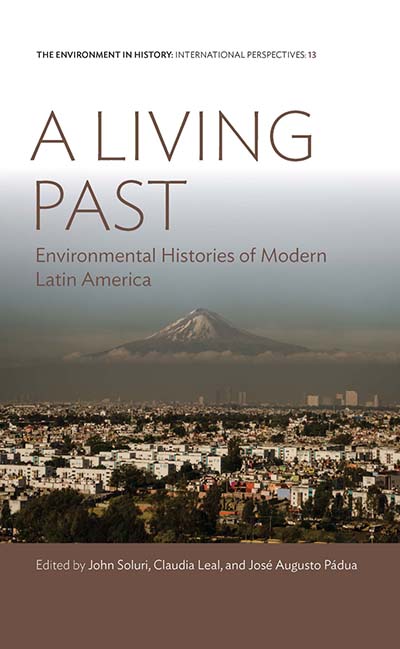 Published February 2018
Published February 2018 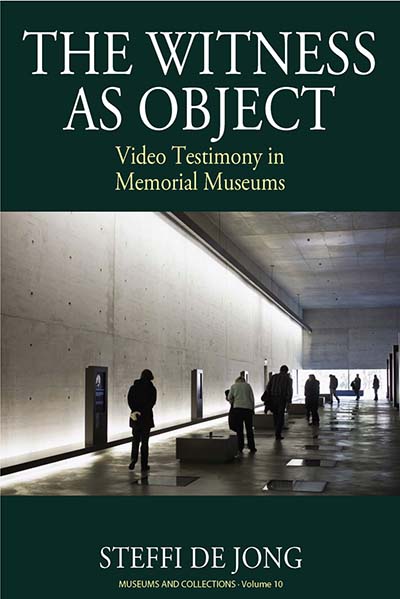 Published January 2018
Published January 2018 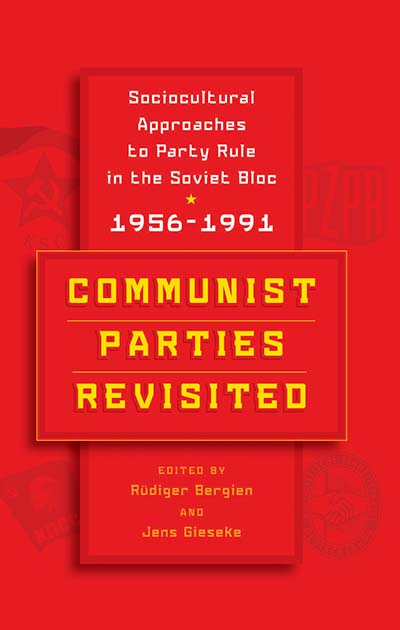 Published January 2018
Published January 2018 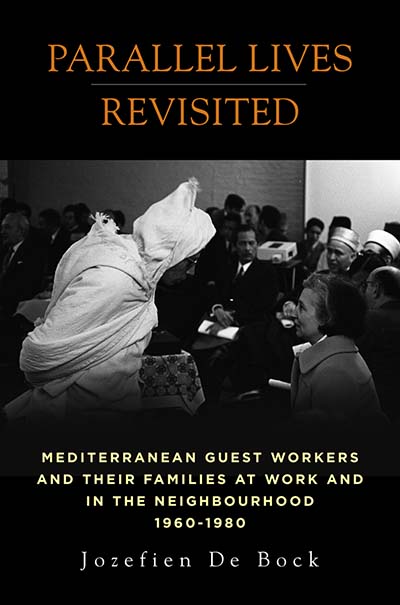 Published January 2018
Published January 2018 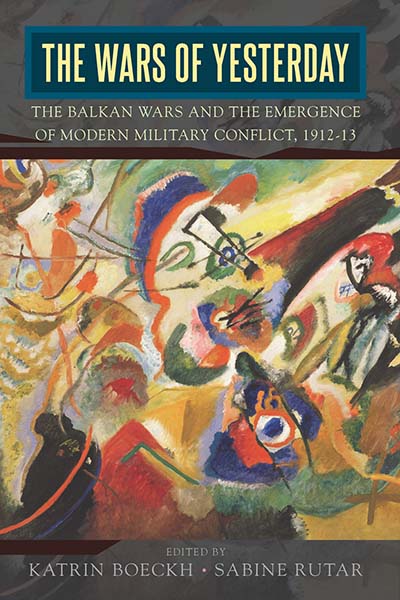 Published January 2018
Published January 2018 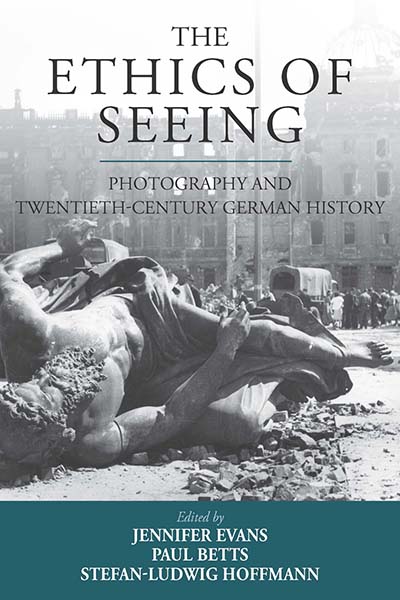 Published January 2018
Published January 2018 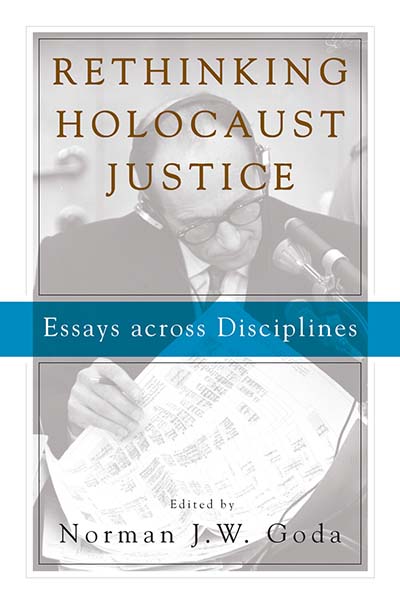 Published December 2017
Published December 2017 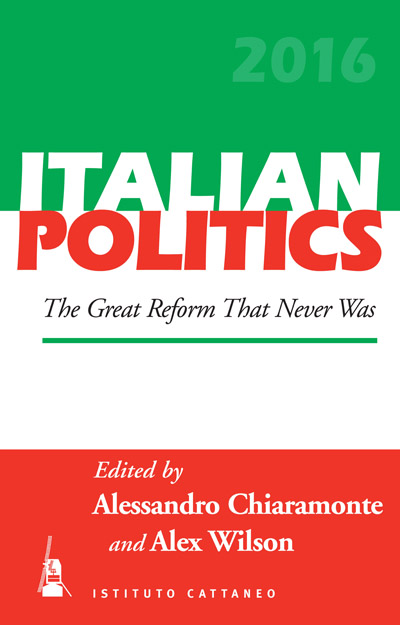 Published December 2017
Published December 2017 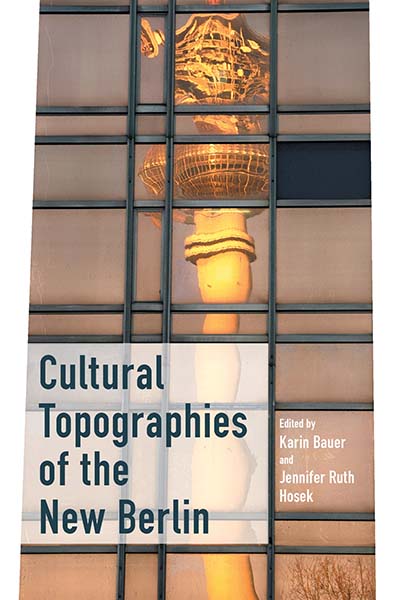 Published November 2017
Published November 2017 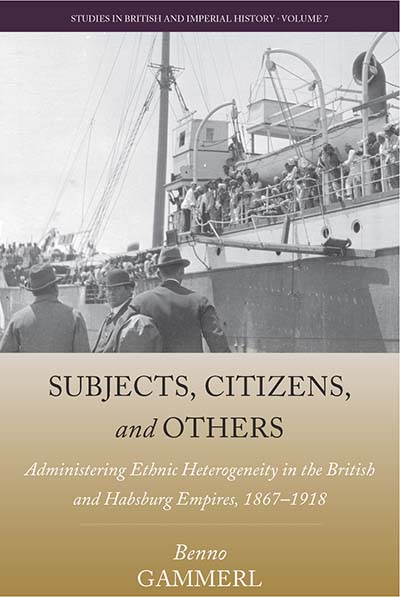 Published November 2017
Published November 2017 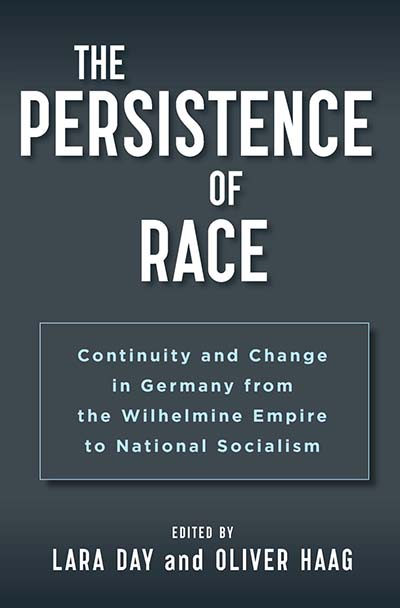 Published October 2017
Published October 2017 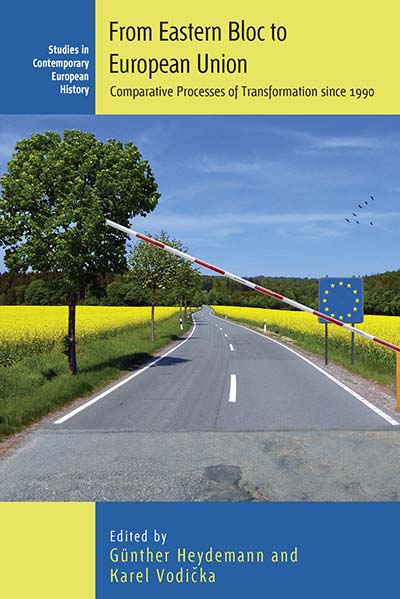 Published October 2017
Published October 2017 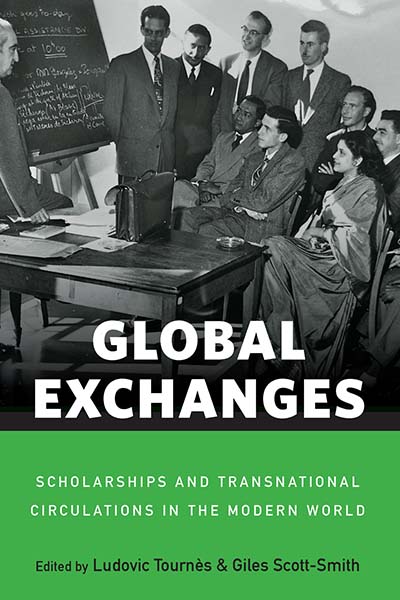 Published October 2017
Published October 2017 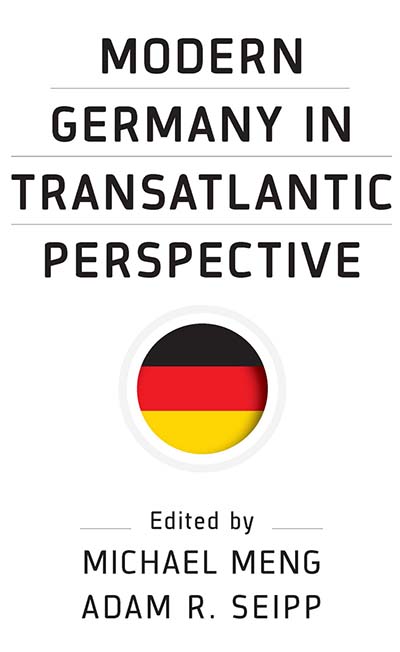 Published October 2017
Published October 2017 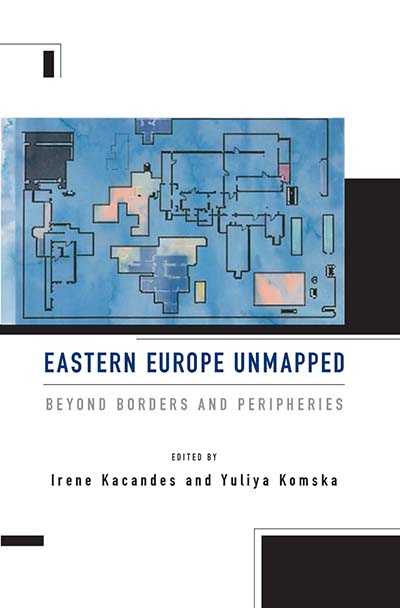 Published October 2017
Published October 2017 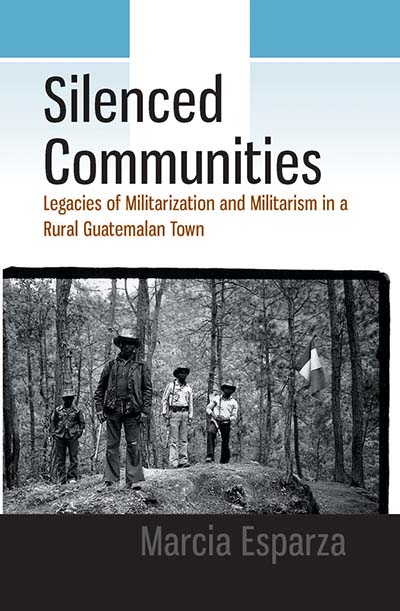 Published October 2017
Published October 2017 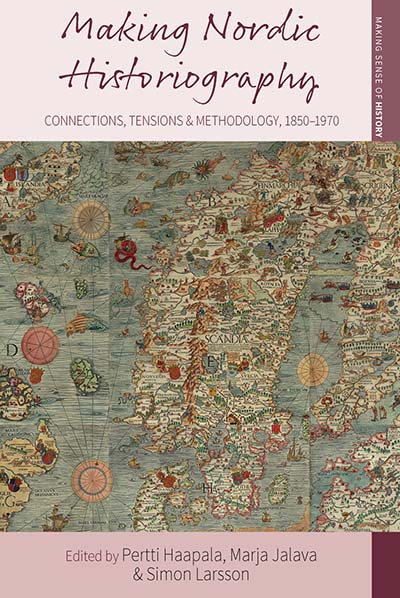 Published September 2017
Published September 2017 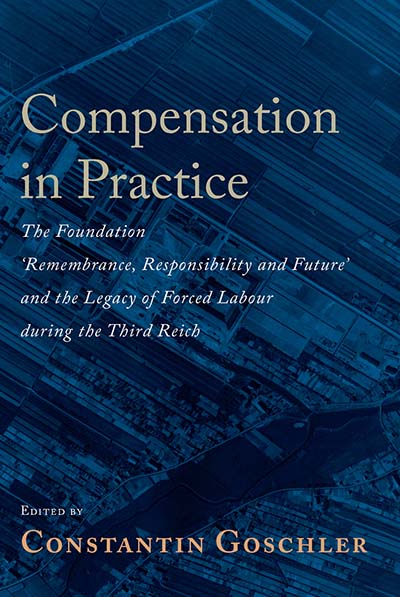 Published September 2017
Published September 2017 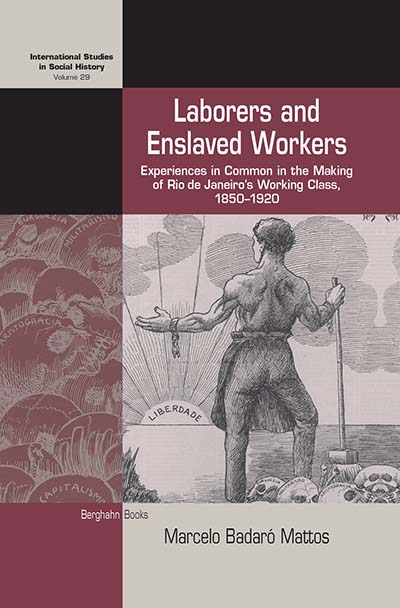 Published September 2017
Published September 2017 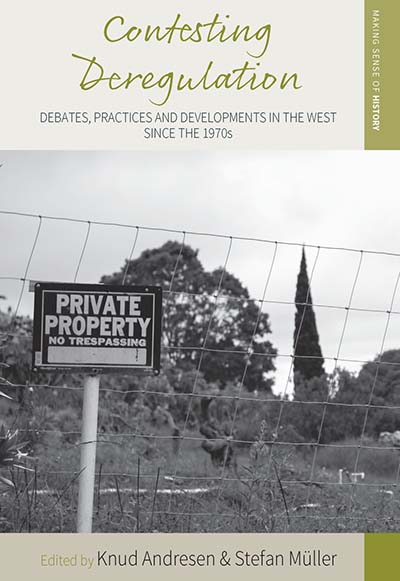 Published September 2017
Published September 2017 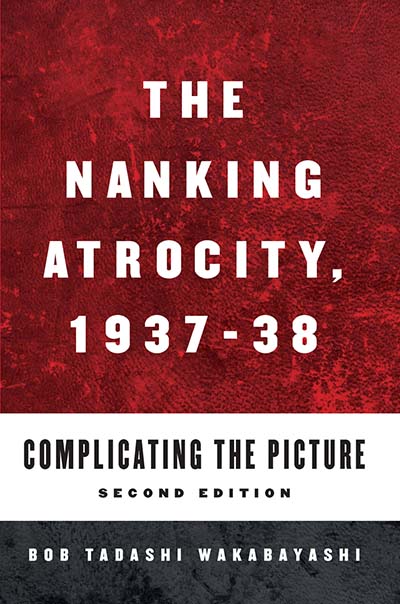 Published August 2017
Published August 2017 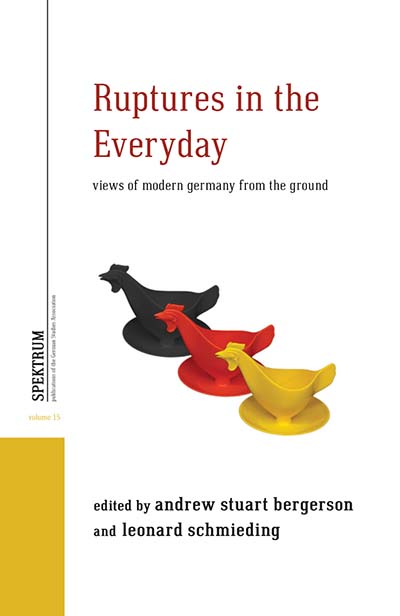 Published July 2017
Published July 2017 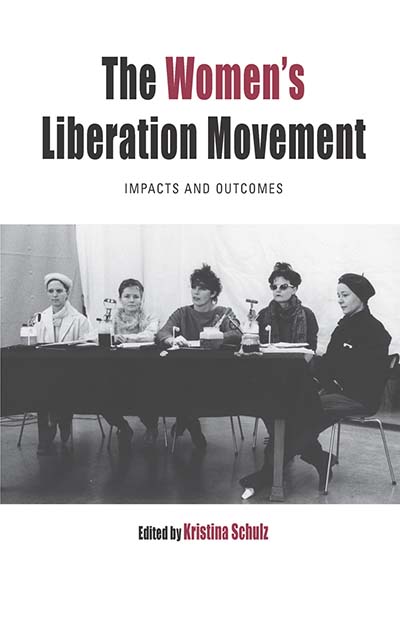 Published July 2017
Published July 2017 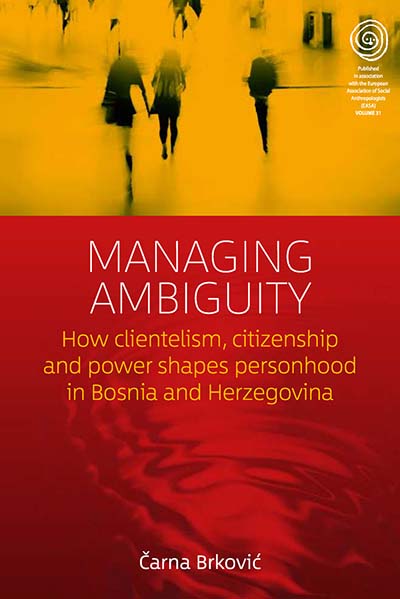 Published July 2017
Published July 2017 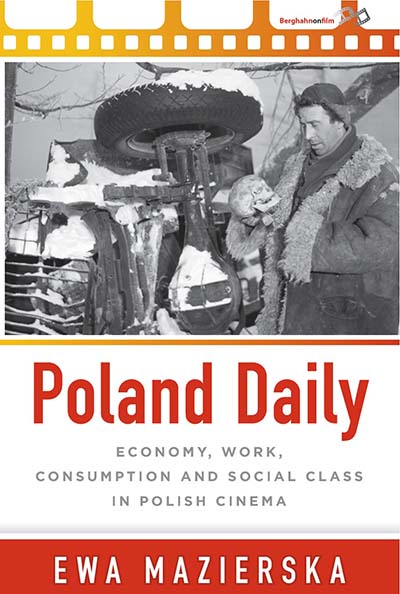 Published June 2017
Published June 2017 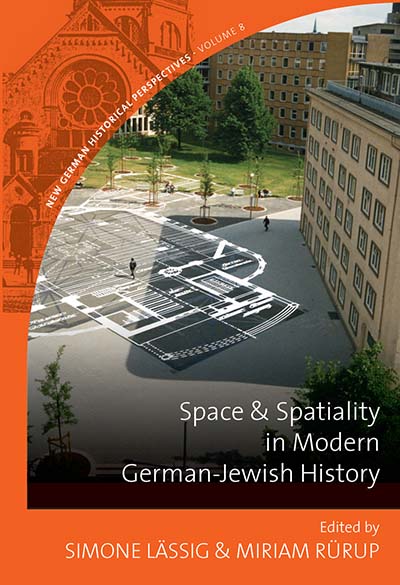 Published June 2017
Published June 2017 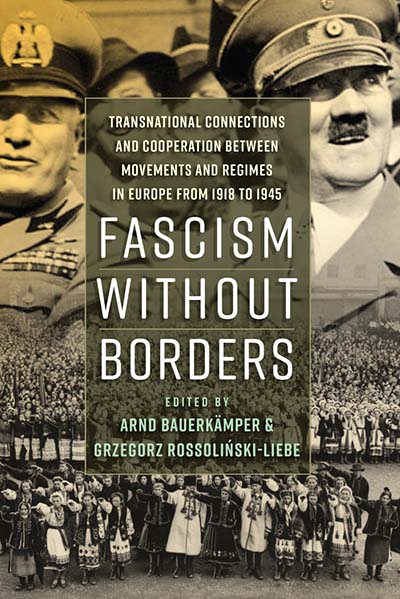 Published May 2017
Published May 2017 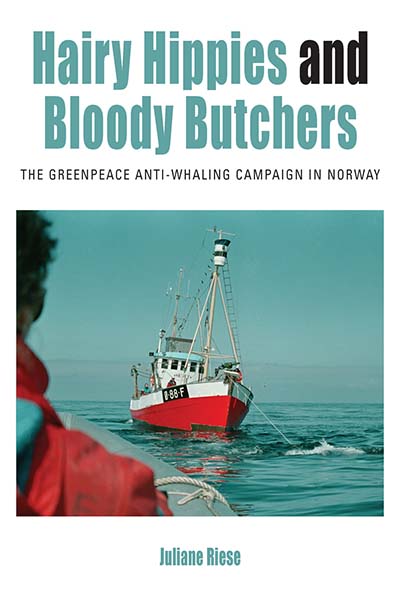 Published May 2017
Published May 2017 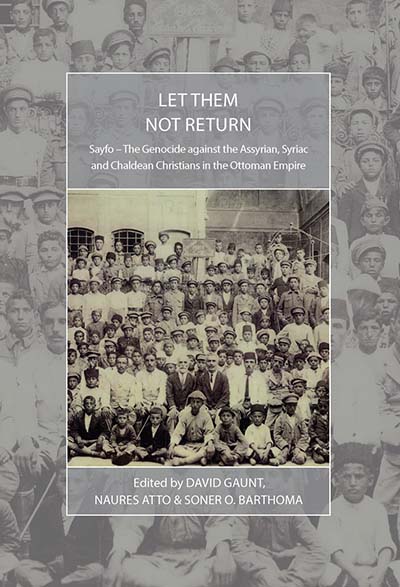 Published May 2017
Published May 2017 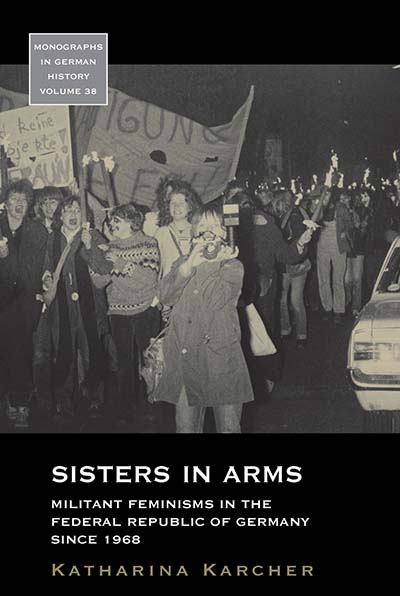 Published May 2017
Published May 2017 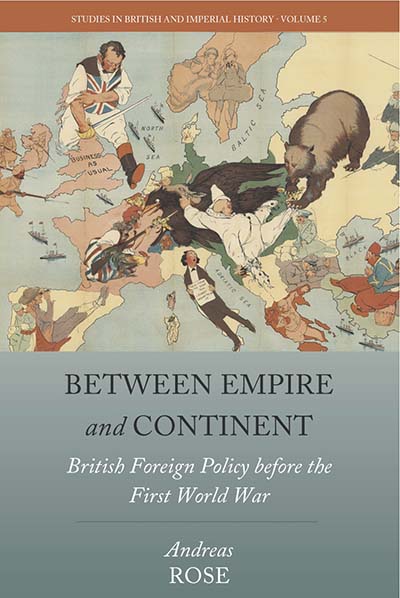 Published May 2017
Published May 2017 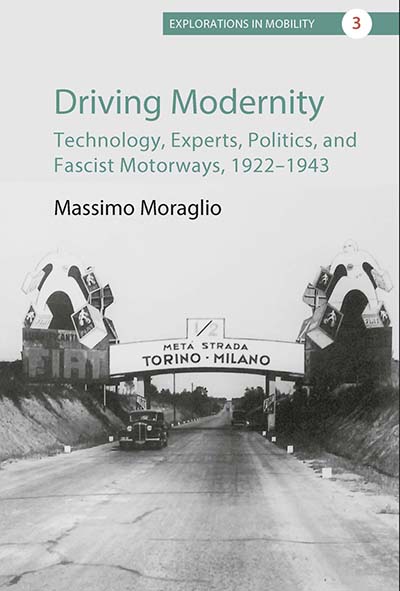 Published April 2017
Published April 2017 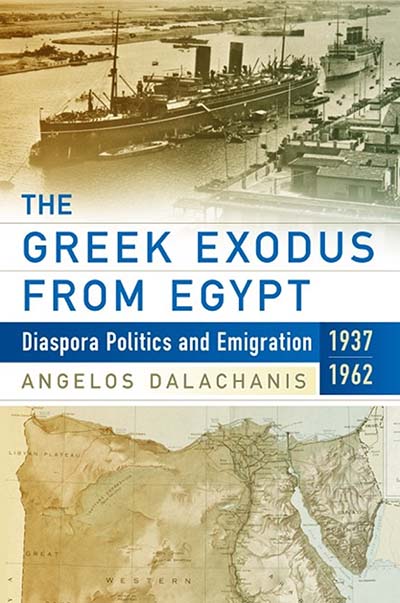 Published April 2017
Published April 2017 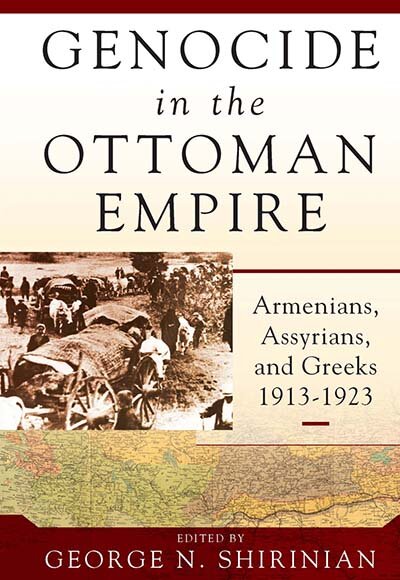 Published February 2017
Published February 2017 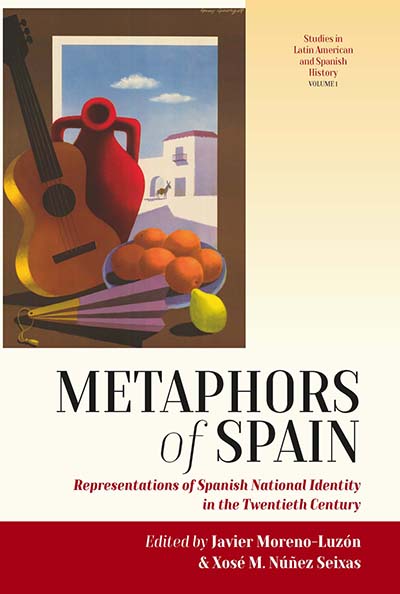 Published February 2017
Published February 2017 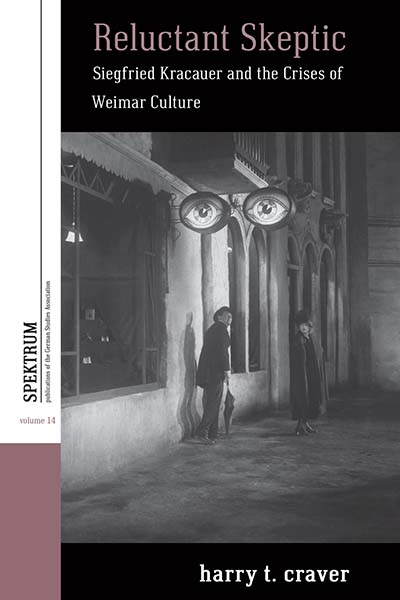 Published February 2017
Published February 2017 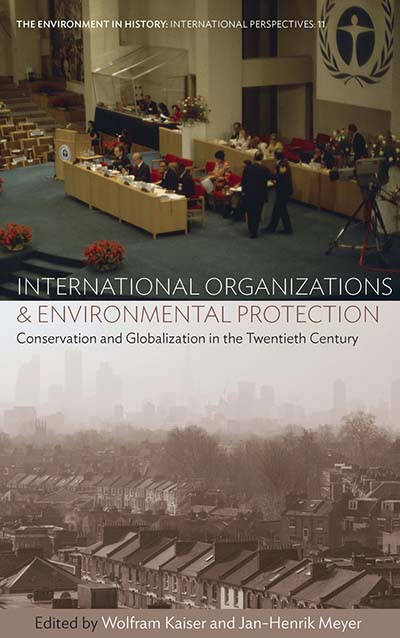 Published December 2016
Published December 2016 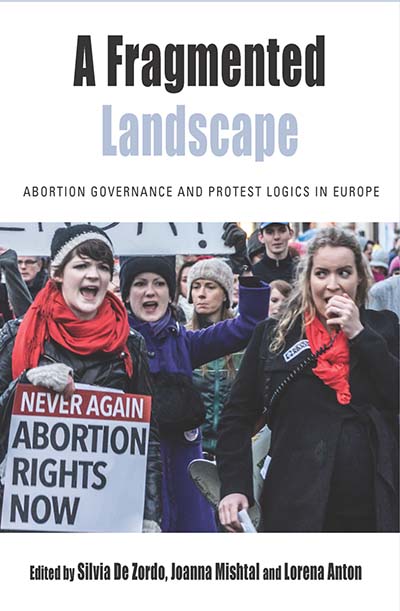 Published December 2016
Published December 2016 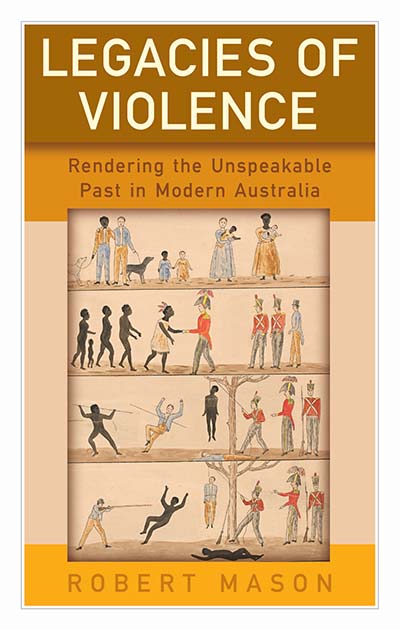 Published December 2016
Published December 2016 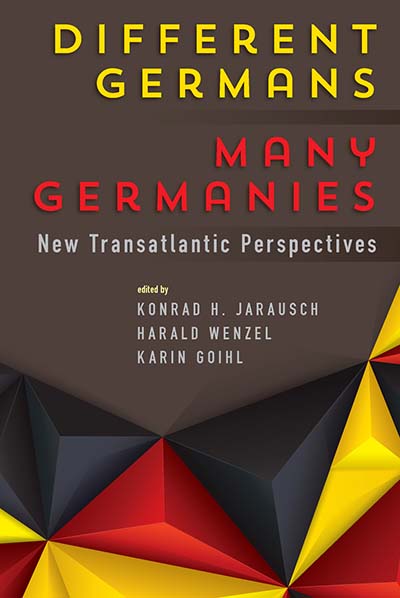 Published December 2016
Published December 2016 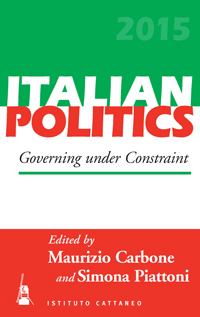 Published December 2016
Published December 2016 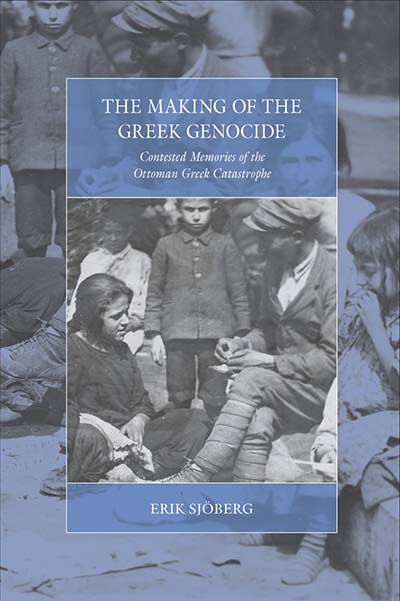 Published November 2016
Published November 2016 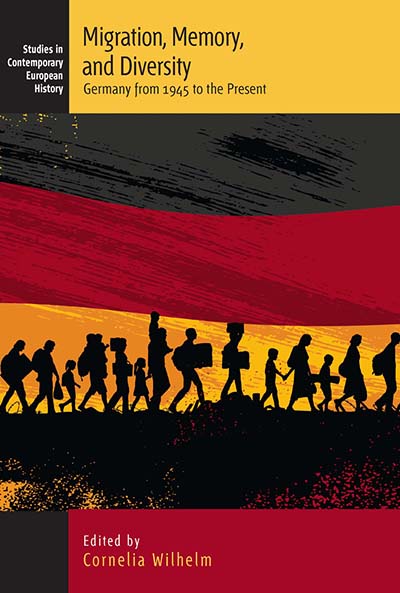 Published November 2016
Published November 2016 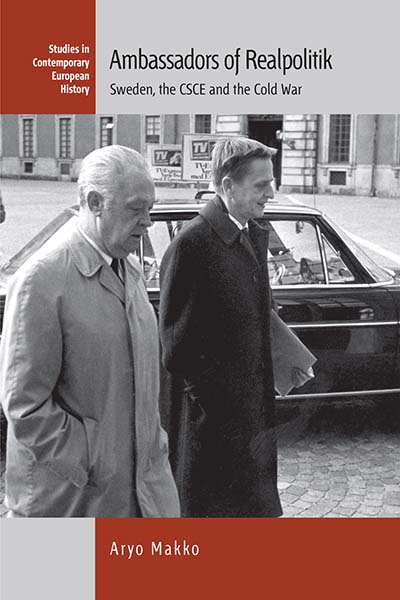 Published November 2016
Published November 2016 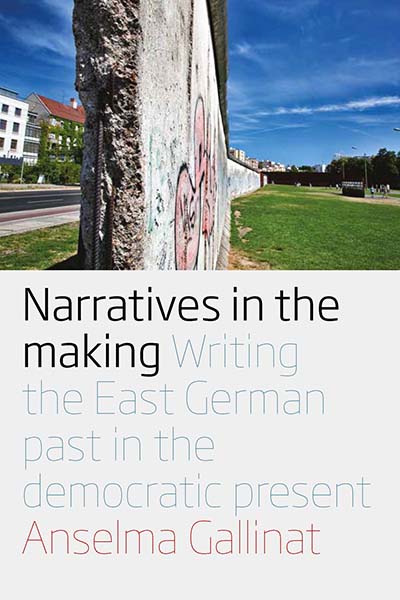 Published November 2016
Published November 2016 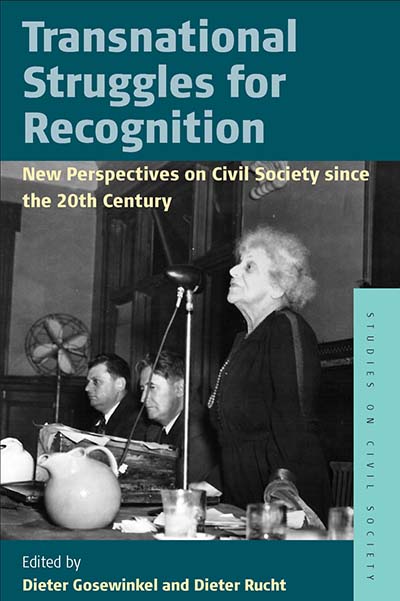 Published November 2016
Published November 2016 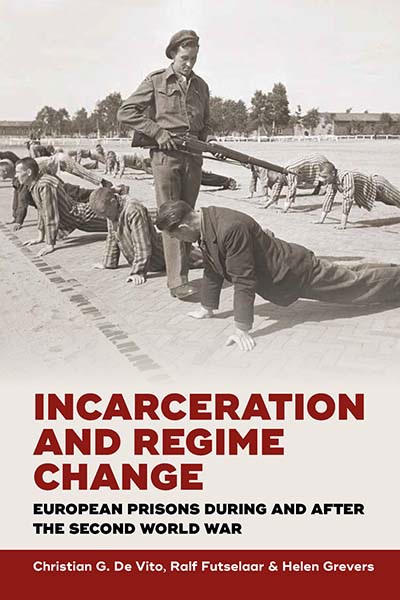 Published October 2016
Published October 2016 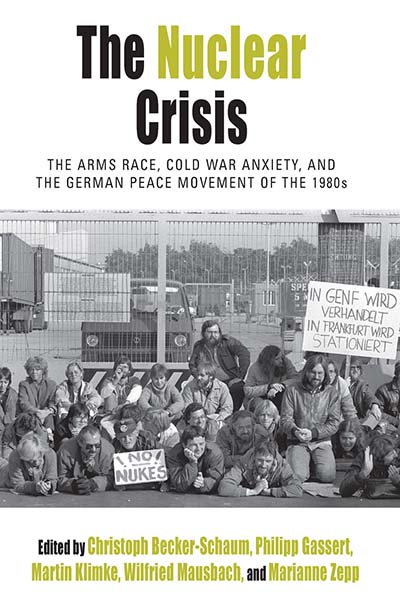 Published October 2016
Published October 2016 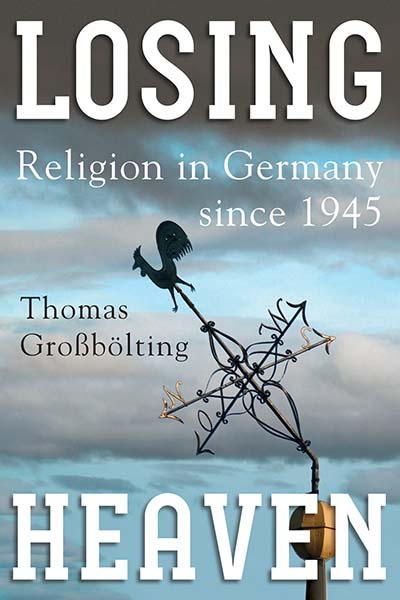 Published October 2016
Published October 2016 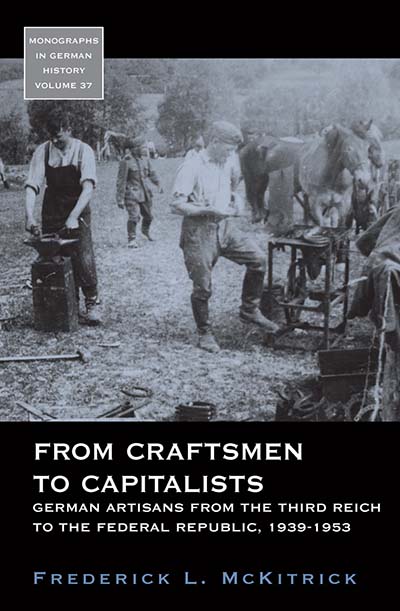 Published September 2016
Published September 2016 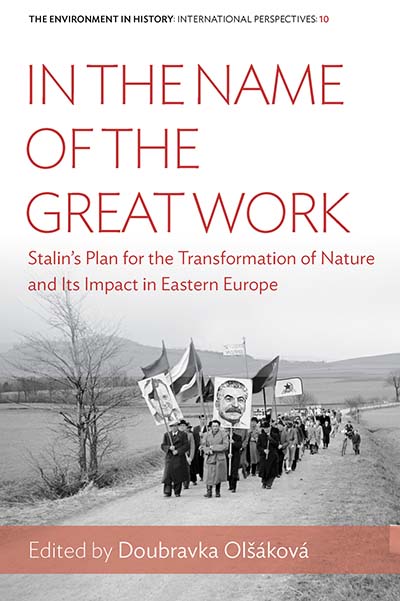 Published September 2016
Published September 2016 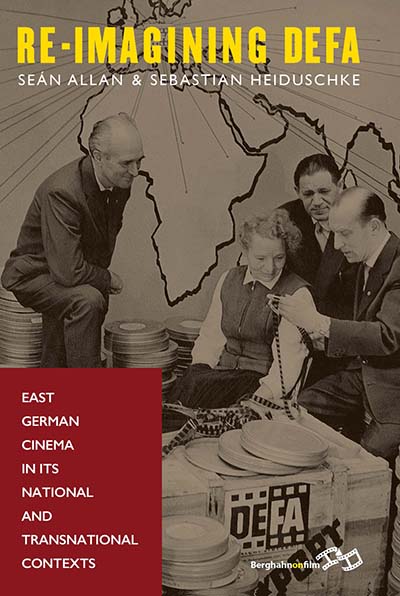 Published September 2016
Published September 2016 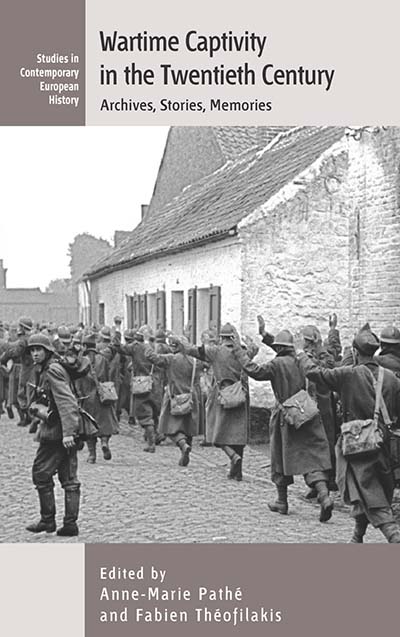 Published August 2016
Published August 2016  Published August 2016
Published August 2016 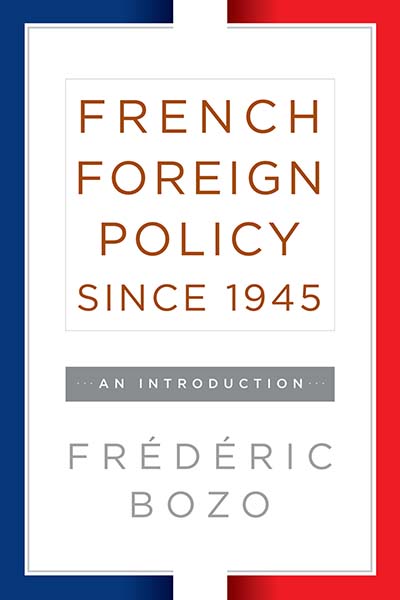 Published August 2016
Published August 2016 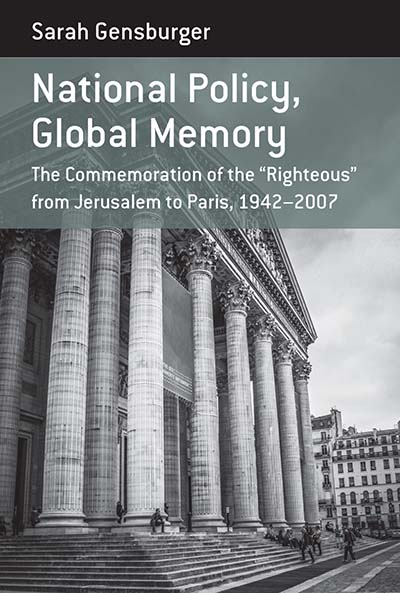 Published July 2016
Published July 2016 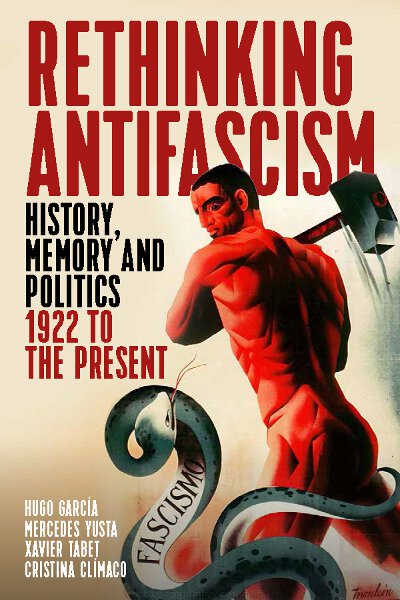 Published June 2016
Published June 2016  Published June 2016
Published June 2016 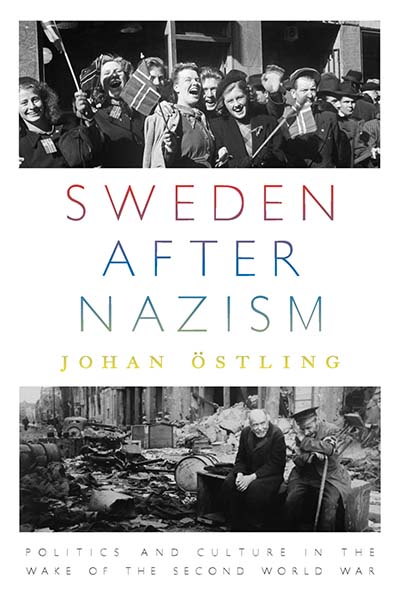 Published June 2016
Published June 2016 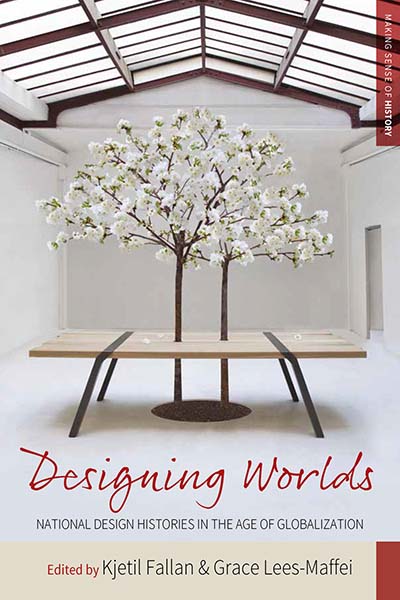 Published June 2016
Published June 2016 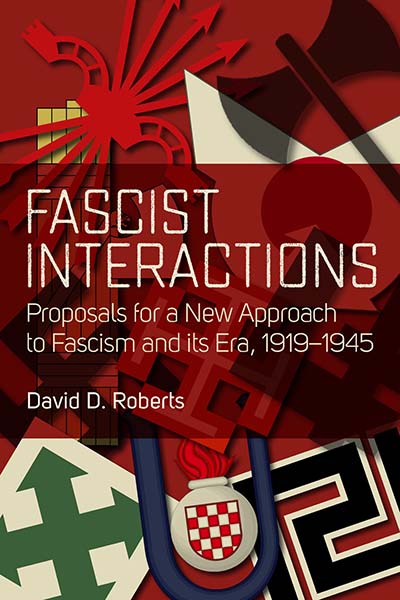 Published May 2016
Published May 2016 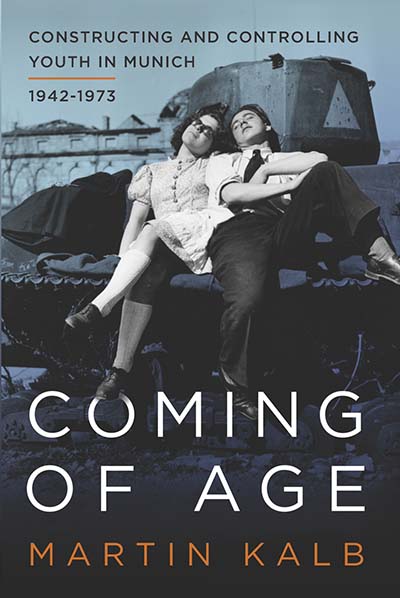 Published May 2016
Published May 2016 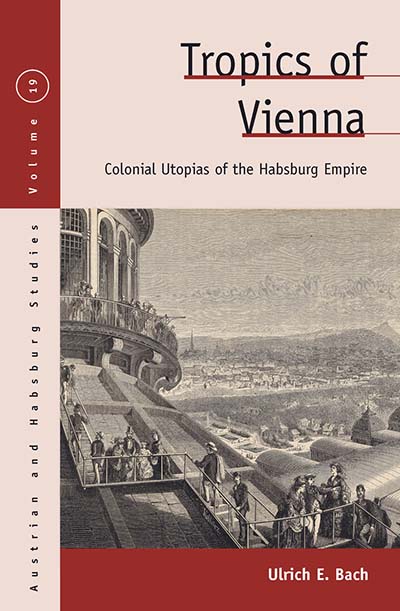 Published May 2016
Published May 2016 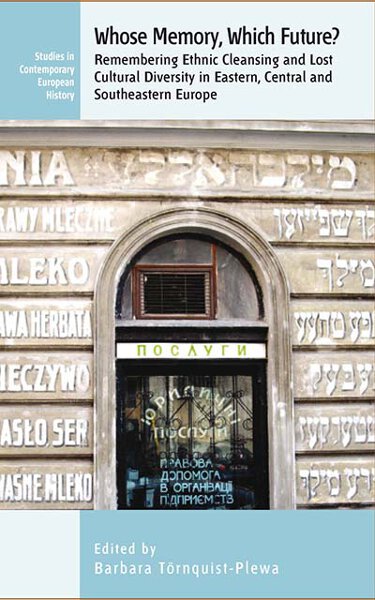 Published April 2016
Published April 2016 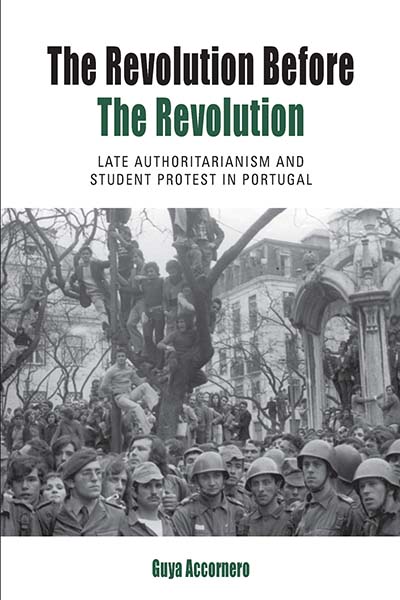 Published April 2016
Published April 2016 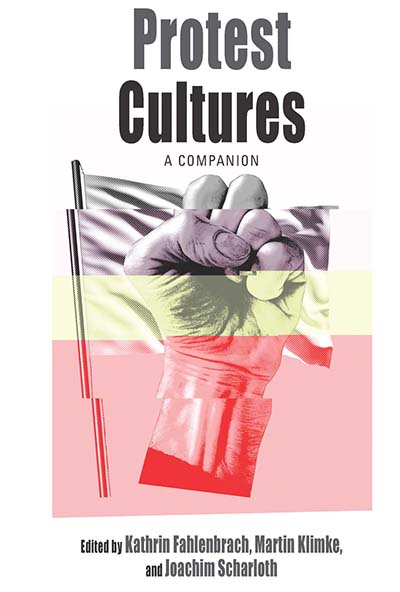 Published March 2016
Published March 2016 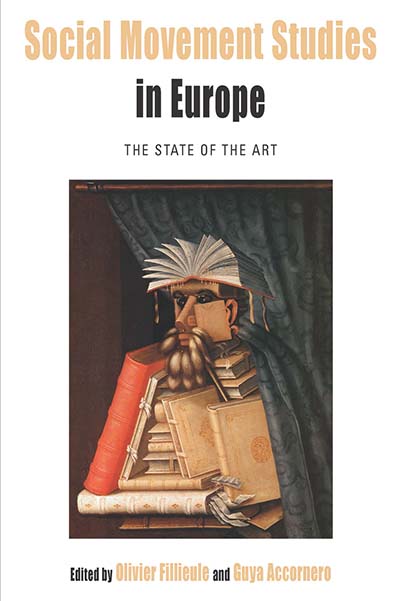 Published March 2016
Published March 2016 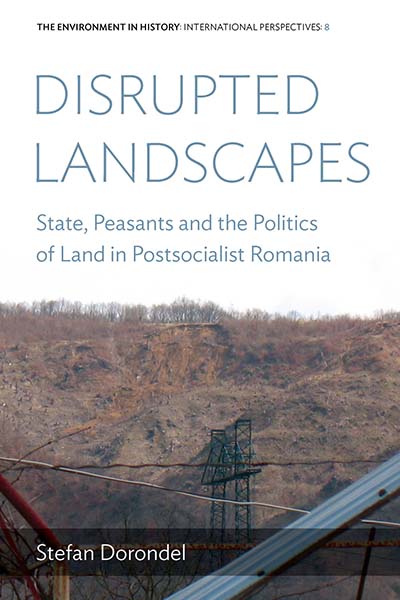 Published March 2016
Published March 2016 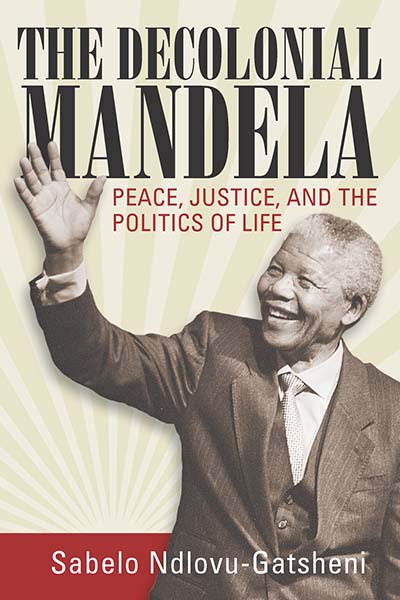 Published March 2016
Published March 2016 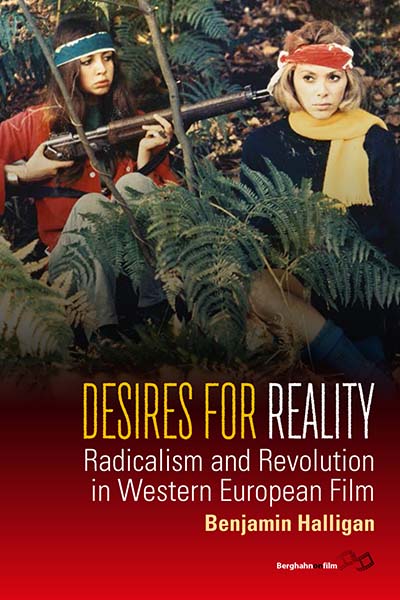 Published February 2016
Published February 2016 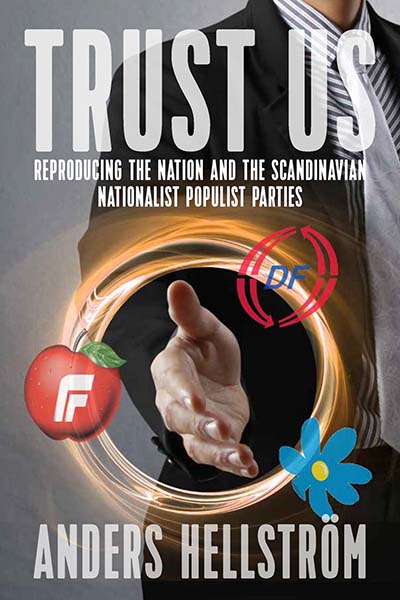 Published January 2016
Published January 2016 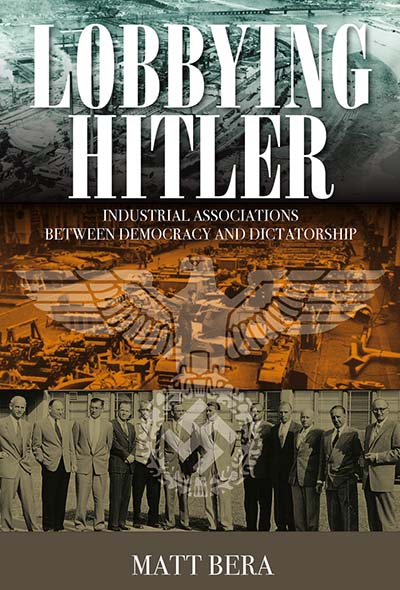 Published January 2016
Published January 2016 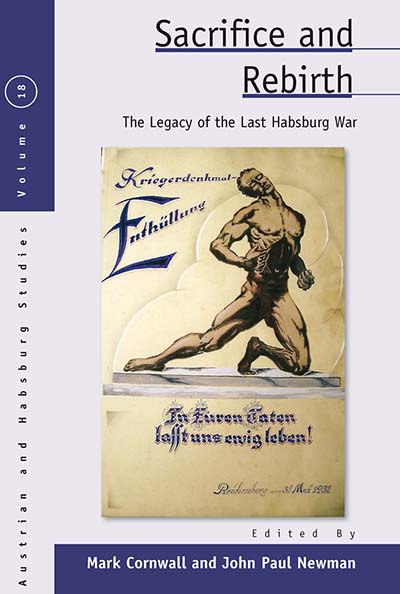 Published January 2016
Published January 2016 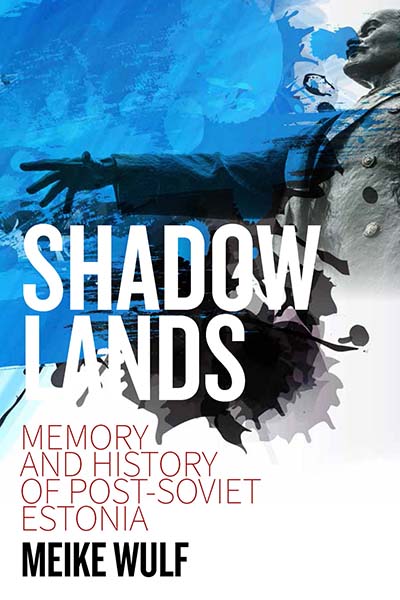 Published January 2016
Published January 2016 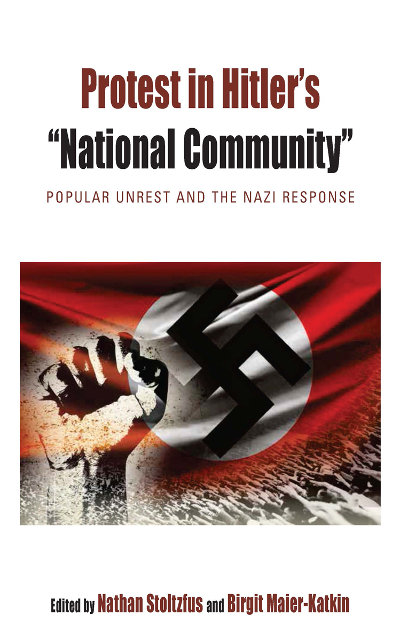 Published December 2015
Published December 2015 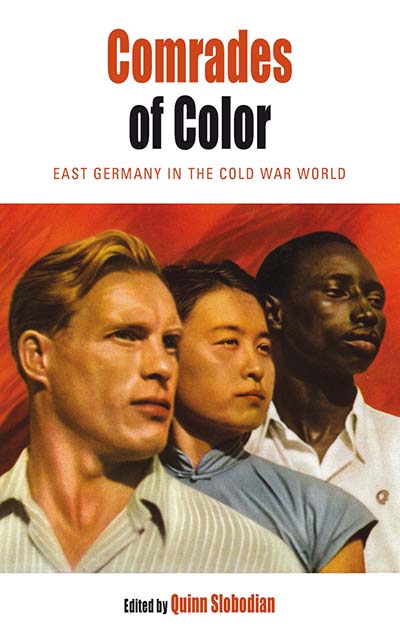 Published December 2015
Published December 2015 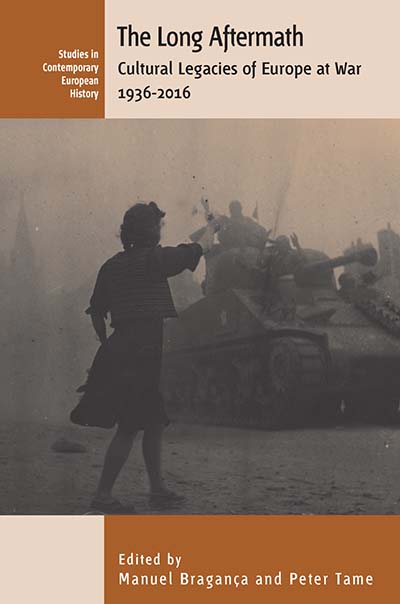 Published December 2015
Published December 2015 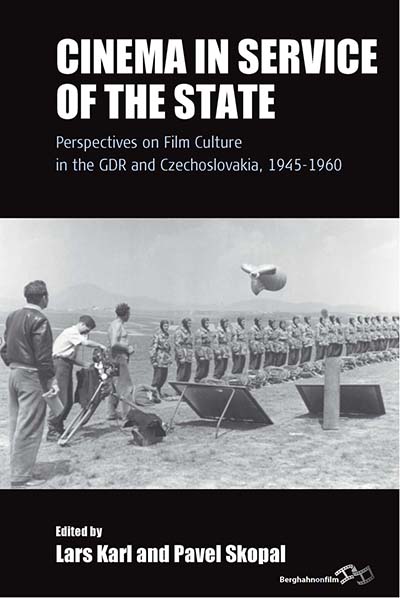 Published December 2015
Published December 2015 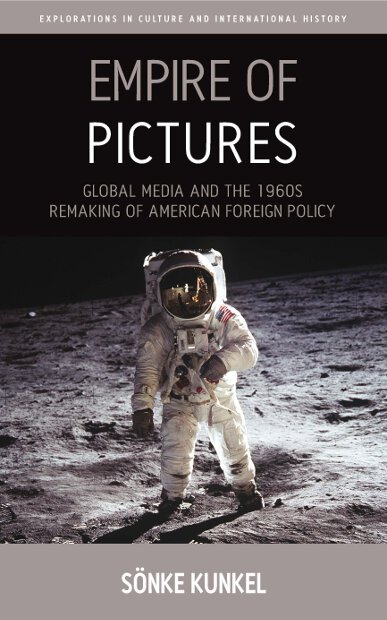 Published December 2015
Published December 2015 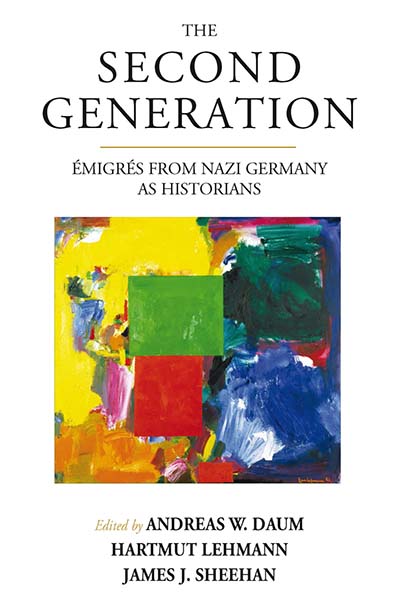 Published December 2015
Published December 2015 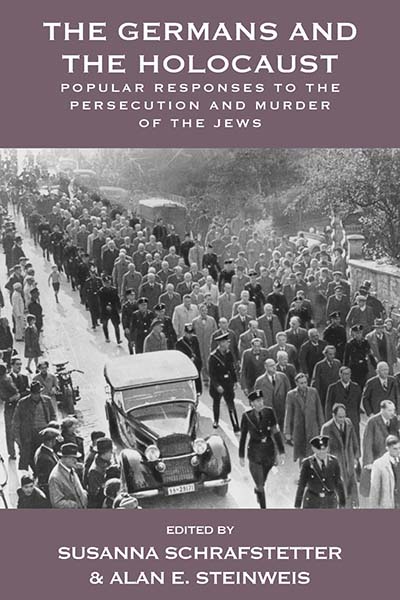 Published November 2015
Published November 2015 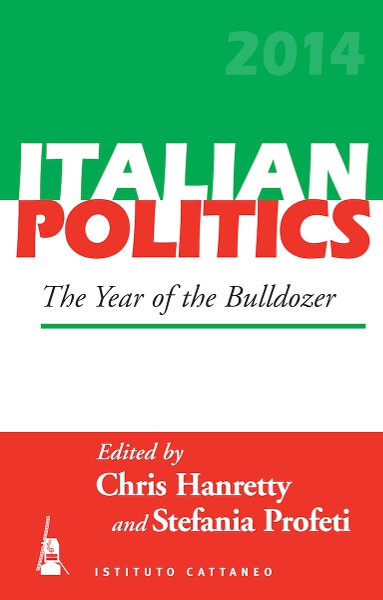 Published November 2015
Published November 2015 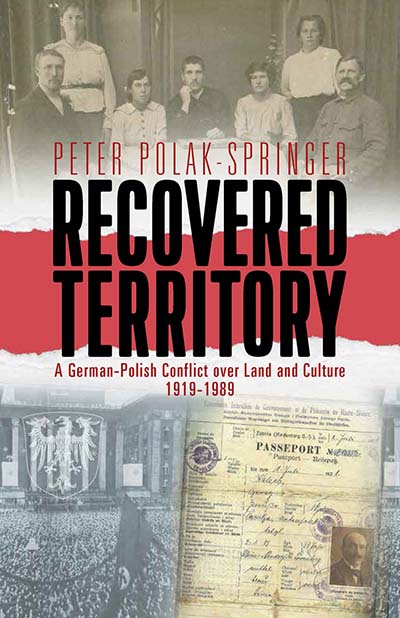 Published October 2015
Published October 2015 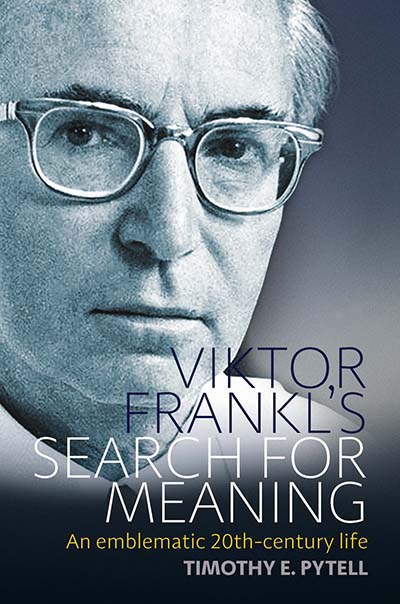 Published October 2015
Published October 2015 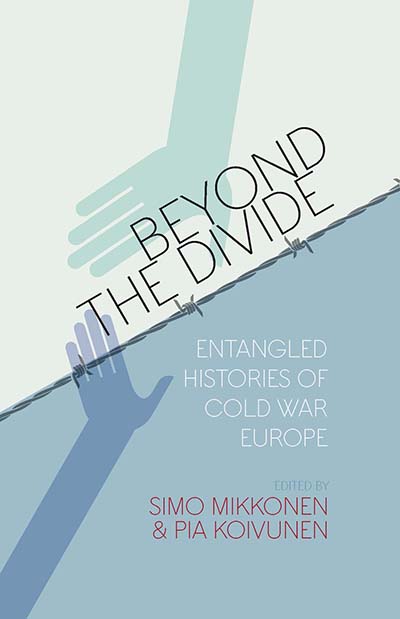 Published October 2015
Published October 2015 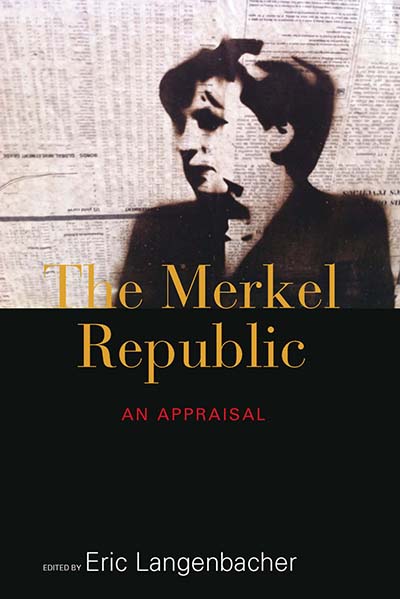 Published September 2015
Published September 2015 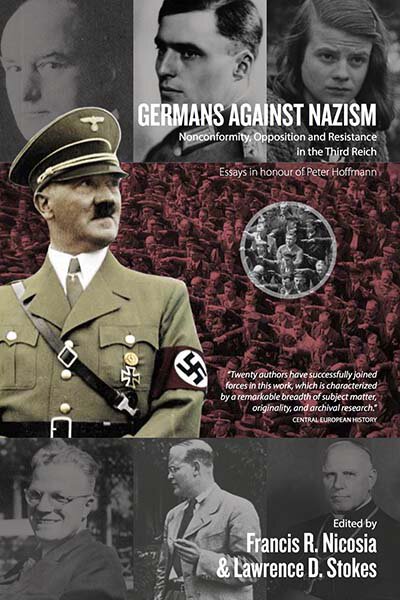 Published August 2015
Published August 2015 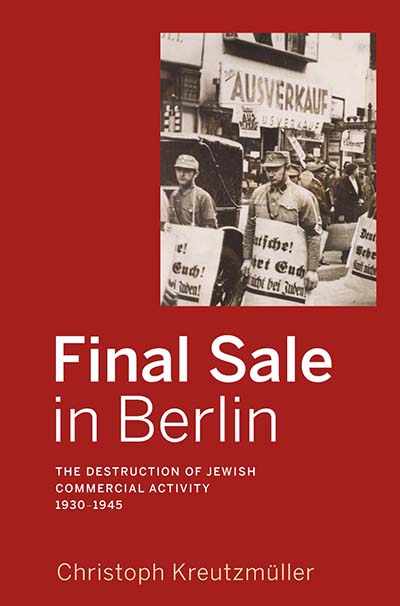 Published August 2015
Published August 2015 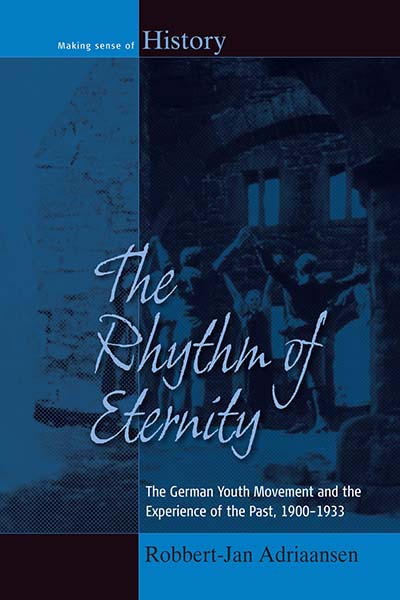 Published July 2015
Published July 2015  Published July 2015
Published July 2015 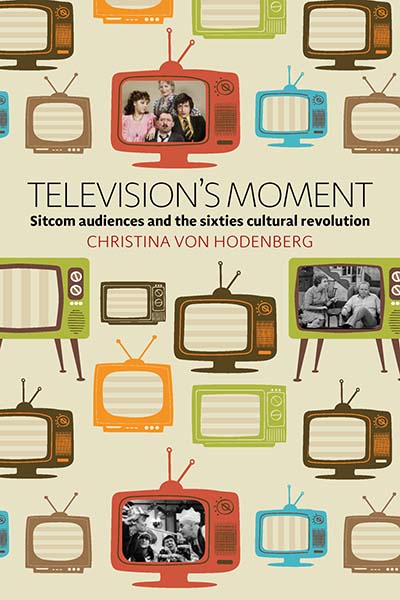 Published July 2015
Published July 2015 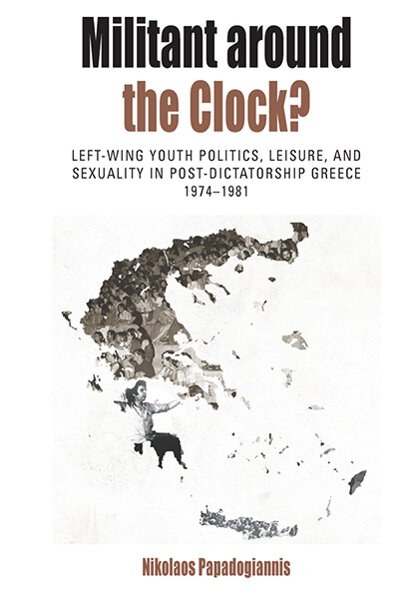 Published May 2015
Published May 2015 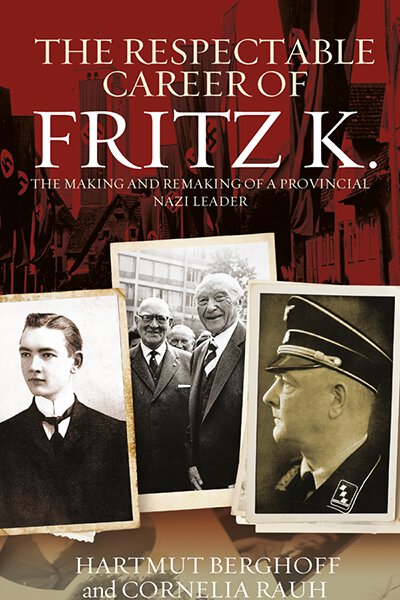 Published May 2015
Published May 2015 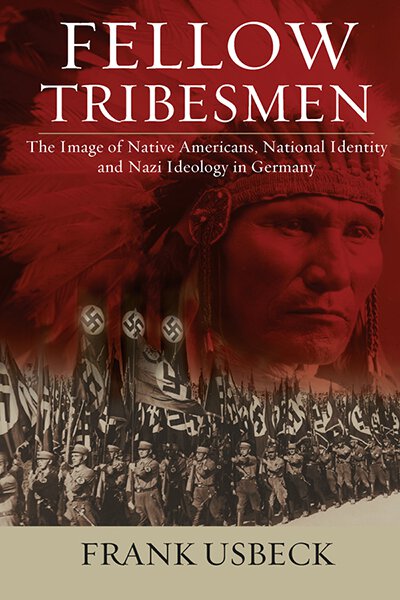 Published May 2015
Published May 2015 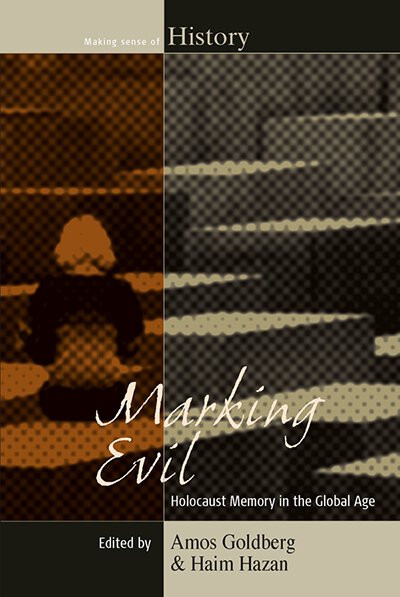 Published May 2015
Published May 2015 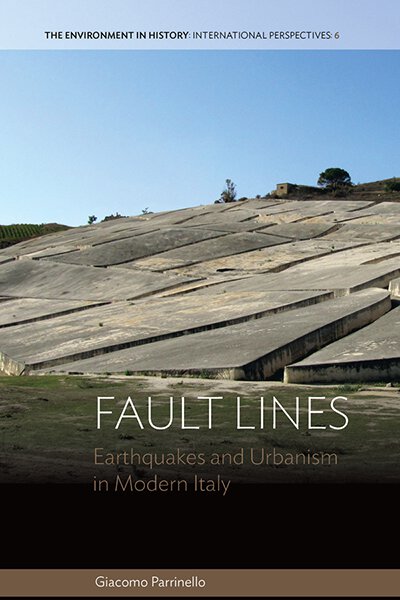 Published May 2015
Published May 2015 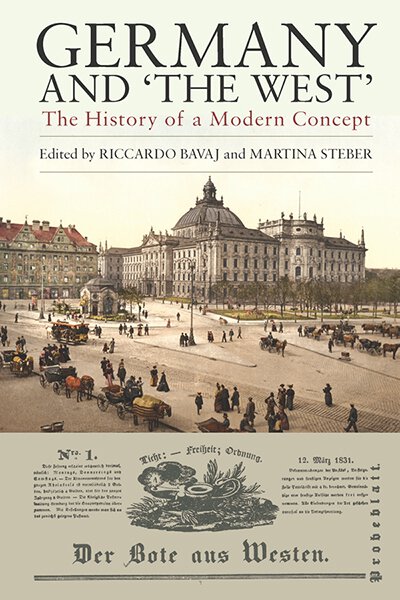 Published April 2015
Published April 2015 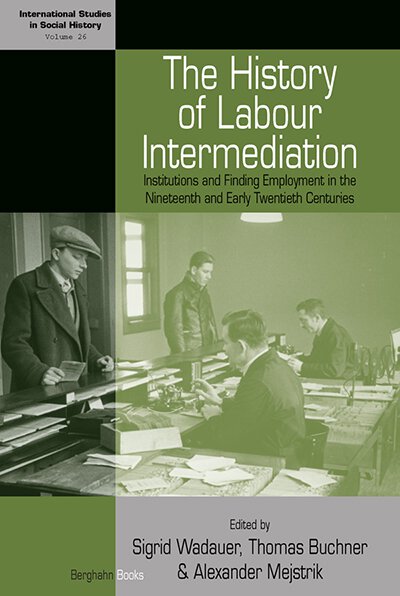 Published April 2015
Published April 2015 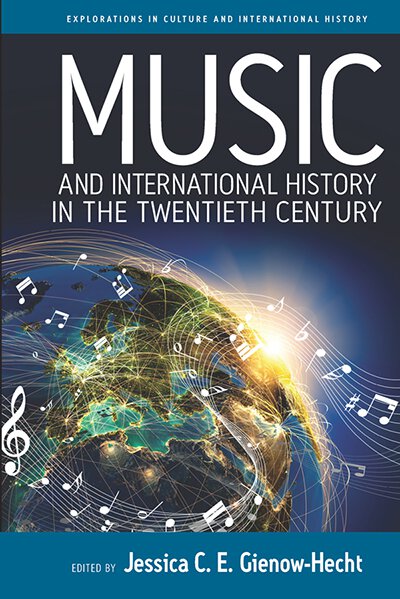 Published April 2015
Published April 2015 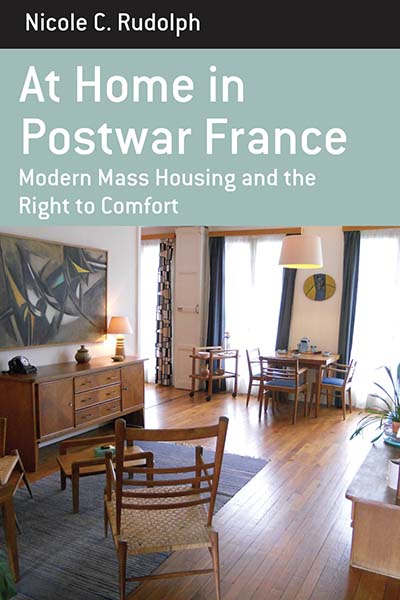 Published March 2015
Published March 2015 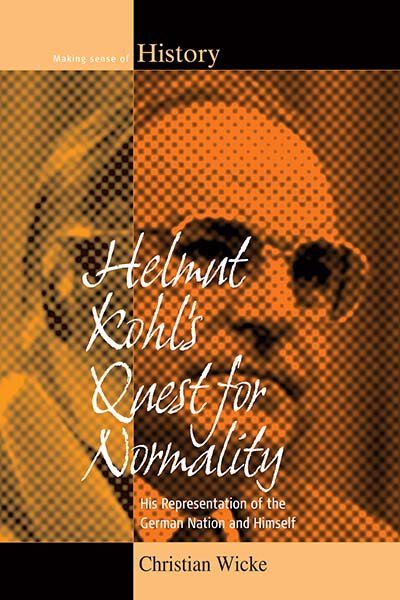 Published February 2015
Published February 2015 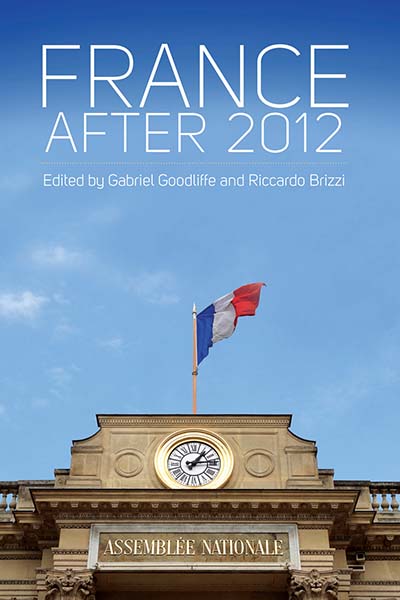 Published January 2015
Published January 2015 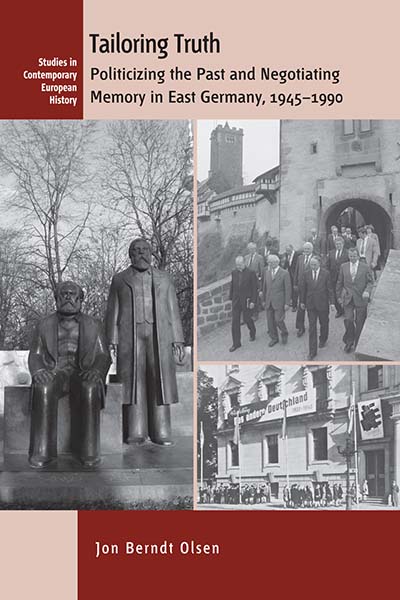 Published January 2015
Published January 2015 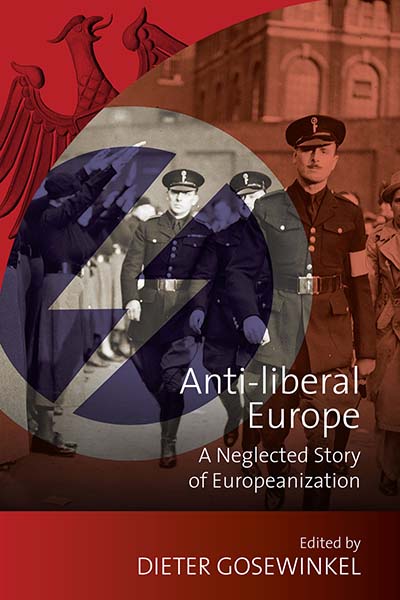 Published December 2014
Published December 2014 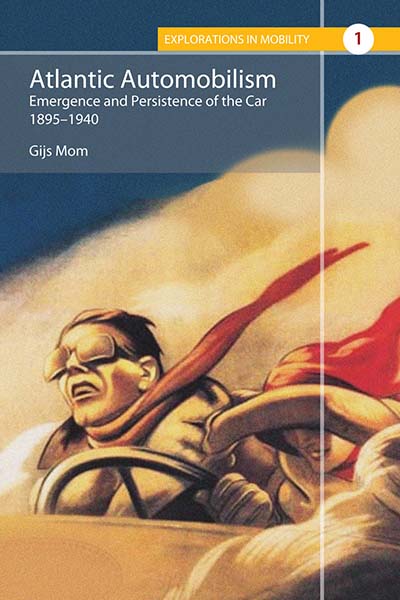 Published December 2014
Published December 2014 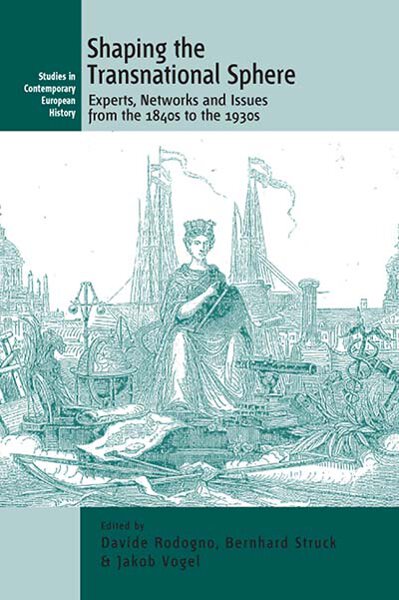 Published December 2014
Published December 2014 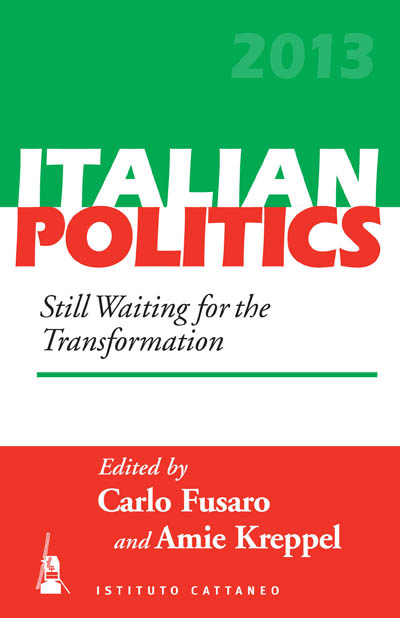 Published November 2014
Published November 2014 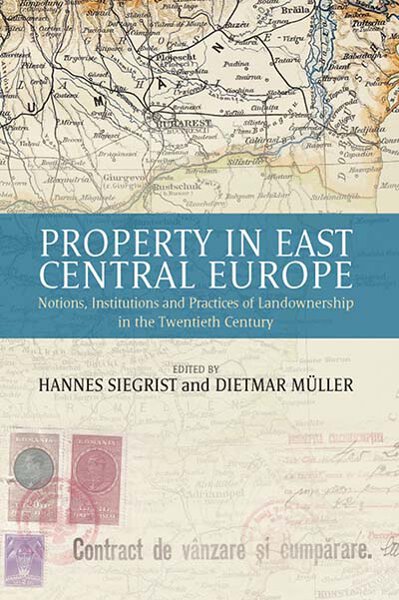 Published November 2014
Published November 2014 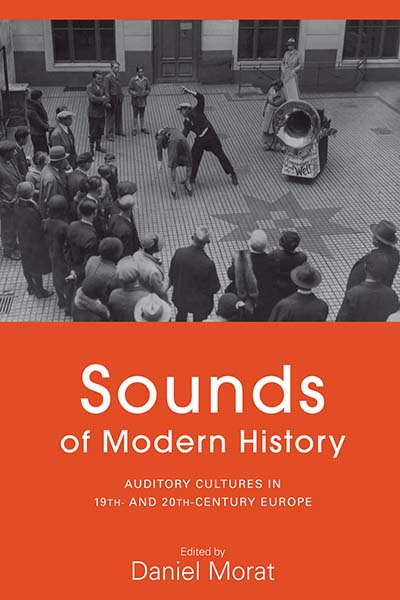 Published September 2014
Published September 2014 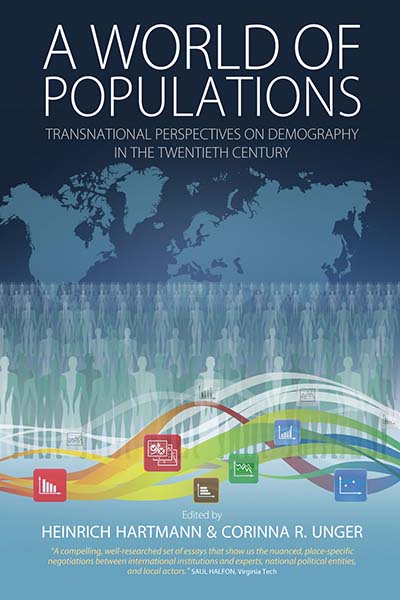 Published September 2014
Published September 2014 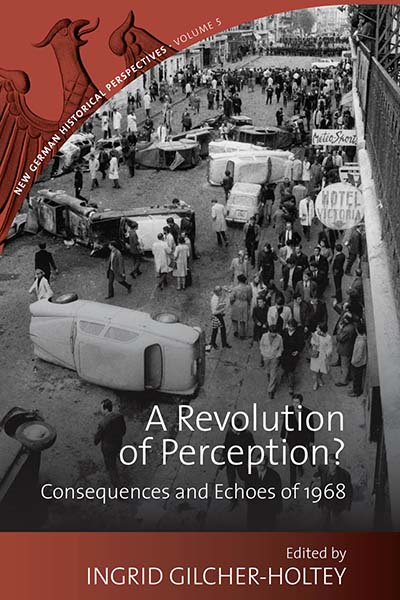 Published August 2014
Published August 2014 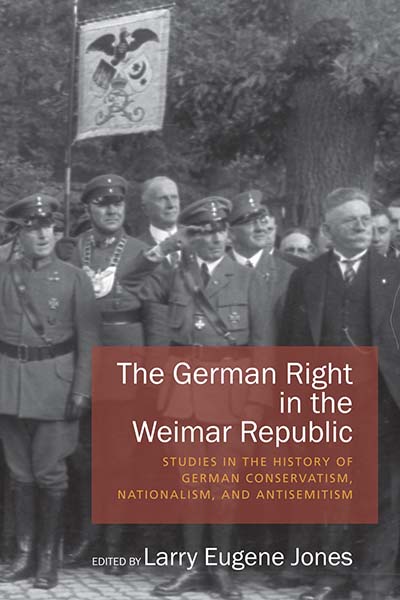 Published July 2014
Published July 2014 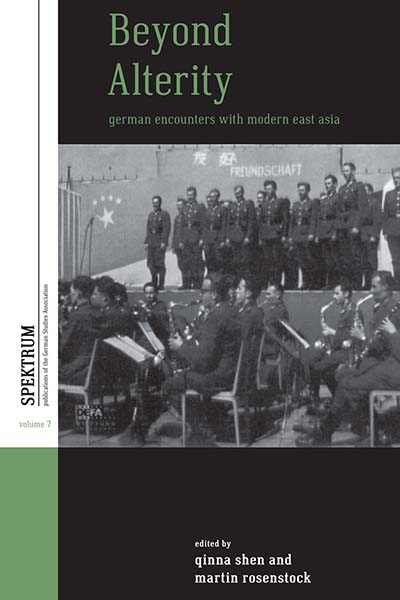 Published July 2014
Published July 2014 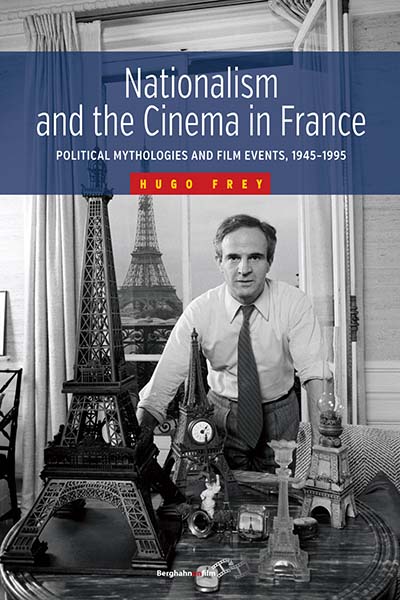 Published July 2014
Published July 2014 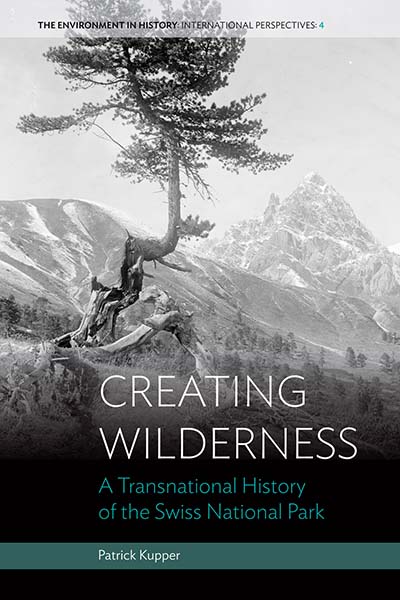 Published July 2014
Published July 2014 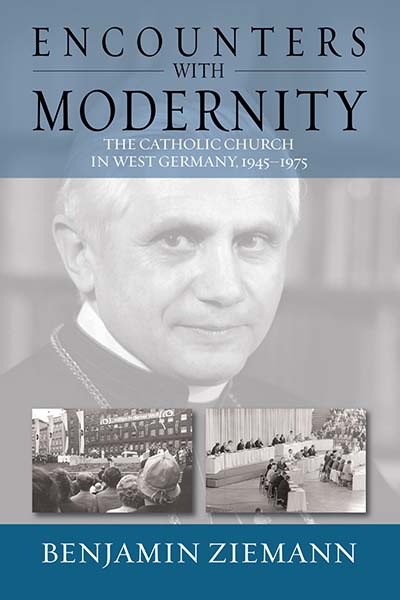 Published June 2014
Published June 2014 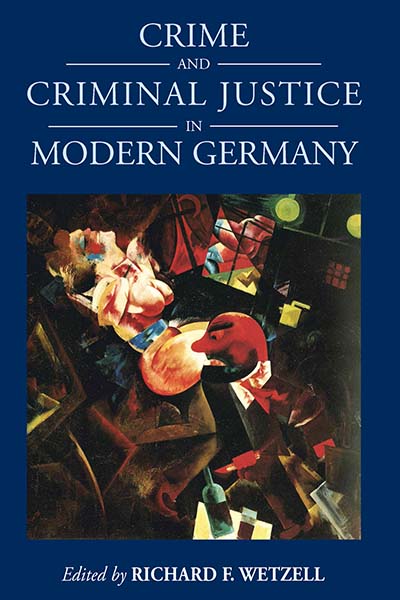 Published May 2014
Published May 2014 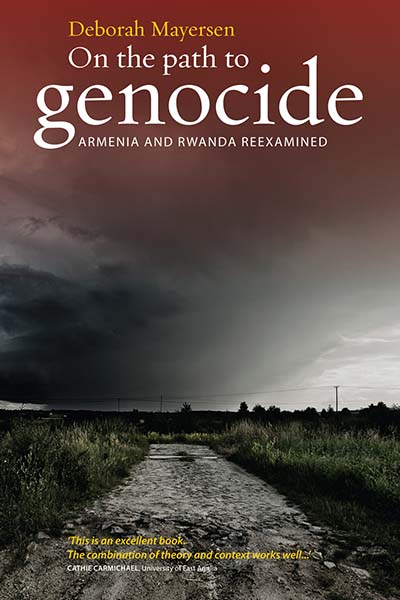 Published April 2014
Published April 2014 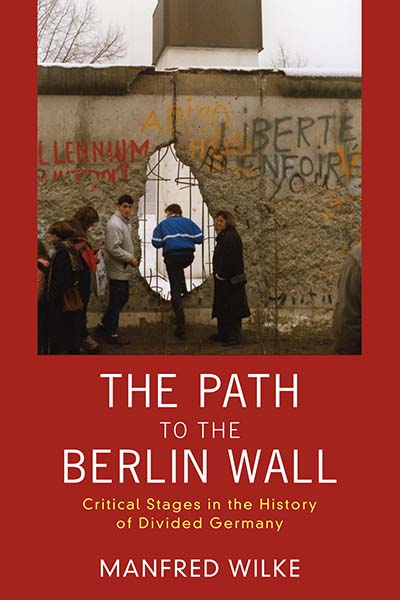 Published April 2014
Published April 2014 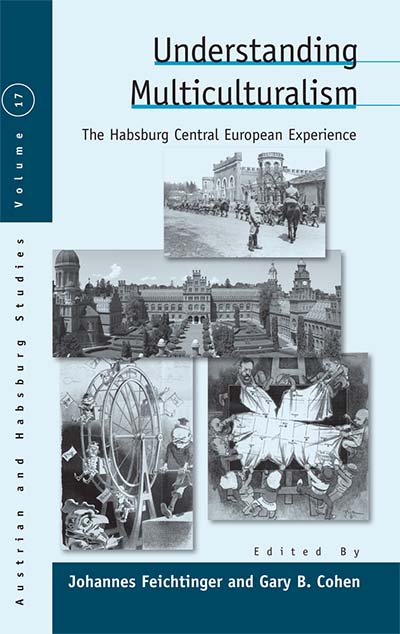 Published March 2014
Published March 2014 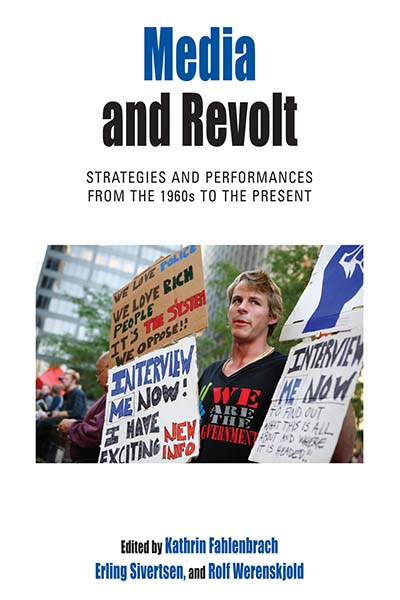 Published February 2014
Published February 2014 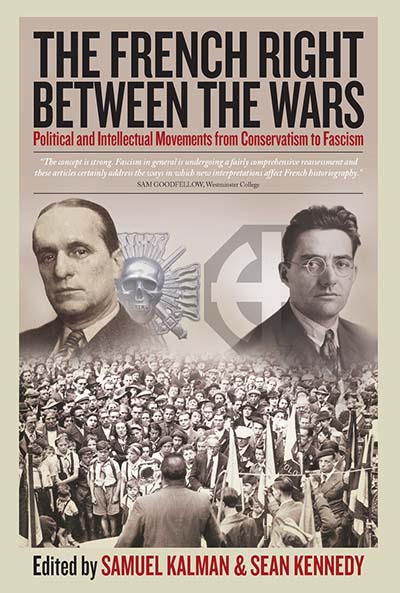 Published January 2014
Published January 2014 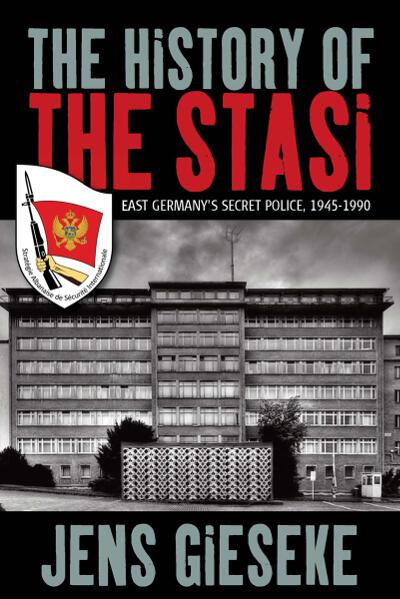 Published January 2014
Published January 2014 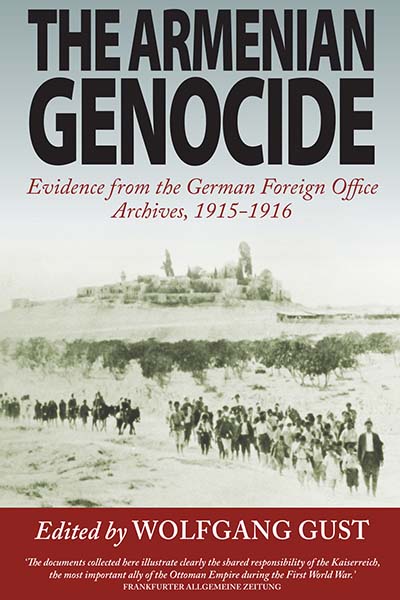 Published December 2013
Published December 2013 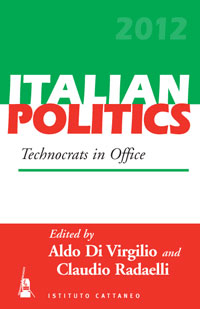 Published December 2013
Published December 2013 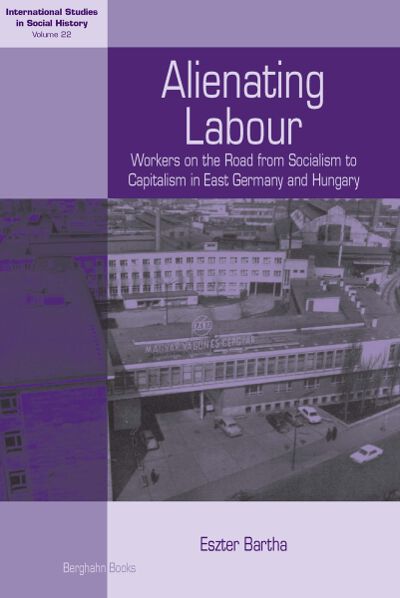 Published November 2013
Published November 2013 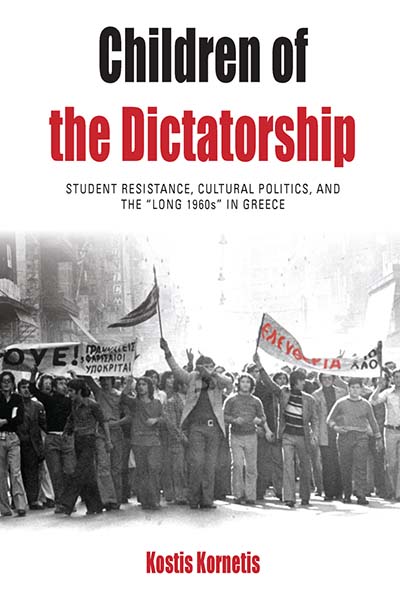 Published November 2013
Published November 2013 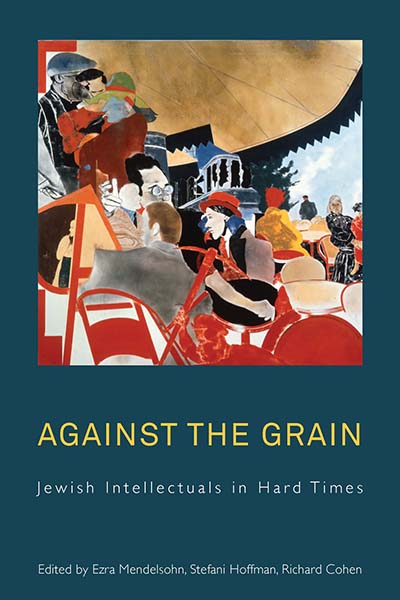 Published October 2013
Published October 2013 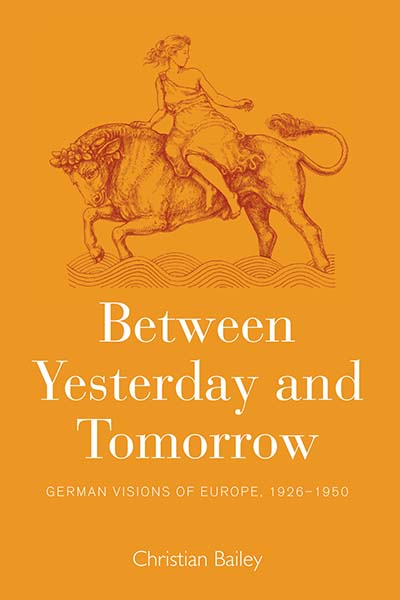 Published October 2013
Published October 2013 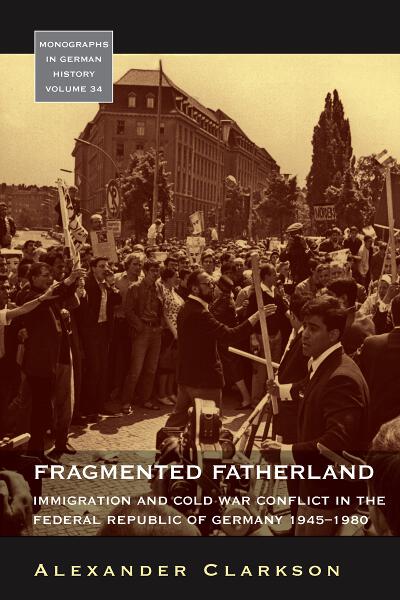 Published September 2013
Published September 2013 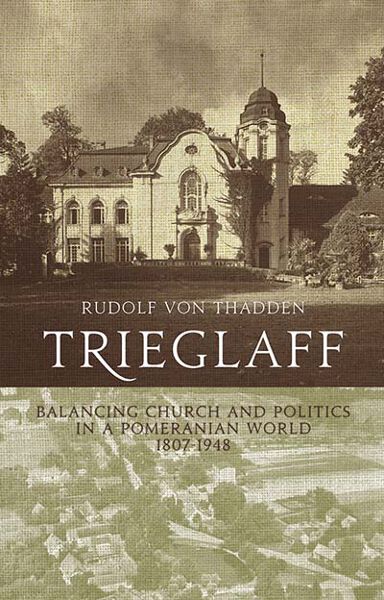 Published September 2013
Published September 2013 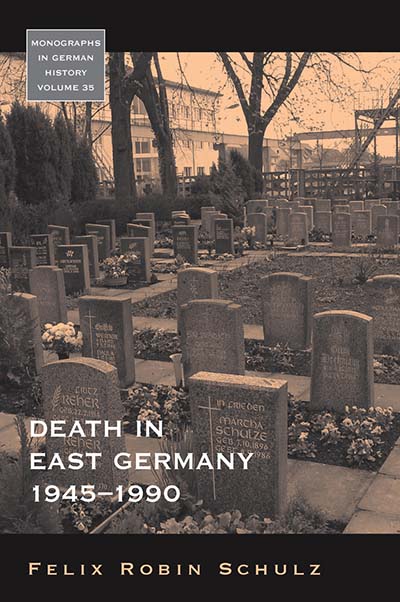 Published September 2013
Published September 2013 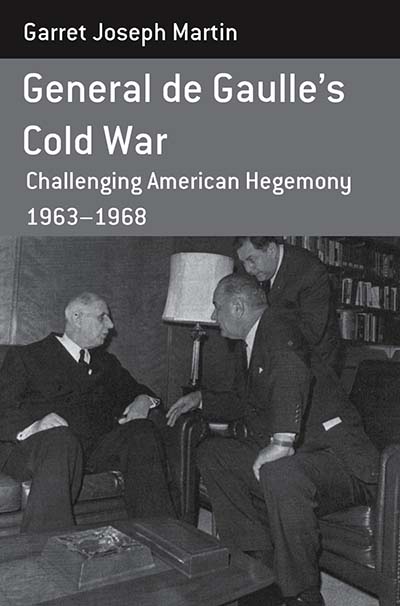 Published September 2013
Published September 2013 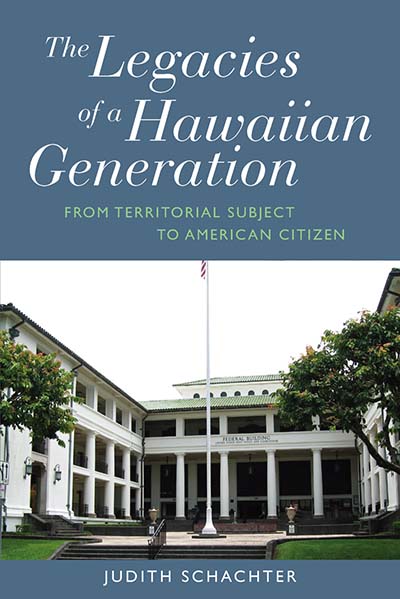 Published September 2013
Published September 2013 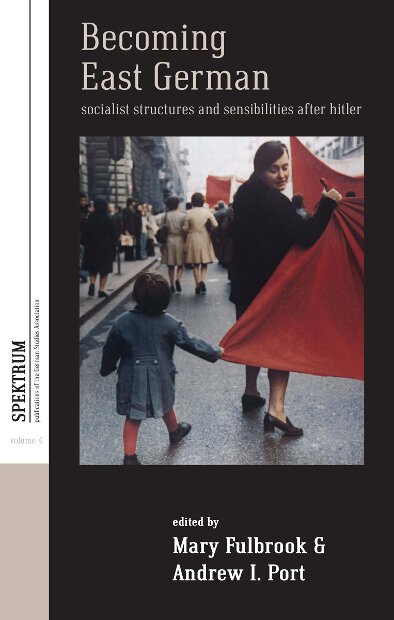 Published September 2013
Published September 2013 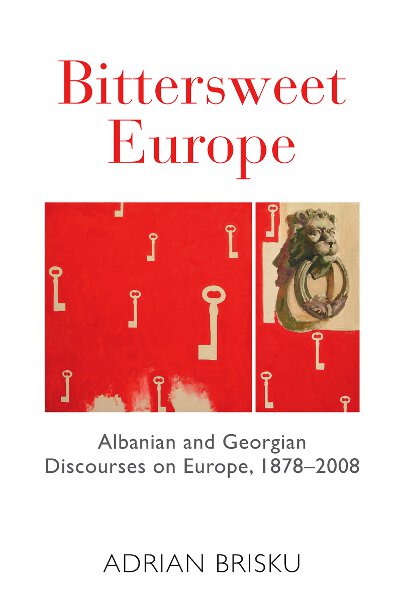 Published August 2013
Published August 2013 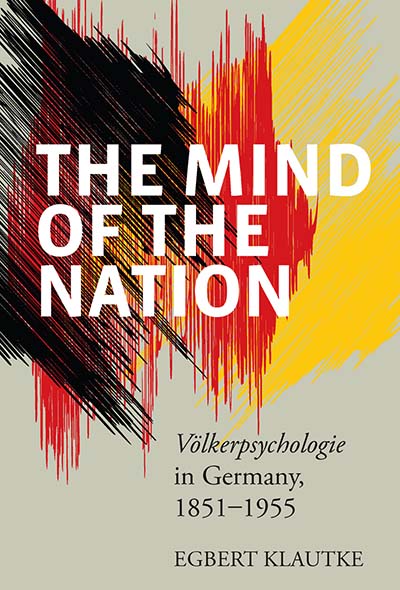 Published August 2013
Published August 2013 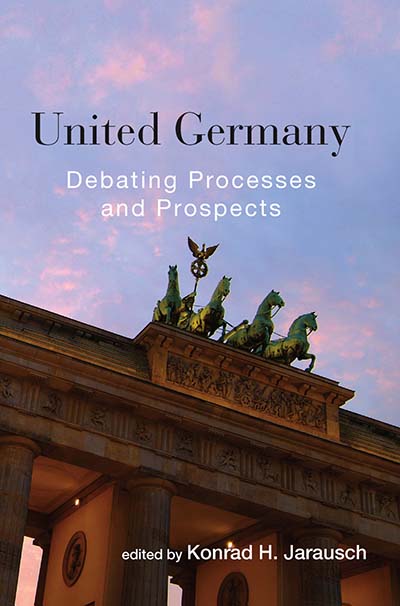 Published July 2013
Published July 2013 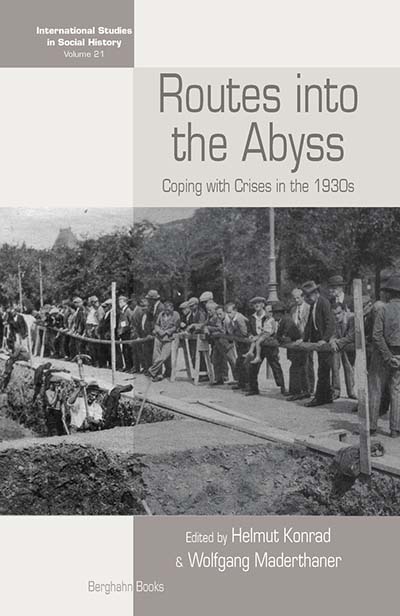 Published June 2013
Published June 2013 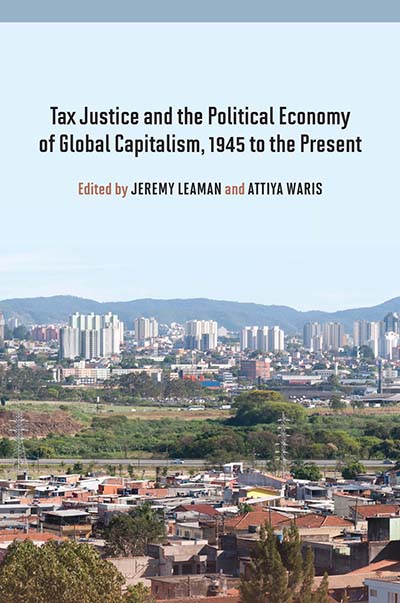 Published June 2013
Published June 2013 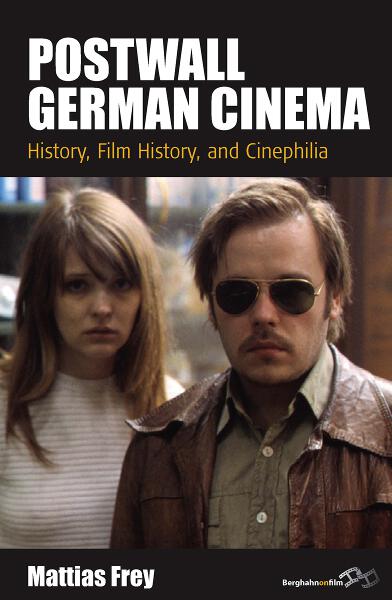 Published May 2013
Published May 2013 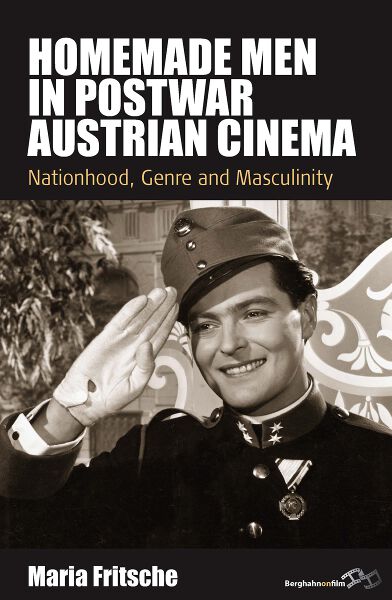 Published May 2013
Published May 2013 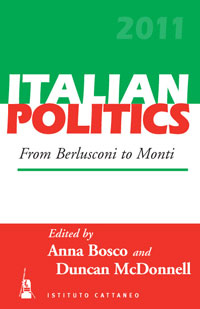 Published May 2013
Published May 2013 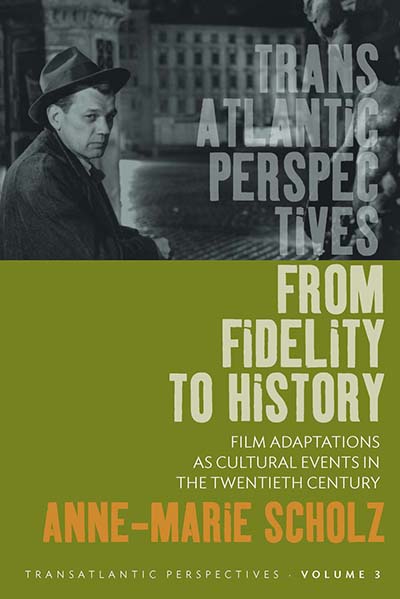 Published April 2013
Published April 2013 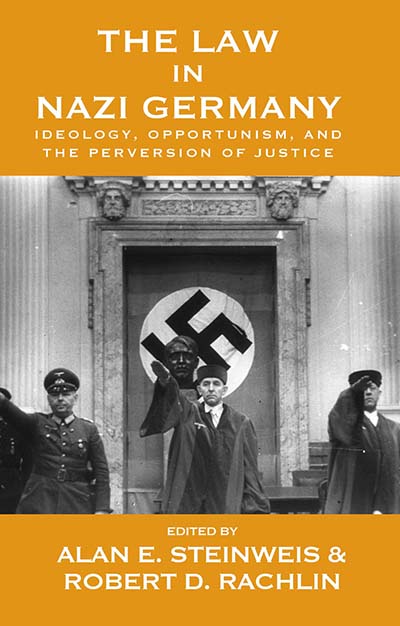 Published March 2013
Published March 2013 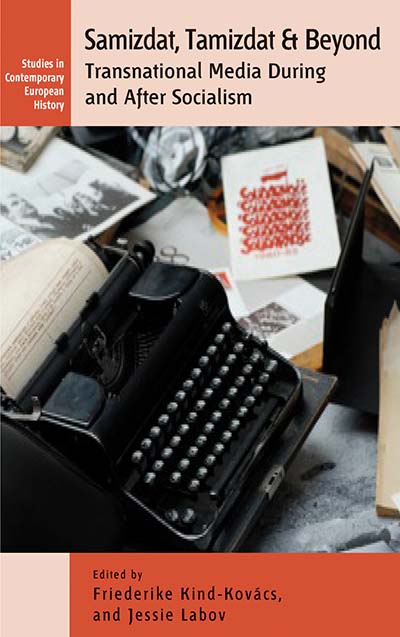 Published March 2013
Published March 2013 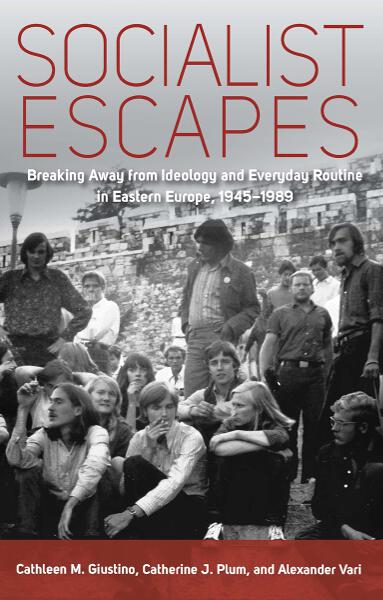 Published March 2013
Published March 2013 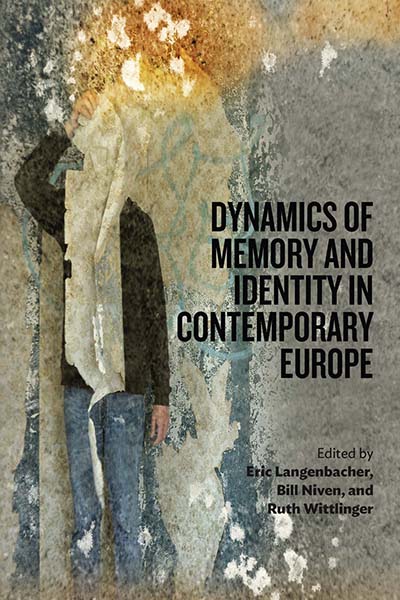 Published March 2013
Published March 2013 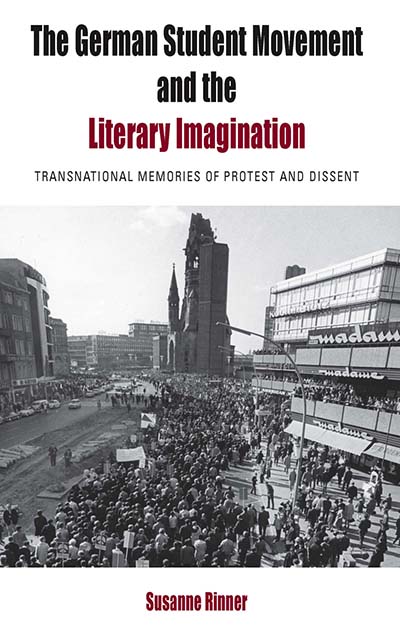 Published February 2013
Published February 2013 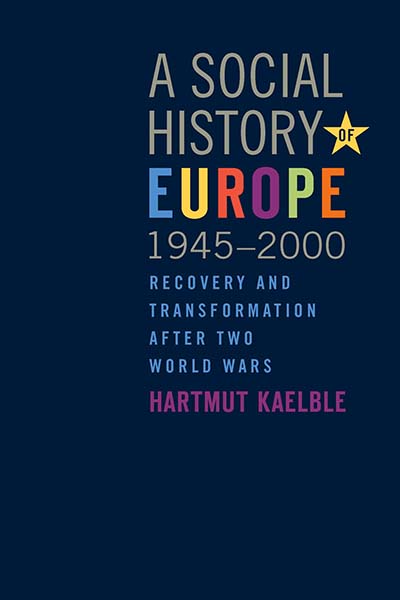 Published January 2013
Published January 2013  Published December 2012
Published December 2012 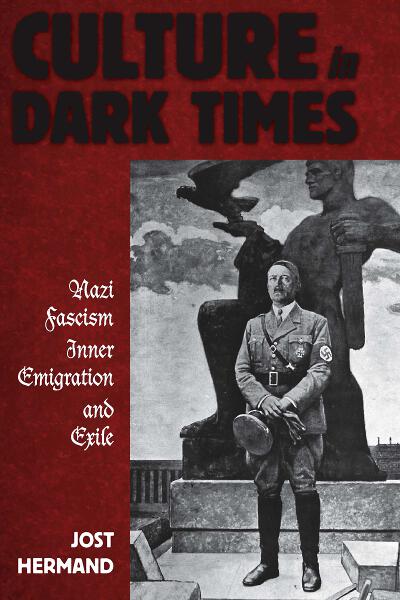 Published December 2012
Published December 2012 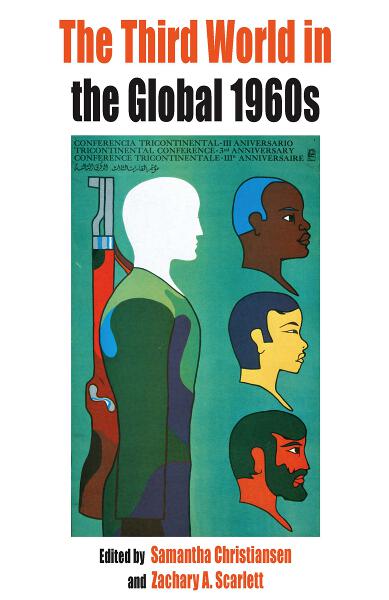 Published November 2012
Published November 2012 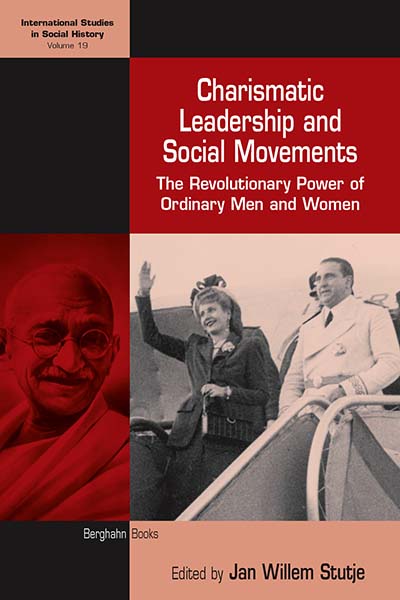 Published August 2012
Published August 2012 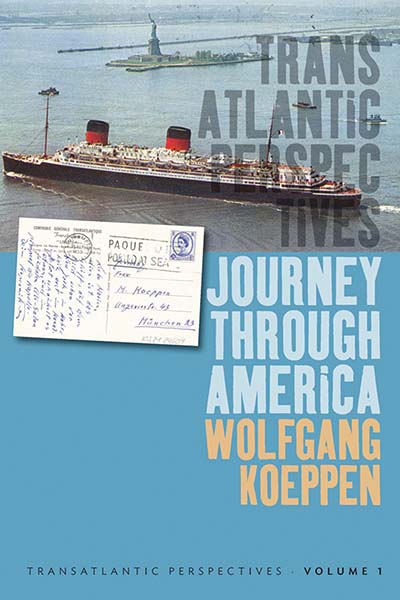 Published August 2012
Published August 2012 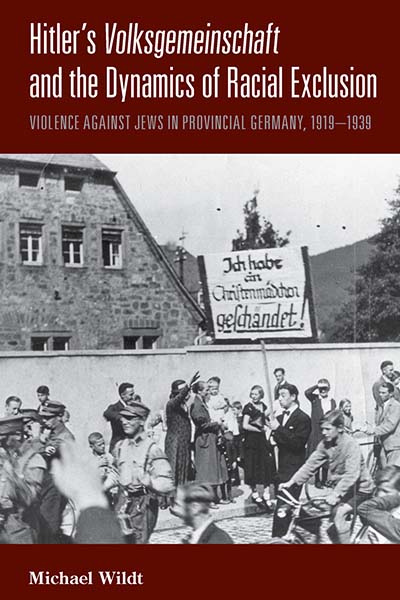 a July 2012
a July 2012 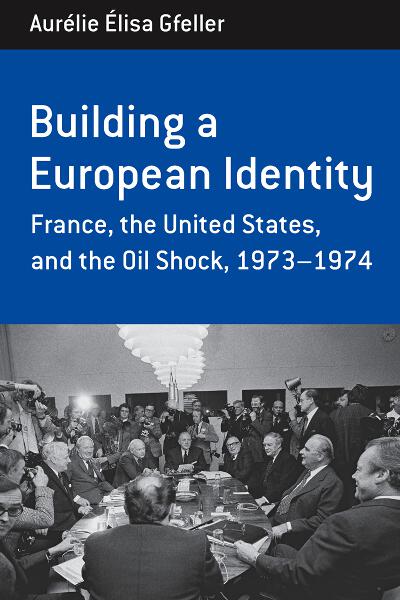 Published July 2012
Published July 2012 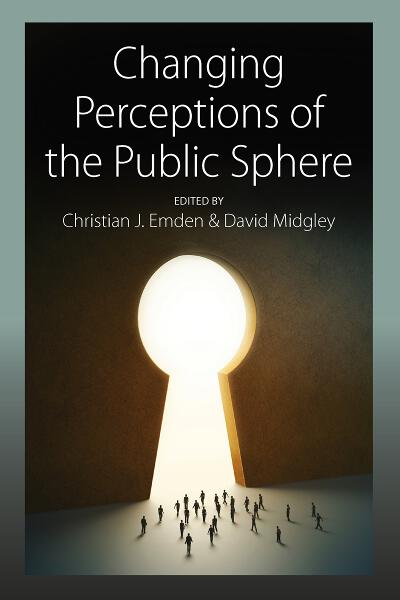 Published July 2012
Published July 2012 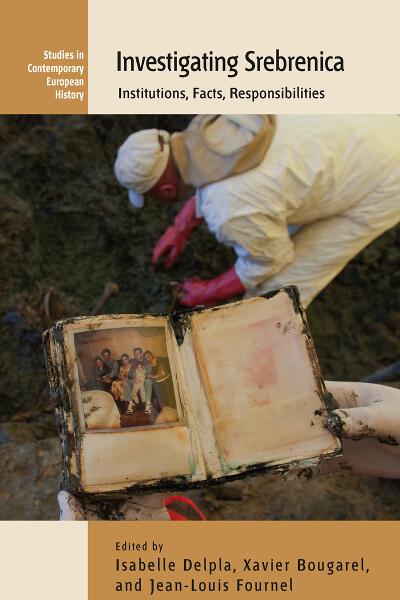 Published June 2012
Published June 2012 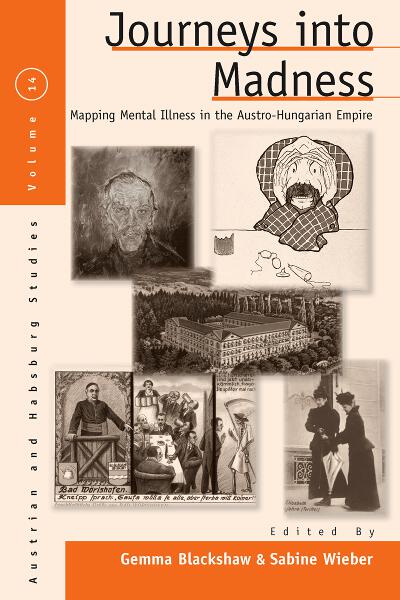 Published June 2012
Published June 2012 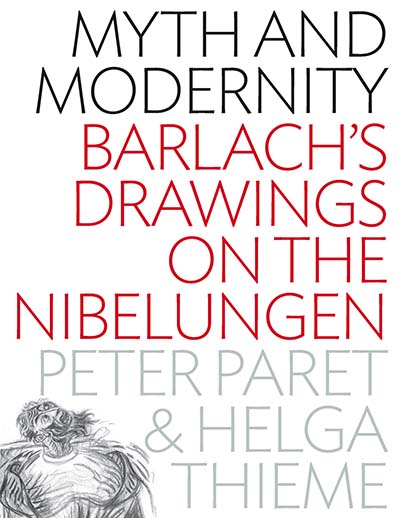 Published April 2012
Published April 2012 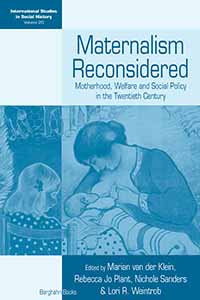 Published April 2012
Published April 2012 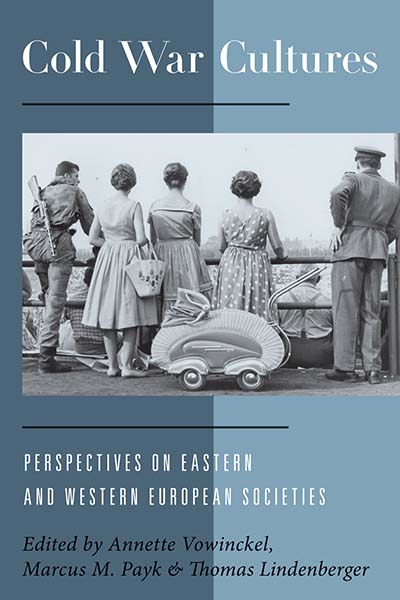 Published March 2012
Published March 2012 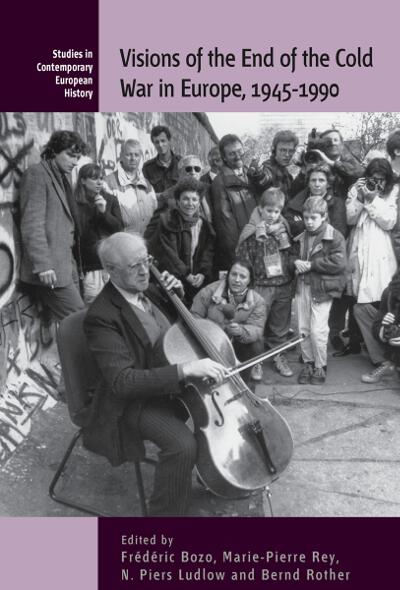 Published March 2012
Published March 2012 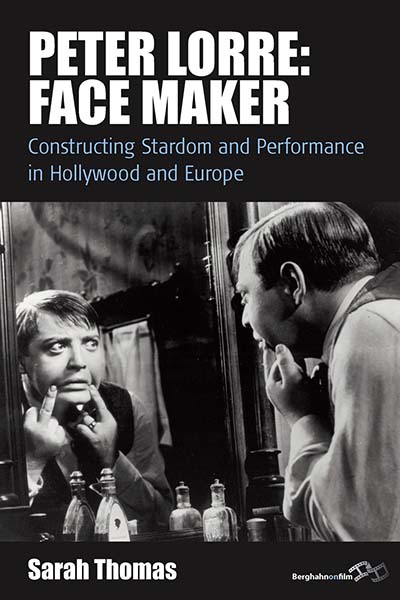 Published February 2012
Published February 2012 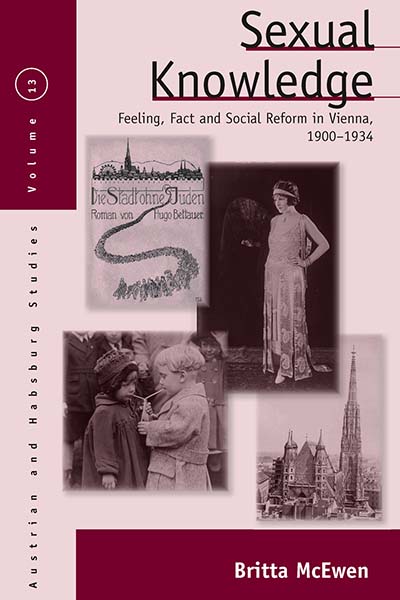 Published February 2012
Published February 2012 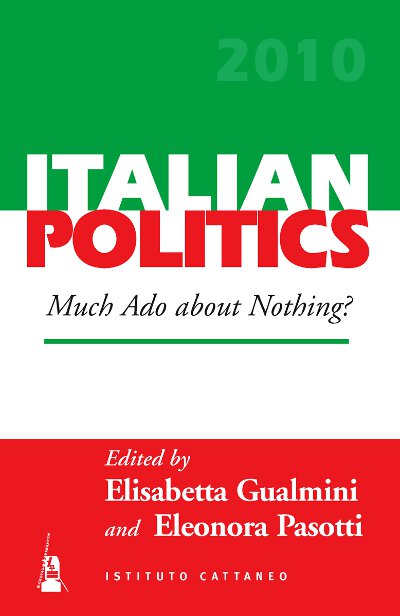 a December 2011
a December 2011 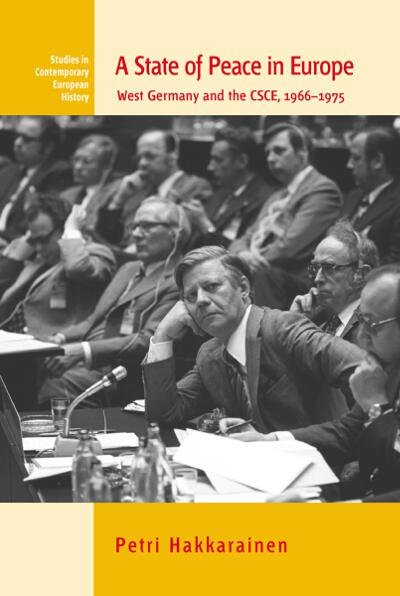 Published December 2011
Published December 2011 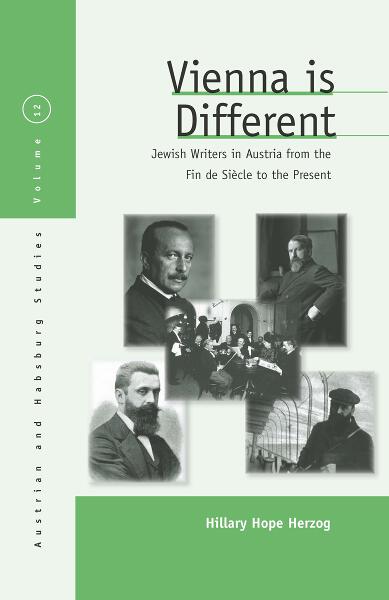 Published October 2011
Published October 2011 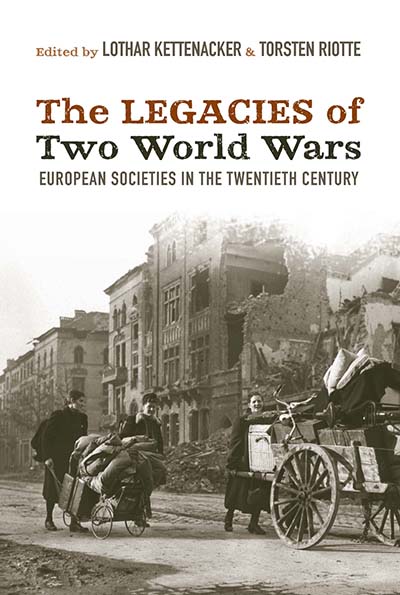 Published August 2011
Published August 2011 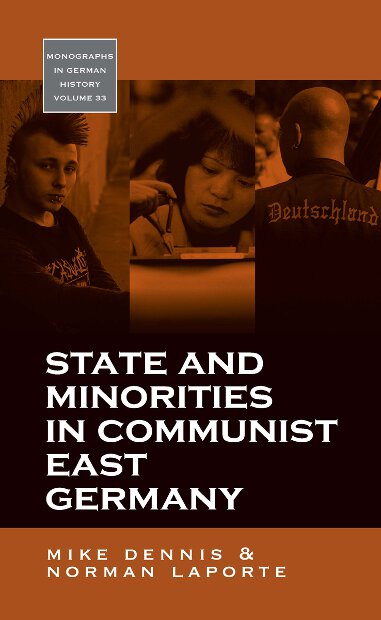 Published August 2011
Published August 2011 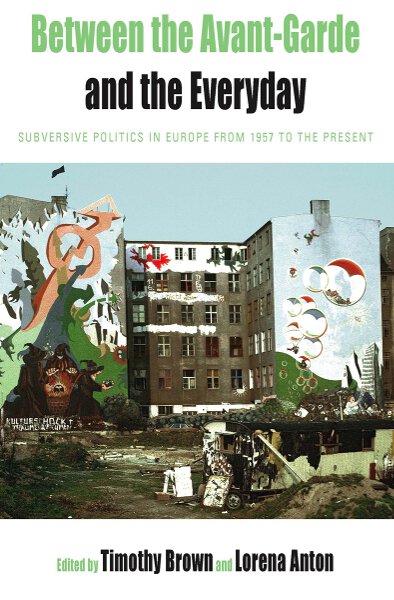 Published July 2011
Published July 2011 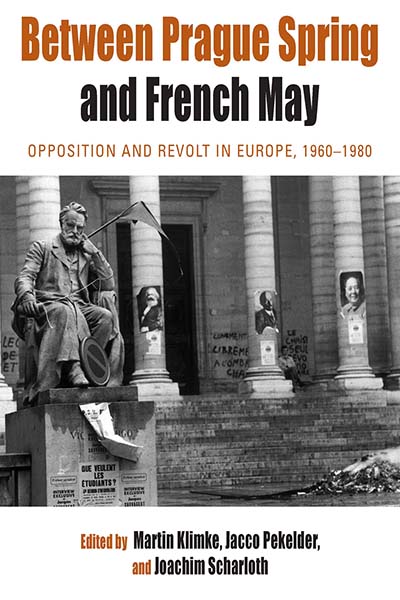 Published June 2011
Published June 2011 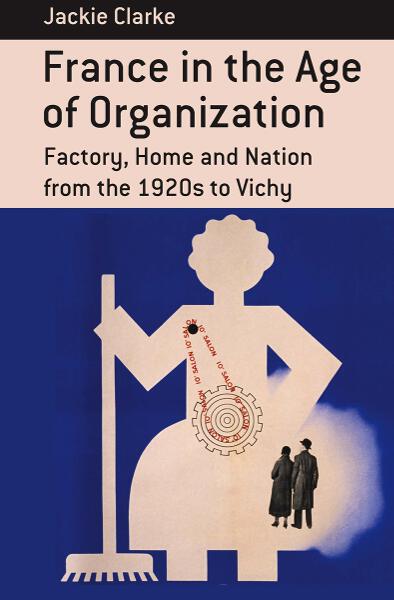 Published June 2011
Published June 2011 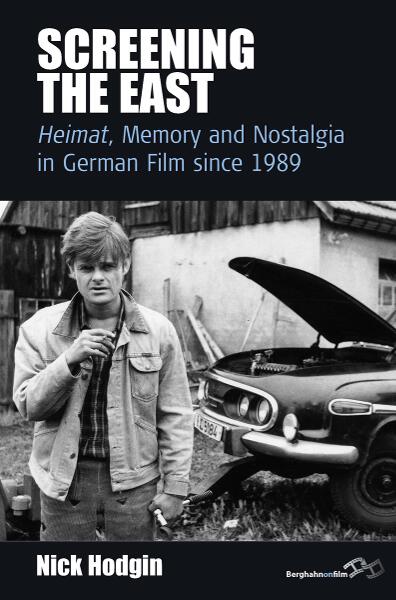 Published May 2011
Published May 2011 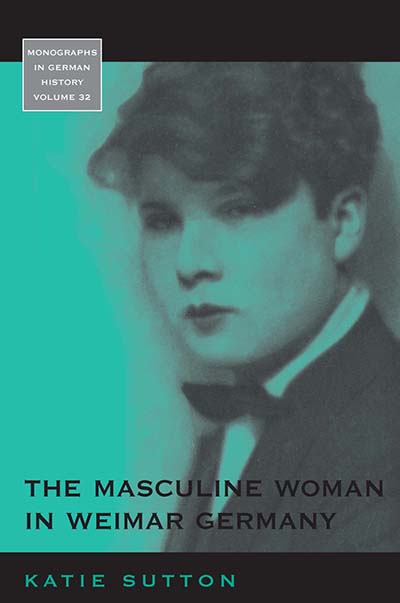 Published April 2011
Published April 2011 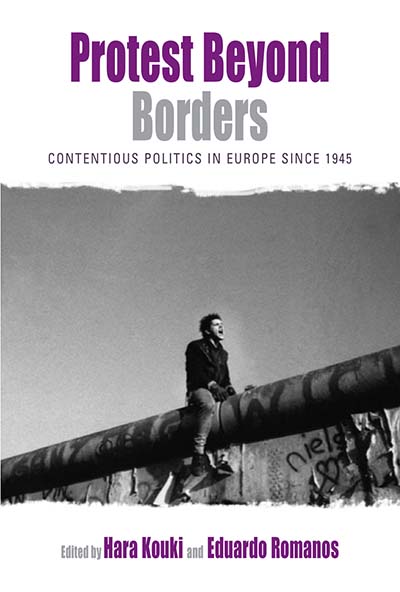 Published March 2011
Published March 2011 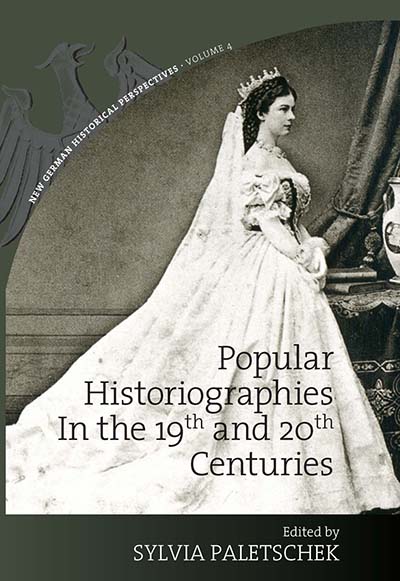 Published December 2010
Published December 2010 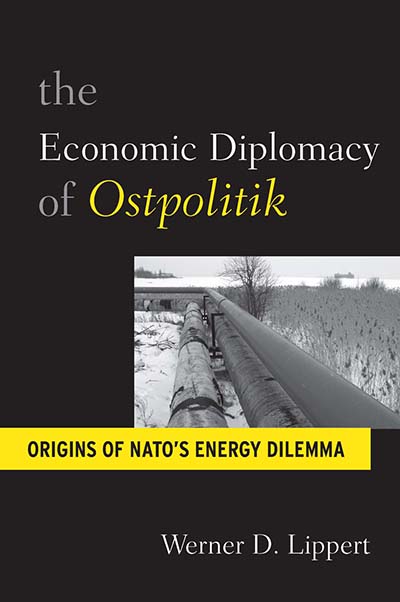 Published December 2010
Published December 2010 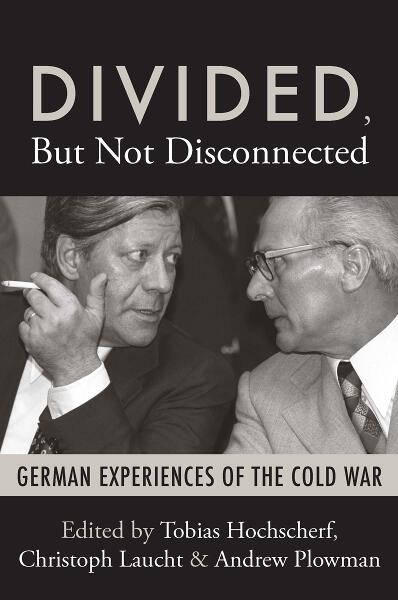 Published December 2010
Published December 2010 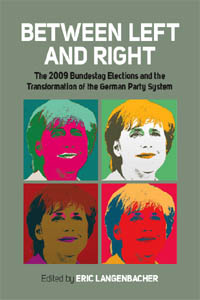 Published November 2010
Published November 2010 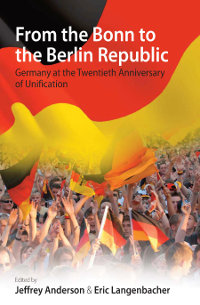 Published November 2010
Published November 2010 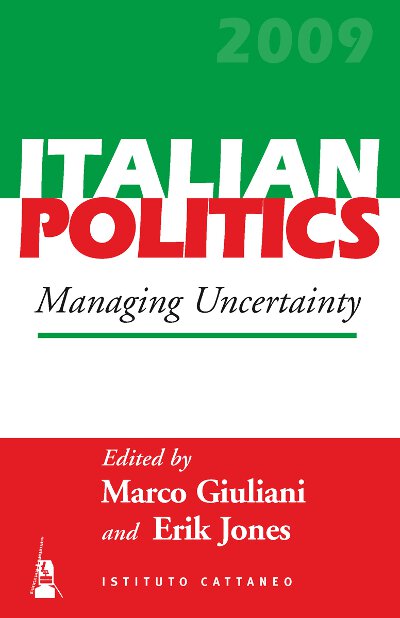 Published November 2010
Published November 2010 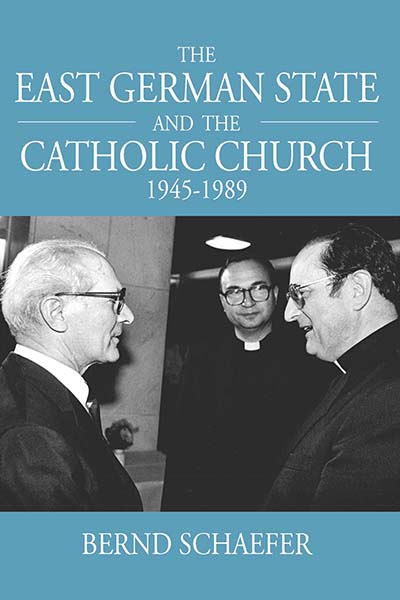 Published October 2010
Published October 2010 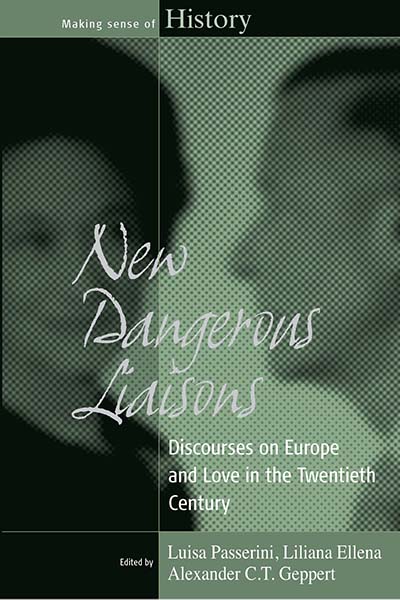 Published October 2010
Published October 2010 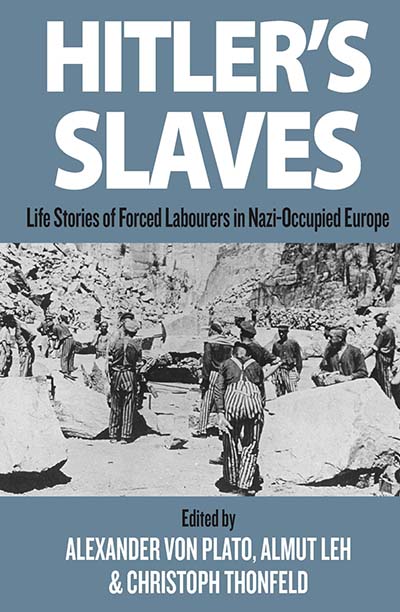 Published October 2010
Published October 2010 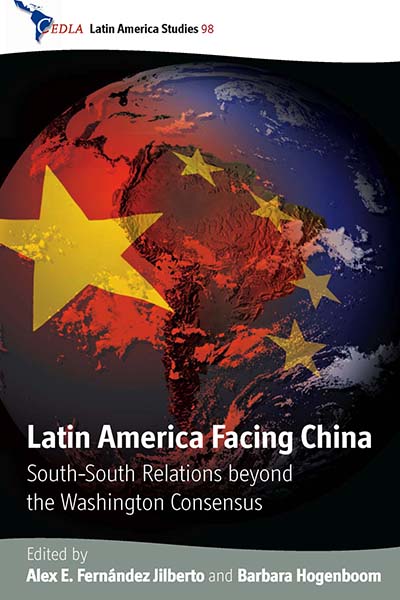 Published October 2010
Published October 2010 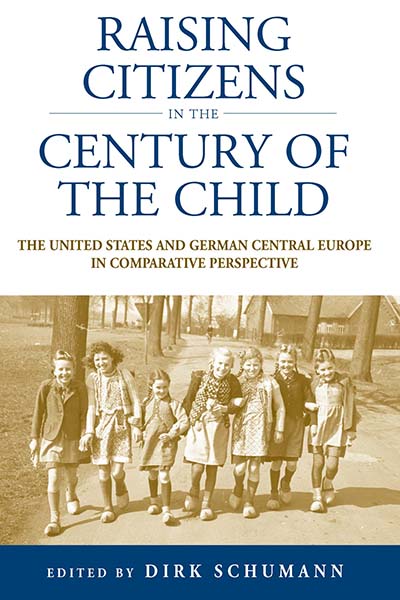 Published September 2010
Published September 2010 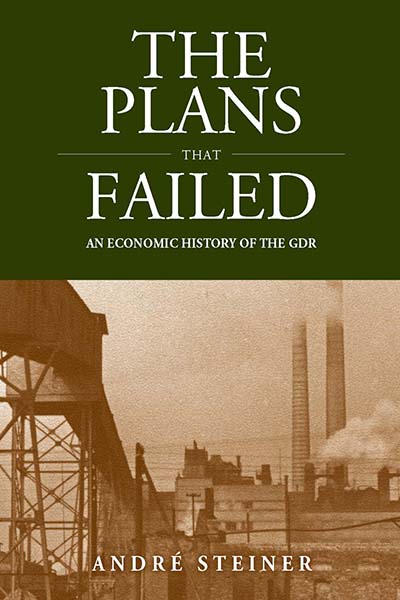 Published September 2010
Published September 2010 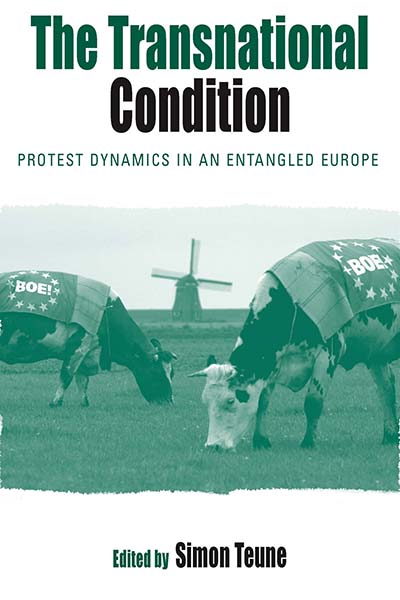 Published September 2010
Published September 2010 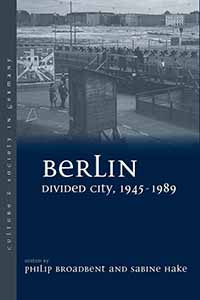 Published September 2010
Published September 2010 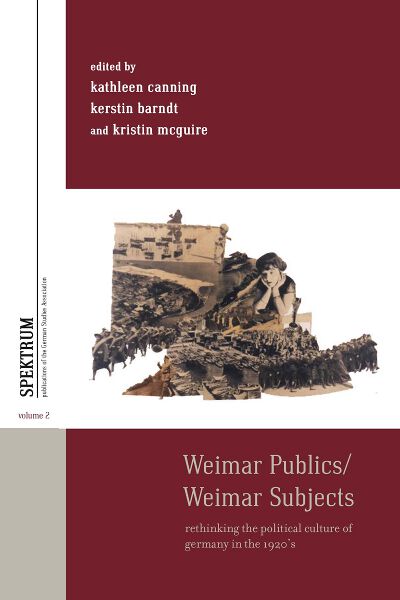 Published August 2010
Published August 2010  Published June 2010
Published June 2010 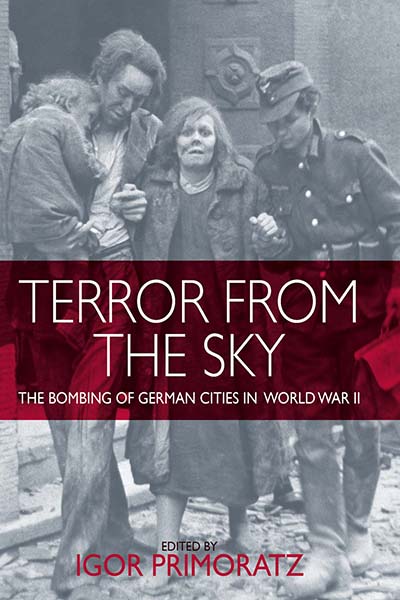 Published June 2010
Published June 2010  Published May 2010
Published May 2010 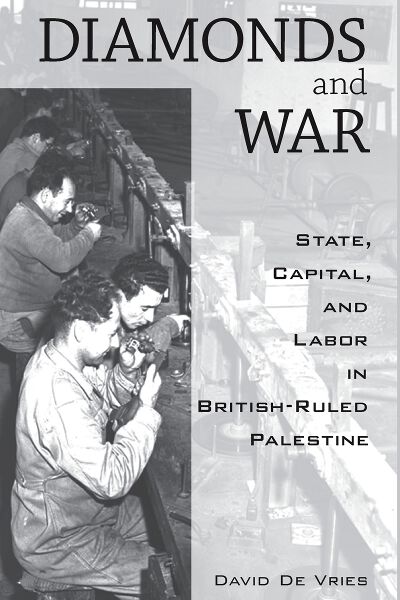 Published April 2010
Published April 2010 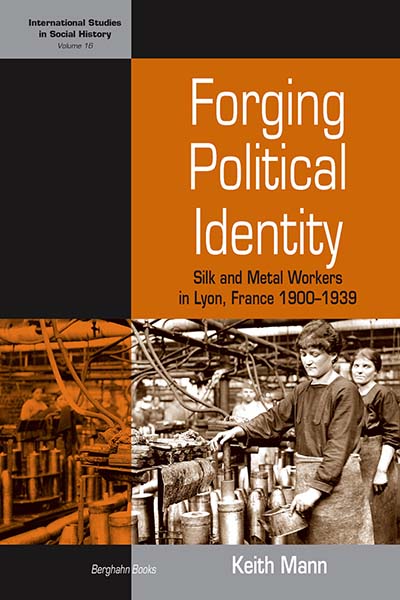 Published April 2010
Published April 2010 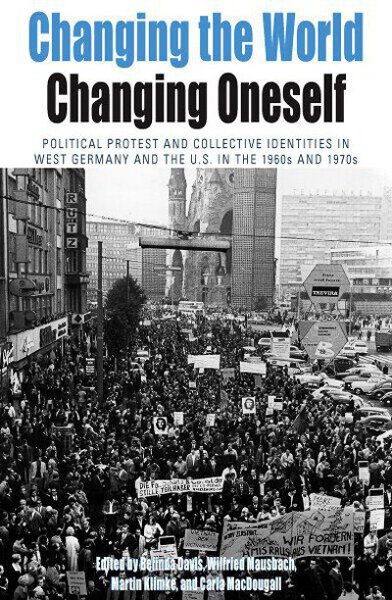 Published March 2010
Published March 2010 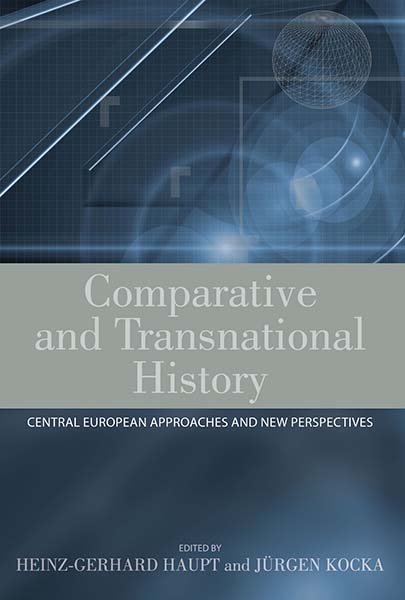 Published March 2010
Published March 2010 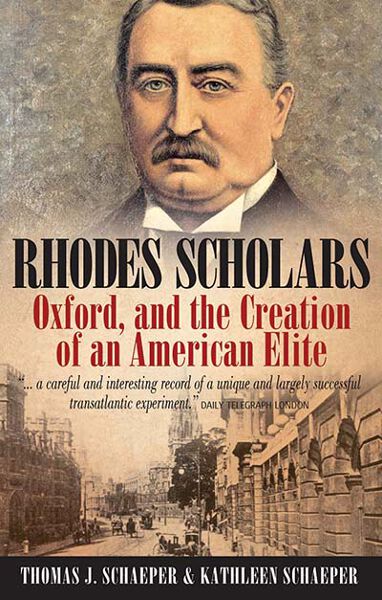 Published February 2010
Published February 2010 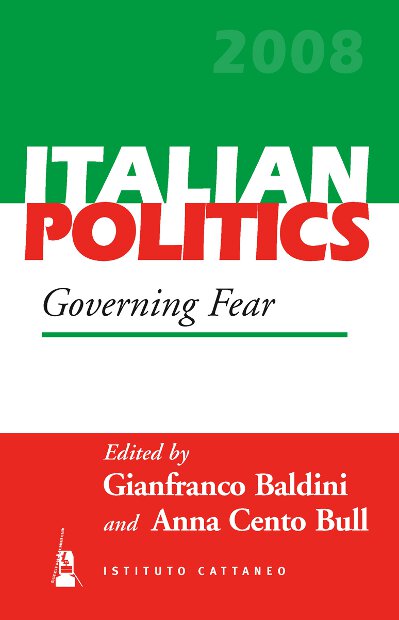 Published January 2010
Published January 2010 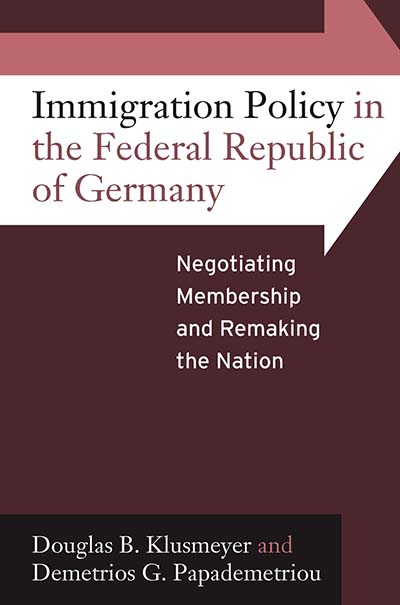 Published November 2009
Published November 2009 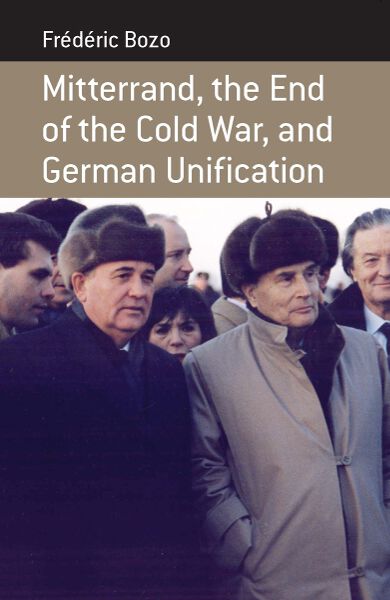 Published October 2009
Published October 2009 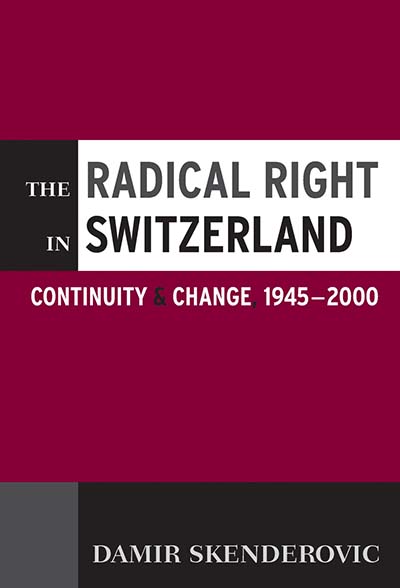 Published September 2009
Published September 2009 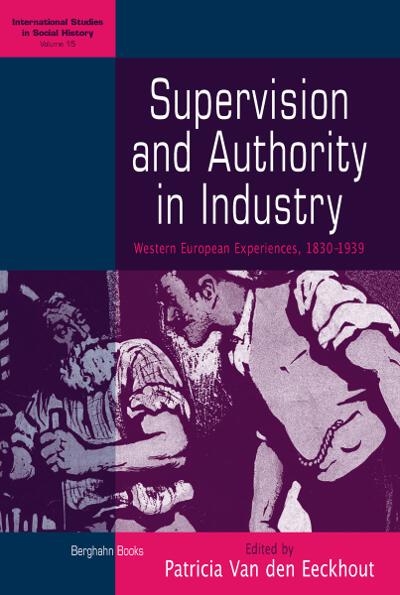 Published August 2009
Published August 2009 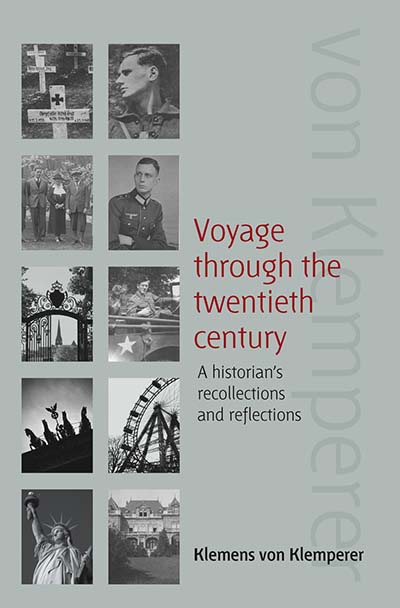 Published August 2009
Published August 2009 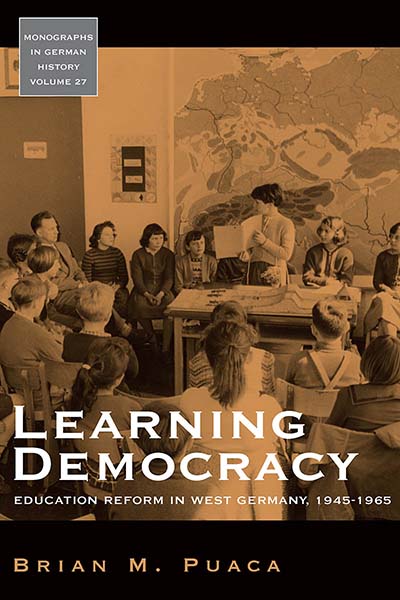 Published July 2009
Published July 2009 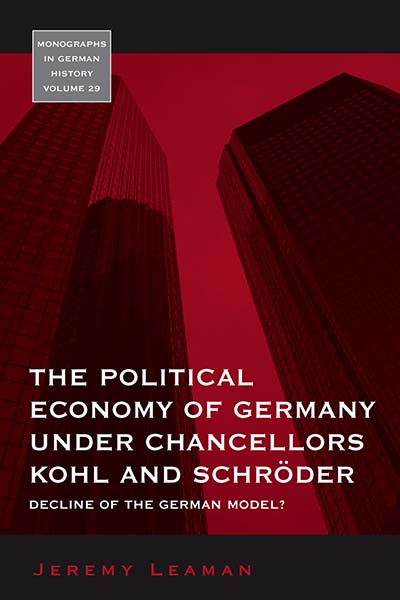 Published July 2009
Published July 2009 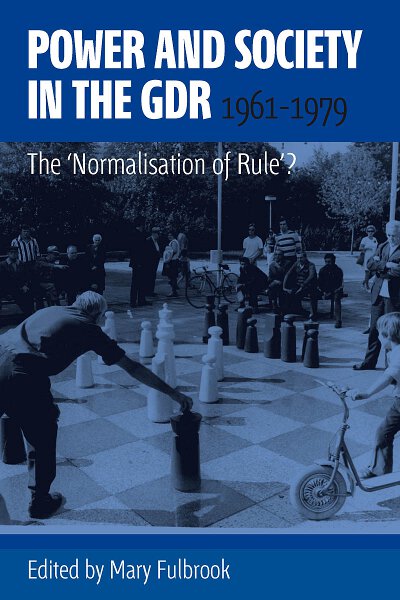 Published May 2009
Published May 2009 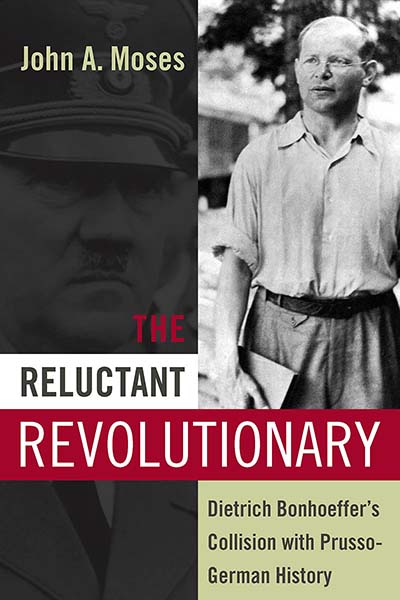 Published April 2009
Published April 2009 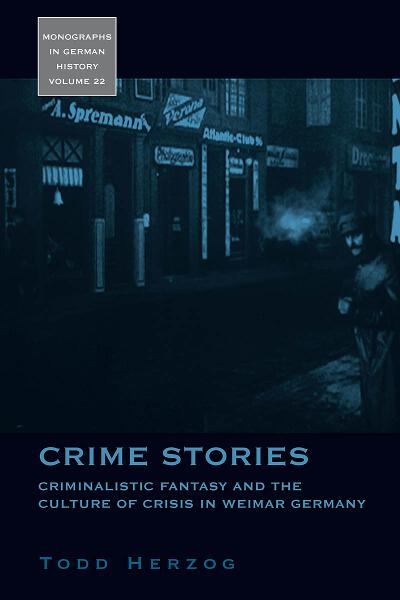 Published April 2009
Published April 2009 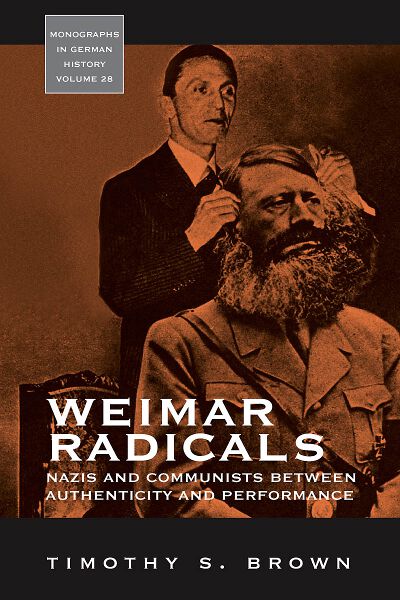 Published April 2009
Published April 2009 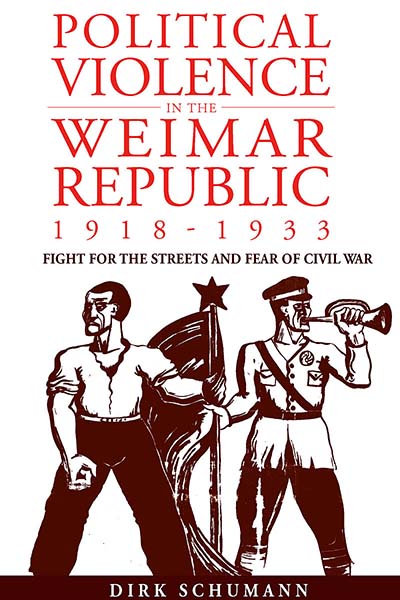 Published March 2009
Published March 2009 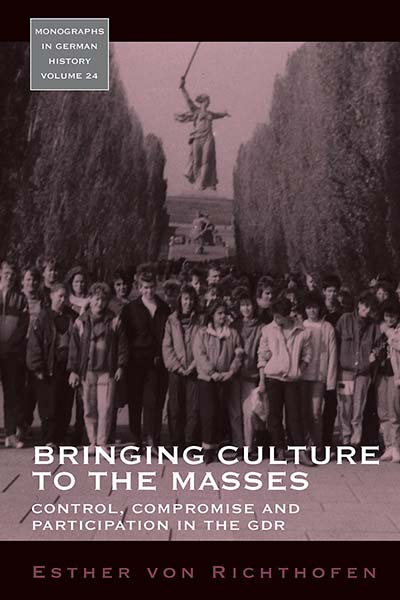 Published March 2009
Published March 2009 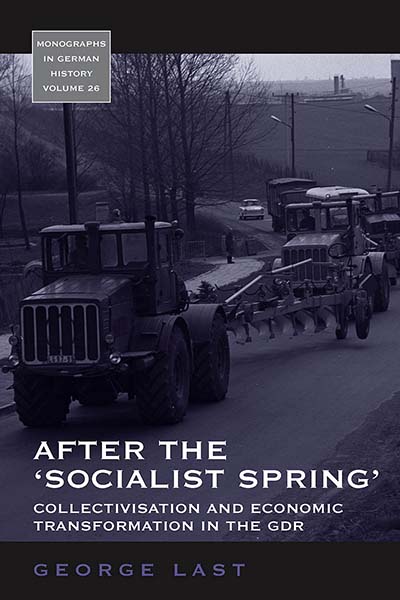 Published March 2009
Published March 2009 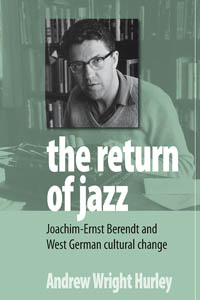 Published March 2009
Published March 2009 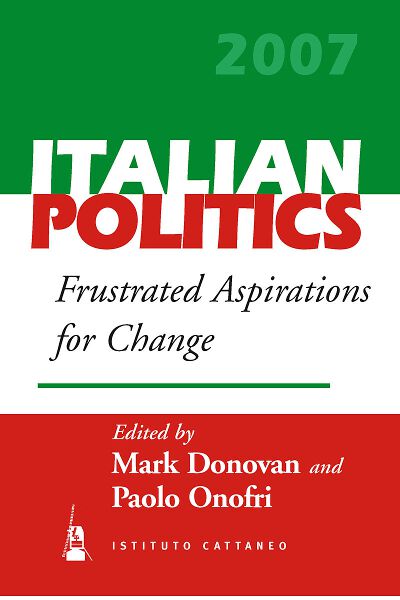 Published February 2009
Published February 2009 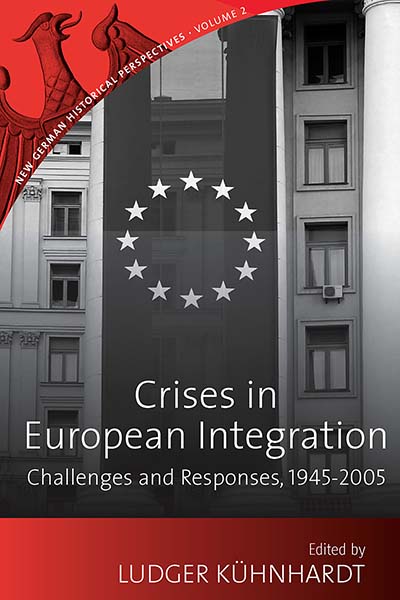 Published December 2008
Published December 2008 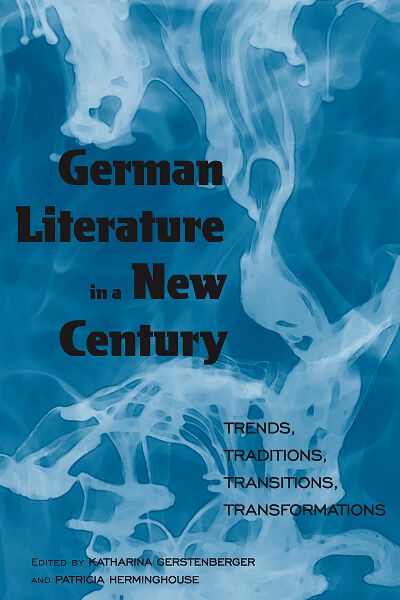 Published October 2008
Published October 2008 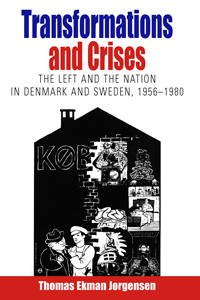 Published October 2008
Published October 2008 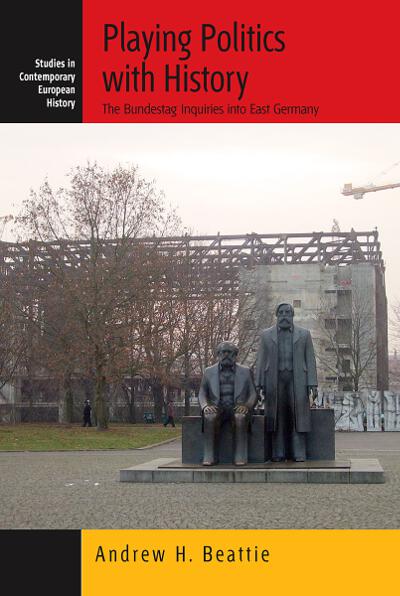 Published September 2008
Published September 2008 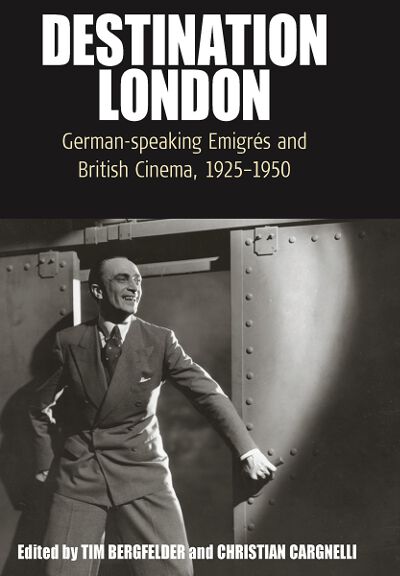 Published August 2008
Published August 2008 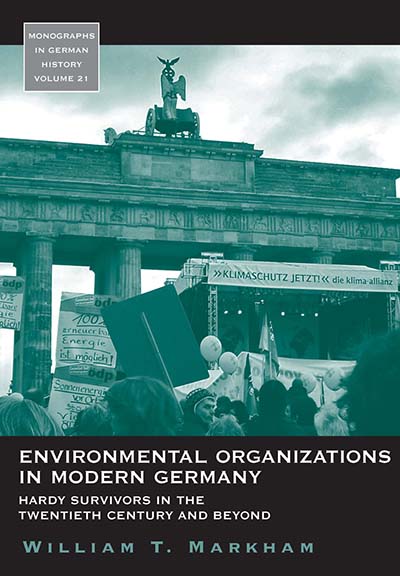 Published August 2008
Published August 2008 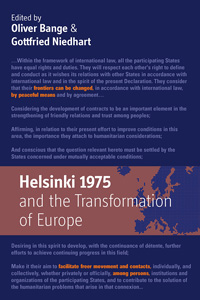 Published July 2008
Published July 2008 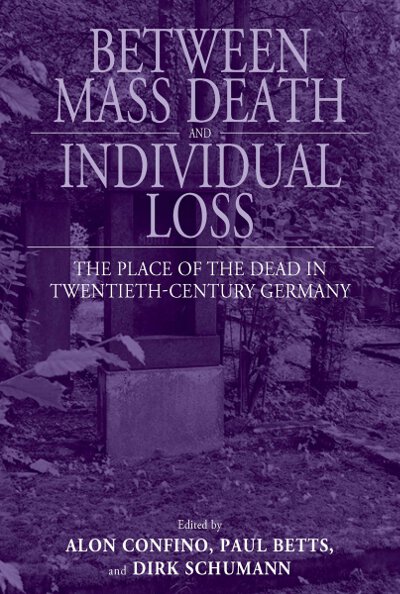 Published July 2008
Published July 2008 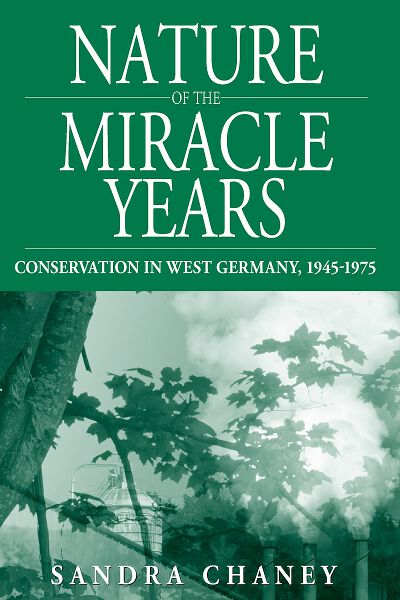 Published May 2008
Published May 2008 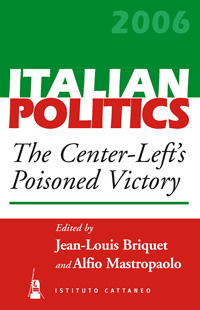 Published May 2008
Published May 2008 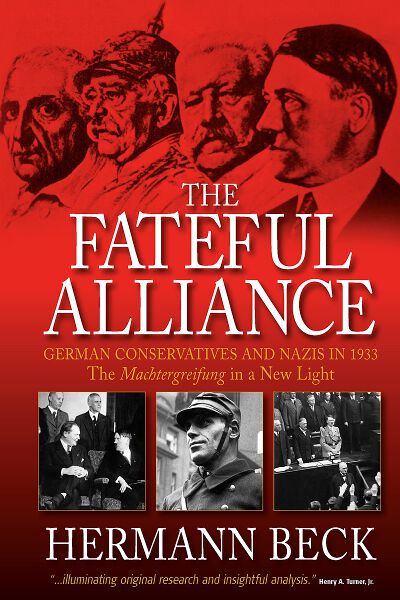 Published April 2008
Published April 2008 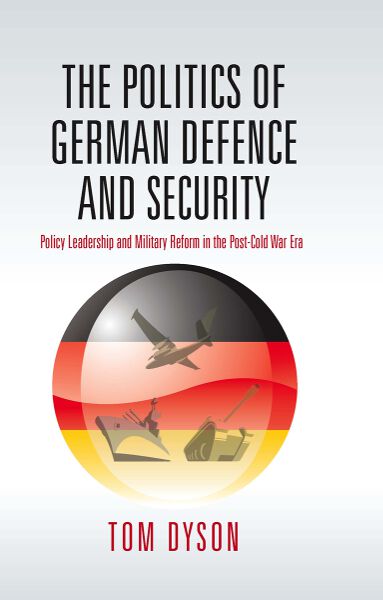 Published March 2008
Published March 2008 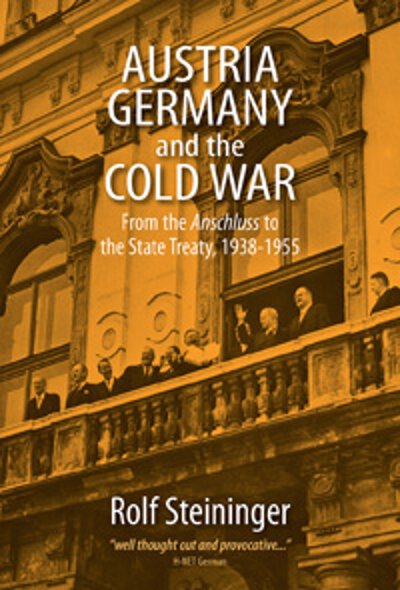 Published March 2008
Published March 2008 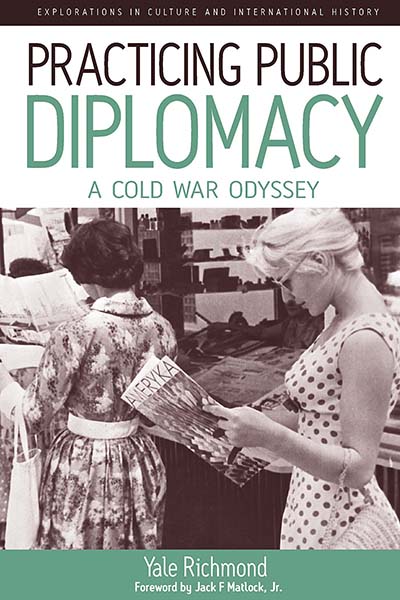 Published February 2008
Published February 2008 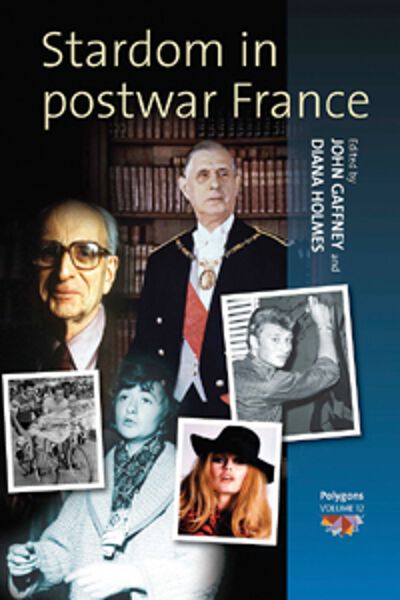 Published February 2008
Published February 2008 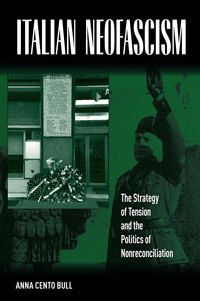 Published January 2008
Published January 2008 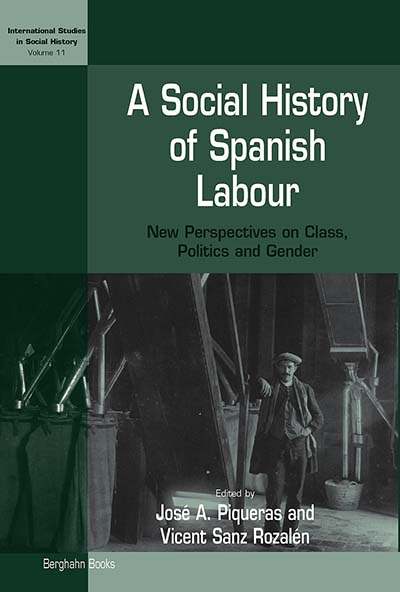 Published January 2008
Published January 2008 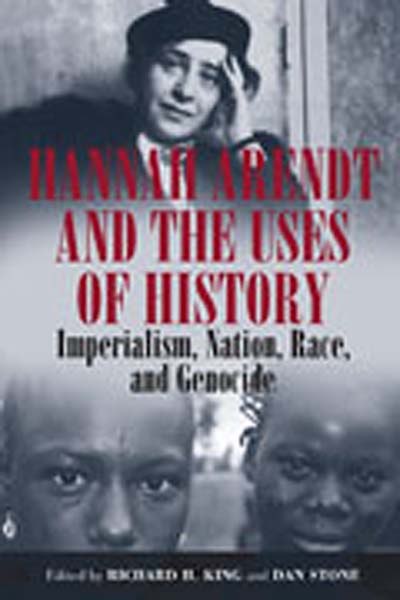 Published December 2007
Published December 2007 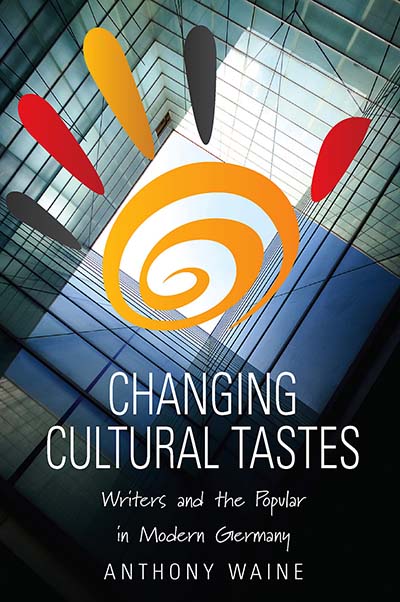 Published December 2007
Published December 2007 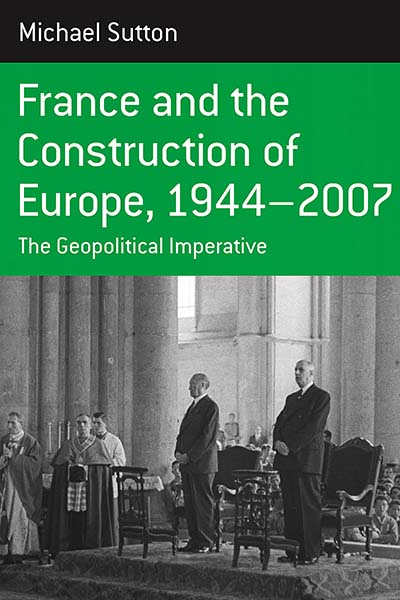 Published December 2007
Published December 2007 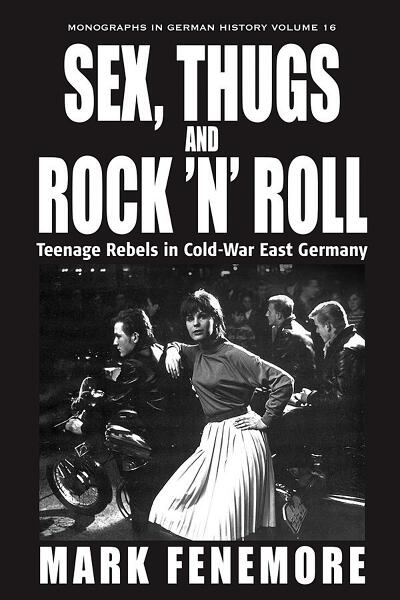 Published December 2007
Published December 2007 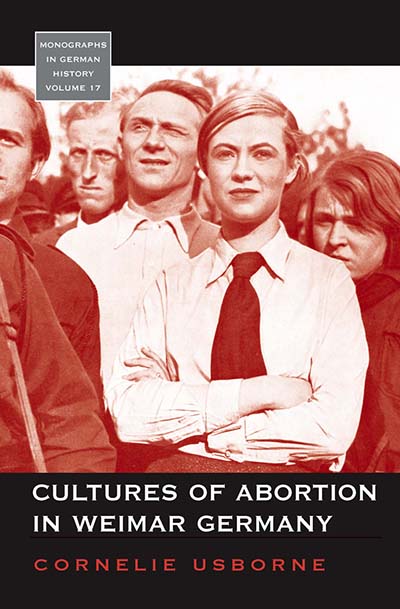 Published December 2007
Published December 2007 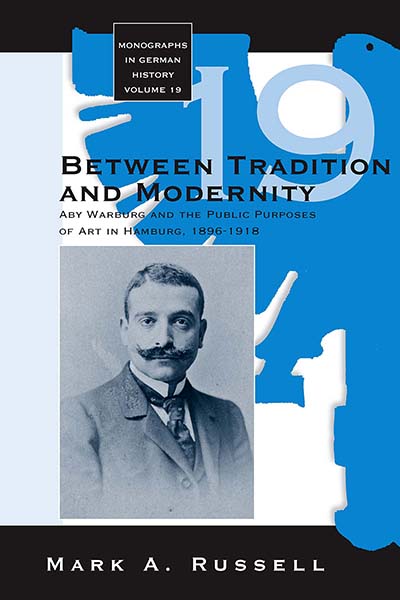 Published December 2007
Published December 2007  Published November 2007
Published November 2007 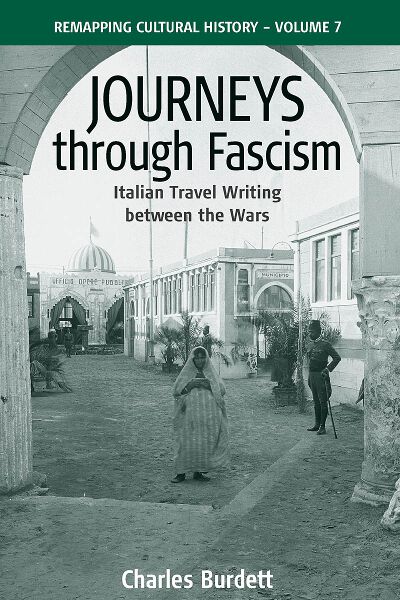 Published November 2007
Published November 2007 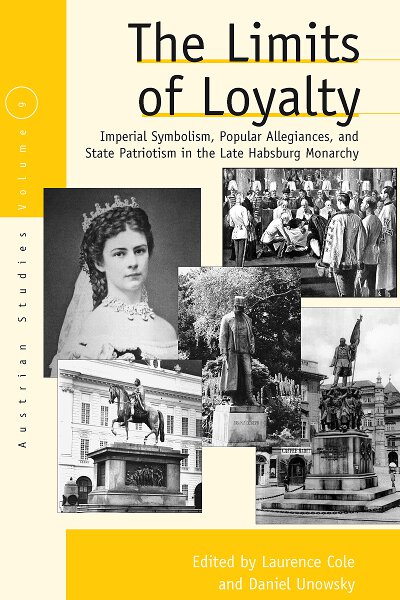 Published November 2007
Published November 2007 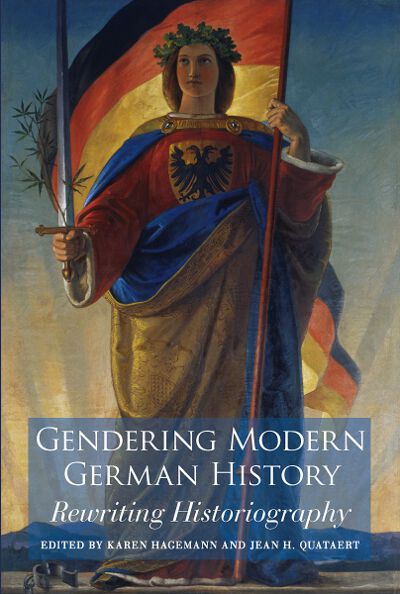 Published August 2007
Published August 2007 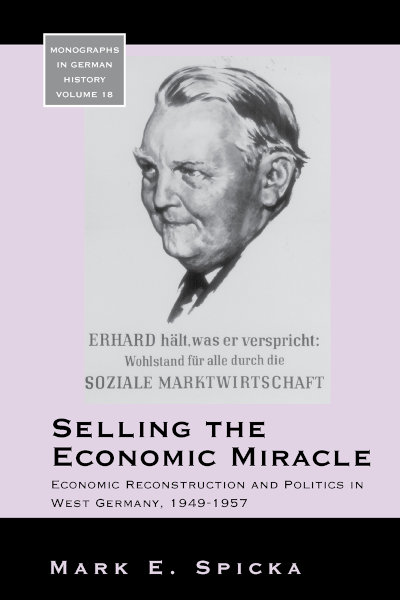 Published August 2007
Published August 2007 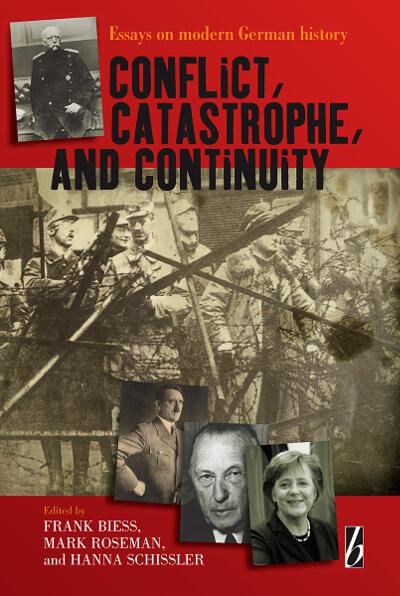 Published July 2007
Published July 2007 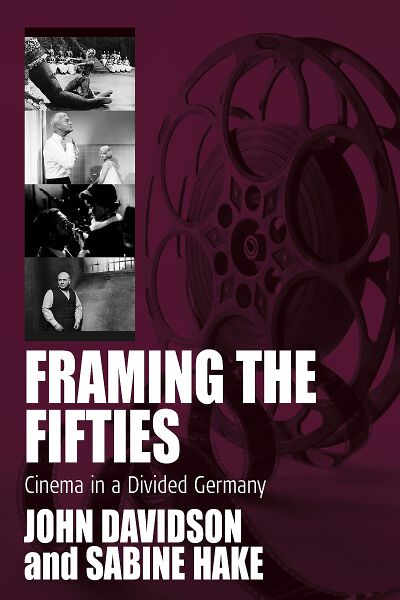 Published July 2007
Published July 2007 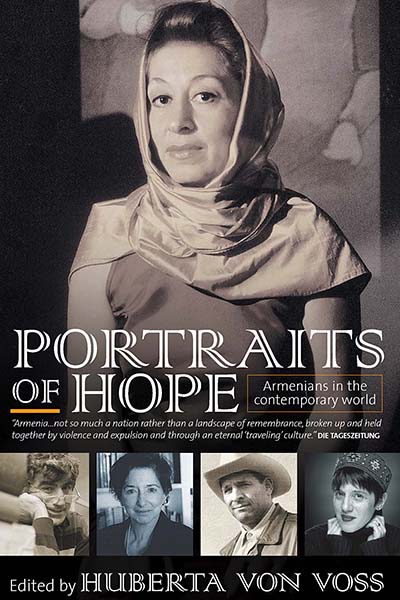 Published June 2007
Published June 2007 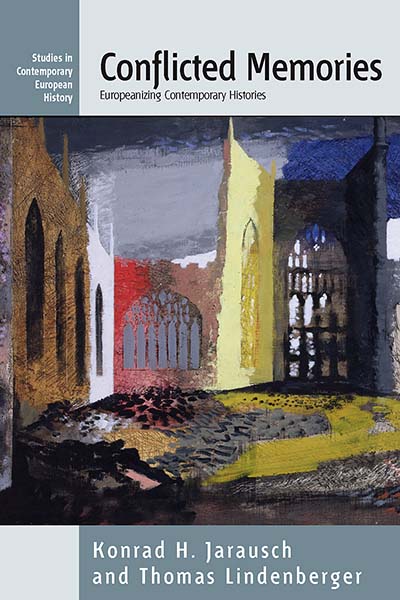 Published May 2007
Published May 2007 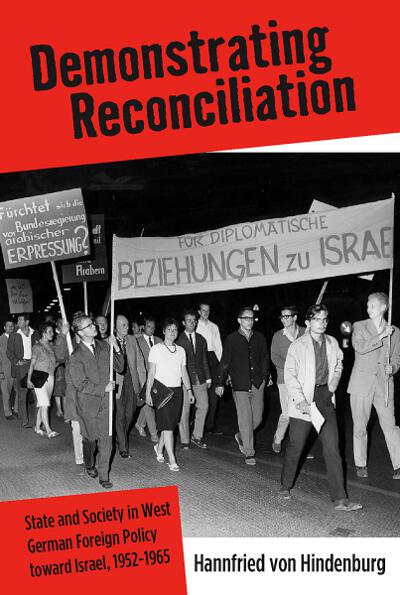 Published May 2007
Published May 2007 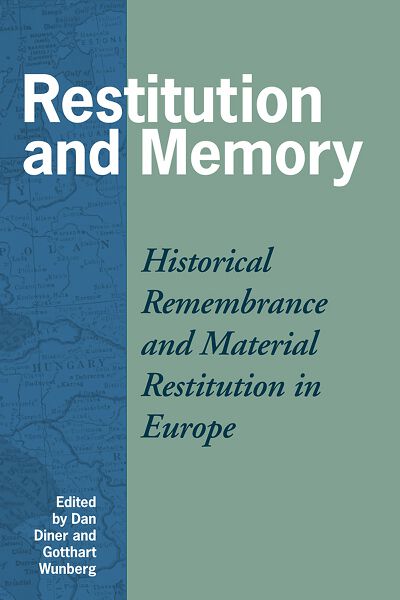 Published April 2007
Published April 2007 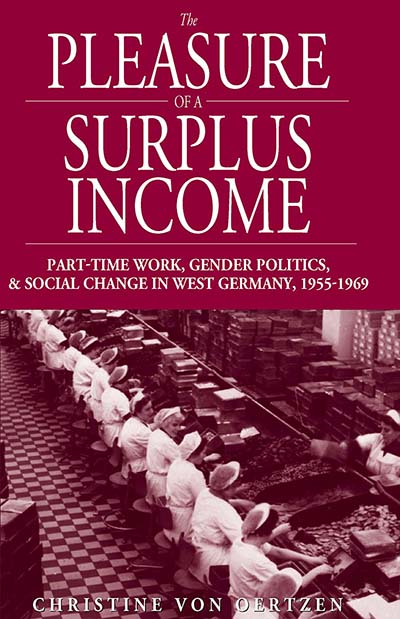 Published April 2007
Published April 2007 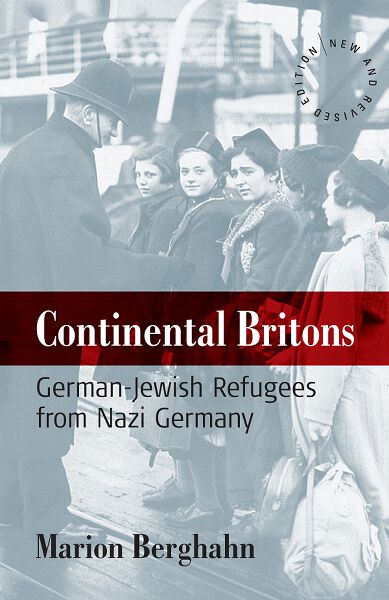 Published March 2007
Published March 2007 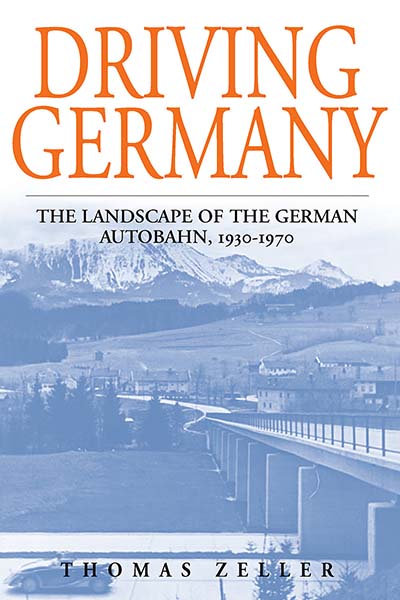 Published February 2007
Published February 2007 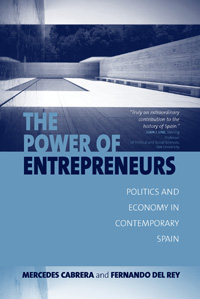 Published January 2007
Published January 2007 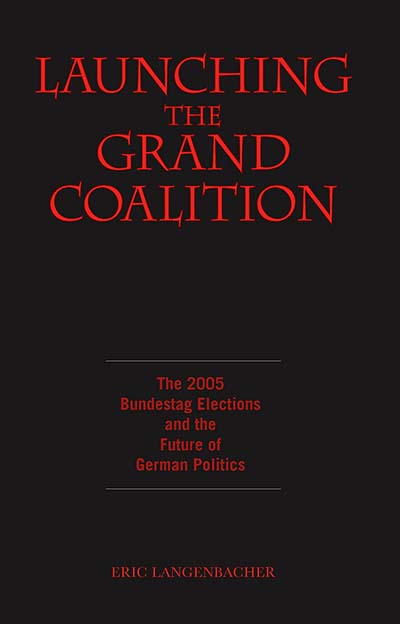 Published January 2007
Published January 2007 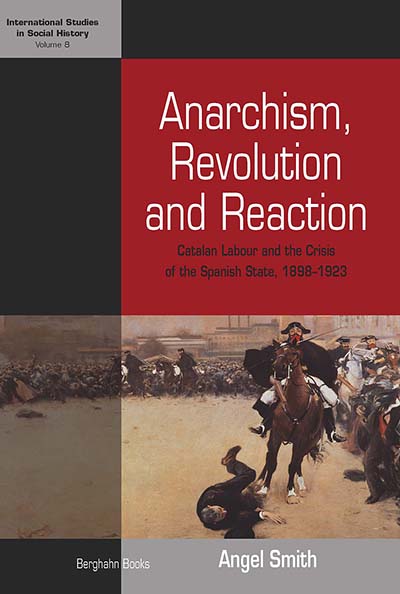 Published January 2007
Published January 2007 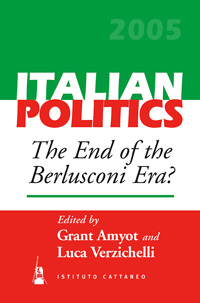 Published January 2007
Published January 2007 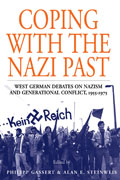 Published October 2006
Published October 2006 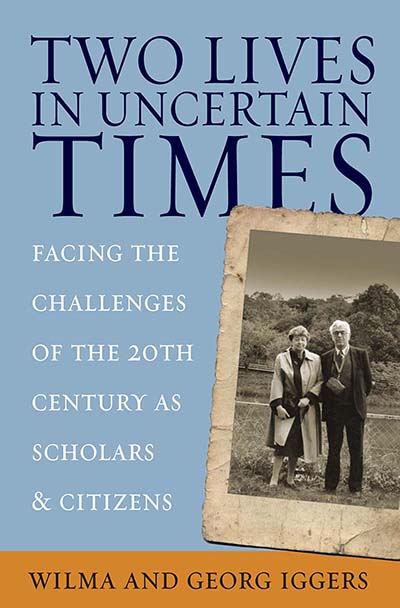 Published October 2006
Published October 2006 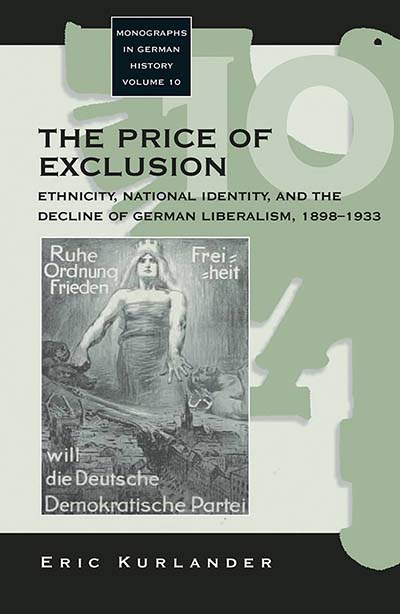 Published August 2006
Published August 2006 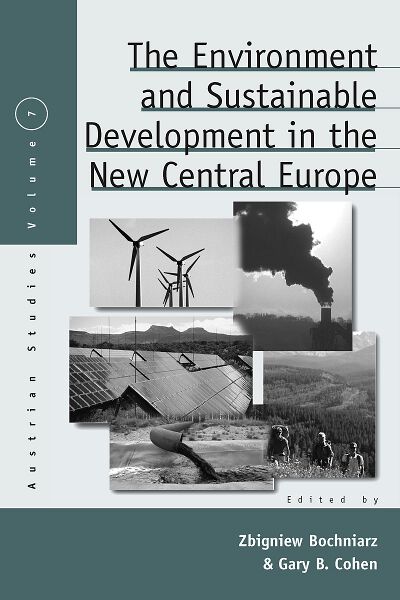 Published June 2006
Published June 2006 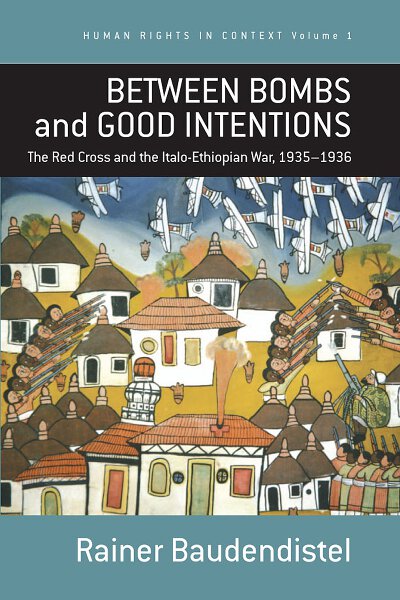 Published May 2006
Published May 2006 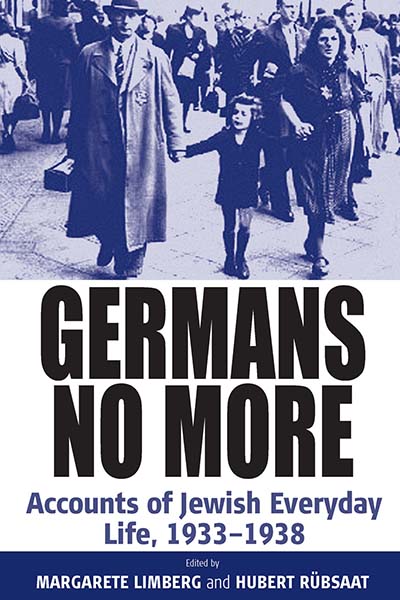 Published March 2006
Published March 2006 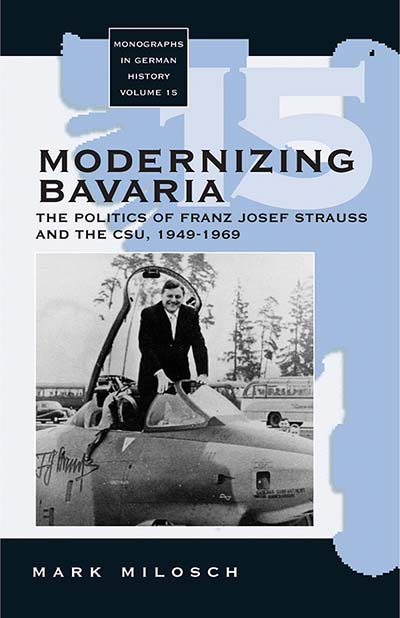 Published March 2006
Published March 2006 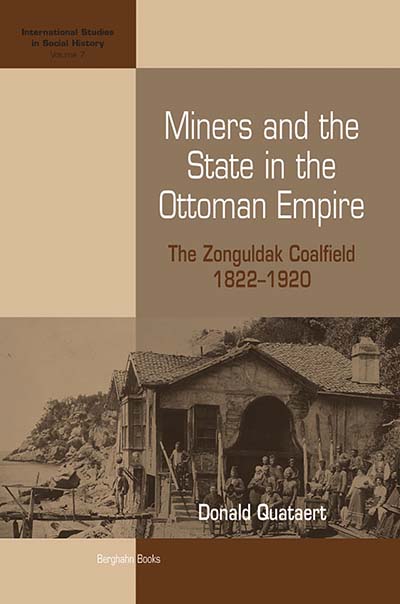 Published February 2006
Published February 2006 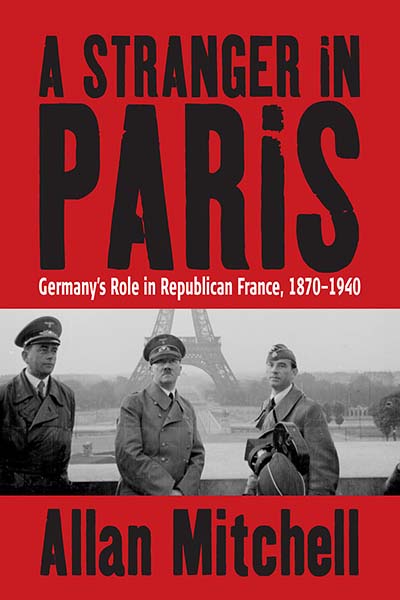 Published January 2006
Published January 2006 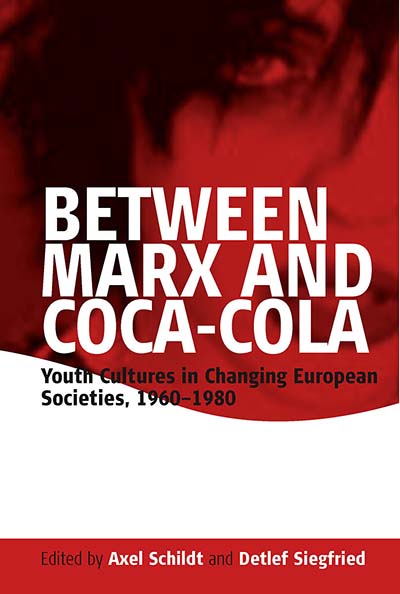 Published December 2005
Published December 2005 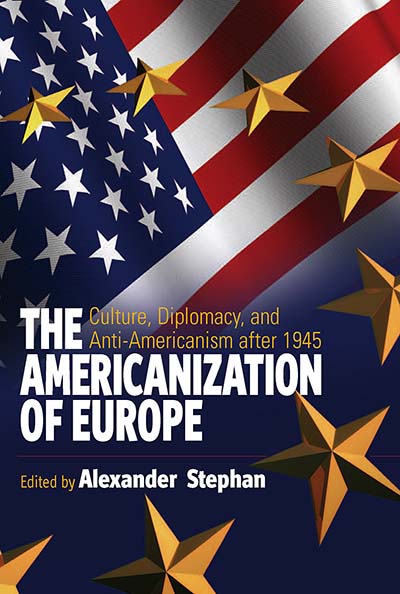 Published December 2005
Published December 2005 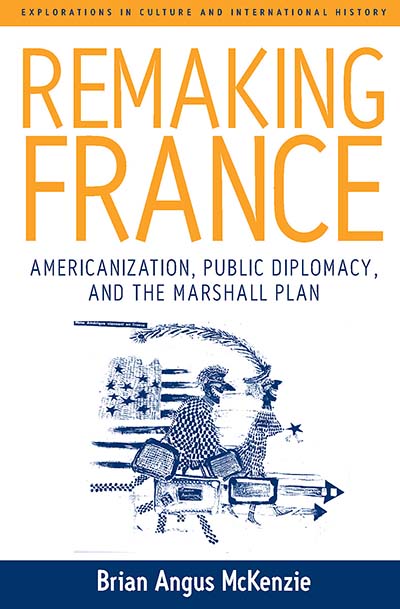 Published October 2005
Published October 2005 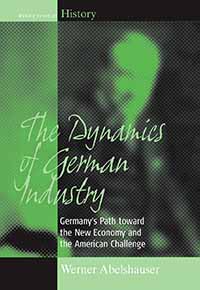 Published October 2005
Published October 2005 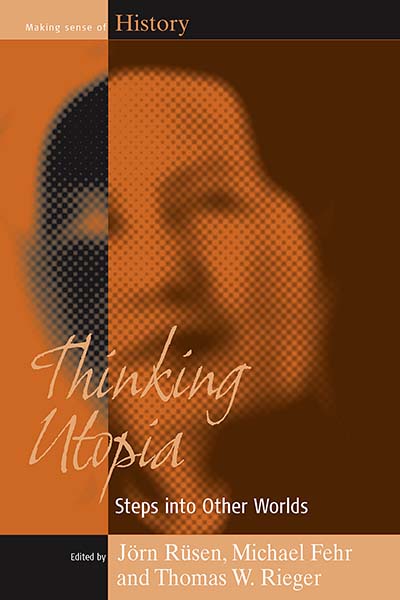 Published July 2005
Published July 2005 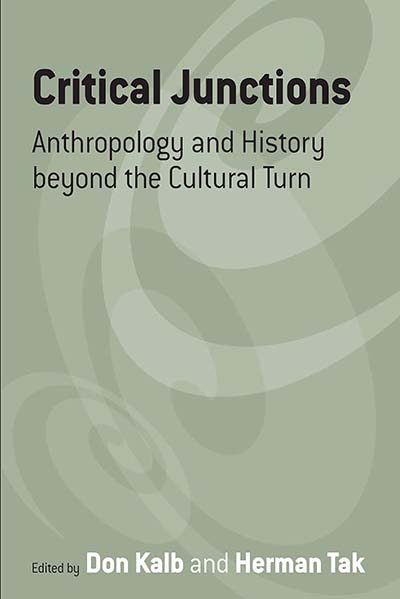 Published May 2005
Published May 2005 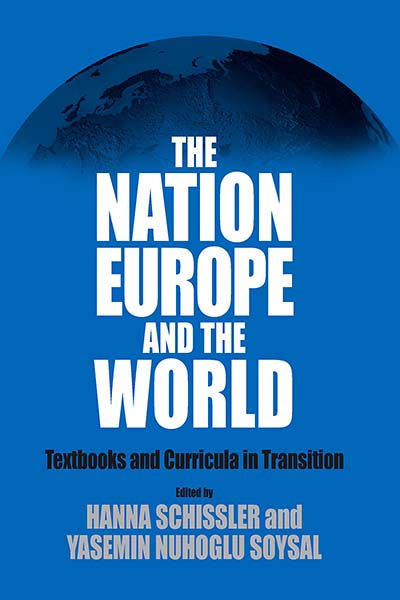 Published April 2005
Published April 2005 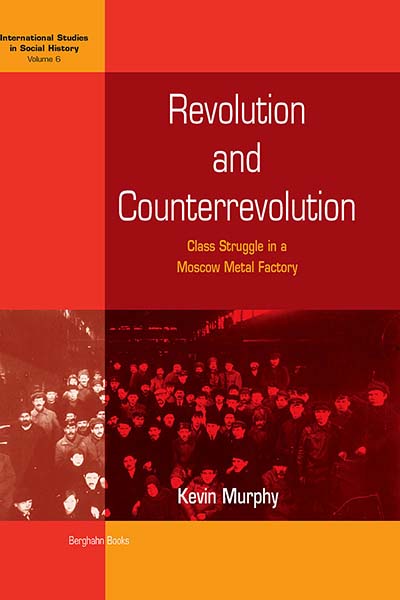 Published April 2005
Published April 2005 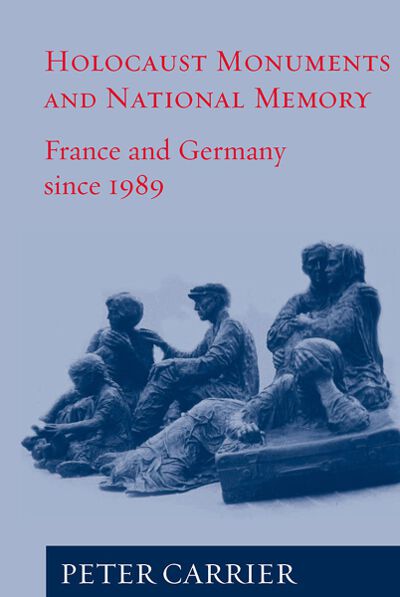 Published March 2005
Published March 2005  Published January 2005
Published January 2005 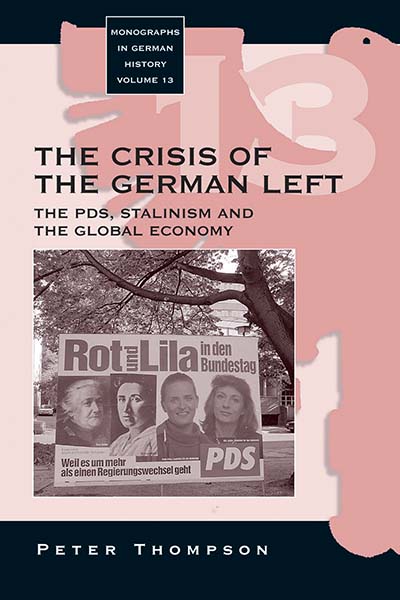 Published January 2005
Published January 2005 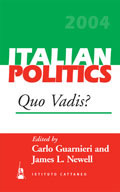 Published January 2005
Published January 2005 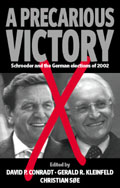 Published December 2004
Published December 2004 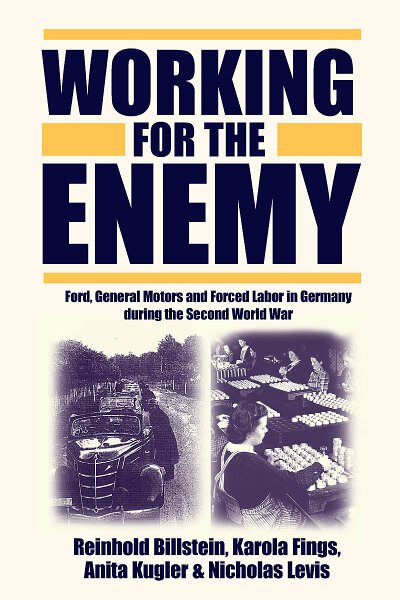 Published November 2004
Published November 2004  Published November 2004
Published November 2004 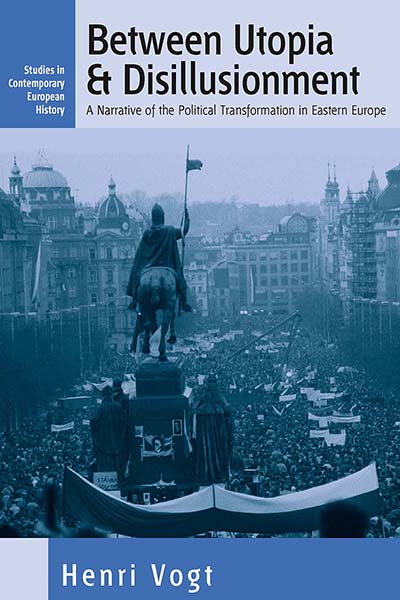 Published November 2004
Published November 2004 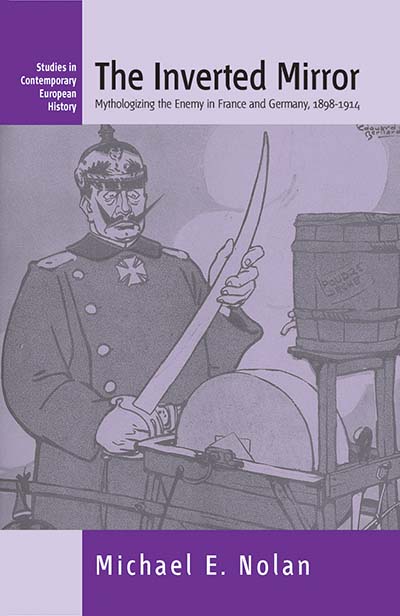 Published November 2004
Published November 2004 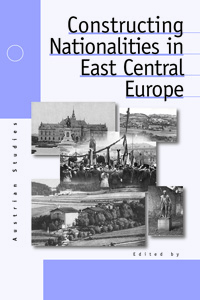 Published November 2004
Published November 2004 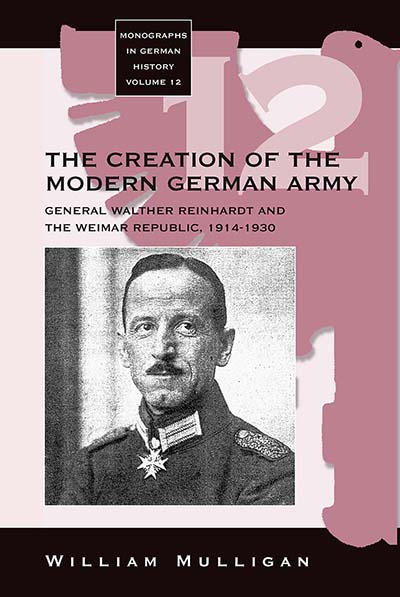 Published November 2004
Published November 2004 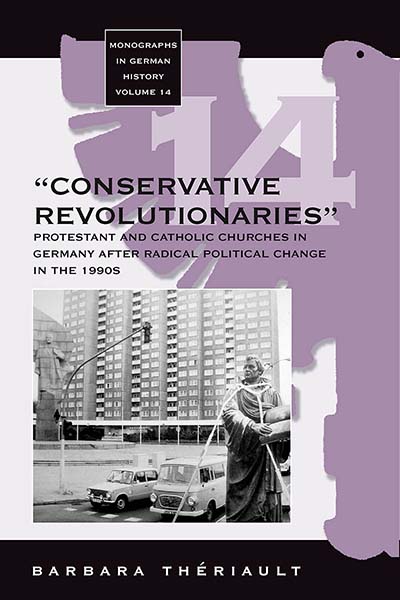 Published October 2004
Published October 2004 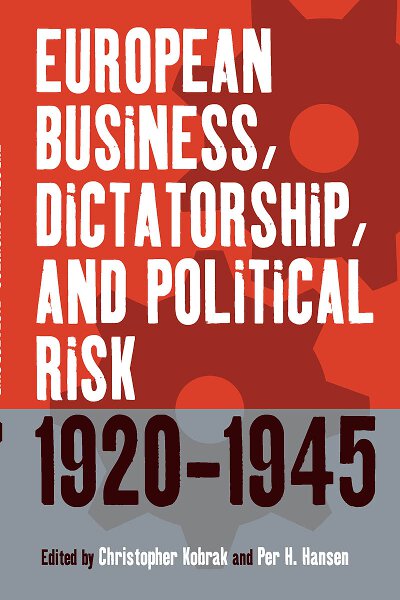 Published August 2004
Published August 2004 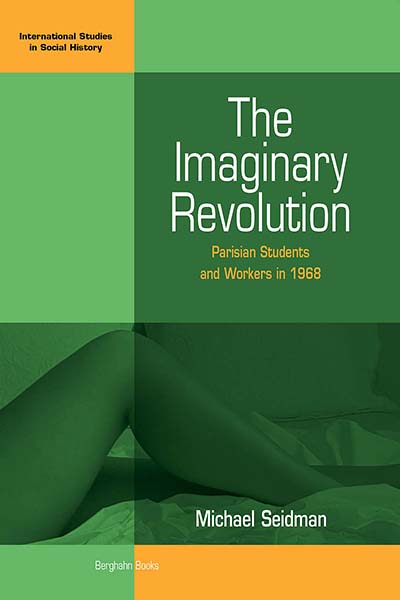 Published July 2004
Published July 2004 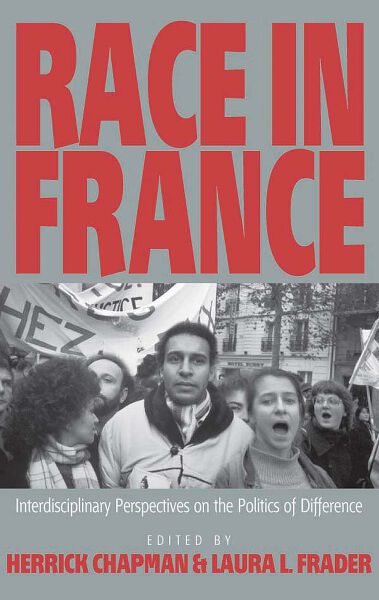 Published June 2004
Published June 2004 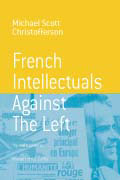 Published June 2004
Published June 2004 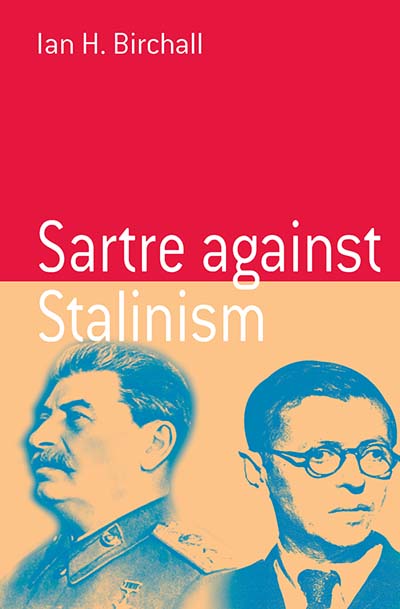 Published June 2004
Published June 2004 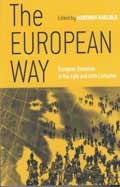 Published May 2004
Published May 2004 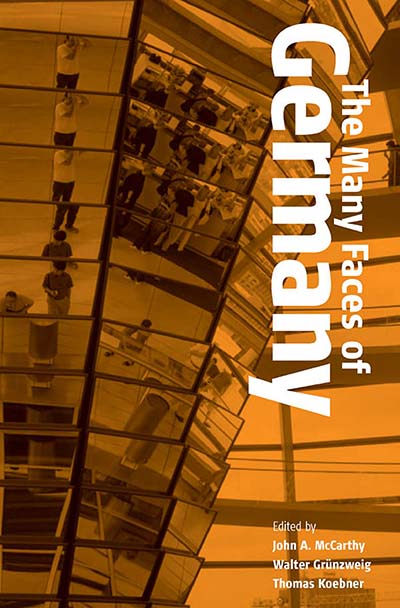 Published April 2004
Published April 2004 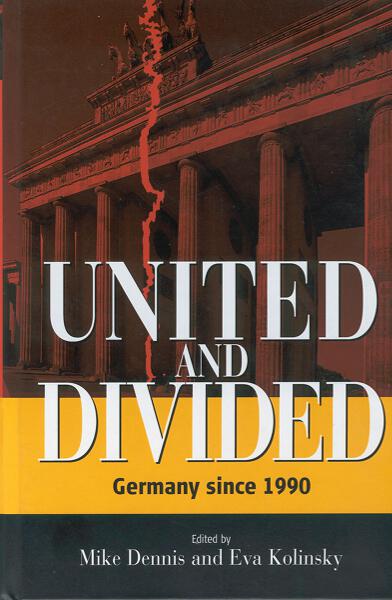 Published March 2004
Published March 2004 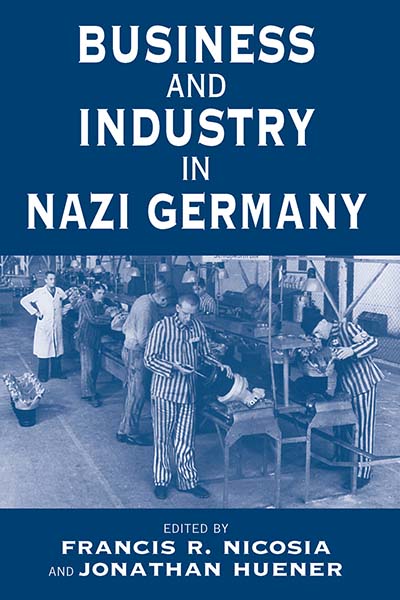 Published March 2004
Published March 2004 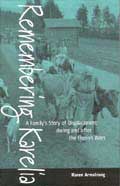 Published February 2004
Published February 2004 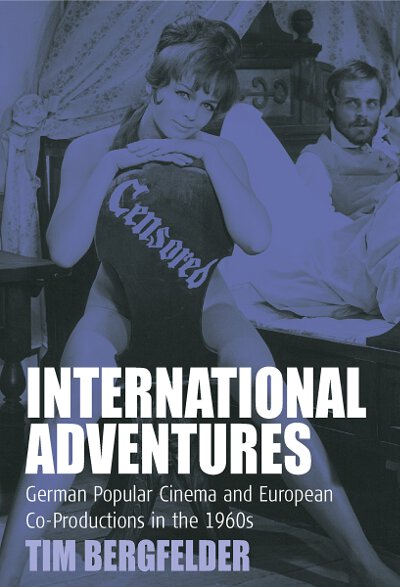 Published February 2004
Published February 2004 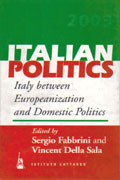 Published February 2004
Published February 2004 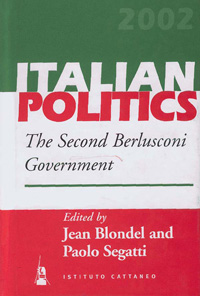 Published January 2004
Published January 2004 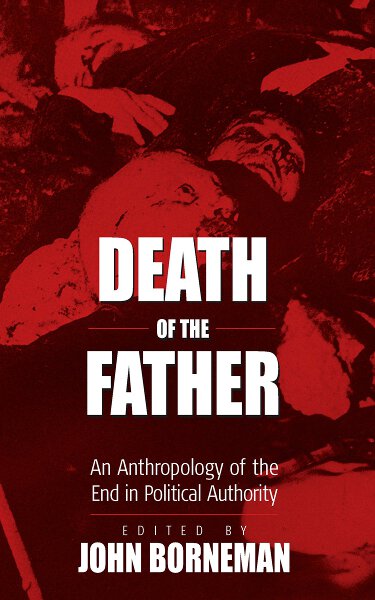 Published December 2003
Published December 2003 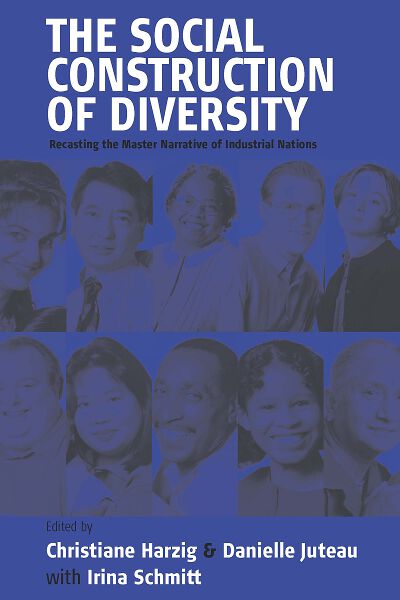 Published November 2003
Published November 2003 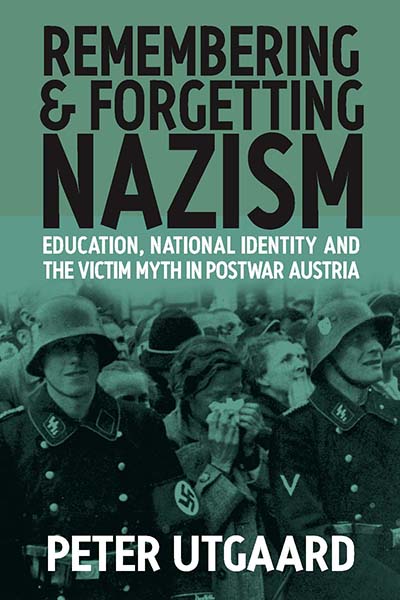 Published November 2003
Published November 2003 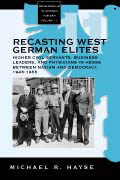 Published November 2003
Published November 2003 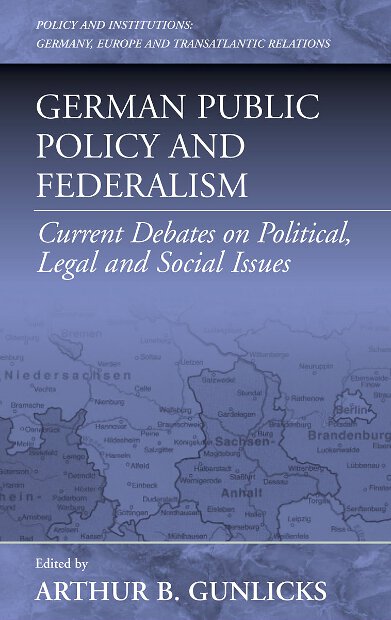 Published October 2003
Published October 2003 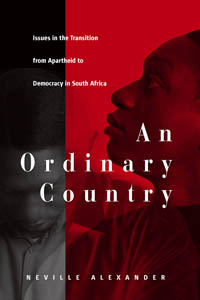 Published August 2003
Published August 2003 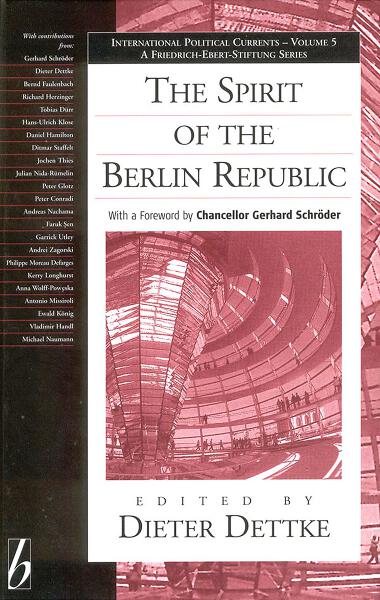 Published June 2003
Published June 2003 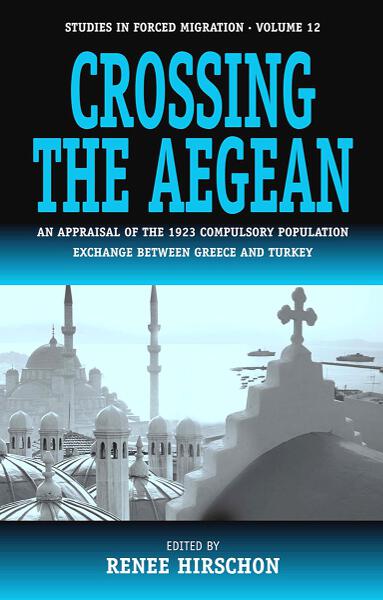 Published May 2003
Published May 2003 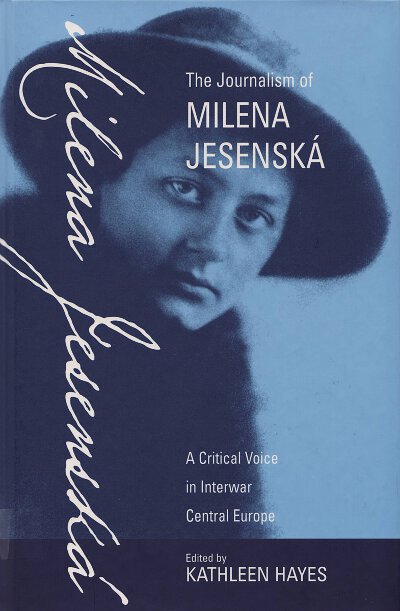 Published February 2003
Published February 2003 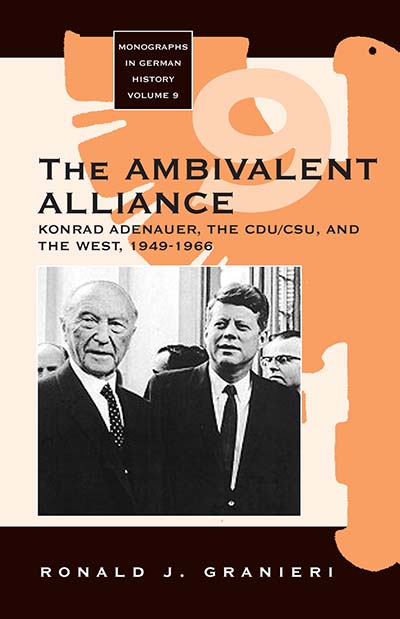 Published January 2003
Published January 2003 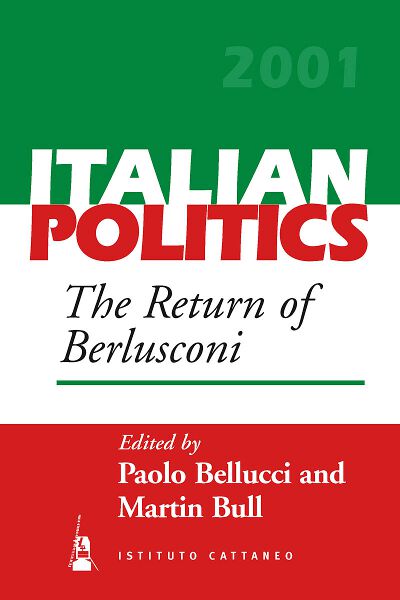 Published January 2003
Published January 2003 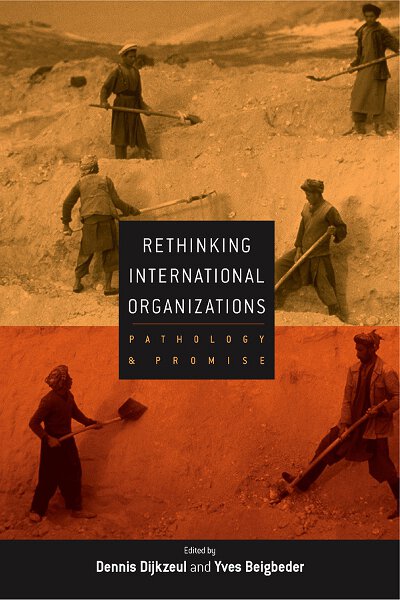 Published December 2002
Published December 2002 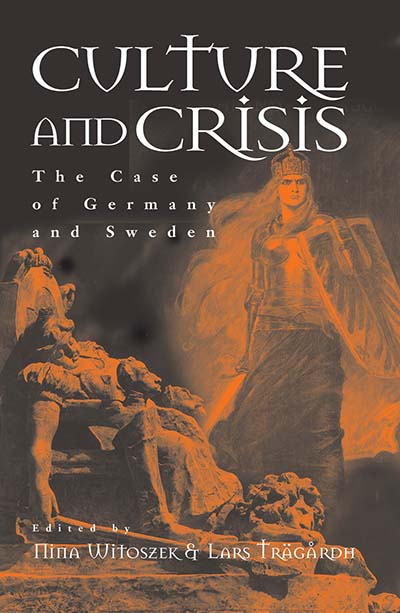 Published December 2002
Published December 2002 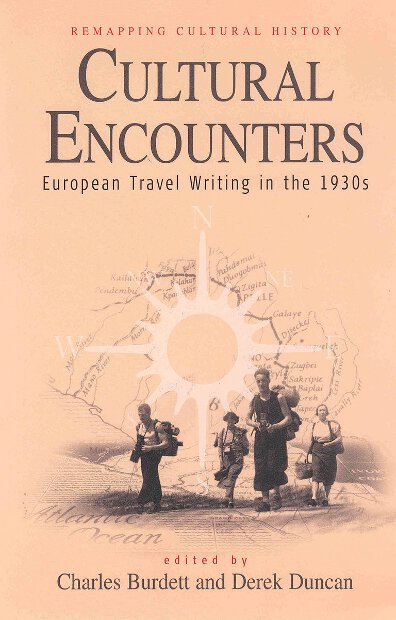 Published December 2002
Published December 2002 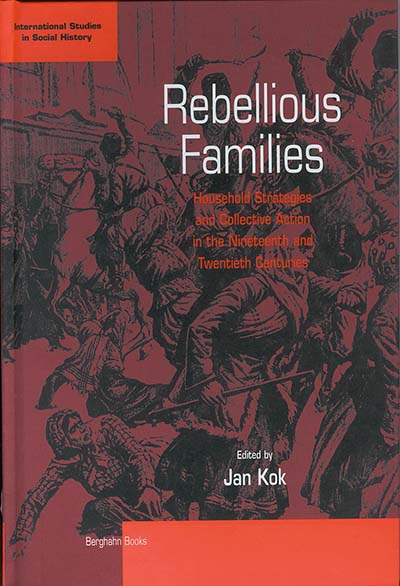 Published December 2002
Published December 2002 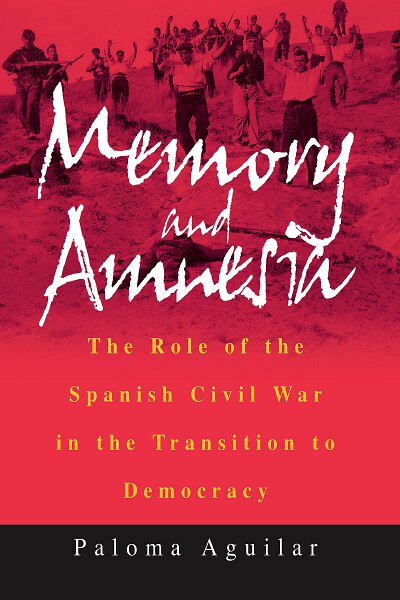 Published August 2002
Published August 2002 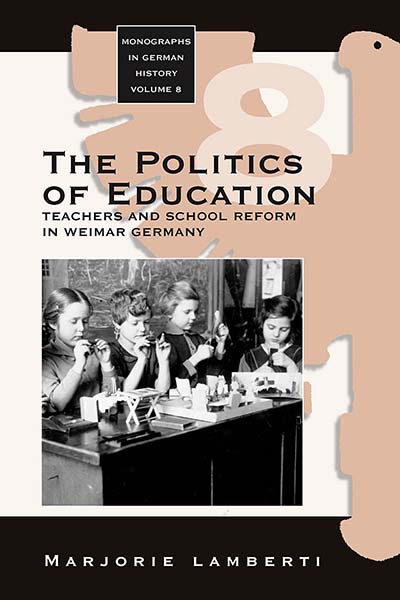 Published July 2002
Published July 2002 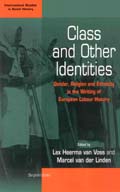 Published June 2002
Published June 2002 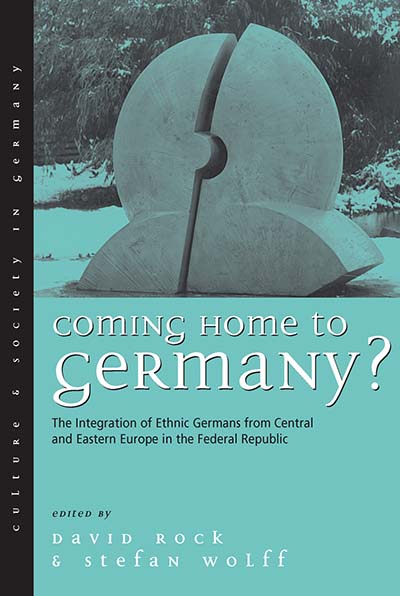 Published June 2002
Published June 2002 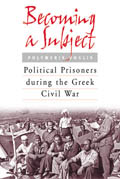 Published May 2002
Published May 2002 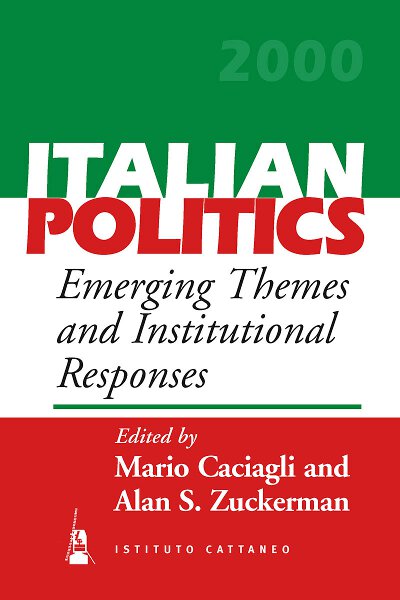 Published March 2002
Published March 2002 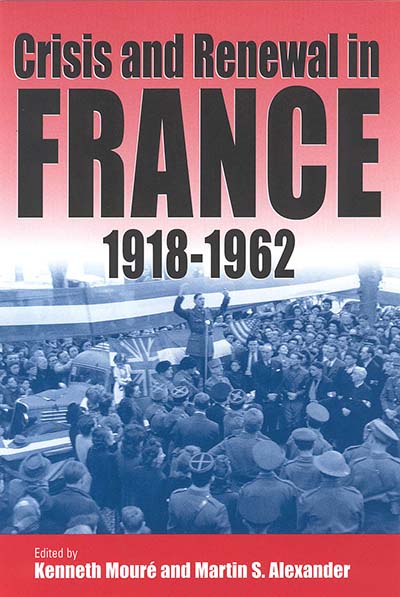 Published February 2002
Published February 2002 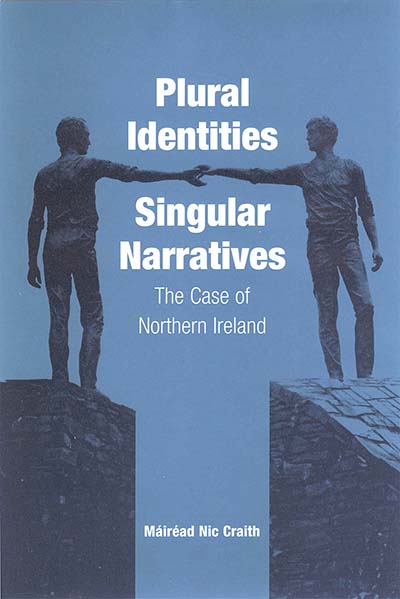 Published February 2002
Published February 2002 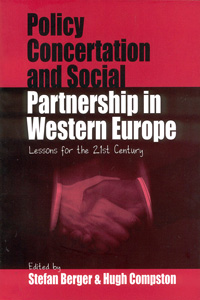 Published February 2002
Published February 2002 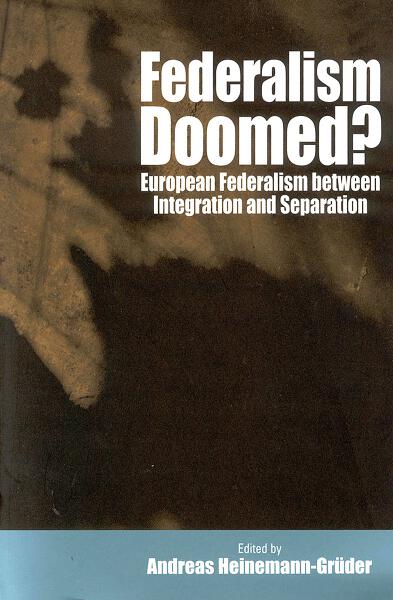 Published January 2002
Published January 2002 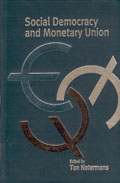 Published December 2001
Published December 2001 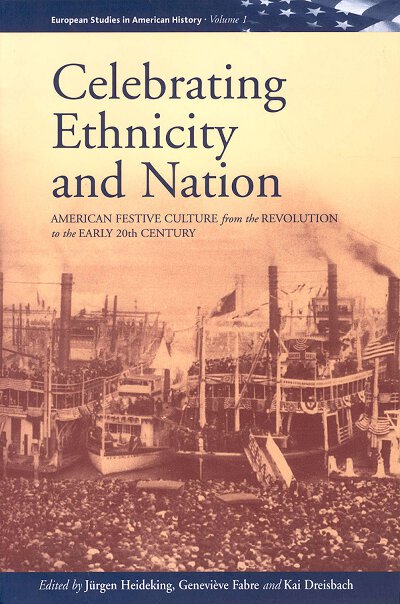 Published December 2001
Published December 2001 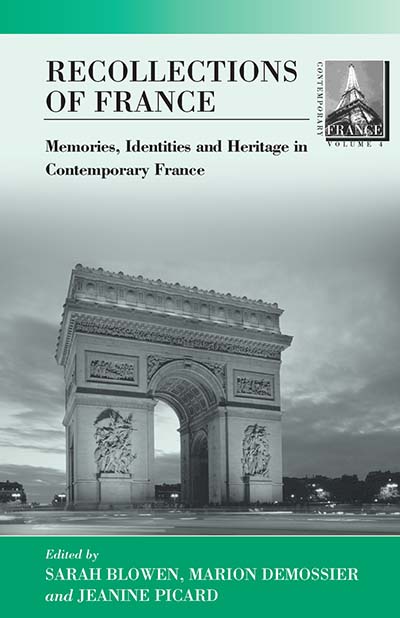 Published December 2001
Published December 2001 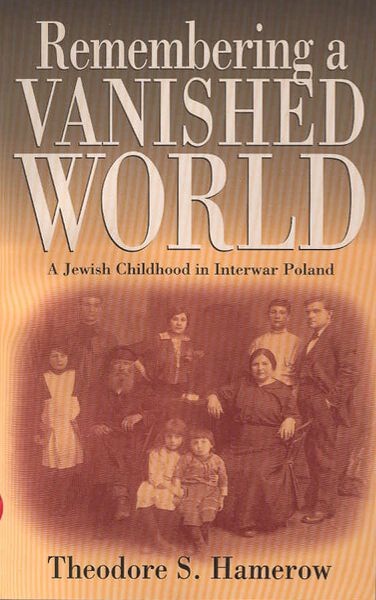 Published October 2001
Published October 2001 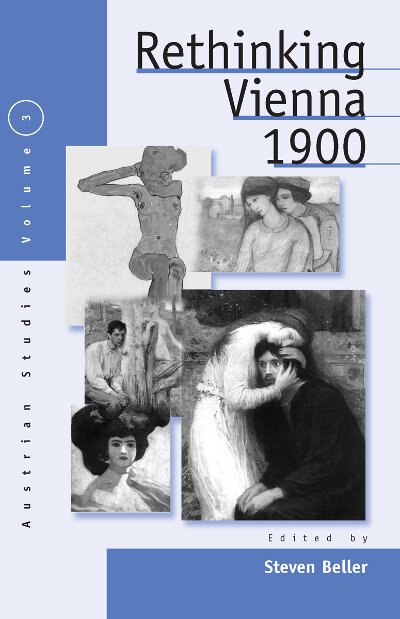 Published October 2001
Published October 2001 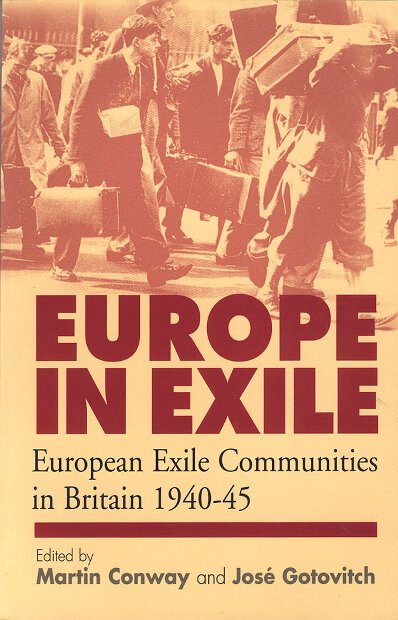 Published August 2001
Published August 2001 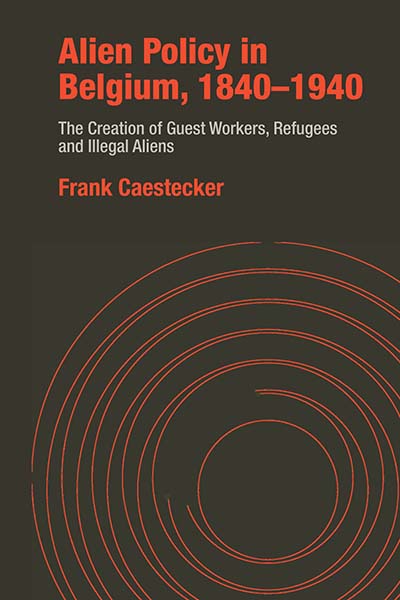 Published February 2001
Published February 2001 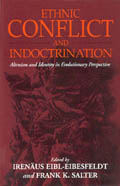 Published January 2001
Published January 2001 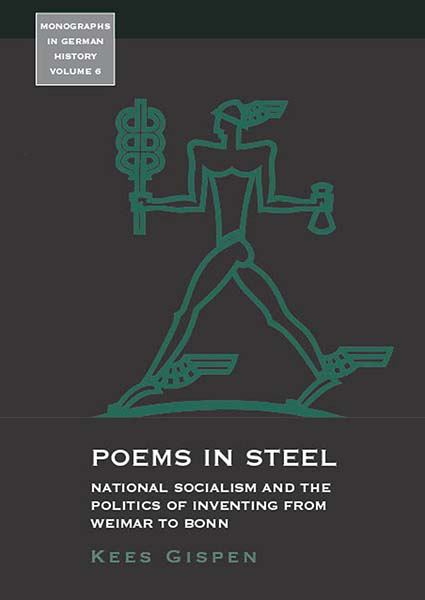 Published January 2001
Published January 2001 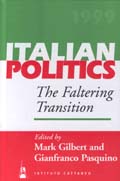 Published January 2001
Published January 2001  Published November 2000
Published November 2000 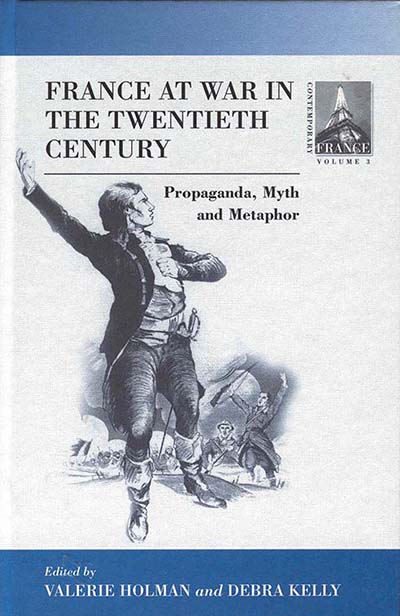 Published November 2000
Published November 2000 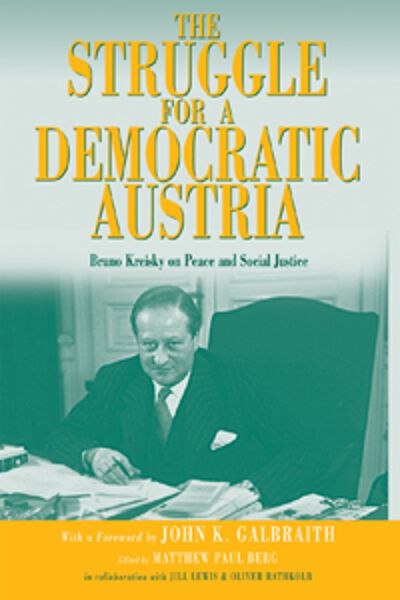 Published October 2000
Published October 2000 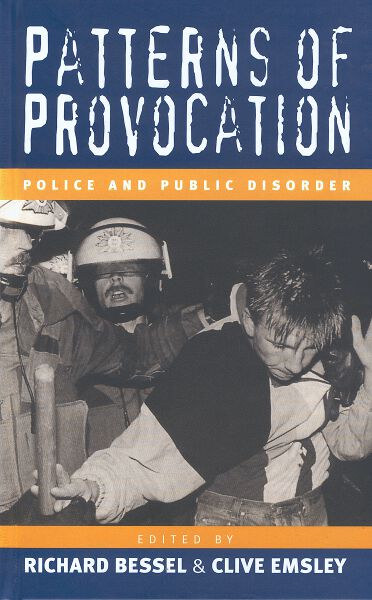 Published October 2000
Published October 2000 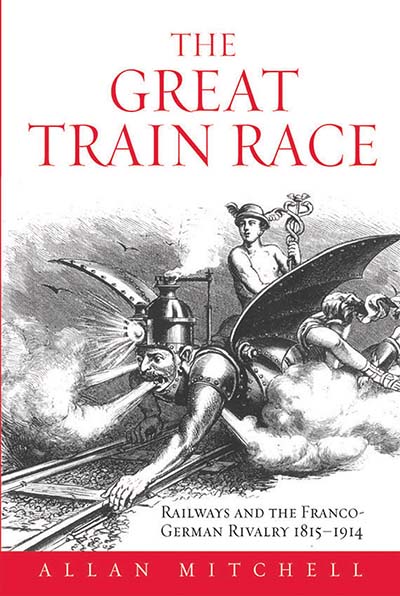 Published September 2000
Published September 2000 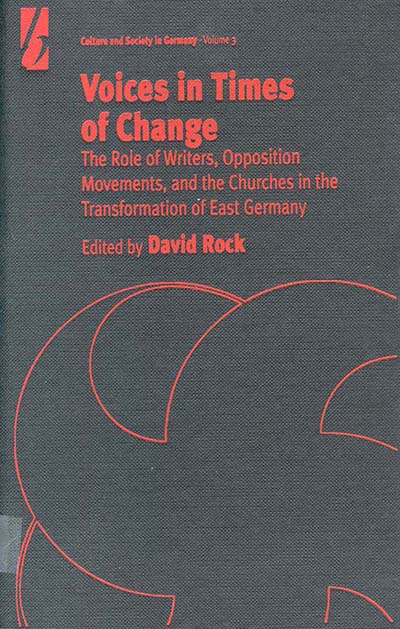 Published September 2000
Published September 2000 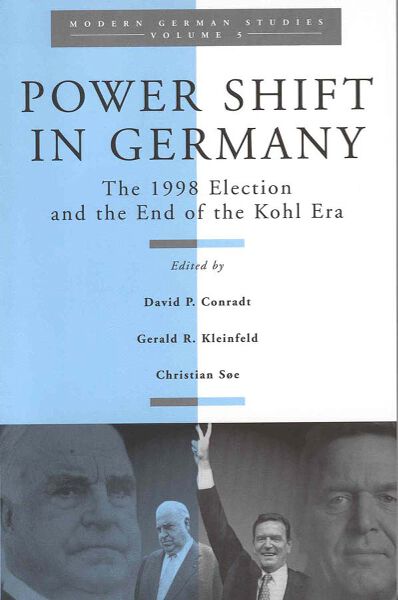 Published September 2000
Published September 2000 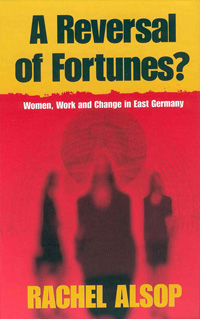 Published May 2000
Published May 2000 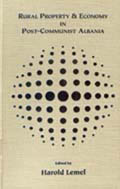 Published March 2000
Published March 2000 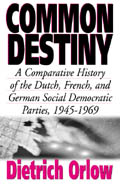 Published March 2000
Published March 2000 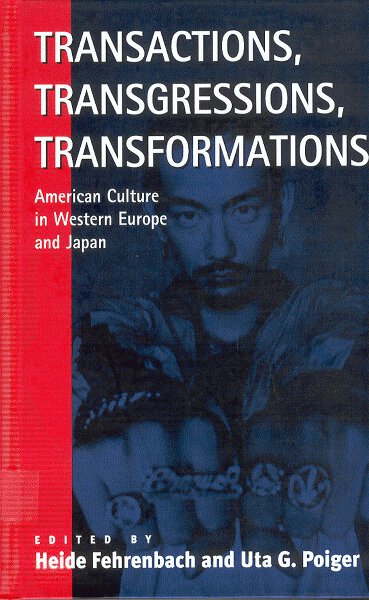 Published December 1999
Published December 1999 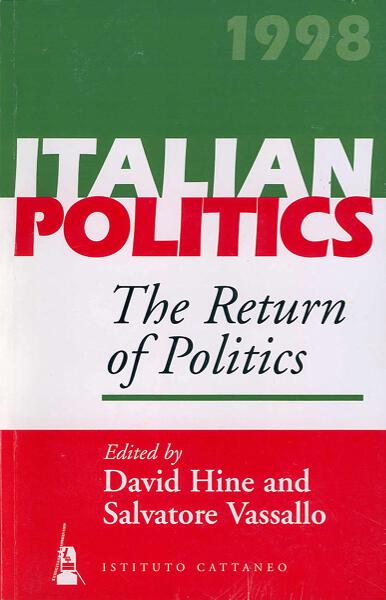 Published 1999
Published 1999 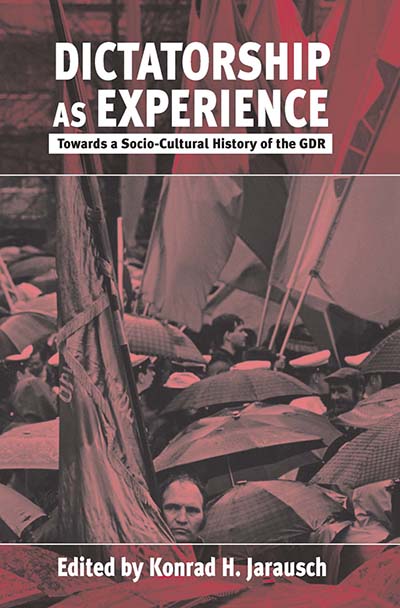 Published October 1999
Published October 1999 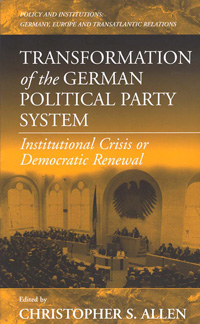 Published October 1999
Published October 1999 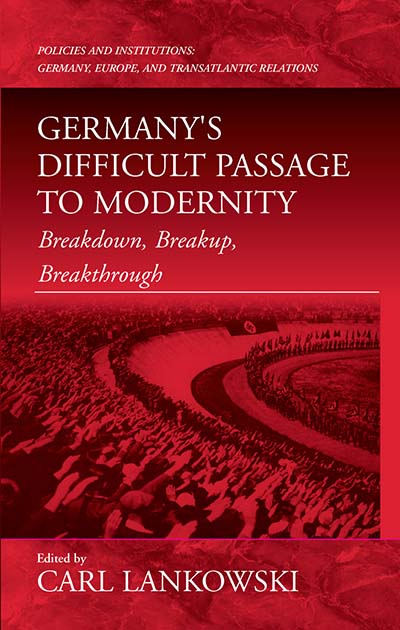 Published October 1999
Published October 1999 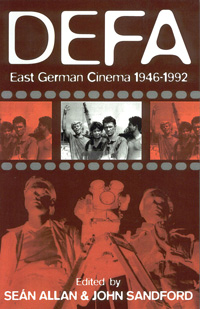 Published August 1999
Published August 1999 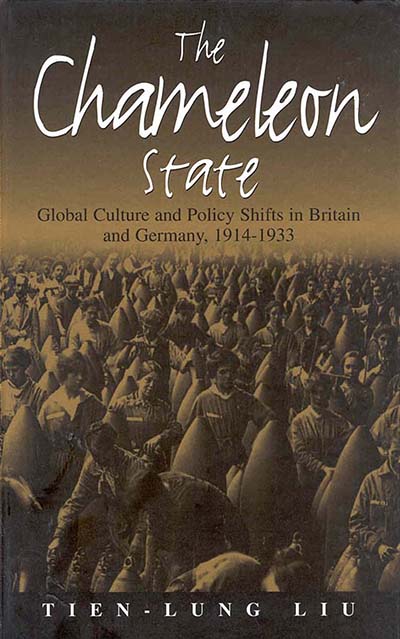 Published March 1999
Published March 1999 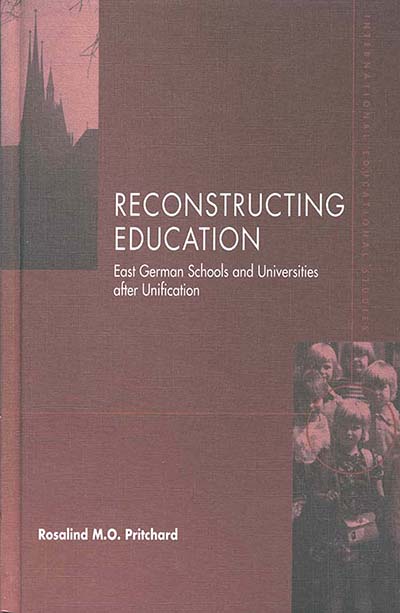 Published December 1998
Published December 1998 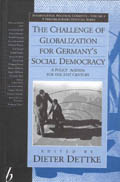 Published December 1998
Published December 1998 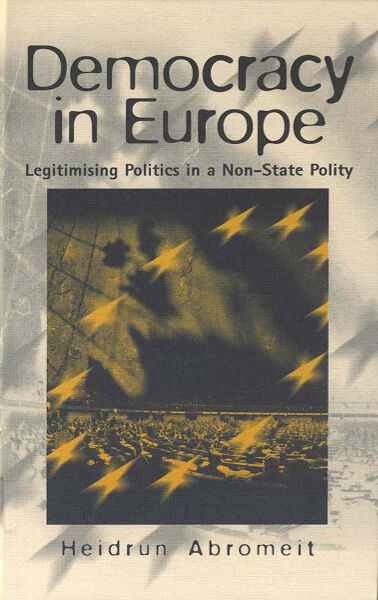 Published October 1998
Published October 1998 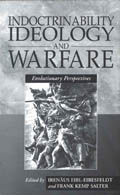 Published October 1998
Published October 1998 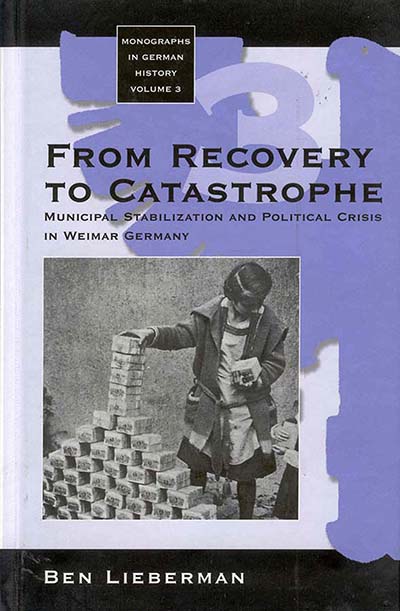 Published September 1998
Published September 1998 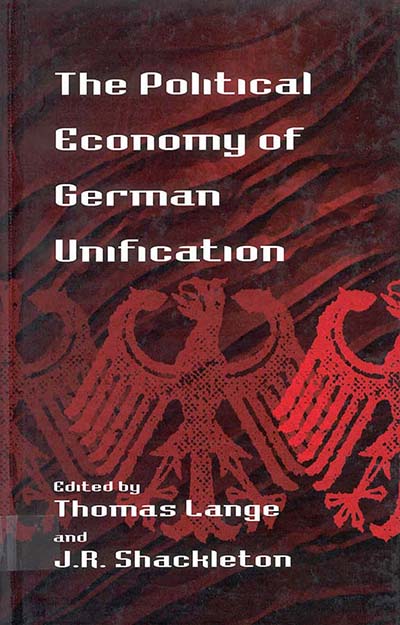 Published April 1998
Published April 1998 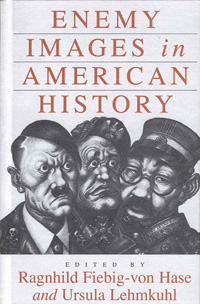 Published January 1998
Published January 1998 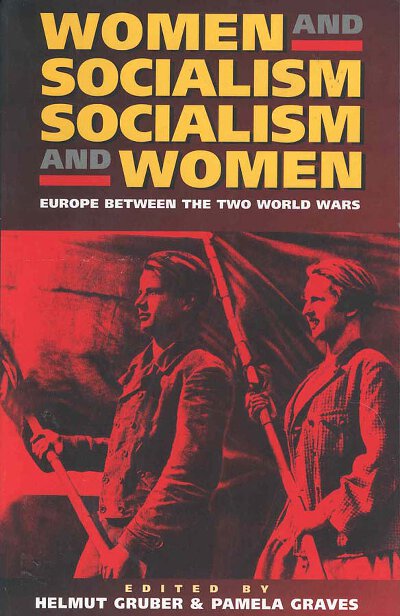 Published January 1998
Published January 1998 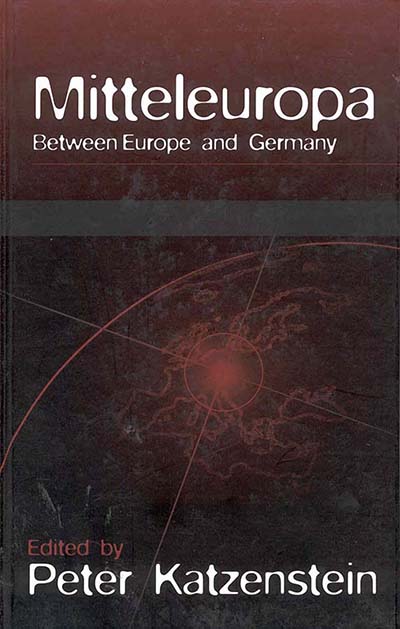 Published January 1998
Published January 1998 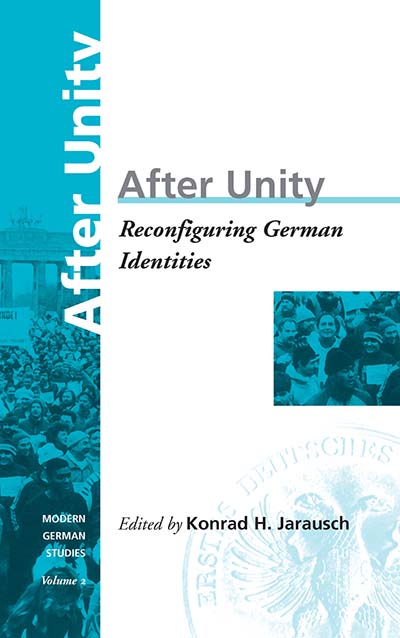 Published September 1997
Published September 1997 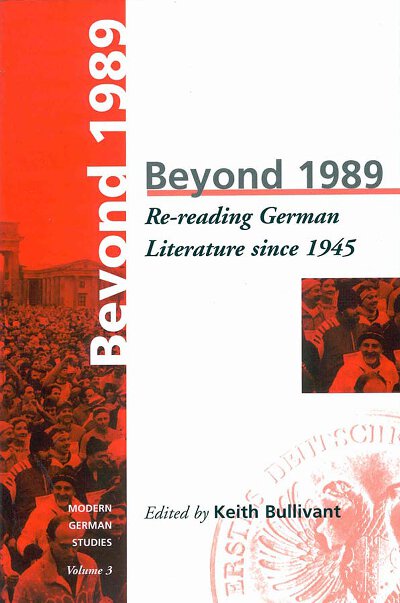 Published September 1997
Published September 1997 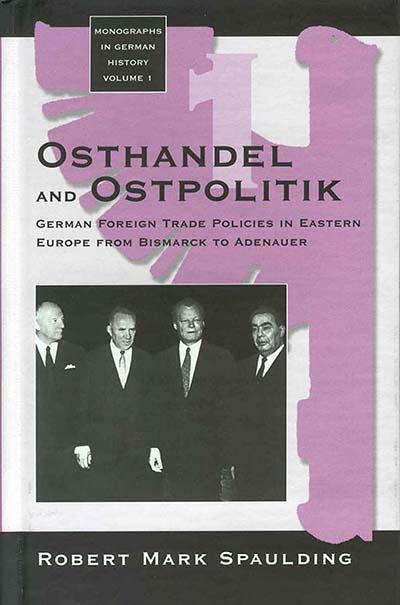 Published June 1997
Published June 1997 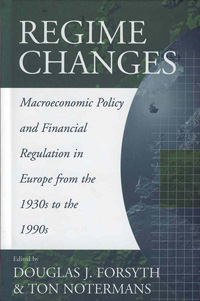 Published March 1997
Published March 1997 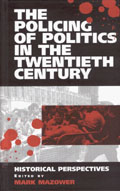 Published March 1997
Published March 1997  Published January 1997
Published January 1997 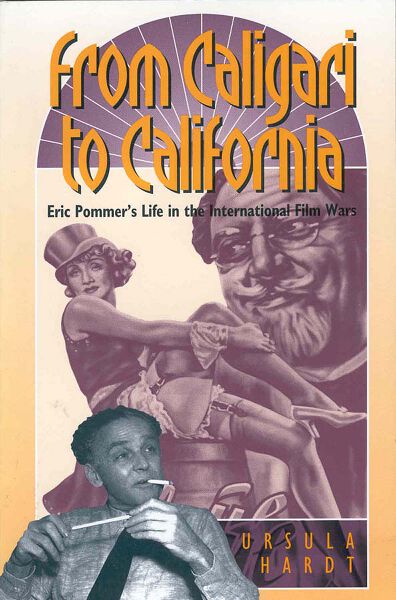 Published December 1996
Published December 1996 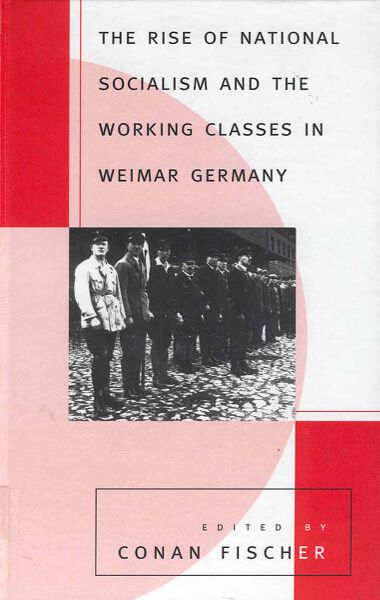 Published November 1996
Published November 1996 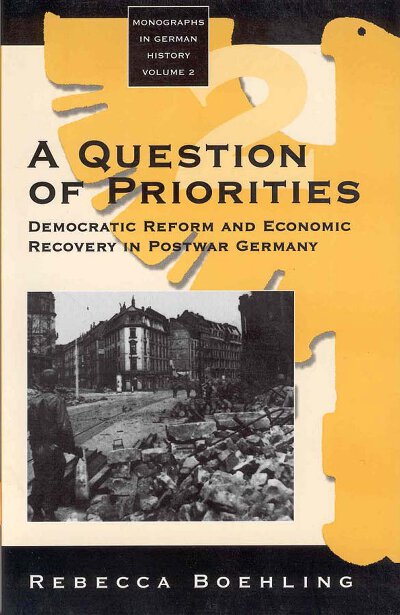 Published November 1996
Published November 1996  Published May 1996
Published May 1996 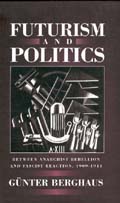 Published April 1996
Published April 1996 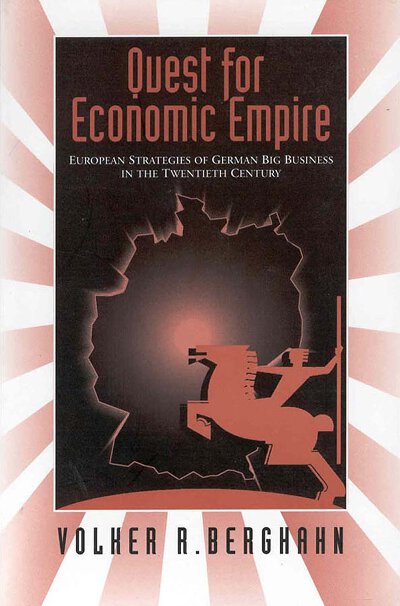 Published March 1996
Published March 1996 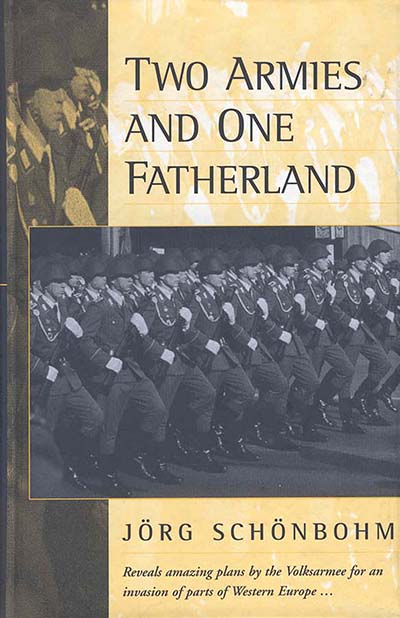 Published January 1996
Published January 1996 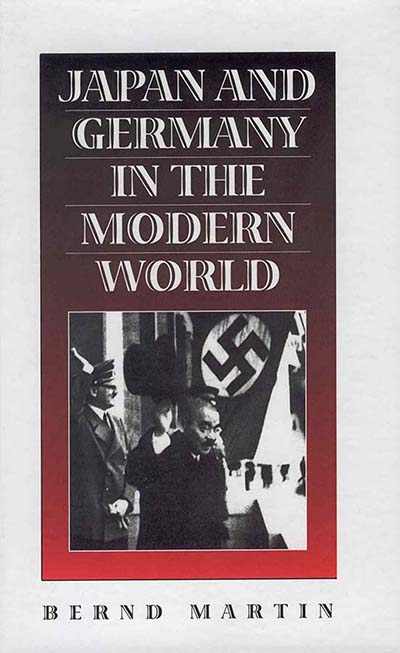 Published November 1995
Published November 1995 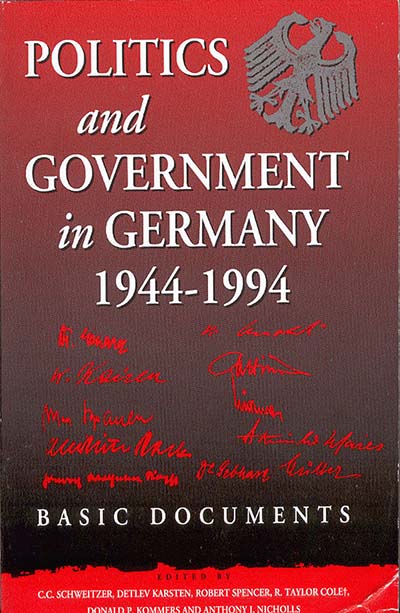 Published July 1995
Published July 1995 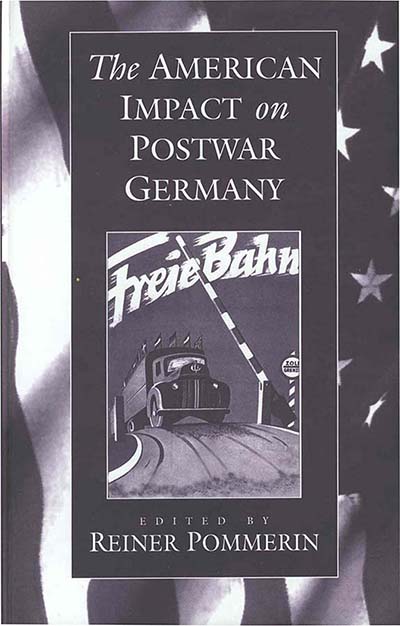 Published January 1995
Published January 1995 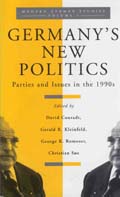 Published January 1995
Published January 1995 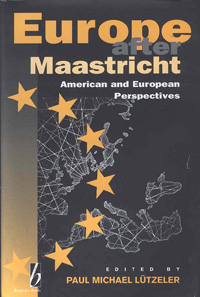 Published December 1994
Published December 1994 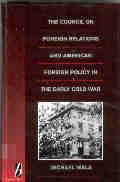 Published November 1994
Published November 1994 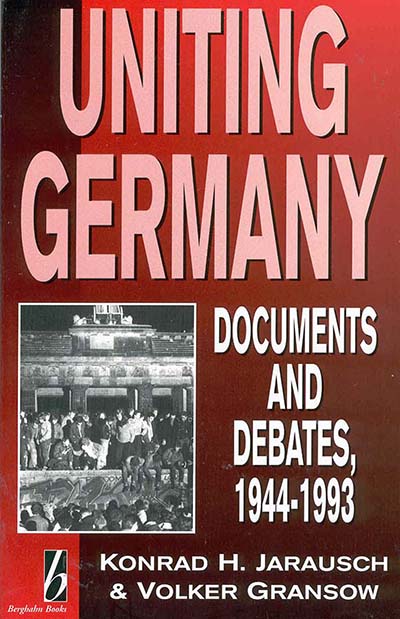 Published August 1994
Published August 1994